Survivor experiences Ngā kōrero a ngā purapura ora
Survivors’ experiences and voices – verbal, written, in sign language, in poetry, in music and in art – were the backbone of this Inquiry. Many told the Inquiry they came forward to make sure the Inquiry's work led to meaningful change.
Since 2019, the Inquiry documented survivors’ experiences through engagements such as wānanga and talanoa, public hearings, in one-on-one conversations with survivors, in reports, in video recordings and through written profiles.
Distressing content warning
We honour and uphold the dignity of survivors who have so bravely shared their stories here. We acknowledge that some content contains explicit descriptions of tūkino – abuse, harm and trauma – and may evoke strong negative, emotional responses for readers. Although this response may be unpleasant and difficult to tolerate, it is also appropriate to feel upset. However, if you or someone in your close circle needs support, please contact your GP or healthcare provider. Respect others’ truths, breathe deeply, take care of your spirit and be gentle with your heart.
Wellbeing support is available via phone, text or email:
Survivors' experiences are grouped alphabetically, by first name or initial. You can use the links below to jump directly to the group you'd like to view.
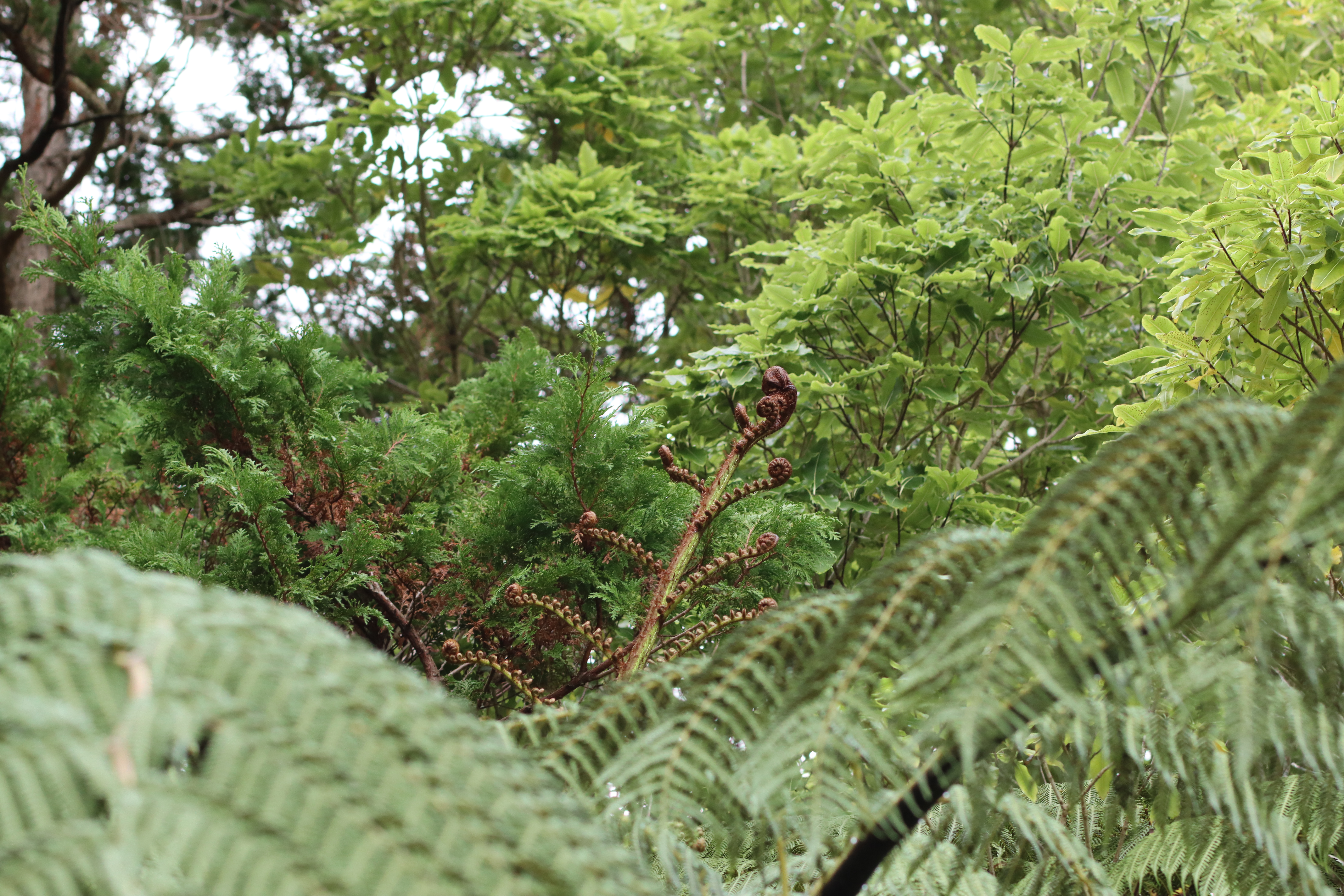
Mr AA
Mr AA is of Irish descent. Mr AA is a survivor of the Lake Alice Child and Adolescent Unit. Prior to admission to Lake Alice, he experienced abuse in his family home, by someone in his community, and spent time in Epuni Boys Home, Whatman Home, a Family Home and Kohitere Boys Home. Mr AA gave evidence on the impacts on his children, and the redress processes.
Watch: Statement of Mr AA for Lake Alice Child and Adolescent Unit hearing
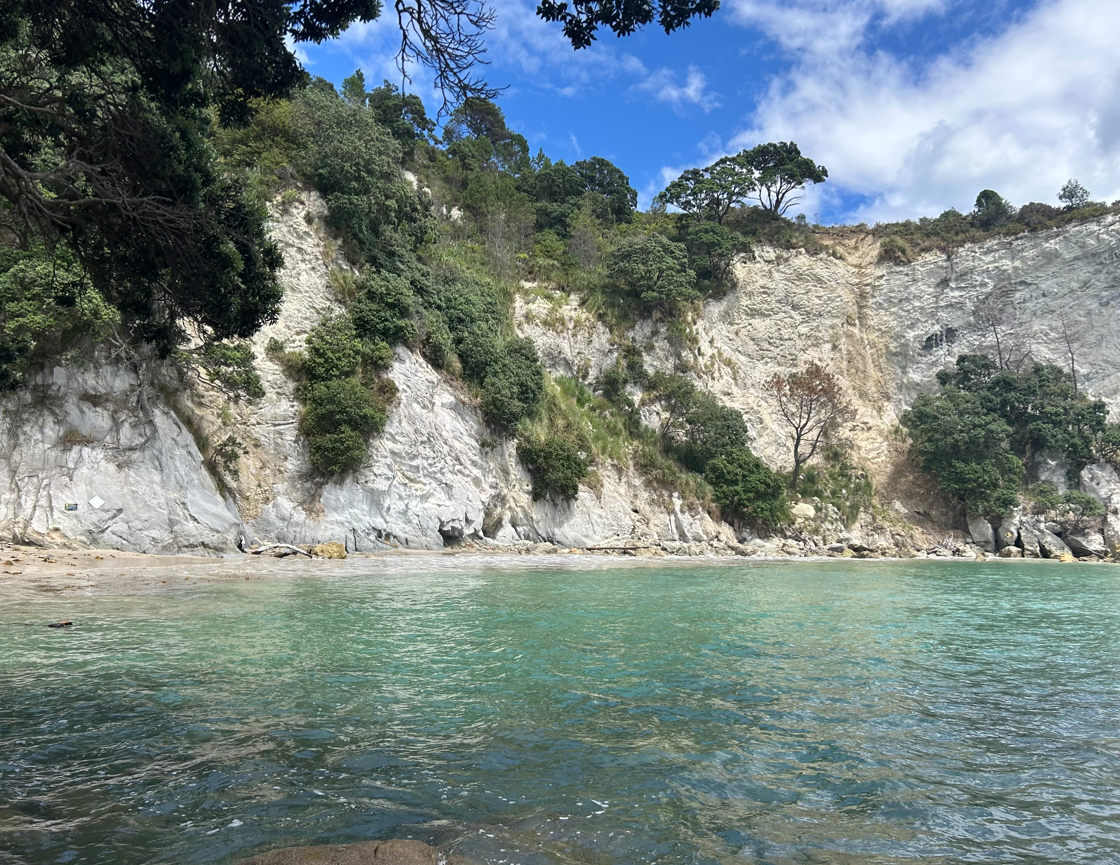
Ms AE
Ms AE was adopted from a young age and experienced physical, sexual and emotional abuse from her adoptive parents. She went through Allendale and Bollard Girls’ Home and spent time in foster care. Ms AE talked about the effects the abuse has had on her, including the intergenerational effects of adoption on her connection to her whakapapa and culture.
Watch: Witness statement of Ms AE at the Māori public hearing
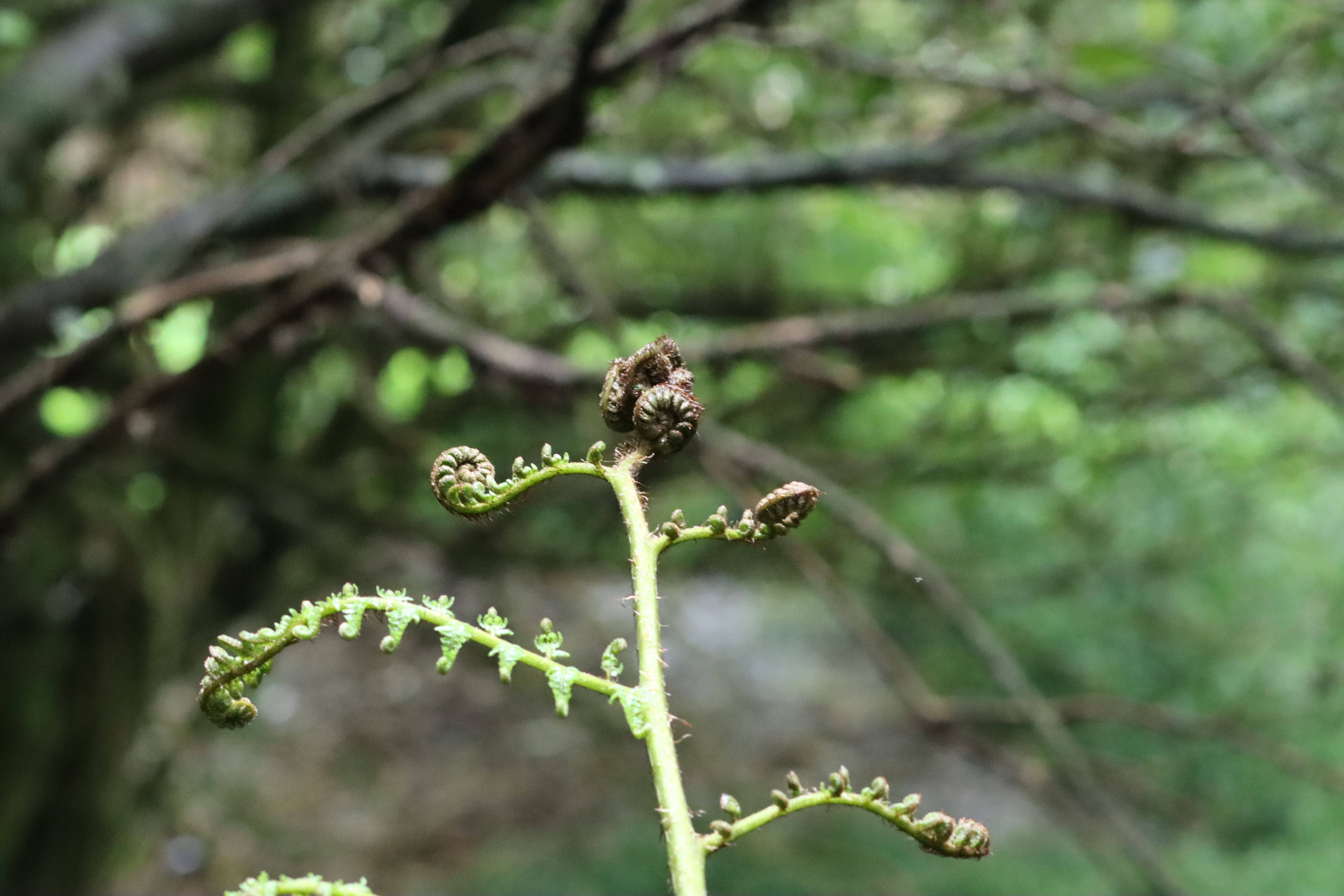
Ms AF
Ms AF has Sami, Navajo, Aboriginal and Māori – Ngāti Tāhinga me Whakatōhea – whakapapa. Ms AF's evidence relates to the abuse suffered in the care of her Pākehā adoptive family and in the care of Catholic institutions, including the forced adoption of her son. Ms AF tells the story of how her adoption and the recording of "European" as her ethnicity on her birth certificate had the effect of severing her connection to her whakapapa and whenua, and how those impacts have caused intergenerational harm for her whānau.
Watch: Witness statement of Ms AF at the Māori public hearing
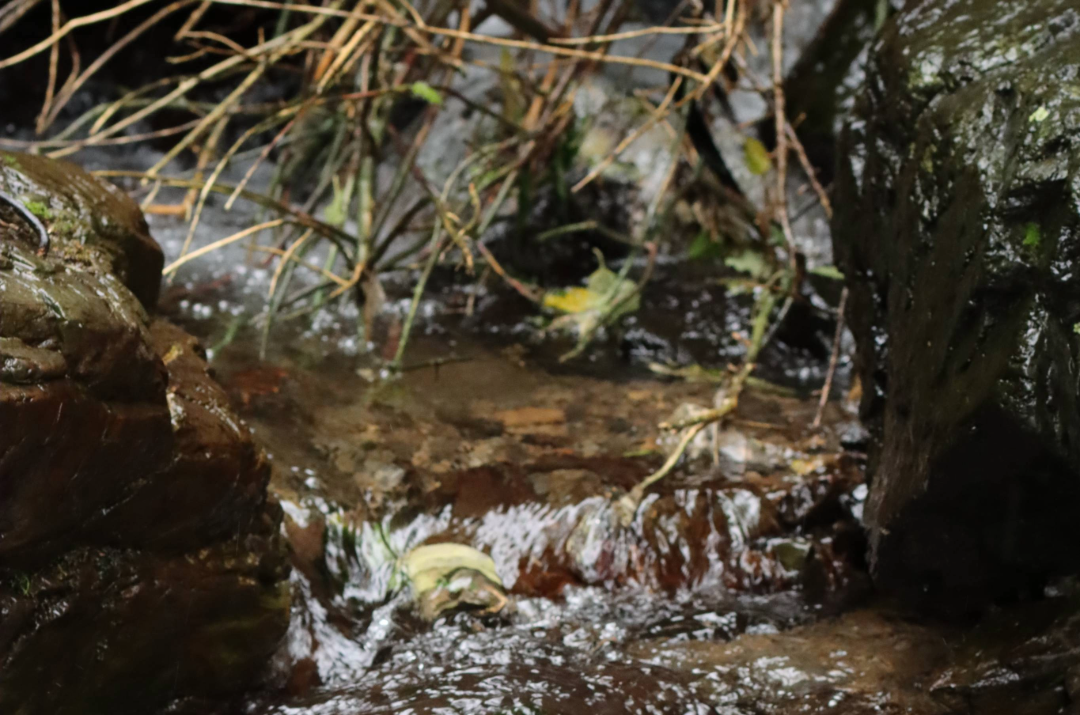
Ms AG, Ms AH, Mr AI, Ms AJ and Ms AK
This group includes five siblings across one whānau. All are of Waikato-Tainui descent and were placed in State care at a young age.
Watch: Witness statement of whānau group - Ms AG, Ms AH, Mr AI, Ms AJ, Ms AK
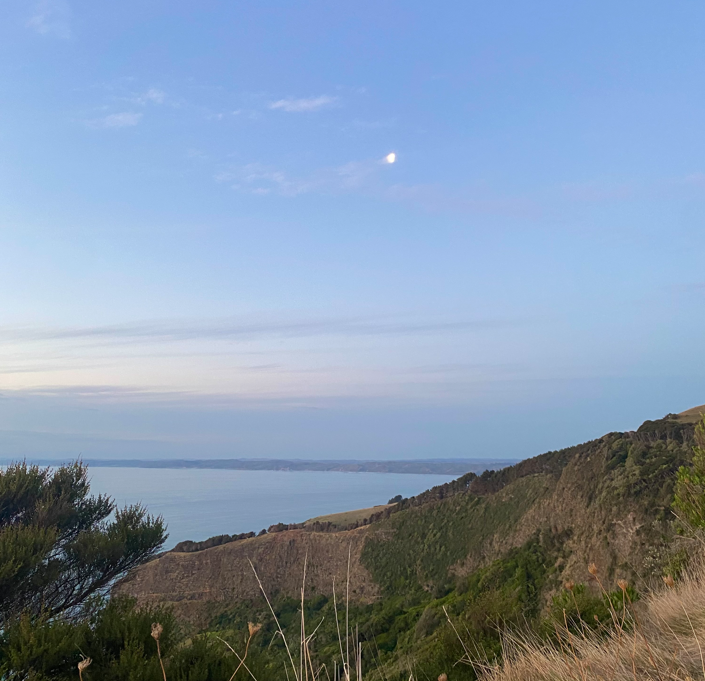
Mr AL
Mr AL and his brother attended Marylands School from 1955 to 1959. He was among the first group of boys at Marylands School and had been transferred from St Joseph’s Orphanage. Mr AL spoke about the abuse he experienced and saw at St Joseph’s Orphanage and Marylands School. This included physical and sexual abuse, as well as not receiving a proper education and being abused because of his Māori heritage.
Watch: Witness statement of Mr AL for the Marylands School public hearing
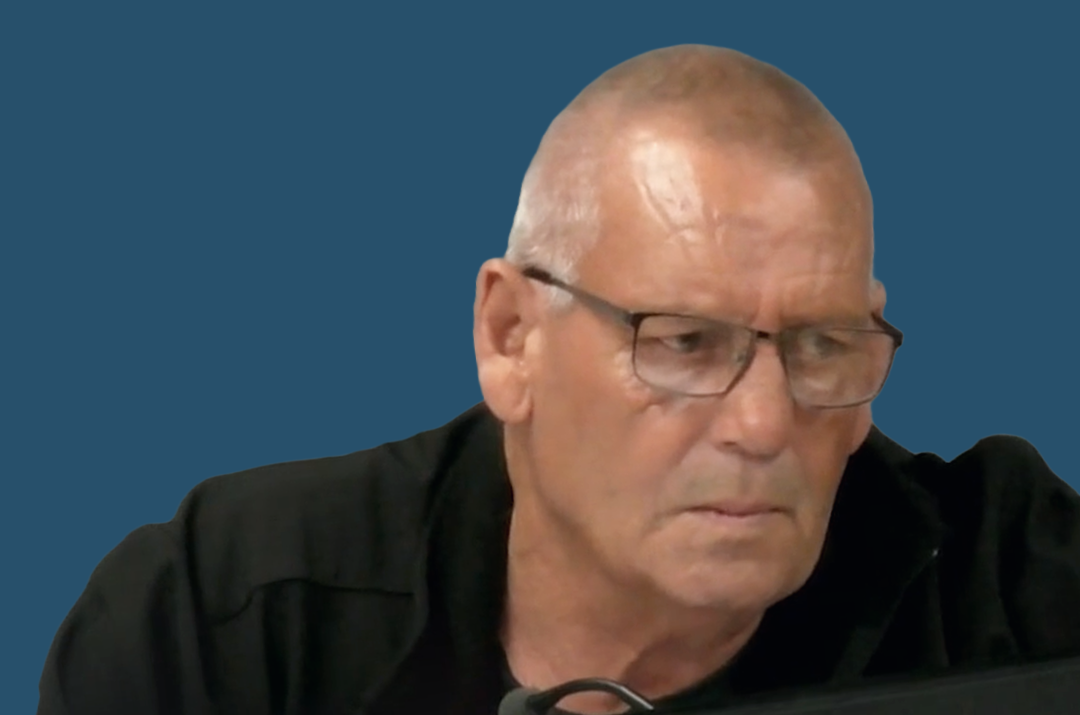
Alan Hendricks
Alan Hendricks is a survivor of Lake Alice. He attended the Lake Alice Child and Adolescent Unit between 1974 and 1975. Mr Hendricks gave evidence about his pathway into Lake Alice and the aftermath of his experience there, including his involvement in the redress process.
Watch: Statement of Alan Hendricks for Lake Alice Child and Adolescent Unit hearing
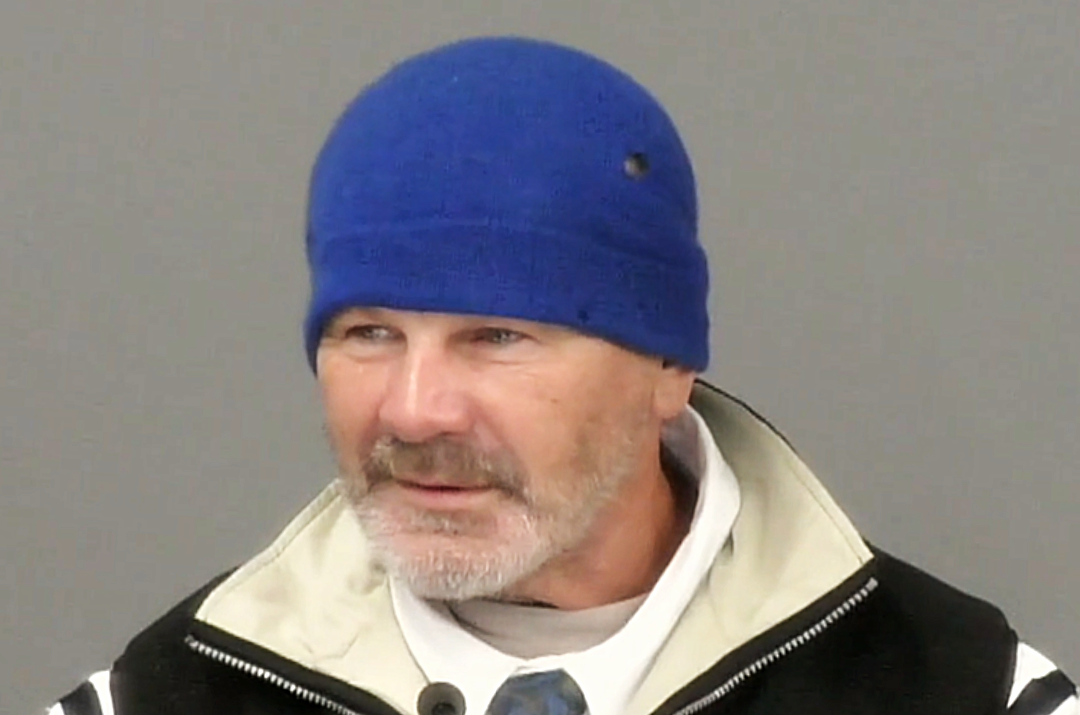
Alan Nixon
Mr Nixon lived at Marylands School when he was eight to 14 years old, following time in foster care and various other residential homes. He was sexually abused by Brothers McGrath, Donnellan and Moloney and he witnessed the abuse of other students. In his statement to the Inquiry, Mr Nixon described the impact his time in care has had on his life including his criminal offending. He described how his offending in relation to church buildings resulted in the beginning of his redress process.
Watch: Witness statement of Alan Nixon for the Marylands School public hearing
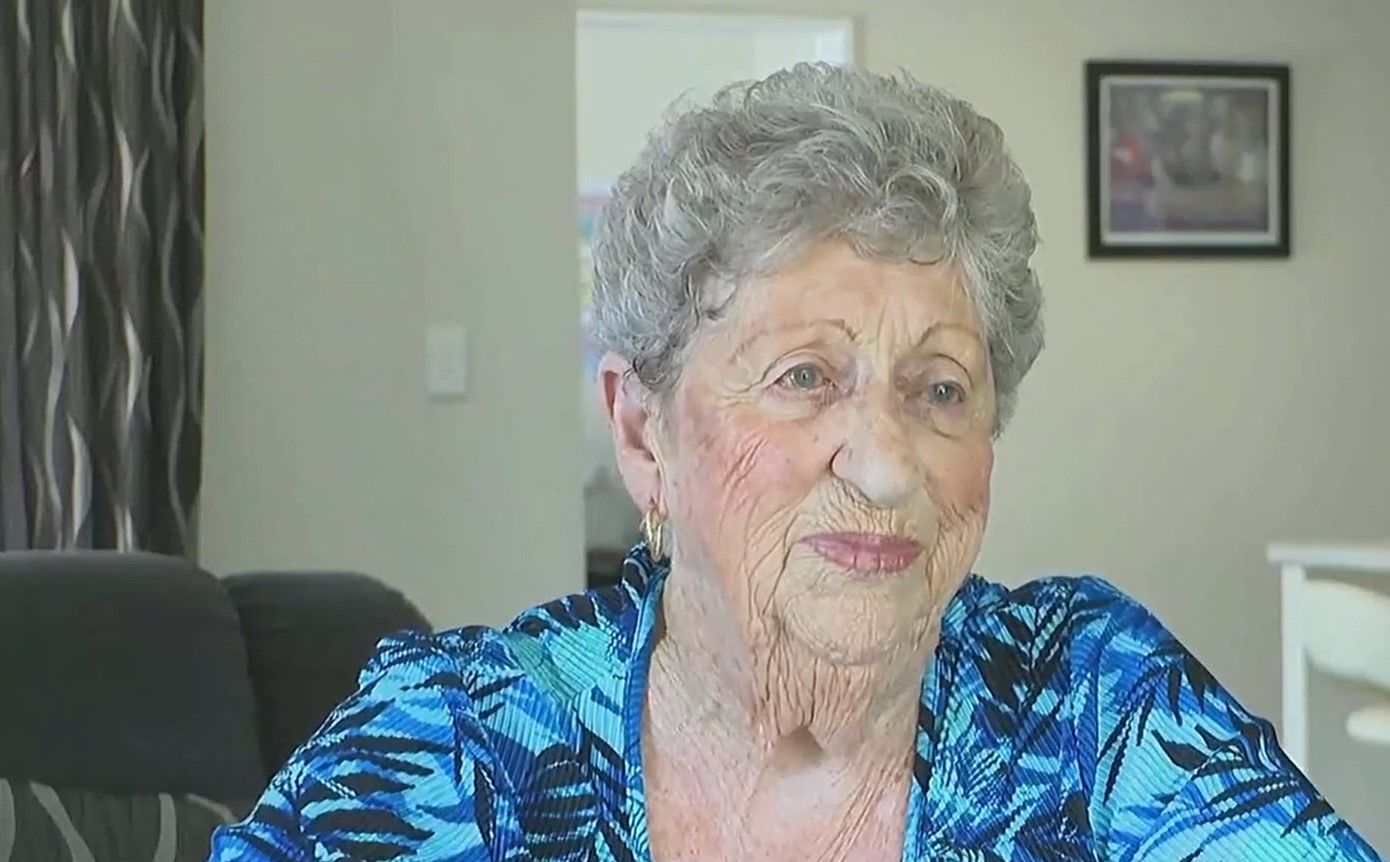
Alison Adams
Alison Adams gave evidence to the Inquiry on behalf of her sons, Nigel and Malcom Adams. Malcom and Nigel are of Pākehā descent and have learning disabilities, pervasive development disorders and Autism. Malcom and Nigel were placed into Templeton Centre from their late teens till their late thirties (1977–1998). When Templeton closed, they were moved to Brackenridge and remained there from their late thirties till their late forties (1998– 2008). Alison spoke about the physical, psychological, emotional, and sexual abuse as well as the extreme neglect Malcom and Nigel were subjected to during this time. She also spoke about how difficult it has been over the years for her to obtain the care that her sons require and deserve.
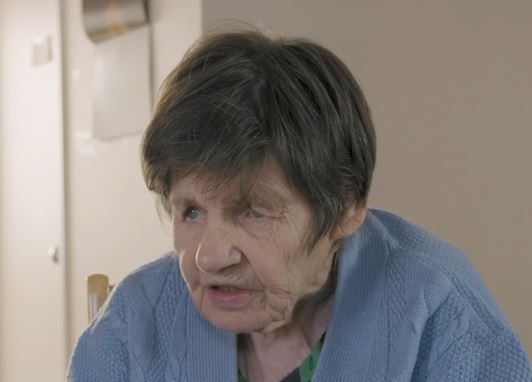
Alison Pascoe
Alison Pascoe was committed to Kingseat Hospital at 8 years old. When she was 13 years old she was moved to Carrington Hospital where she remained until she was 48 years old. For decades, Alison suffered abuse, neglect and over-medicalisation. Alison said she never had a mental illness and never should have been placed in care. Alison passed away in September 2022 at 80 years old.
Watch Alison's survivor experience here.
Watch Alison's witness statement at the Disability, Deaf and Mental Health Institutional Hearing.

Amy Bethune
Amy Bethune is of European and Māori descent. Her mother, Sharyn Collis, was admitted to Lake Alice Child and Adolescent Unit between 1973 and 1974. Ms Bethune gave evidence regarding her experience of the intergenerational impacts of her mother’s abuse in care, describing how it affected her schooling and health, and influenced the relationships she has with her mother and own children.
Watch: Statement of Amy Bethune for Lake Alice Child and Adolescent Unit hearing
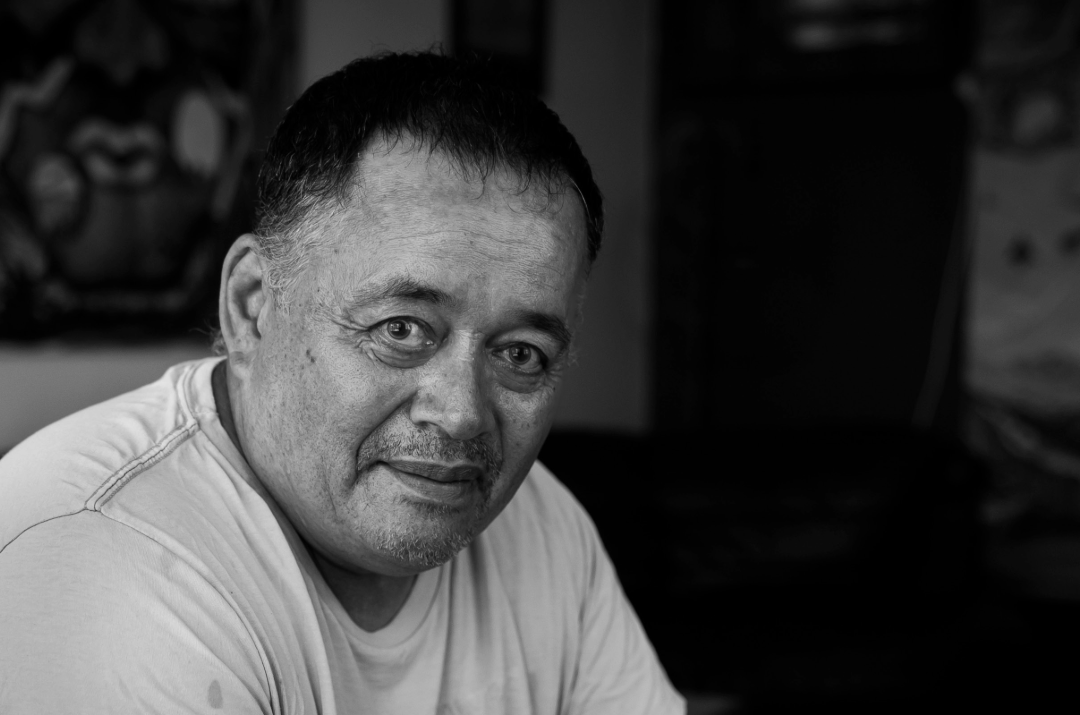
Andrew Brown
Andrew Brown was first placed into care at the age of 9, and spent the rest of his childhood in a number of different facilities, including Epuni Boys’ Home, Hokio Beach School, Holdsworth Boys’ Home, and Ōwairaka Boys’ Home. He experienced severe physical abuse while in care. After leaving care, he turned to drugs and alcohol, and was sent to Oakley Hospital. This also led to Andrew spending time in prison in his twenties, and he continues to bear the scars of the physical and emotional torment he experienced in care.
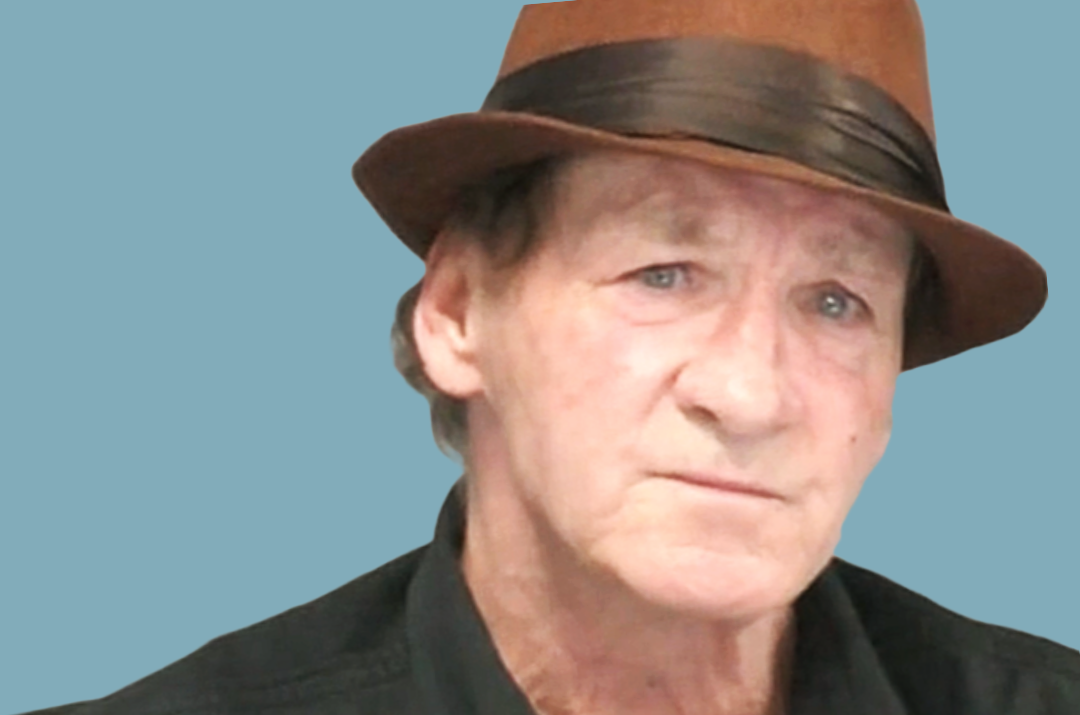
Andrew Jane
Andrew Jane is a 57-year-old survivor of the Lake Alice Child and Adolescent Unit. He spent time in a number of boys’ homes growing up. He was sent to Lake Alice Child and Adolescent Unit in 1976 after being caught running away from Holdsworth, although he was never formally admitted to Lake Alice. Mr Jane gave evidence about the abuse he suffered at Lake Alice and the lasting impacts that has had on his life, such as post-traumatic stress disorder.
Watch: Statement of Andrew Jane for Lake Alice Child and Adolescent Unit hearing
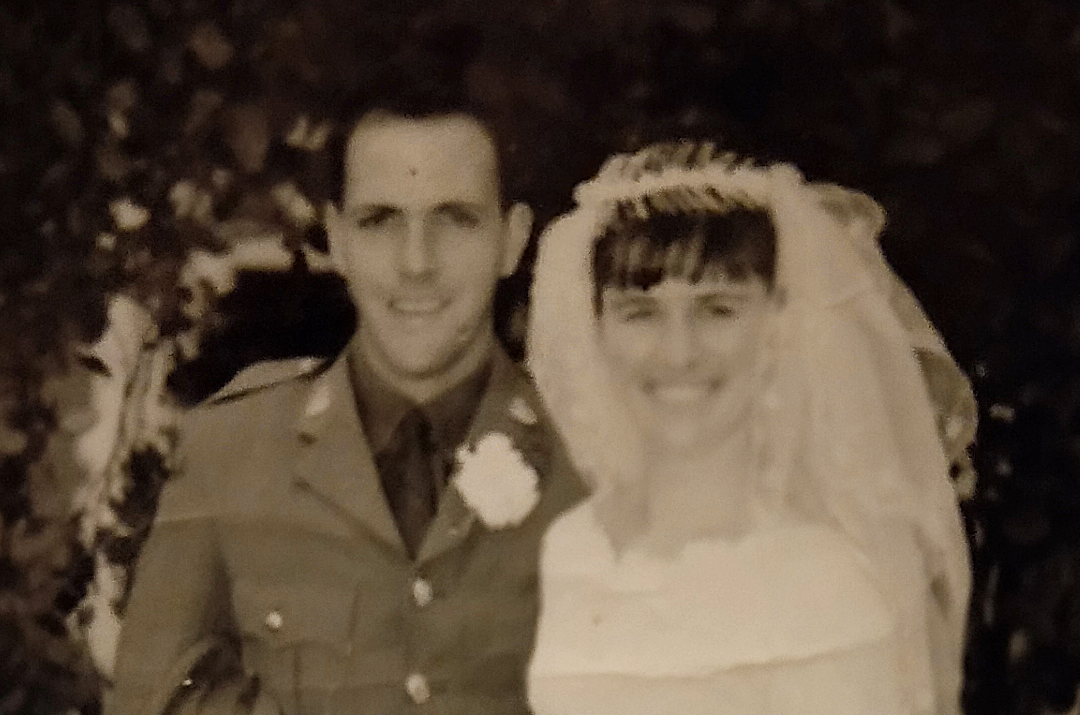
Ann Thompson
Ann Thompson was taken from her mother at the age of 2 1/2 months old, and placed in St Joseph's orphanage. She spent the rest of her childhood in care, and lived on and off Nazareth House orphanage between the ages of 19 and 24. She was told she was an orphan despite her mother still being alive. She experienced severe emotional, physical and sexual abuse throughout her childhood, and now suffers from PTSD, depression and anxiety.
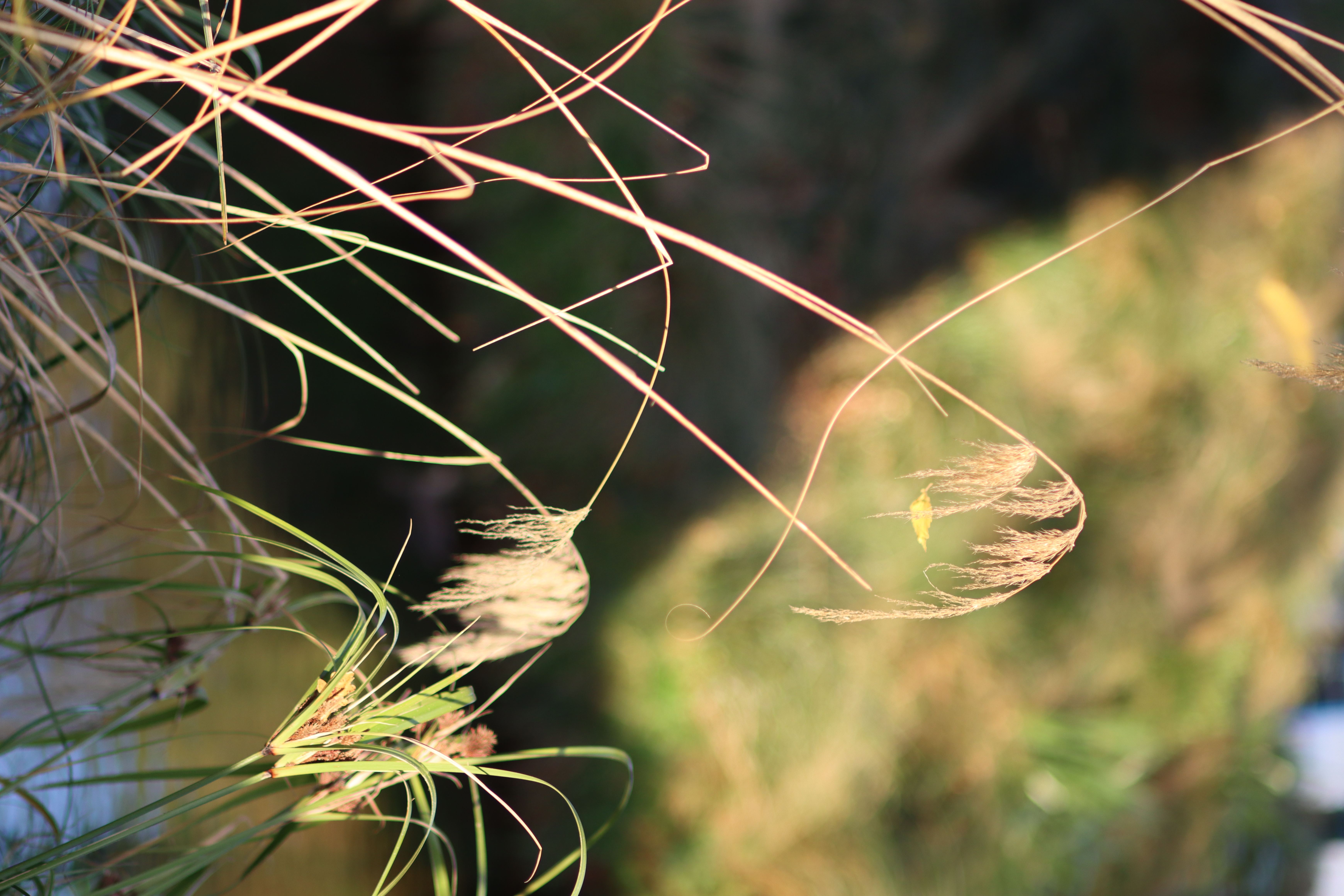
Mr AQ
Mr AQ was in State care from a young age and had numerous placements, including attending Marylands School from 1963 to 1966. He gave evidence of the sexual abuse he suffered by Brother Thaddeus and the impact this abuse has had on his life and relationships. Mr AQ also described the barriers he faced to disclosing the abuse, and his experience with the St John of God order’s redress process.
Watch: Witness statement of Mr AQ for Marylands School public hearing
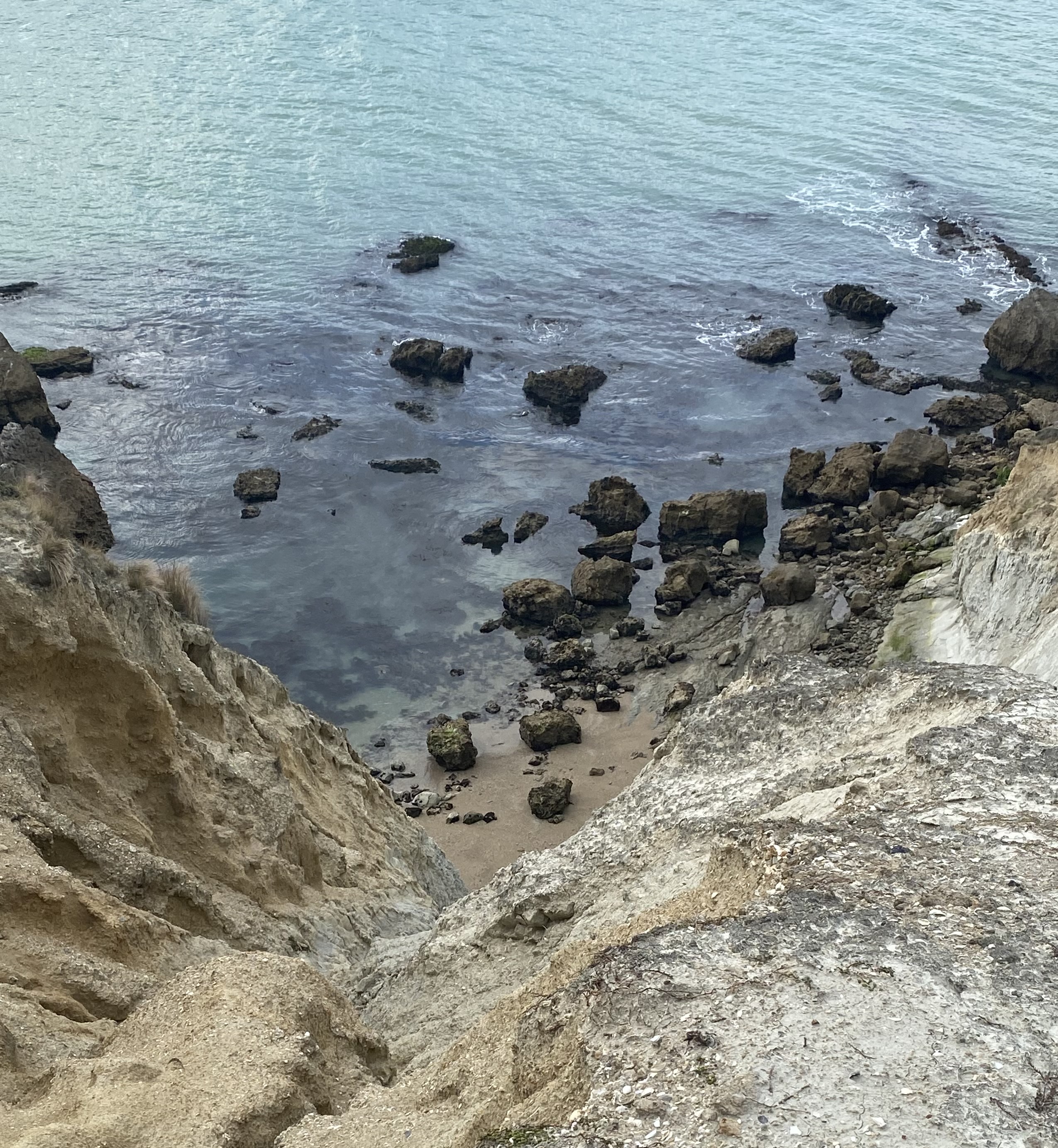
Mr AU
Mr AU was placed in the care of St Joseph’s Orphanage by his mother when he was 11 years old. Mr AU shared his experience of sexual abuse by priests and how this impacted his life. He also described his experience of reporting the abuse to the Police, and his redress process with the Sisters of Nazareth and the St John of God order.
Watch: Witness statement of Mr AU for the Marylands School public hearing
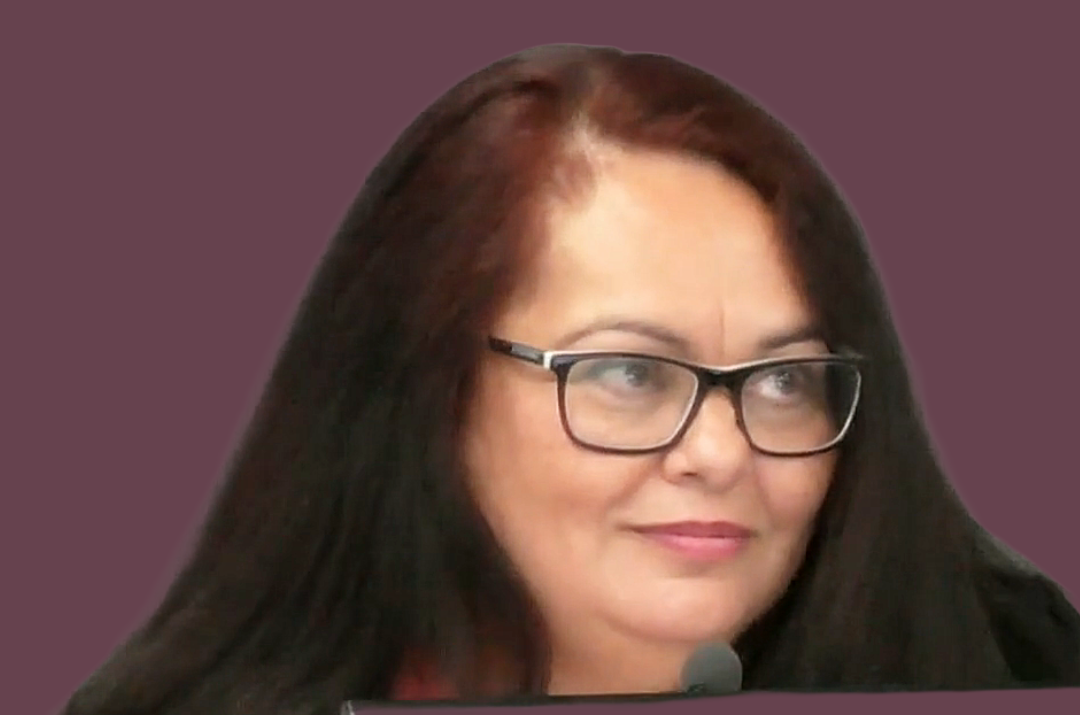
Anne Hill
Anne experienced abuse while at the Star of the Sea orphanage, run by the Sisters of Mercy. She also experienced sexual abuse by a Catholic priest who befriended her mother. This abuse has continued to have a major impact on her physical and mental health. She attempted to disclose the sexual abuse to members of the Church, which led to her formal complaint and her experience of seeking redress from the Dominican Order – other members of her family were also involved in this process. Anne continued to engage directly with the Catholic Church and survivors of abuse. She has set out requests for the Church to better address the impact her abuser has had on other individuals and communities. She believes the Church needs to do more to put survivors first instead of protecting its priests and reputation.
Watch: Statement of Anne Hill for Faith-based Redress hearing
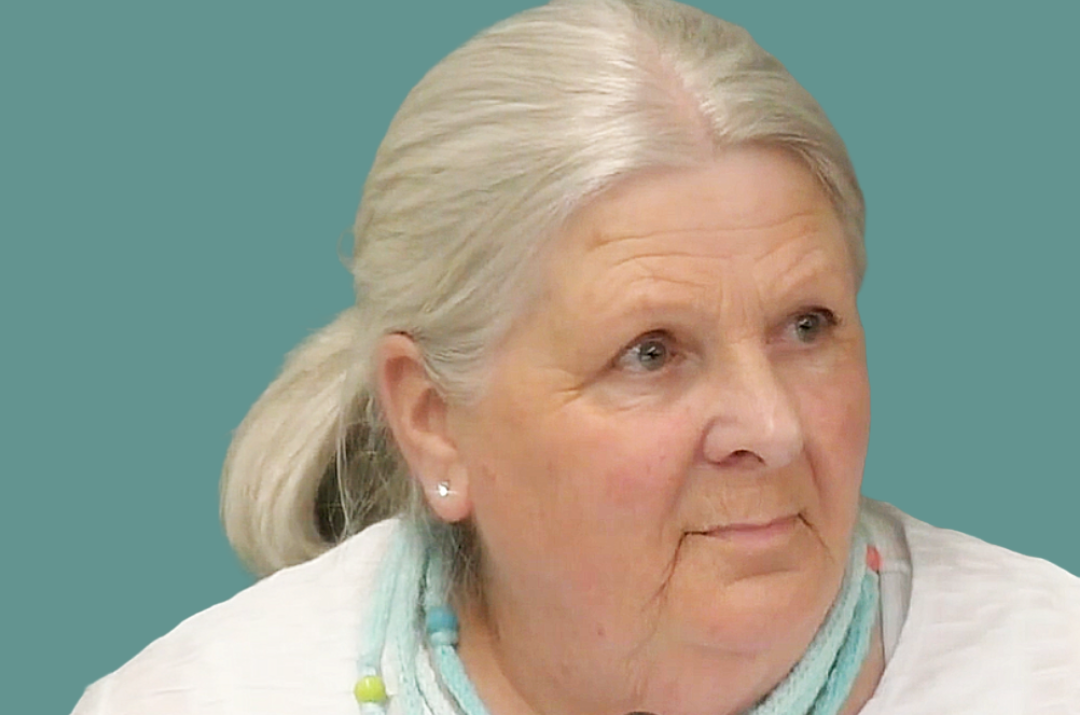
Ann-Marie Shelley
Ann-Marie experienced abuse while in the care of several faith-based institutions. The abuse had a great impact on her life, and she faced obstacles and challenges while seeking redress. Ann-Marie sought redress both through engaging with the Abuse Protocol Committee of the Archdiocese of Wellington, and through laying a complaint with the Police. Her Police complaint eventually resulted in a conviction.
Watch: Statement of Ann-Marie Shelley for Faith-based Redress Hearing
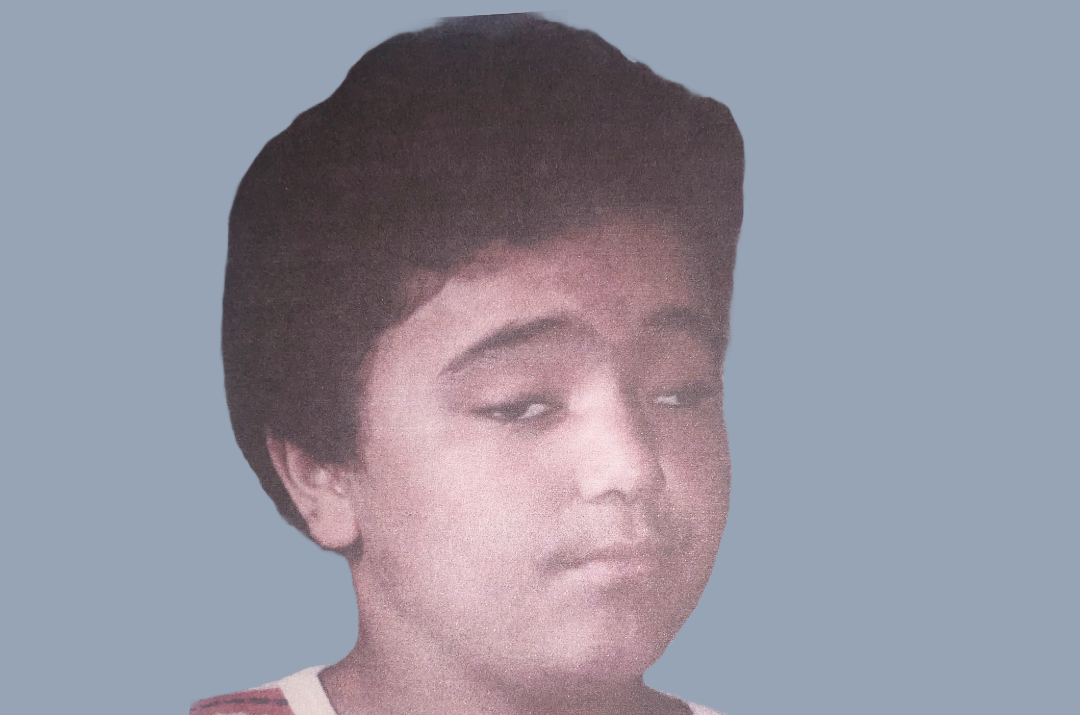
Antony Dalton-Wilson
Antony Dalton-Wilson is of Samoan, Jewish, German and Gypsy descent. As a child, he suffered an accident that left him with a catastrophic brain injury. Antony spoke to the Inquiry about the abuse he experienced at school and residences from teachers and other pupils, and his confusion and frustration at the way he was treated.
Watch: Statement of Antony Dalton-Wilson at Tulou - Our Pacific Voices: Tatala e Pulonga hearing
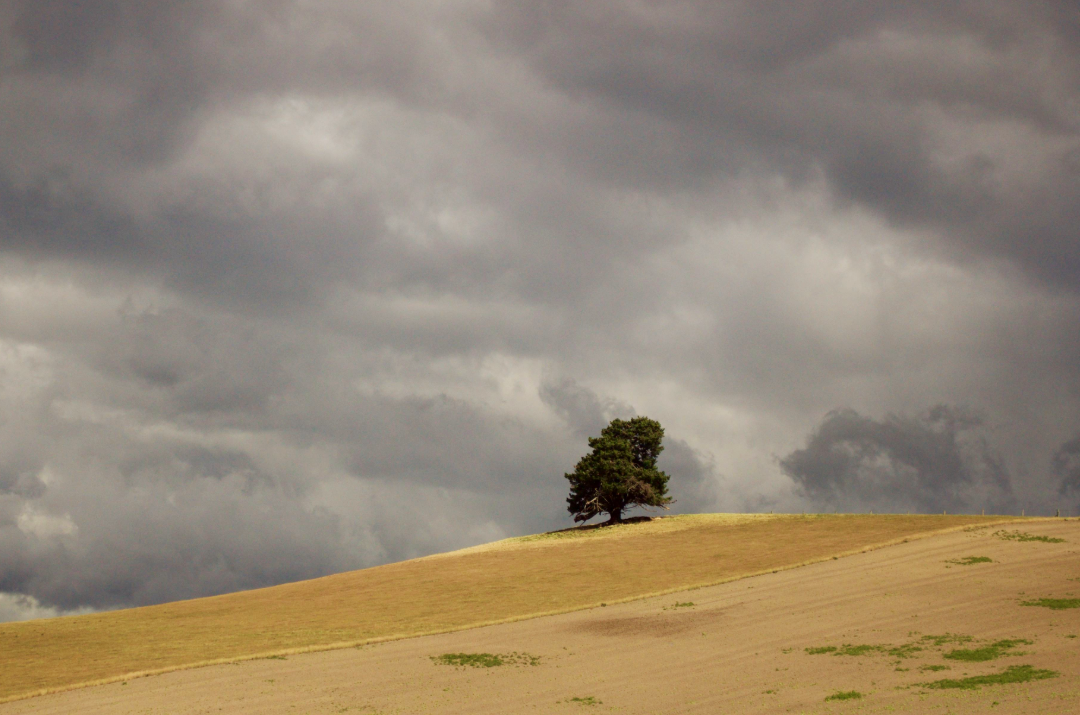
Mr A
Mr A was placed in care at the Salvation Army’s Bramwell Booth Home in Temuka in the 1980s. Mr A approached Cooper Legal to take a claim against the Salvation Army to obtain redress.
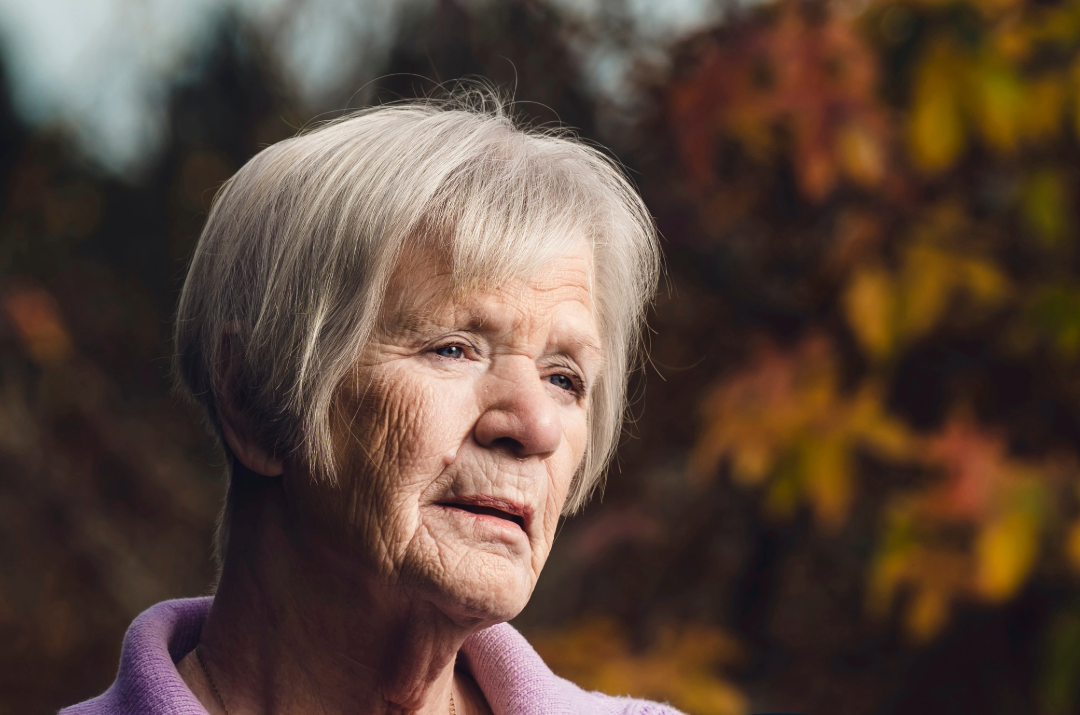
Beverly Wardle-Jackson
Beverly Wardle-Jackson, who is Pākehā, entered care at the age of seven, and was made a State ward at twelve years old. She was sent to various girls’ homes, where she was physically abused and put in seclusion, and spent time in psychiatric hospital care. Beverly shared her experience with the Inquiry in the hope that by telling it, lessons will be learned for the future.
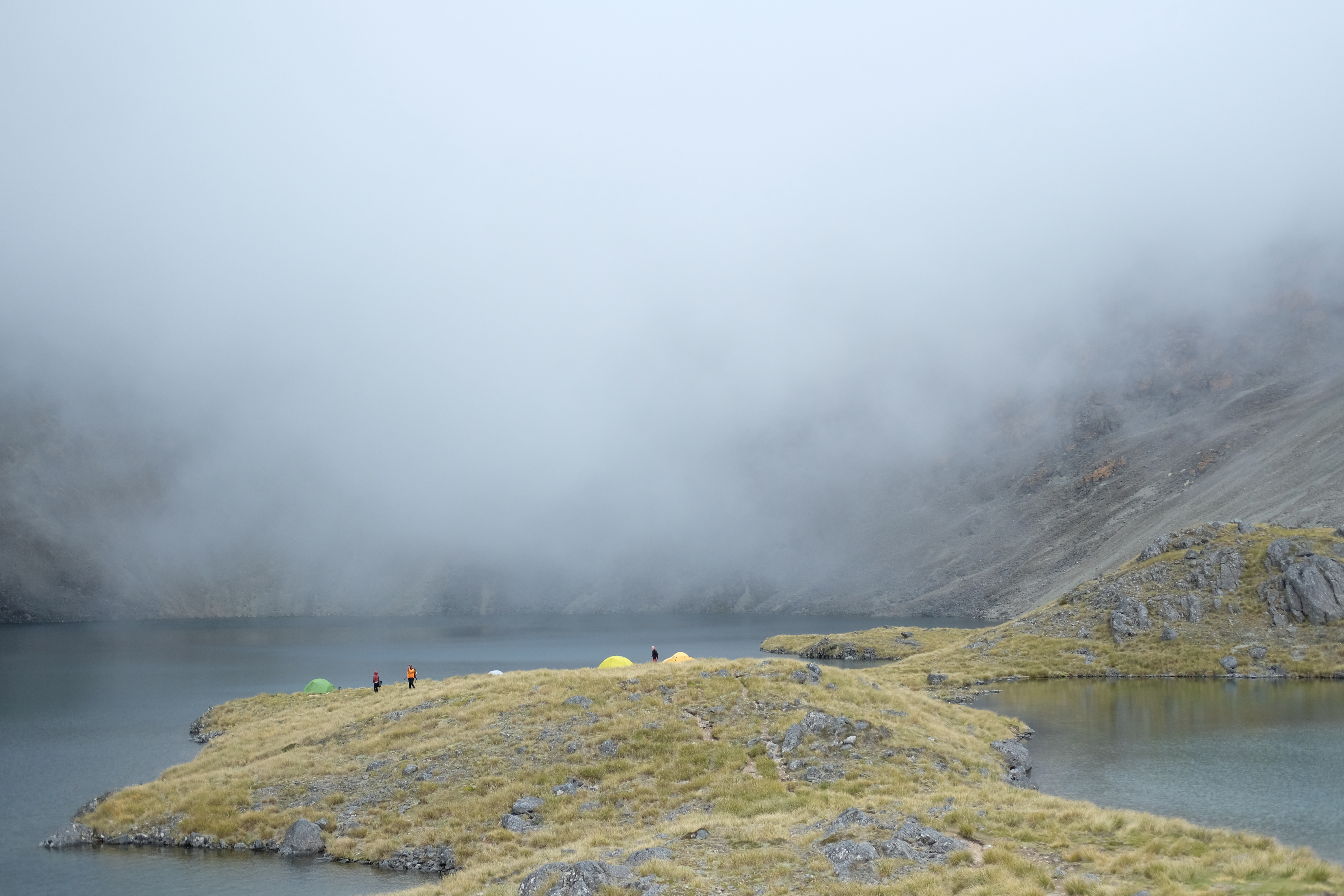
Billy Puka Tanu
Billy Puka Tanu is of Tokelauan and Māori descent. He talked to the Inquiry about the key factors which led to him being placed in care, followed by his experiences of extensive abuse and differential treatment whilst in State care and in the care of the Salvation Army. He spoke to the long-lasting impacts of that abuse and shared his ideas for transformative change.
Watch: Witness statement of Billy Puka Tanu at Tulou - Our Pacific Voices: Tatala e Pulonga hearing
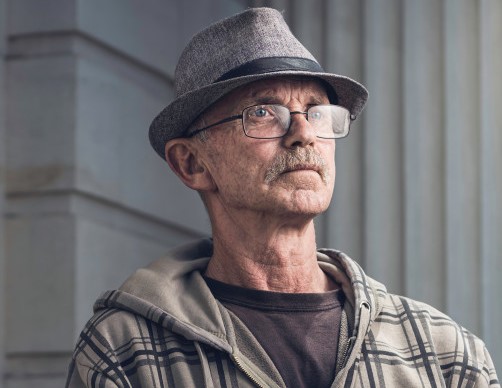
Bryon Nicol
Bryon (Nick) Nicol is of European descent. Bryon was in State care from 1972 until 1978. Bryon was sent to Stanmore Boys' Home, Holdsworth School, Hokio School, Kohitere, Dunedin Boys' Home, Lake Alice psychiatric hospital and a borstal in Invercargill. Throughout his time in care he experienced severe abuse.
Read: Bryon's profile from the Inquiry into the Lake Alice Child and Adolescent Unit here
Watch: Statement of Bryon (Nick) Nicol for Lake Alice Child and Adolescent Unit hearing.
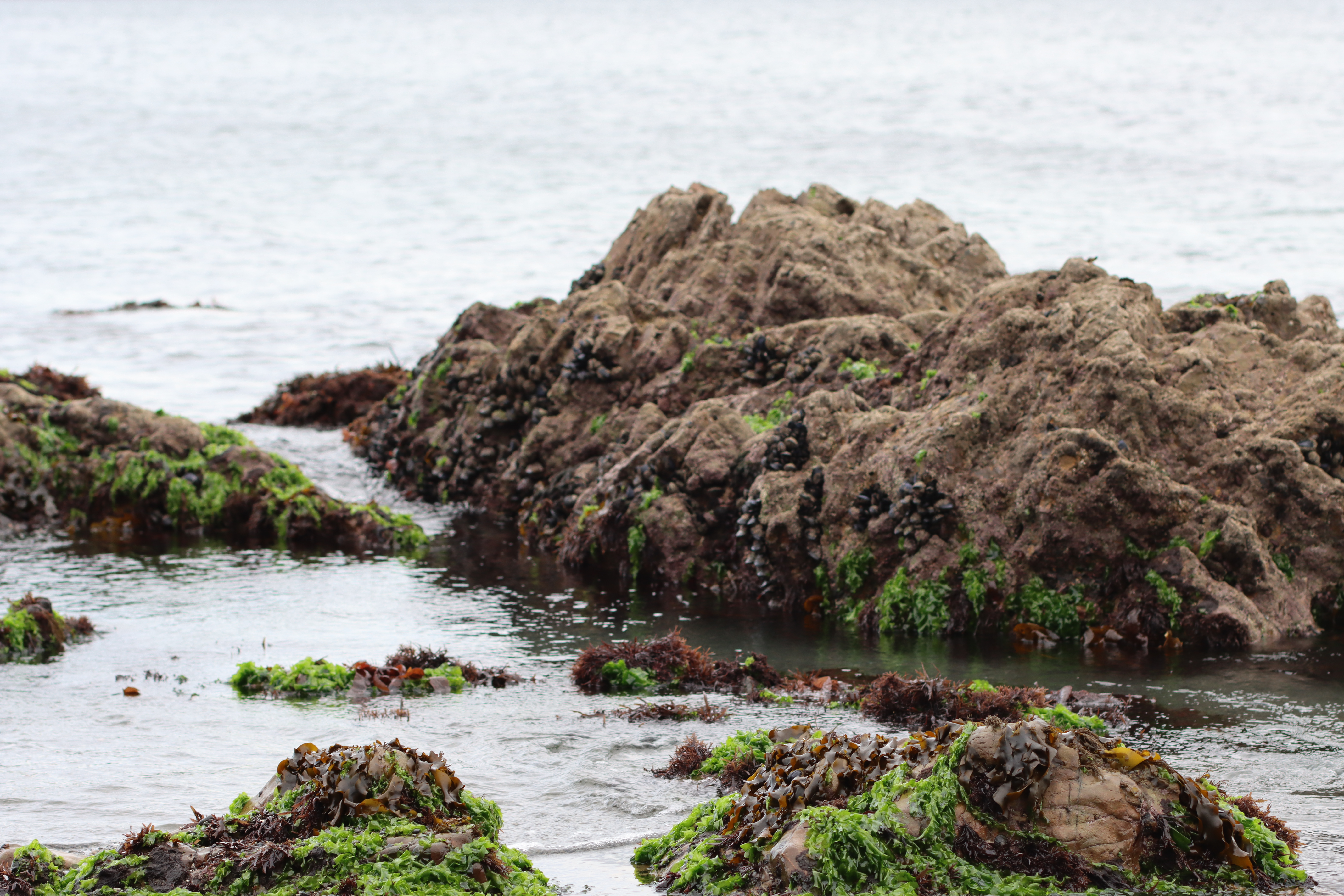
Ms C
Ms C gave evidence of the abuse of a Vicar within a Church and Youth Group setting. Ms C explained the Church grievance process and mediation she went through to try to ensure that the Vicar was not able to reoffend again. Ms C also shared her experience of approaching the Police regarding the abuse.
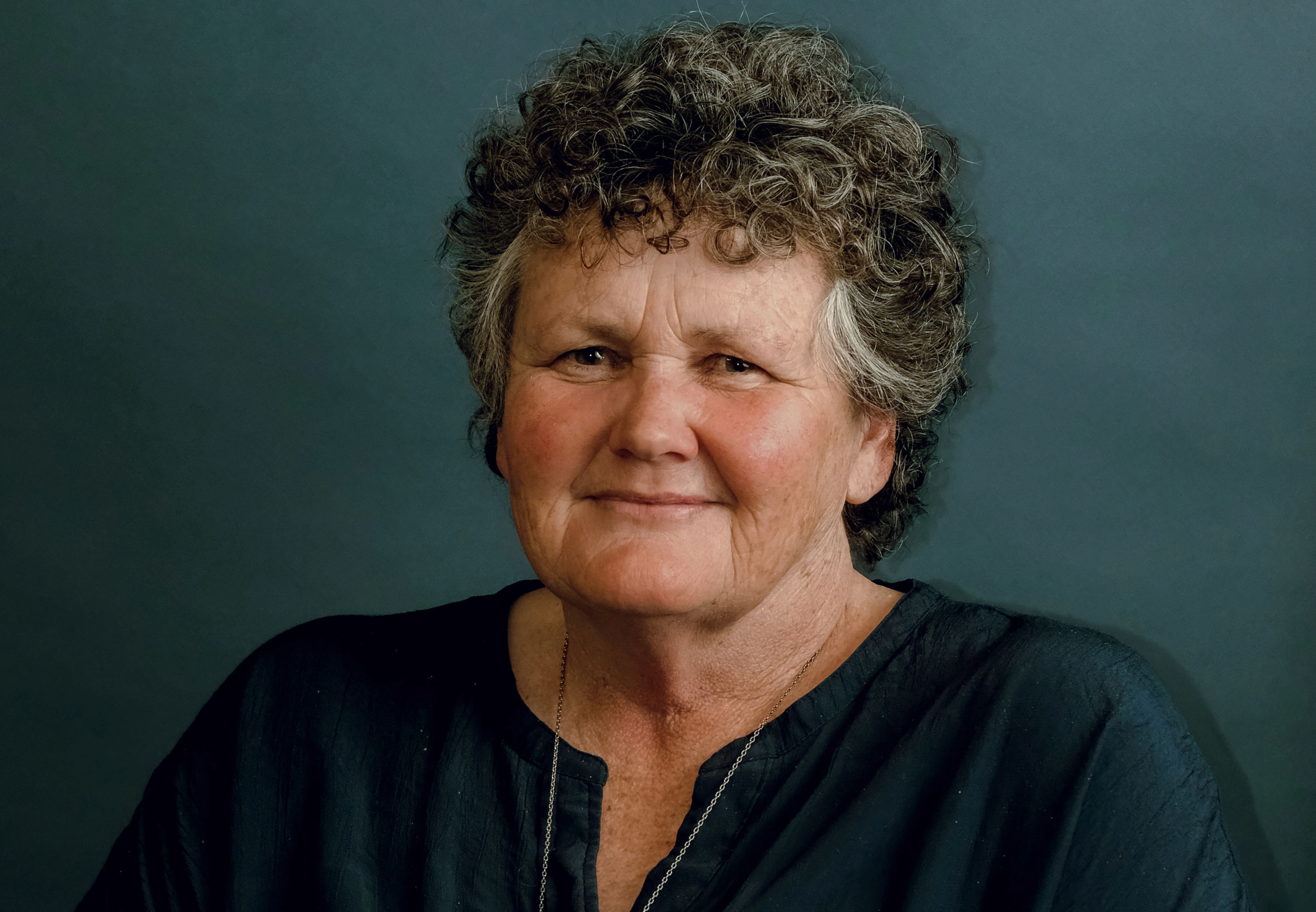
Catherine Daniels
Catherine experiences debilitating mental distress brought on by abuse she endured, some while in care. She uses art, sculpture and writing to express her feelings and emotions about her childhood trauma, including through an exhibition. Catherine never knew how to express the deep trauma she experiences until she began writing and sculpting her art.
Watch Catherine talk about her writing, art and sculptures here
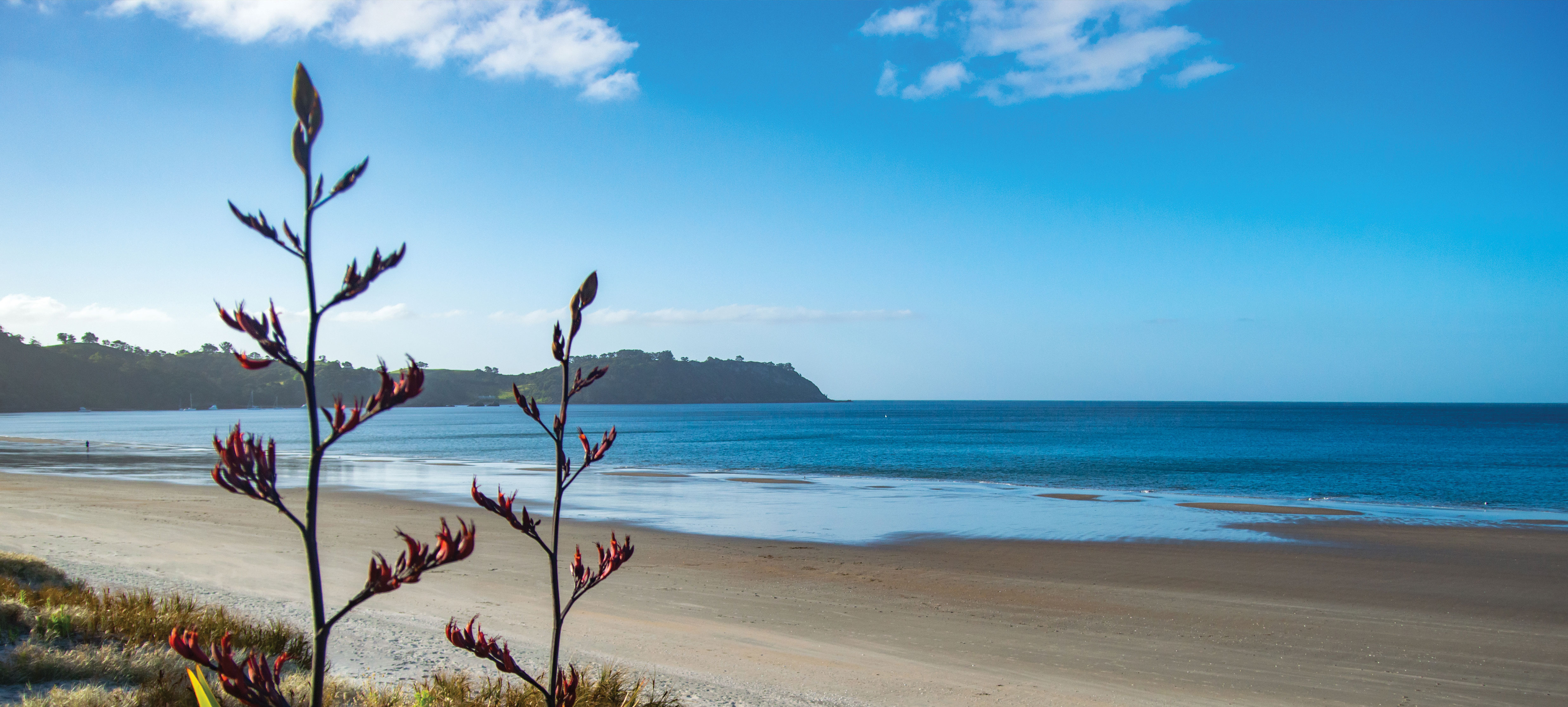
Mr CB
Mr CB attended Marylands School in the 1960s, from the age 12 to 17. His family sent him to Marylands for a better education. Mr CB described the lack of education and how he was instead put to work in the Marylands School kitchen. His evidence discussed the ongoing effects of the abuse and neglect on his life, including his inability to read.
Read: Mr CB's profile from Stolen Lives, Marked Souls
Watch: Witness statement of Mr CB for the Marylands School public hearing
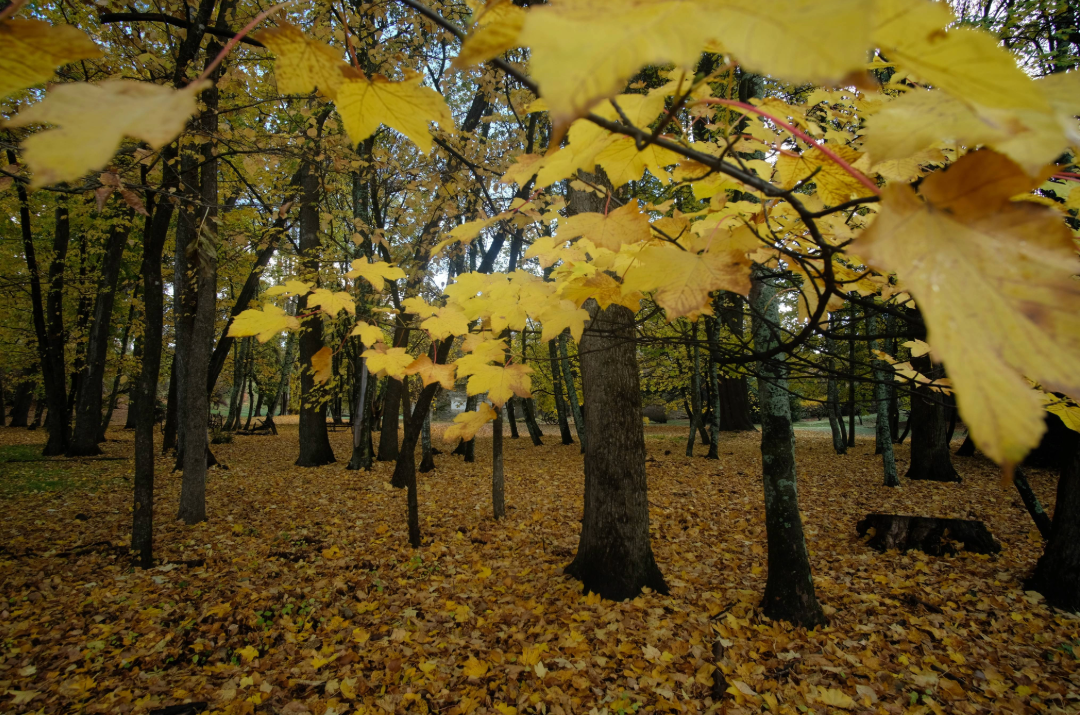
Ms CC
Ms CC is the partner of a Lake Alice Child and Adolescent Unit survivor who is now deceased. Prior to admission to Lake Alice, Ms CC’s partner experienced physical abuse by his carer, before being sent to Owairaka Boys Home, Hokio Beach School and Kohitere Boys’ Training Centre. Once at Lake Alice, he experienced sexual and physical abuse, electroconvulsive therapy and seclusion. On departure from Lake Alice, he was sent to Waikeria Borstal and spent time in and out of prison. He also applied for redress through Grant Cameron and Sonja Cooper. Ms CC gave evidence to the Inquiry on what she knows of her partner’s early life and the impact this had on their relationship and family.
Watch: Statement of Ms CC for Lake Alice Child and Adolescent Unit hearing
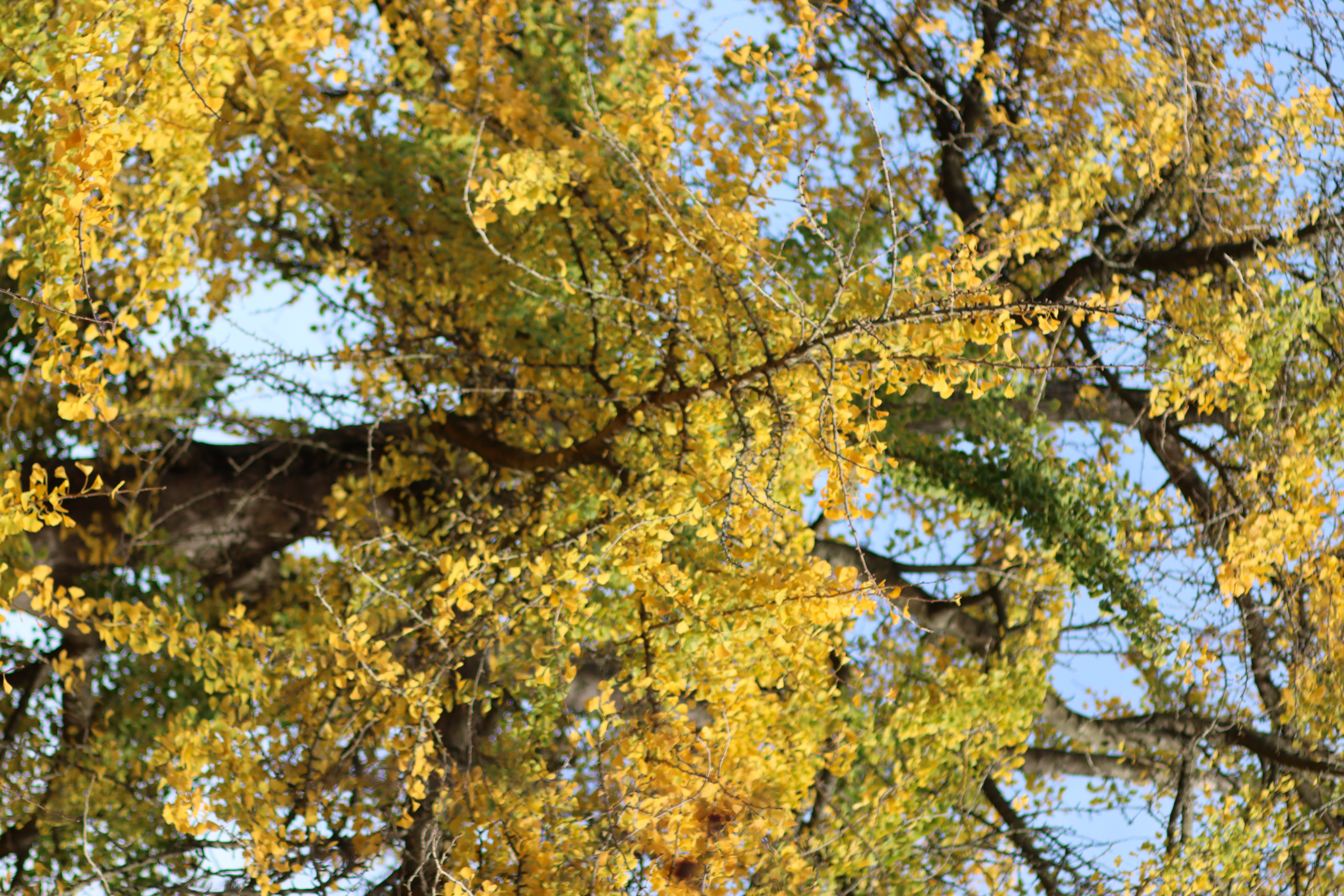
Mr CE
Mr CE shared his experience of migrating from Samoa with his family at a young age and his pathway into care following serious physical violence at home. Mr CE spent periods of time at Weymouth Boys’ Home, Hokio Beach School and Owairaka Boys’ Home where he experienced all forms of abuse. Samoan was Mr CE’s first language before he entered State care. Following State care, he could no longer speak Samoan and will describe the impacts of the loss of his cultural identity.
Watch: Statement of Mr CE for Tulou - Our Pacific Voices: Tatala e Pulonga hearing
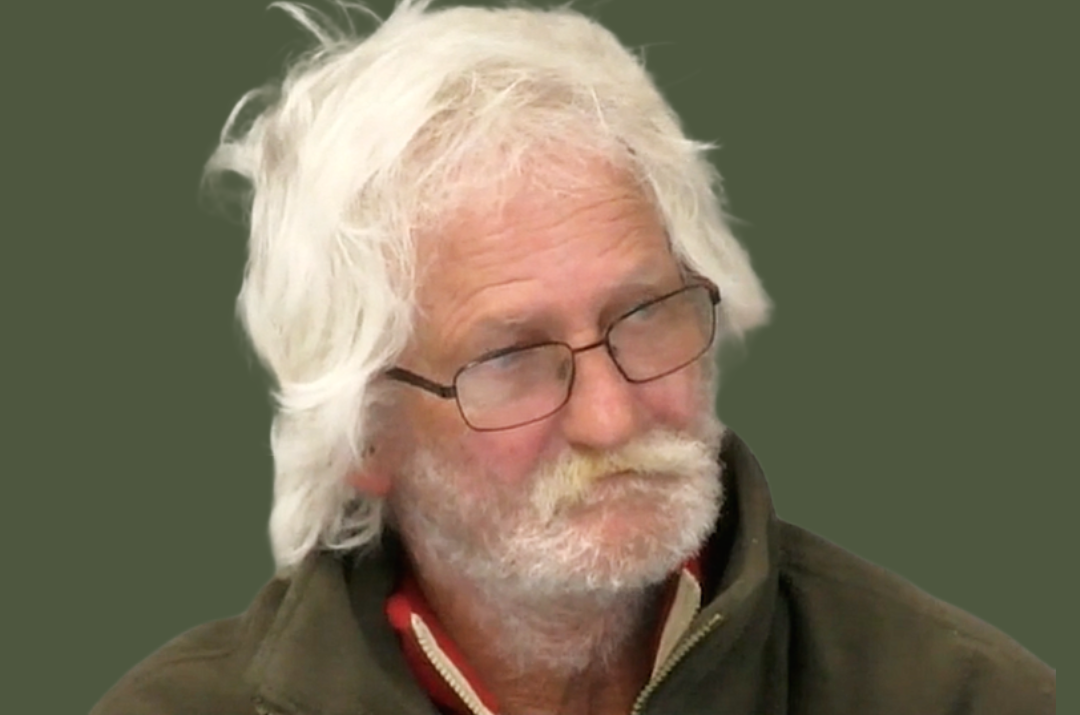
Charles Symes
Charles Symes is a 63-year-old man and a survivor of the Lake Alice Child and Adolescent Unit. He spent time in several state institutions growing up. These included Hokio, Epuni and Kohitere. He had two admissions to the Lake Alice Child and Adolescent Unit. His first admission was in 1973 for six weeks; the second was in 1974 for one year. He was diagnosed with “hysterical character disorder” and was referred to Lake Alice by Social Welfare. Mr Symes gave evidence about the abuse he suffered at Lake Alice and the lasting impacts that abuse has had on his life.
Watch: Statement of Charles Symes for Lake Alice Child and Adolescent Unit hearing
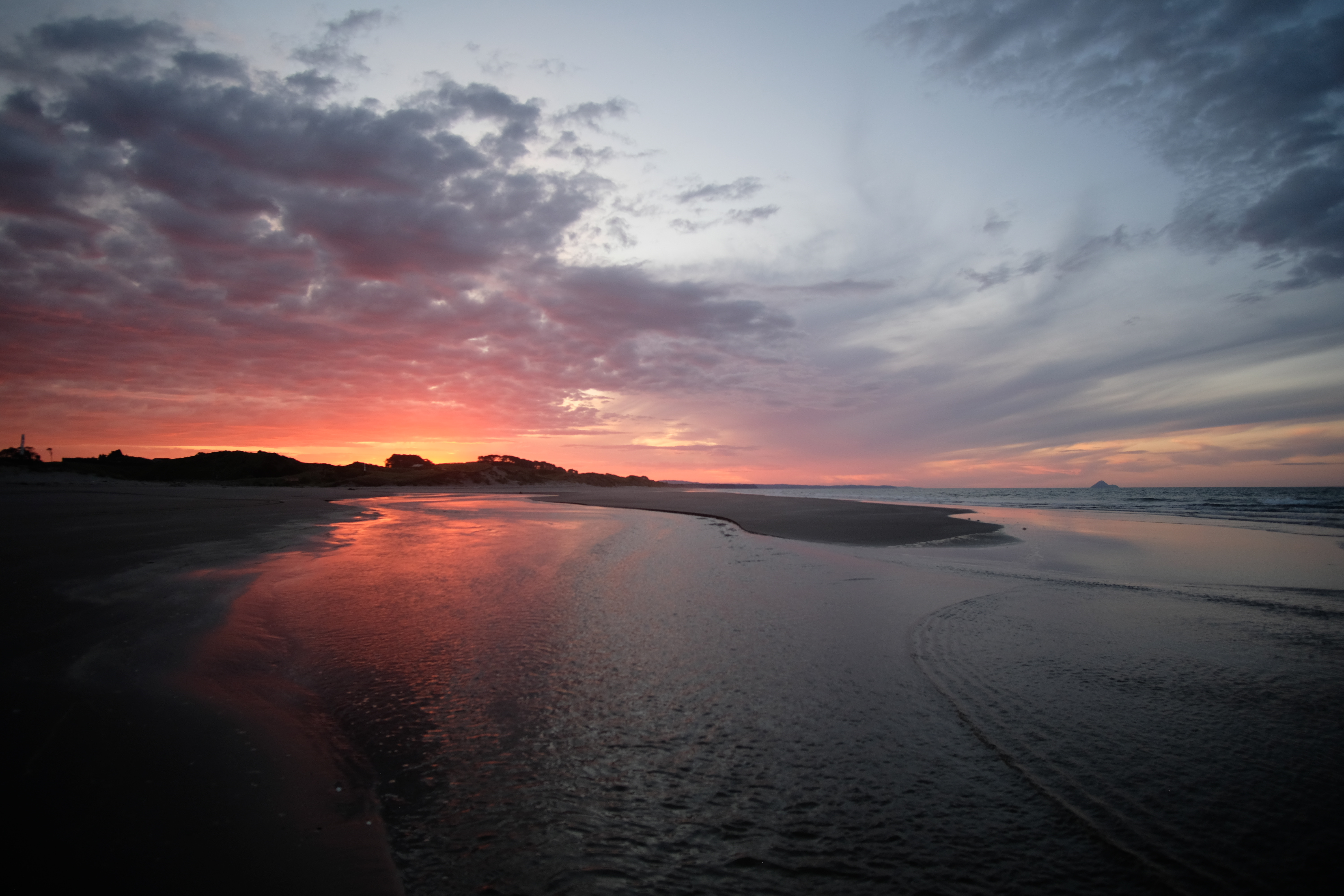
Chassy Duncan
Chassy Duncan is Ngāti Kahungunu. He gave evidence to the Inquiry about the ongoing process of resolving claims of abuse against the Ministry of Social Development in relation to his time in Child Youth and Family care, and the Ministry of Education in relation to his time at a residential special school. He described the challenges of dealing with two different claims processes and the difficulty with raising further information in the process. Chassy also explained his experience of attending meetings with claims assessors, the sharing of information between organisations, and the disclosure of his personal information to the Police and other organisations.
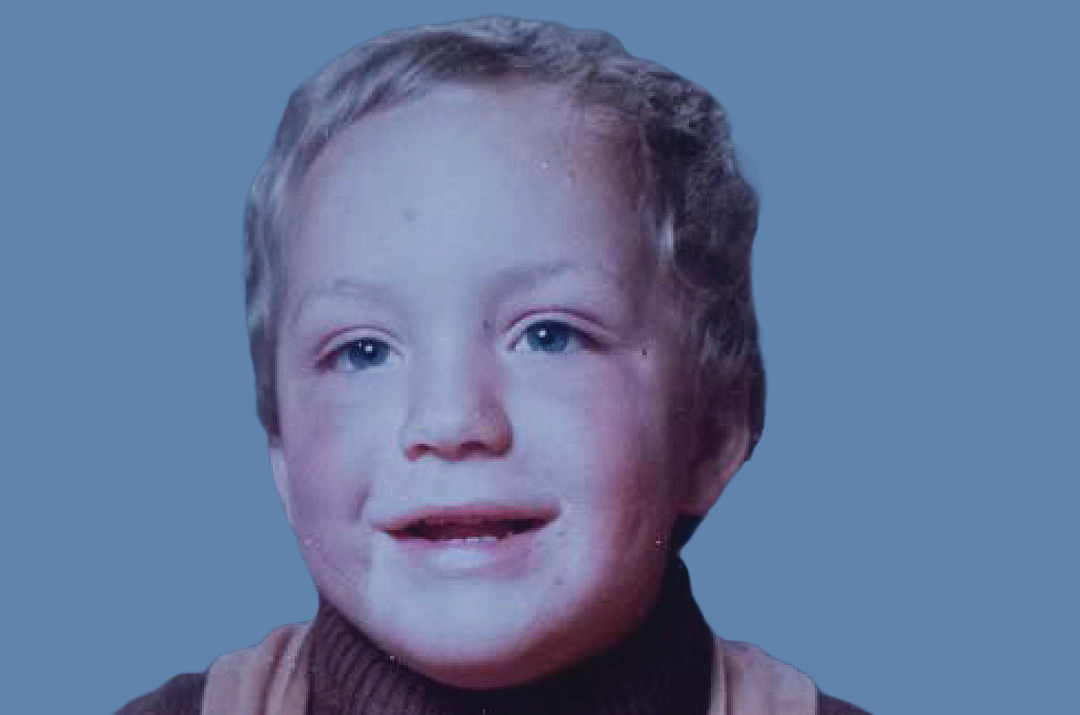
Chris Finan
Chris Finan was placed into care as a young child, and spent time in multiple foster homes, boys' homes, psychiatric hospitals and residential care. Chris experienced physical abuse, including ECT treatment, while in care and his experience continues to impact his life.
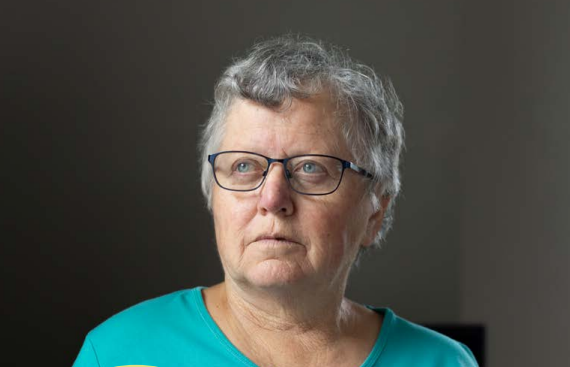
Christina Ramage
Christina Ramage is of NZ European descent, and was admitted to psychiatric care when she was 15 years old. She was placed in Ward 10 in Auckland Hospital, and Carrington Hospital, both in Tāmaki Makaurau Auckland. During her time in care, Christina was subjected to sexual abuse and rape by both hospital staff and other patients. She was also given ECT. Christina chose to speak out about her experience in psychiatric care for those who are currently in psychiatric wards, and for those who will be there in the future.
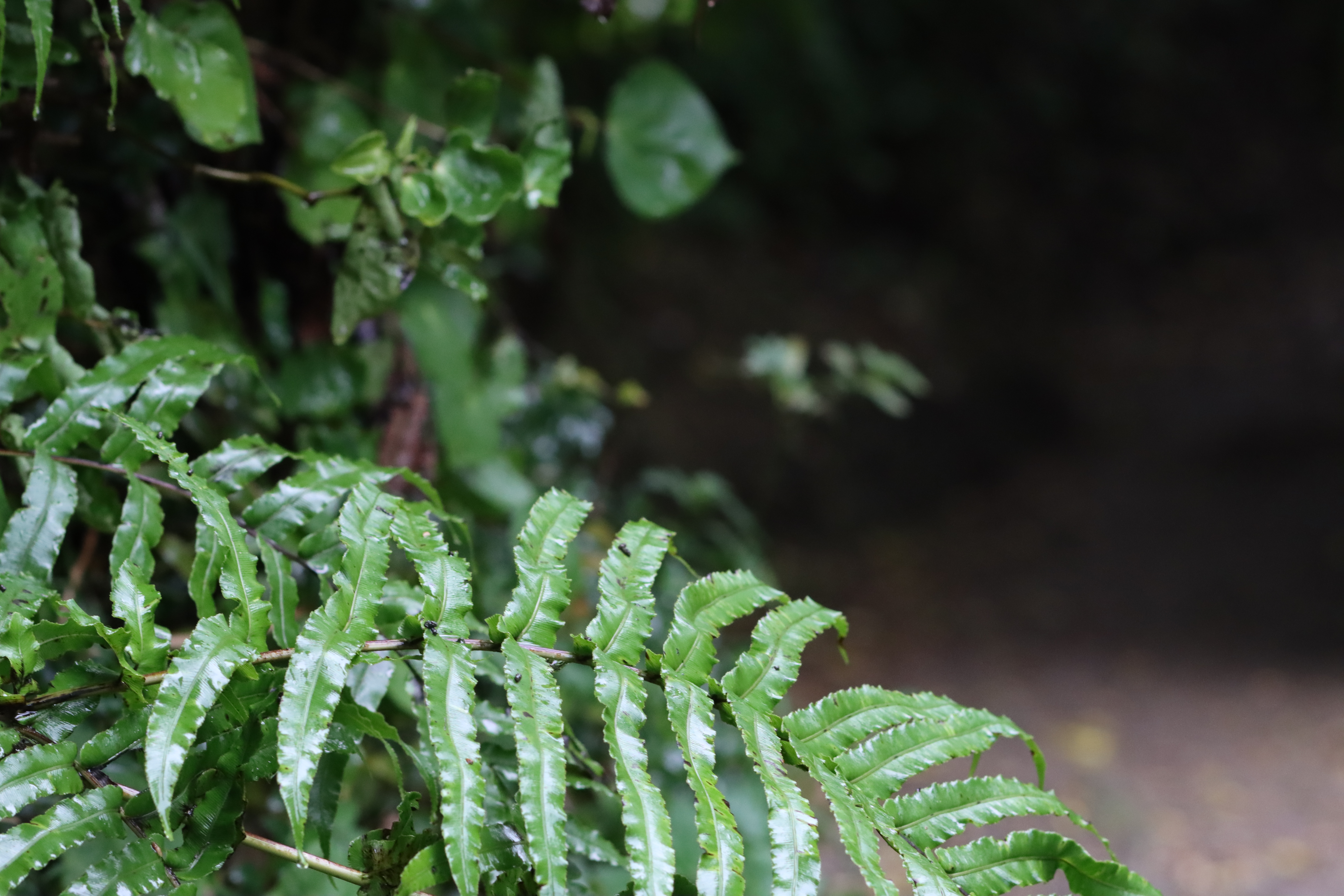
Mr CZ
Mr CZ was referred to Marylands School by a family doctor and was resident at the school from 1973 to 1974. Mr CZ gave evidence about educational neglect, and that he was physically and sexually abused by several brothers, including Brother McGrath. Mr CZ received redress through the St John of God order’s redress process but did not have a positive experience. Mr CZ also reflected on the barriers for disclosure of abuse.
Watch: Witness statement of Mr CZ for the Marylands School public hearing
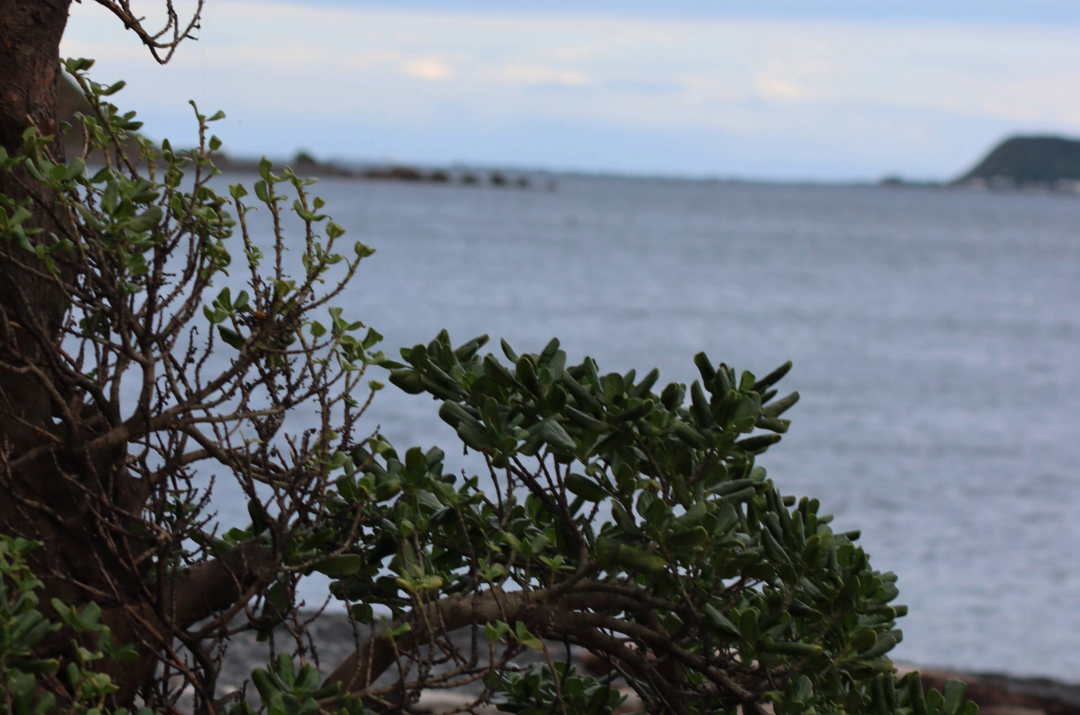
Mrs B
Ms B experienced abuse while in the care of The Salvation Army at The Grange in the 1950’s. This has caused a long-lasting impact on her life. Ms B shared her experience of the redress process, and recommendations for change, with the Royal Commission.
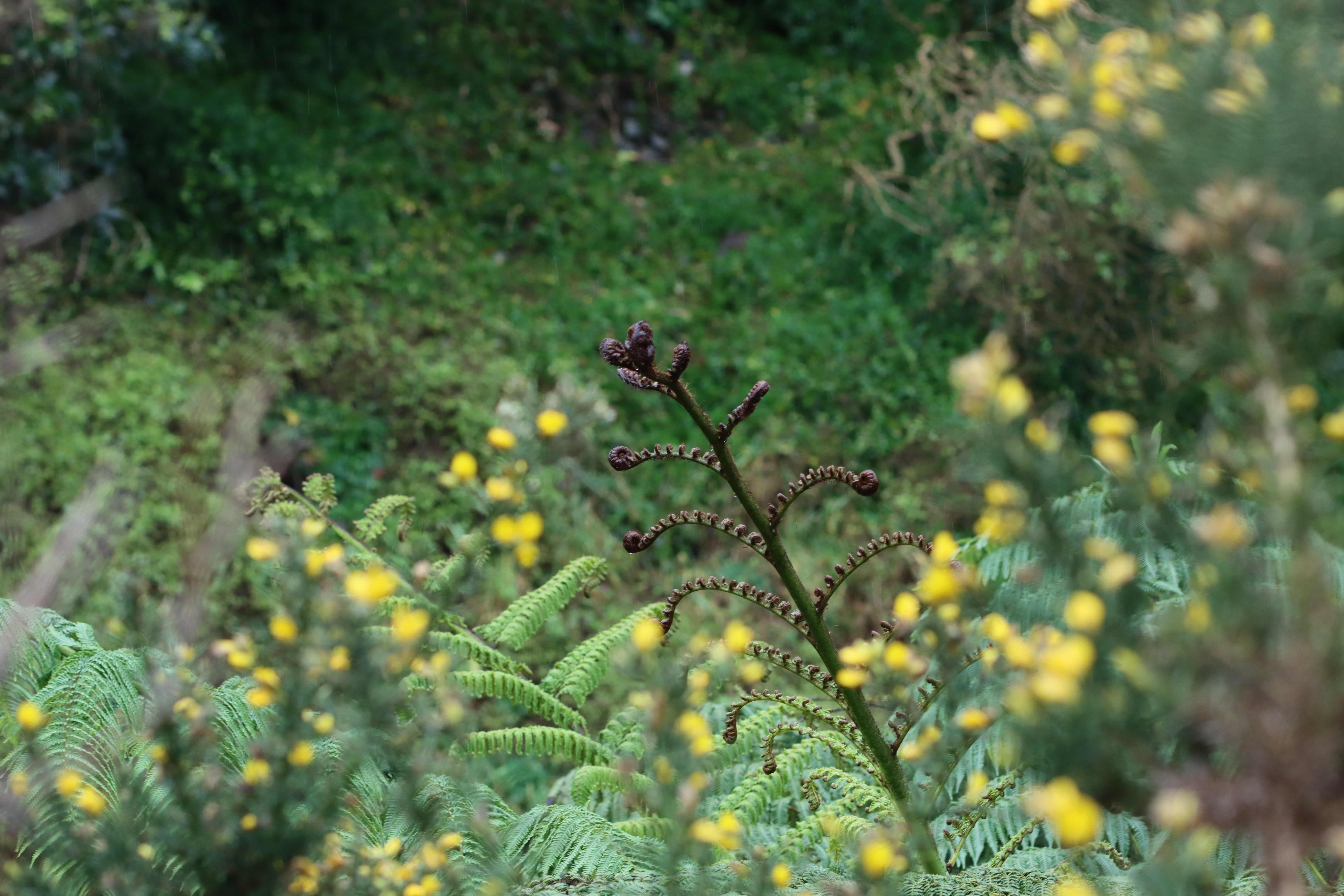
Mr DA
Mr DA gave evidence of being placed at St Joseph's Orphanage at a young age and then moved to Marylands School in 1955 at the age of 11. He described being groomed and sexually abused at Marylands by Brother Thaddeus. Mr DA shared his experiences at other State care institutions including several psychiatric hospitals. He gave evidence about how these experiences have had an extreme impact on his life.
Watch: Witness statement of Mr DA for the Marylands School public hearing
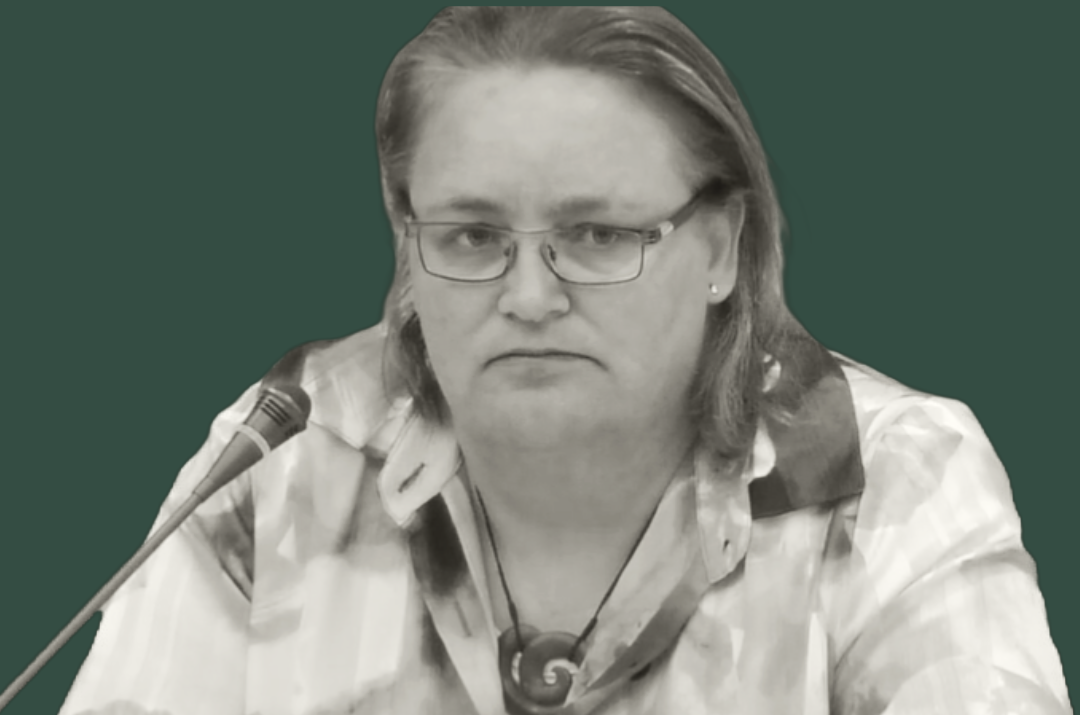
Dallas Pickering
Dallas is a survivor of abuse in State care. At birth, Dallas was placed for adoption. Dallas’s birth father was Māori and he was not told of her existence. Under the Adoption Act 1955, the State put Dallas into a closed stranger adoption placement with a white middle class Pākeha family. In her adoptive family Dallas was neglected, ill-treated, malnourished and abused. Social workers then placed Dallas in a foster home. During her childhood Dallas was shifted to multiple foster homes and family group homes, and despite the social workers knowing about the abuse, she was still returned to her adoptive family home a number of times during this period. Dallas suffered physical, sexual, and emotional abuse and neglect in these various homes. She has since managed to gain qualifications and has worked in the area of social work for a number of years. Dallas wanted to share her experiences with the Royal Commission, in the hope that the children of New Zealand do not have the childhood that she did.
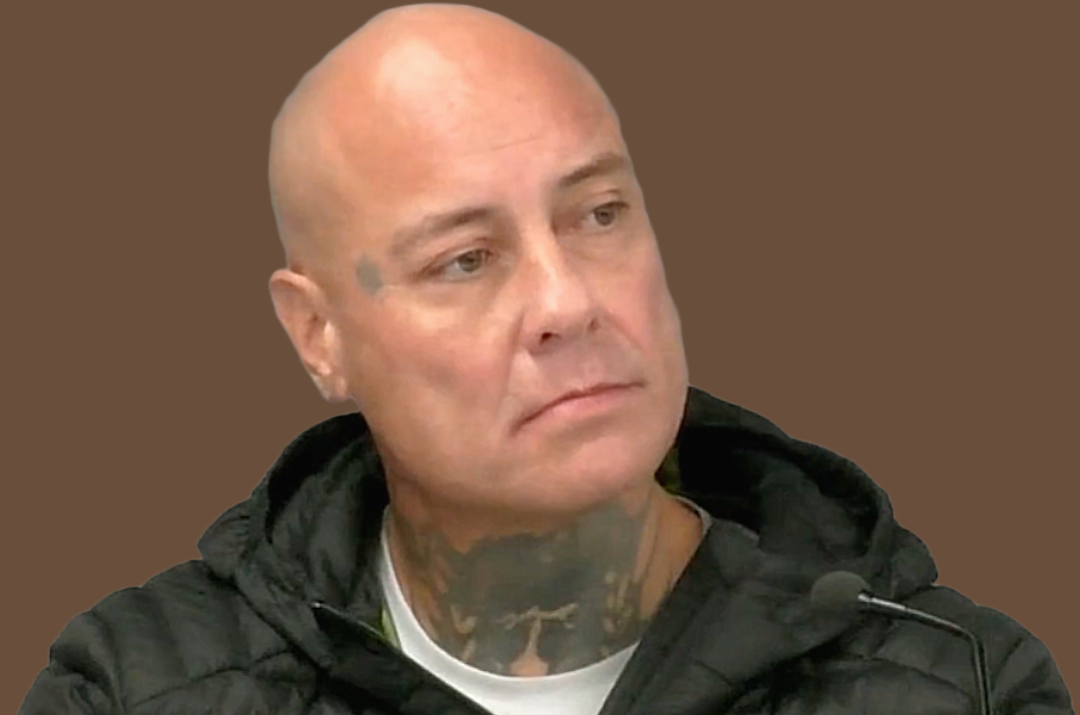
Daniel Rei
Mr Rei is Māori (Ngāti Toa Rangatira). He was in care in the Rosendale Family Home in New Plymouth, Hamilton Boys’ Home and Kohitere, from the age of 13 between December 1986 and April 1990. He suffered neglect in the Family Home, extreme violence from staff and other children at Melville and Kohitere, extensive periods in solitary confinement as punishment, and a lack of education while he was in State care. The impacts of abuse on Mr Rei include joining a gang at the age of 16, criminal offending, and a diagnosis of PTSD and a Generalised Anxiety Disorder.
Watch: Statement of Daniel Rei for Abuse in State children's residential care hearing
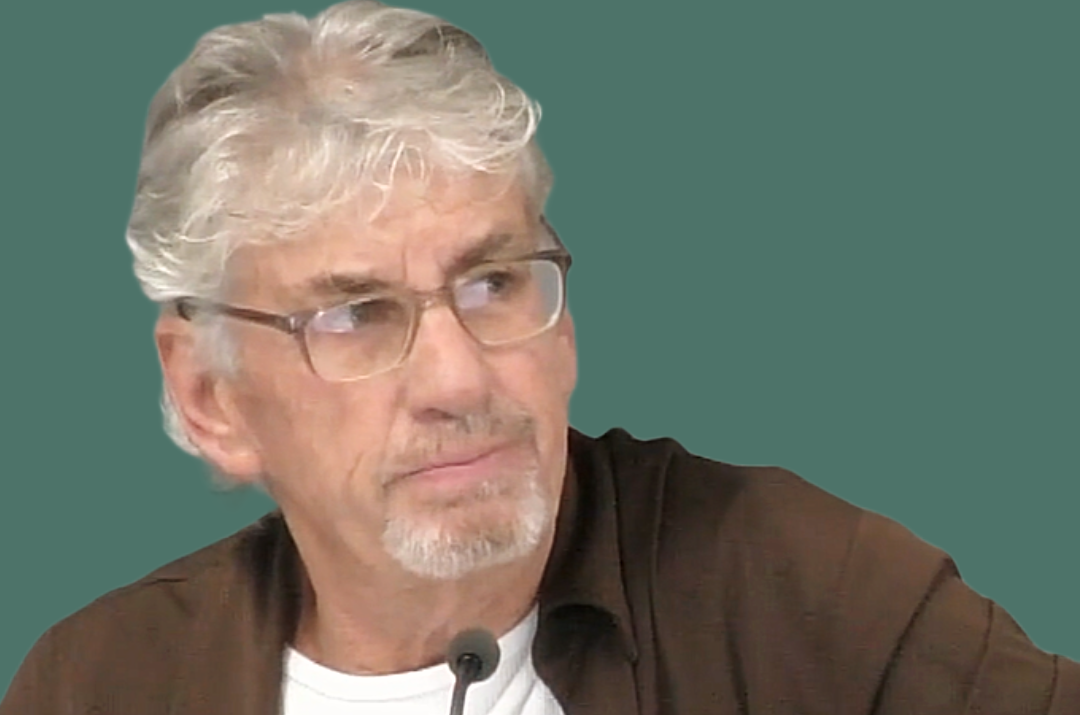
Danny Akula
Danny Akula is a Marylands School and State care survivor. He experienced abuse in multiple institutions, including physical and sexual abuse at Marylands School. In his statement to the Inquiry, he described the impact of the abuse on his life and his redress with the St John of God order.
Watch: Witness statement of Danny Akula for the Marylands School public hearing
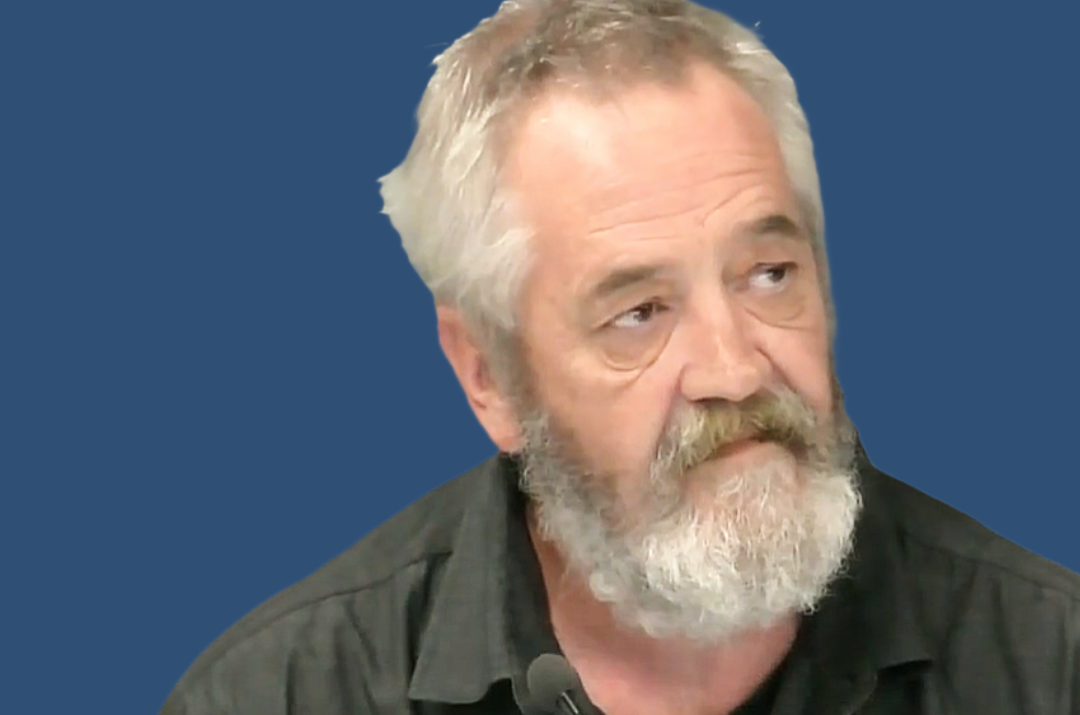
Darrin Timpson
Mr Timpson identifies as Moriori. Mr Timpson experienced abuse within the Salvation Army’s Bramwell Booth Home in Temuka where he was placed for 11 years from 1971 onwards. This had a significant impact on his life. Mr Timpson went through the Salvation Army redress process in the 2000s.
Watch: Statement of Darrin Timpson for faith-based redress hearing
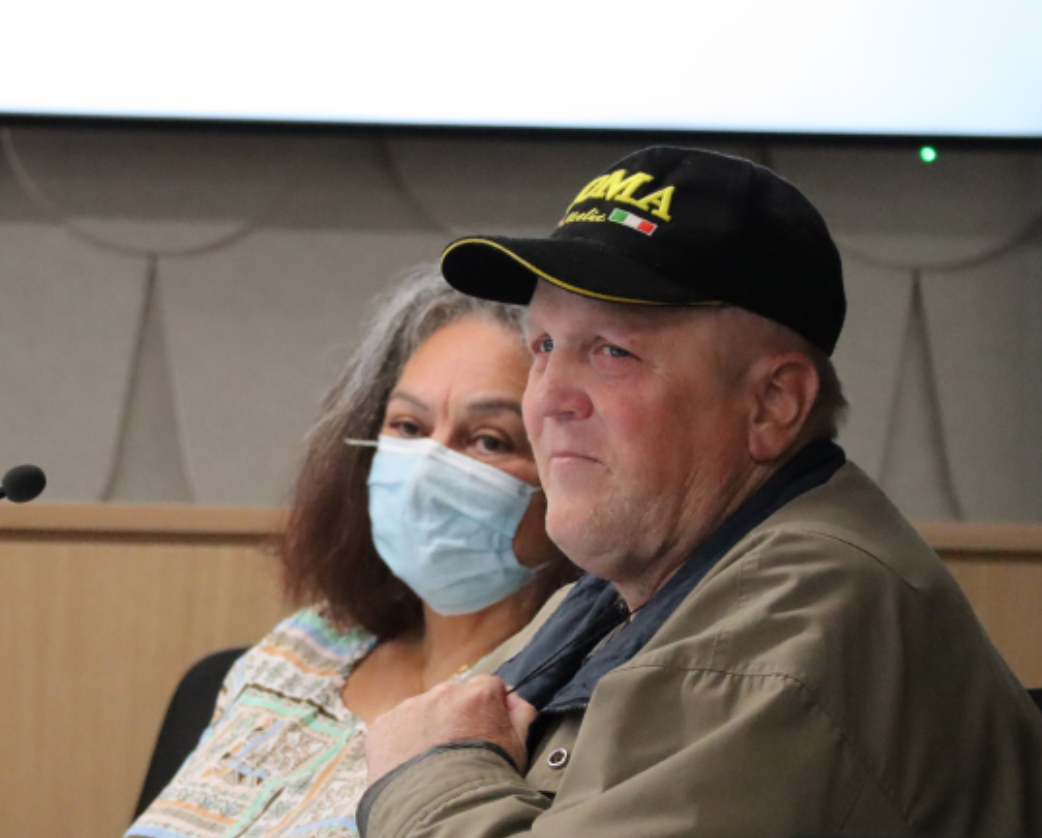
Darryl Smith
Darryl Smith was placed at Marylands School by his parents when he was seven years old, on the advice of the Department of Education. While there, Darryl experienced physical and spiritual abuse and educational neglect. In his statement to the Inquiry, he provided insight into the racial abuse suffered by Māori and Pacific children at the school. Darryl has spent much of his adult life in and out of prison, and has remained a tireless advocate for survivors throughout.
Watch: Witness statement of Darryl Smith for the Marylands School public hearing
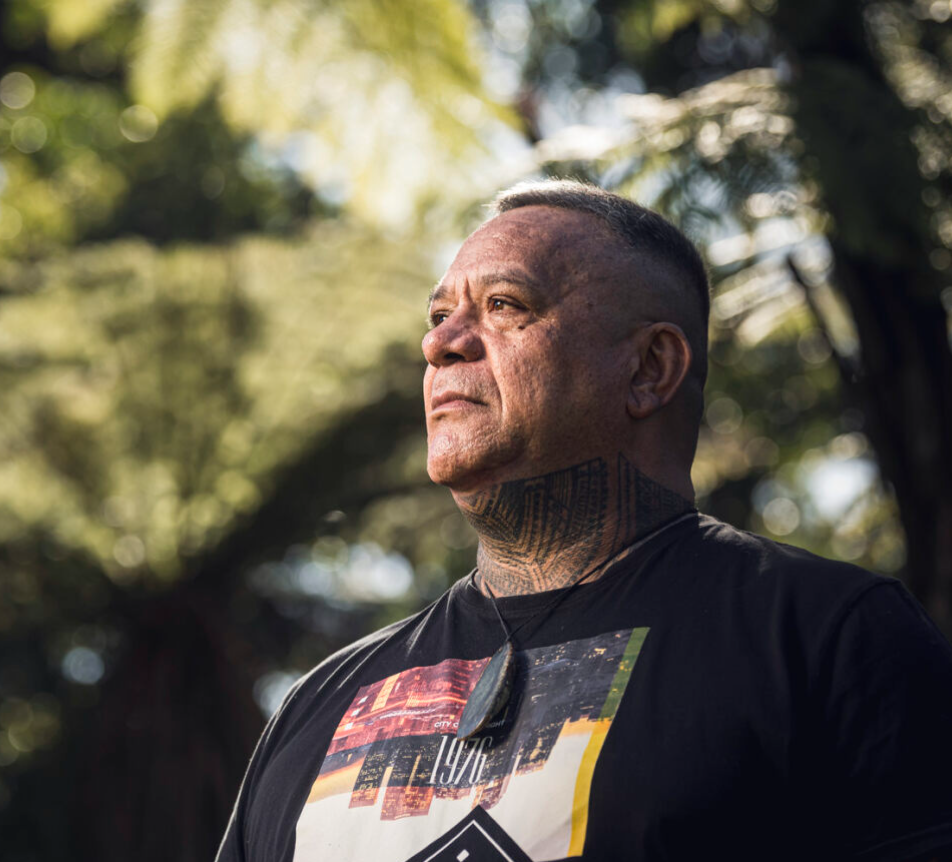
David Crichton
David Crichton (formerly David Mohi) spent around 17 years in care across numerous care placements. David suffered from abuse as well as cultural neglect while in care. Only upon receiving his care files at the age of 30 did he discover his Samoan ethnicity and knowledge about his Samoan family.
Read: David's profile from He Purapura Ora, he Māra Tipu: From Redress to Puretumu Torowhānui here
Watch: Witness statement of David Crichton at Tulou - Our Pacific Voices: Tatala e Pulonga hearing
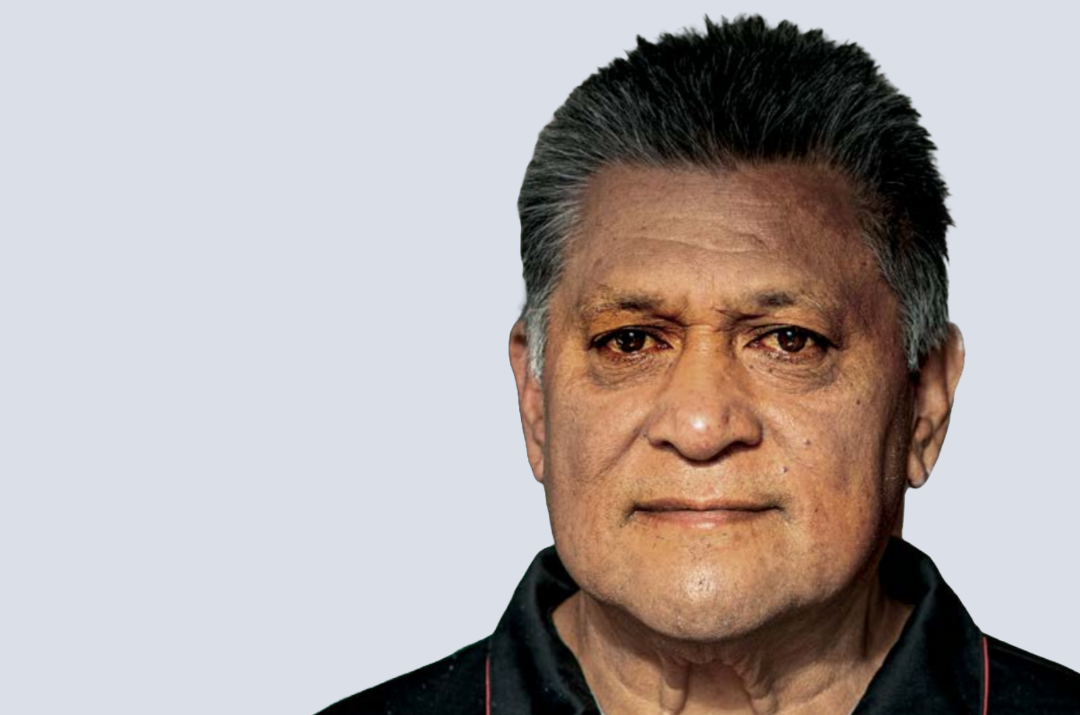
David Williams (aka John Williams)
An early life of sexual and physical abuse followed by tormenting loneliness. David Williams (aka John Williams, and previously known as Mr X) began running away to avoid violence at home. From around the age of 11 he was sent to Ōwairaka Boys’ Home in Auckland, where he was placed several times. He was also placed at Hokio Beach School and Kohitere Boys’ Training Centre, both in Levin, and eventually a borstal (youth detention centre) in Invercargill.
Read: Survivor experience: David Williams
Read: Mr X's profile from He Purapura Ora, he Māra Tipu: From Redress to Puretumu Torowhānui
Watch: Statement of "Mr X" for the Abuse in State children's residential hearing
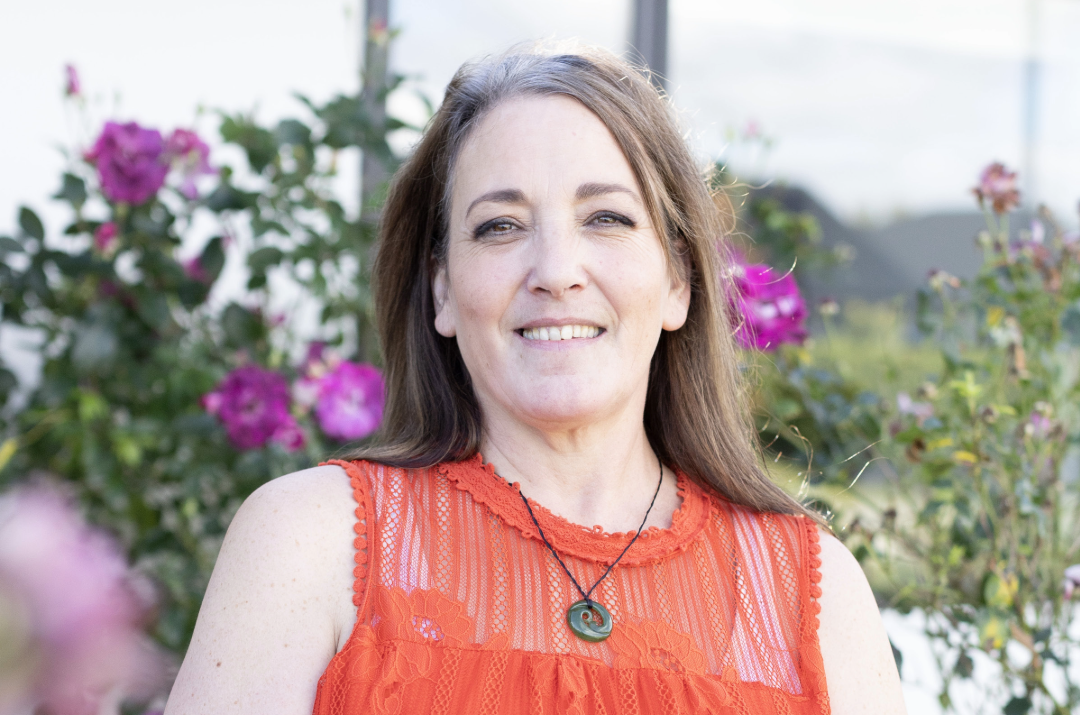
Debbie Morris-Jenkins
Debbie Morris-Jenkins spent two years in care from 1981-1983. She was placed in Christchurch Methodist Children’s Home as well private faith foster homes. The consequences of the trauma she experienced in care continue to impact both Debbie and her whānau, and often create friction within the whānau including outbursts and arguments. After going through church redress, she received financial compensation from the Methodist Church.
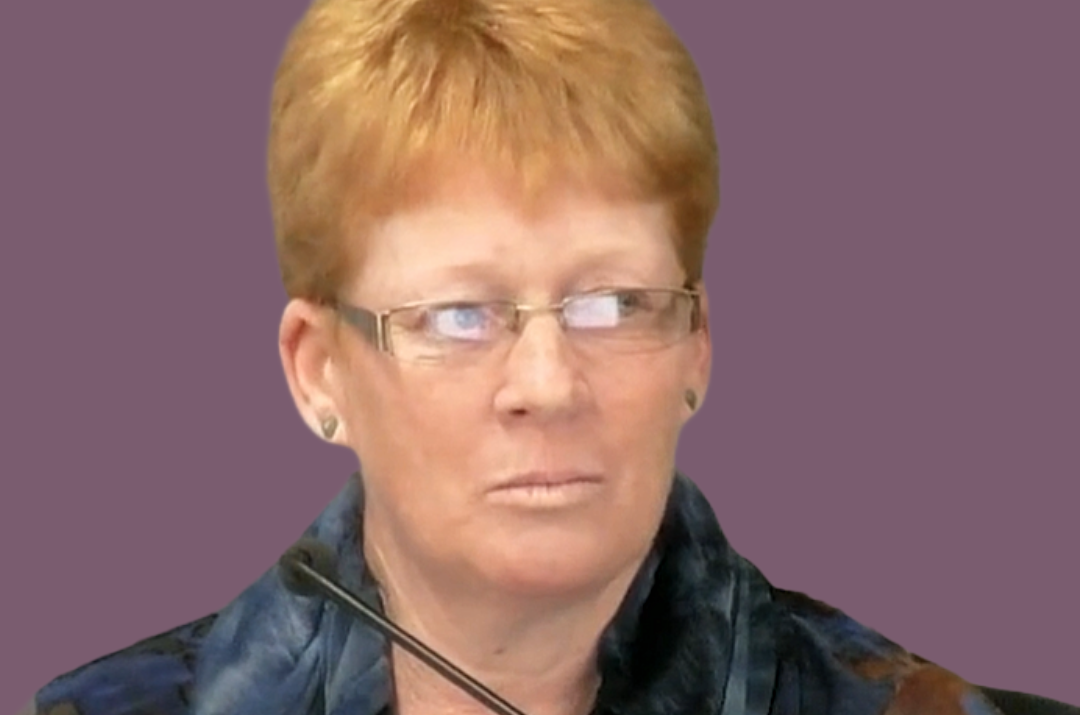
Deborah Dickson
Deborah Dickson is a survivor of the Lake Alice Child and Adolescent Unit. She shared her experience of how a childhood illness led to her admission at Lake Alice at nine years of age. She described the conditions in the unit, where she would be made to mix with adult psychiatric patients and was sexually abused. She explained the impact Lake Alice has had on her life, including the relationships she has with her children and grandchildren, the stigma she has felt, and how it has impacted her relationships and trust in others.
Watch: Statement of Deborah Dickson for Lake Alice Child and Adolescent Unit hearing
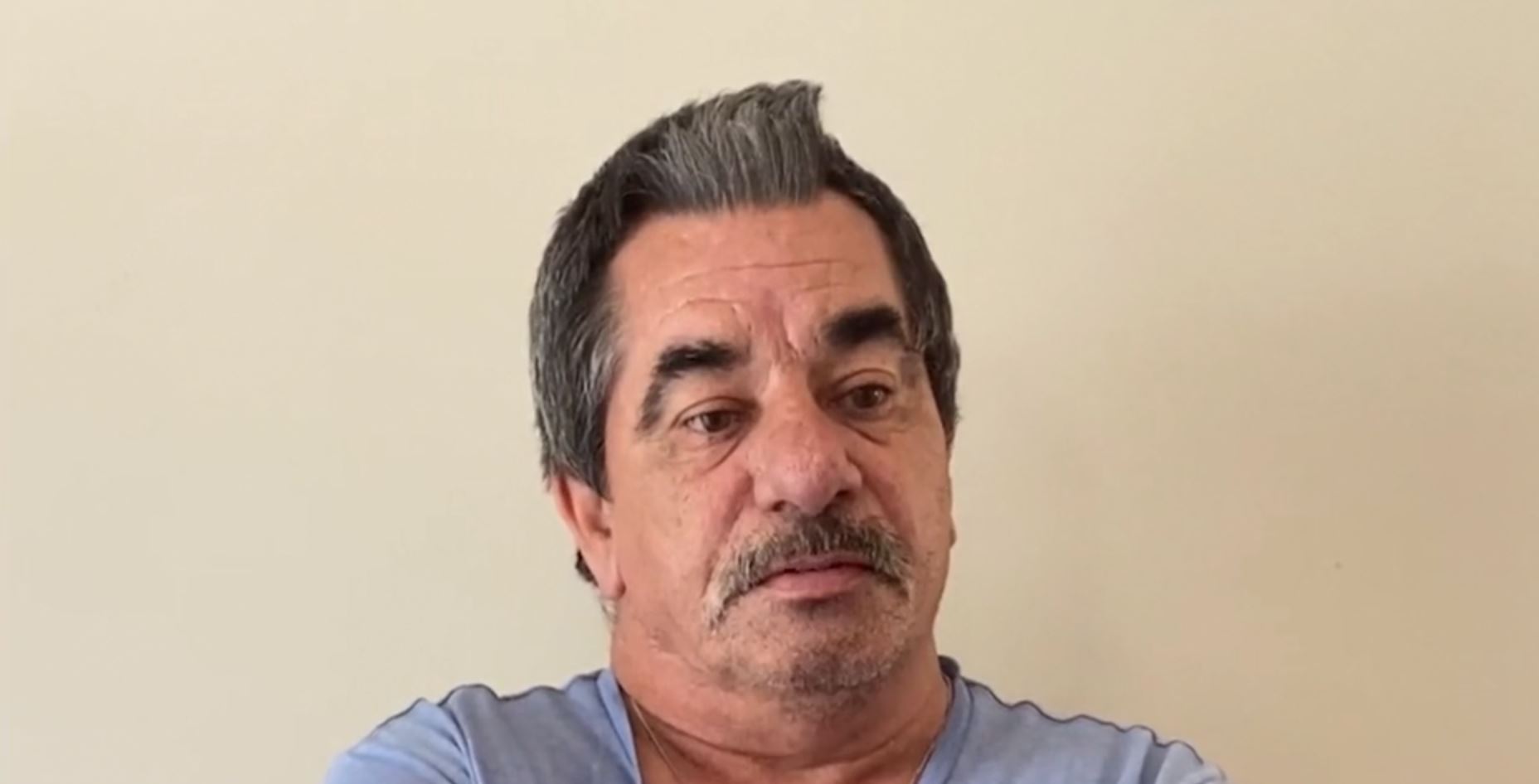
Des Hurring
Des Hurring, of Ngāi Tahu, Tasmanian Aboriginal and British descent, was sexually abused by a family friend from age eight. Des spent five years under Department of Social Welfare supervision before being sent to Lookout Point Boys’ Home in March 1976. In 1977, Des was sent to Kohitere Boys’ Training Centre in Levin. With tenacity and the support of whānau, Des is overcoming his struggles of addiction and other traumas from the years of abuse he suffered.
Read: Des's profile from He Purapura Ora, he Māra Tipu: From Redress to Puretumu Torowhānui here
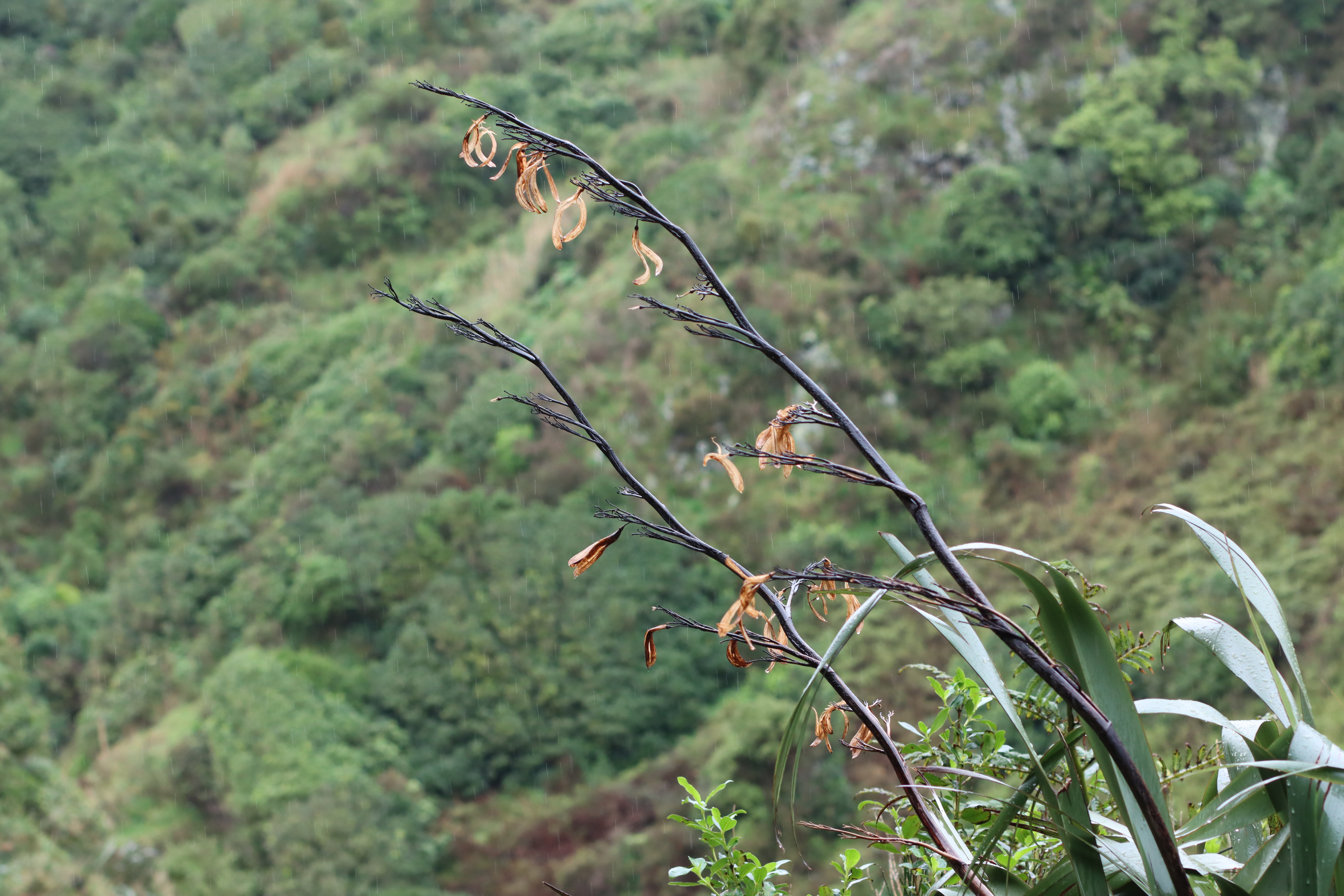
Mr DG
Mr DG was transferred from foster care to Marylands School by the Department of Social Welfare’s psychiatric services when he was nine years old. While at Marylands School he was repeatedly sexually abused by Brothers McGrath and Moloney. Mr DG’s evidence discussed how he reported the abuse to a St John of God brother and to a Department of Social Welfare social worker while at Marylands School. Mr DG said the abuse has shaped his life.
Watch: Witness statement of Mr DG for the Marylands School public hearing
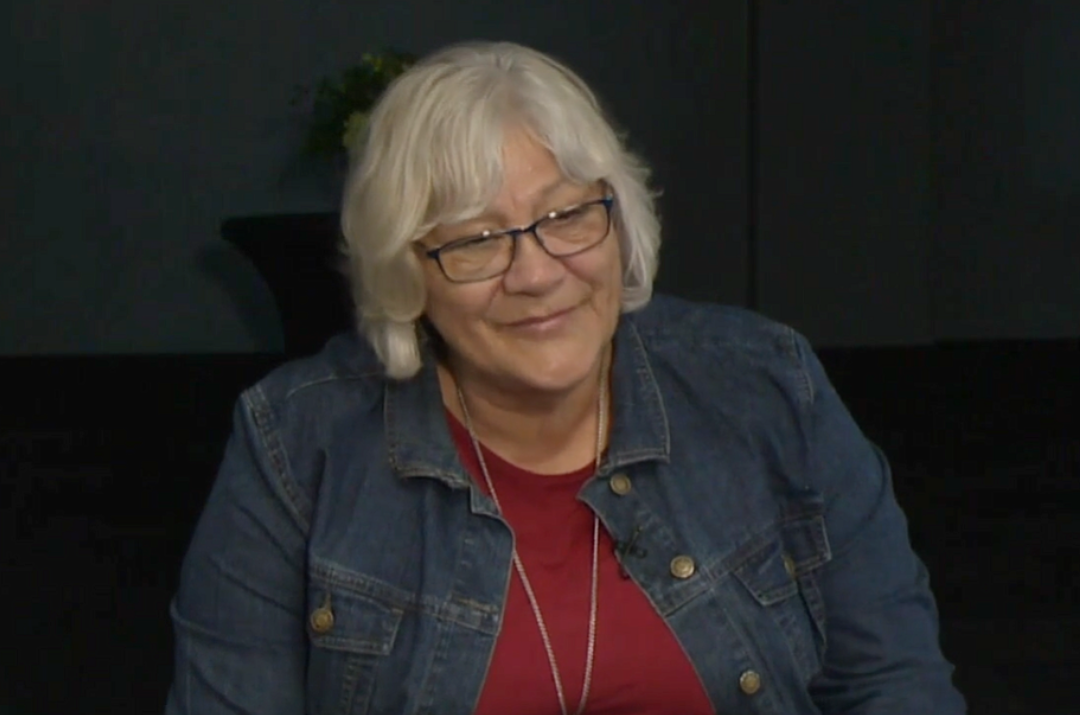
Rev. Dinah Lambert
Rev. Dinah Lambert is of Ngāti Kahungunu descent. She and her siblings were placed into care at a young age. They were often split up, moving between children's homes and her father's care at different points in time. Rev. Dinah shared her experience of abuse in care, including at Abbotsford Home, an Anglican run institution. She described the impact that the abuse has had on her life, including on her connection to her Māoritanga. Rev. Dinah found her faith later in life and draws great strength from it. She has been an ordained Priest of the Anglican Church for many years.
Watch: Witness statement of Rev. Dinah Lambert at the Māori public hearing
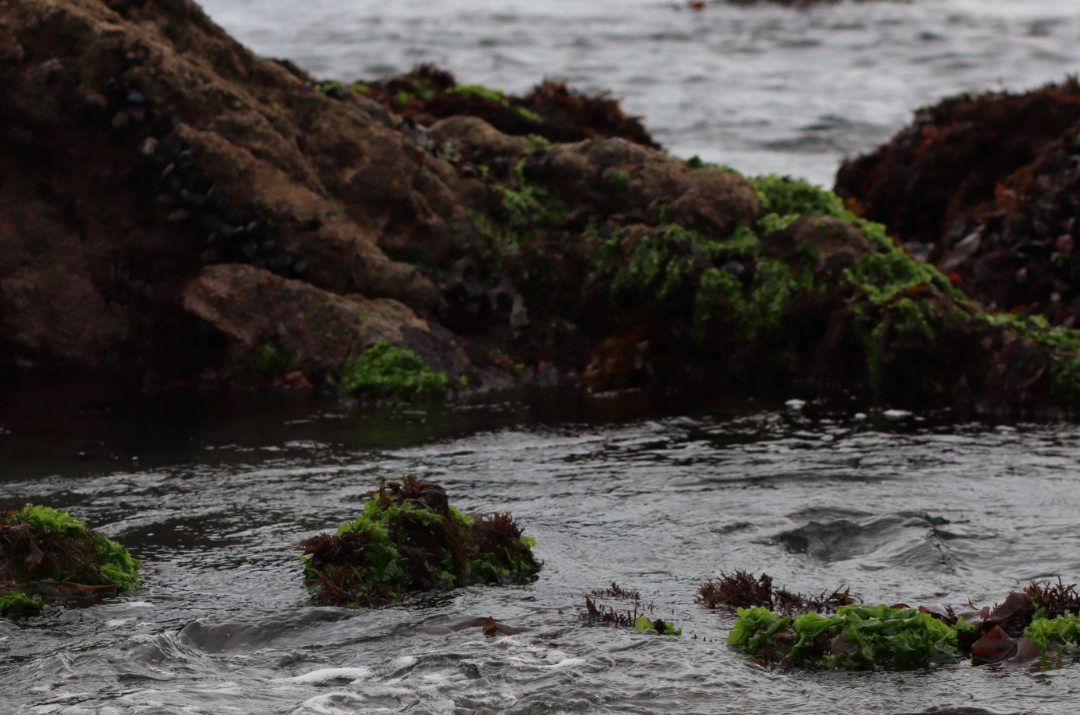
Ms DN
At the Marylands School public hearing, Ms DN gave evidence about her brother, who attended Marylands School from age eight to 16. Ms DN talked about her late parents' observations of Marylands School and her own memories of what it was like growing up with her brother. Ms DN also gave evidence on how Marylands School impacted her brother’s life.
Watch: Witness statement of Ms DN for the Marylands School public hearing
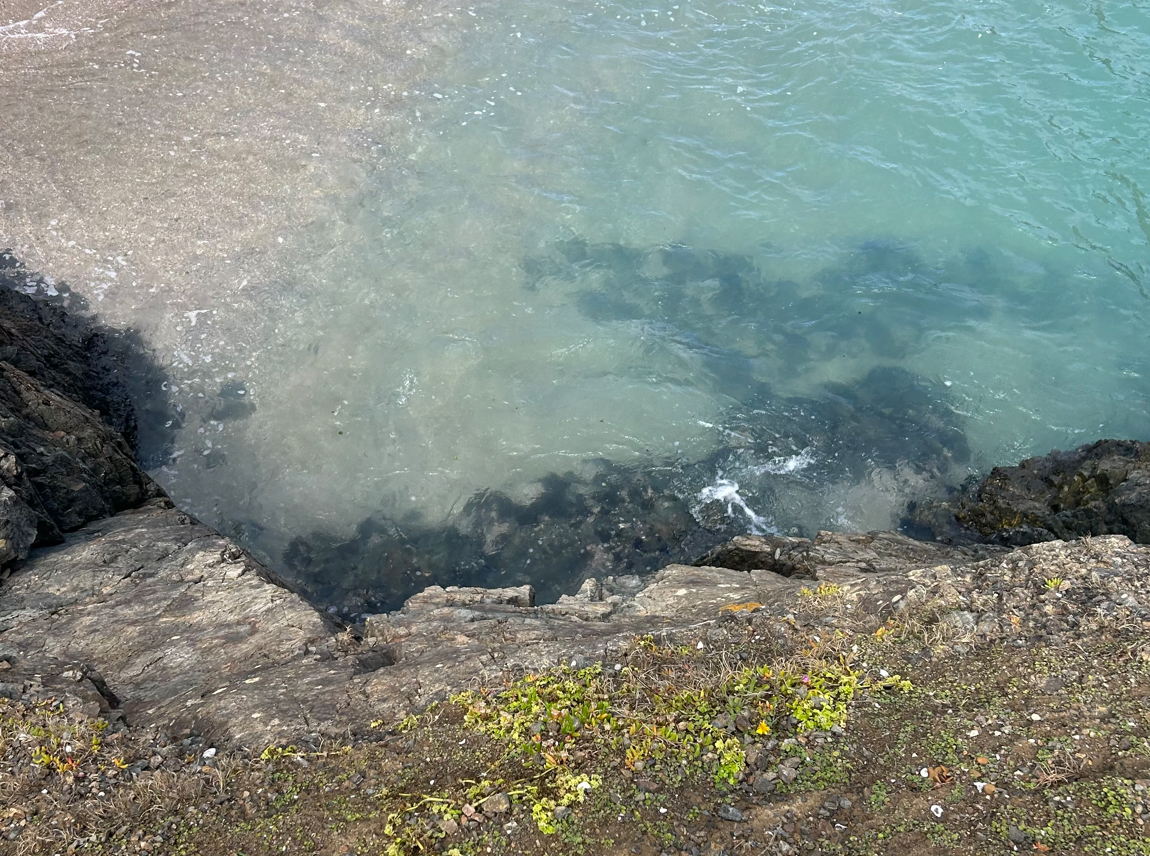
Mr DL
Mr DL attended Marylands School from age 11. Mr DL spoke of the physical and sexual abuse he was subjected to by Brothers McGrath and Moloney at Marylands School. Mr DL gave evidence about his redress experience and how the abuse has had a long-lasting impact on him.
Watch: Witness statement of Mr DL for the Marylands School public hearing
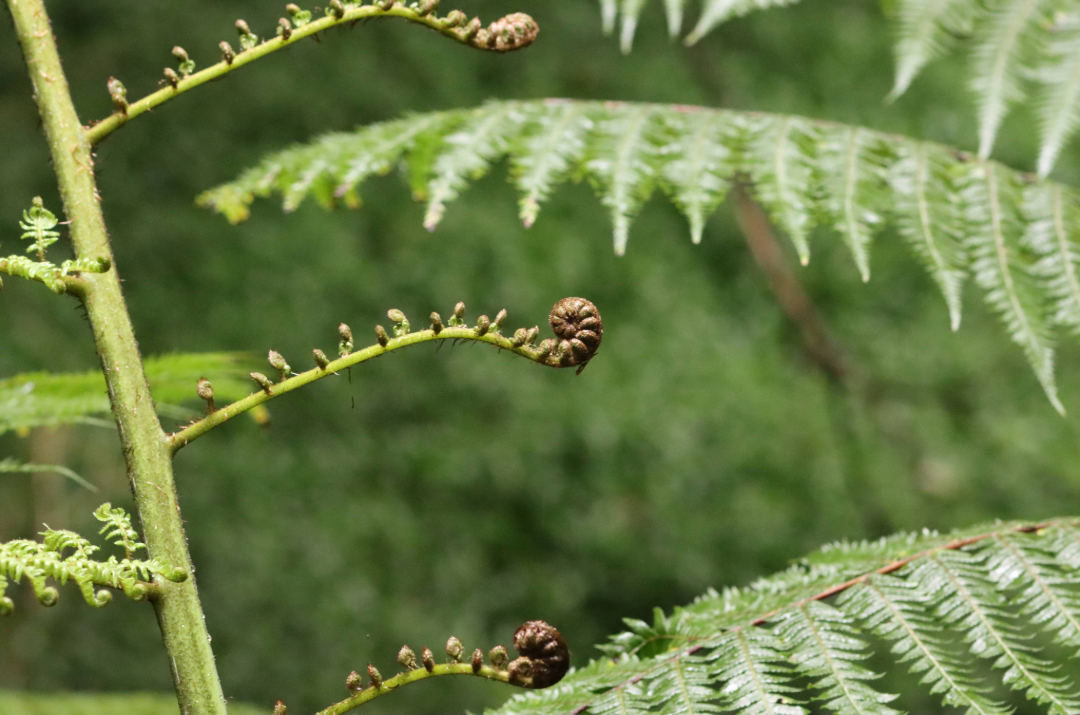
Mr DO
Mr DO is a Pākehā man. He was placed into care at Marylands School between the ages of 8 and 16. He was one of 11 siblings, and the only one to go into care. He experienced violent sexual abuse in Marylands. Mr DO sadly passed away at the age of 65, in 2022.
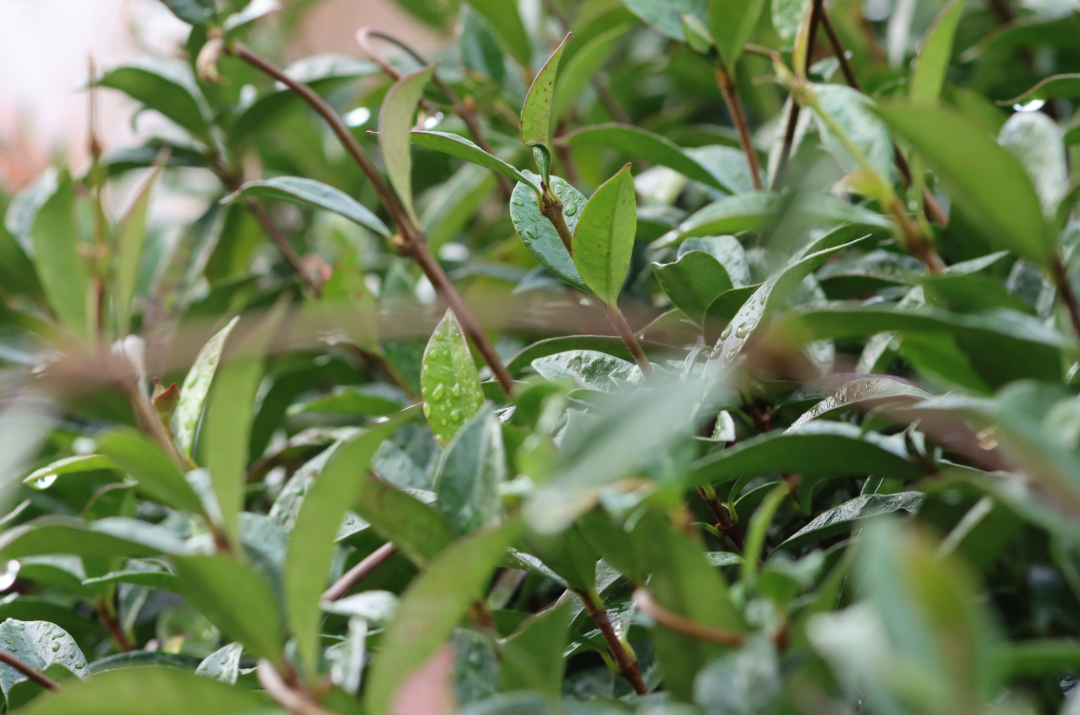
Mr DT
Mr DT is a Pākehā survivor who entered care at the age of seven. He was placed in Treadwell Park, Christopher Park, and St John’s Hostel. He also spent time at Lake Alice, where he received electric shocks and experienced severe physical abuse.
Read: Mr DT's profile from the Inquiry into the Lake Alice Child and Adolescent Unit report
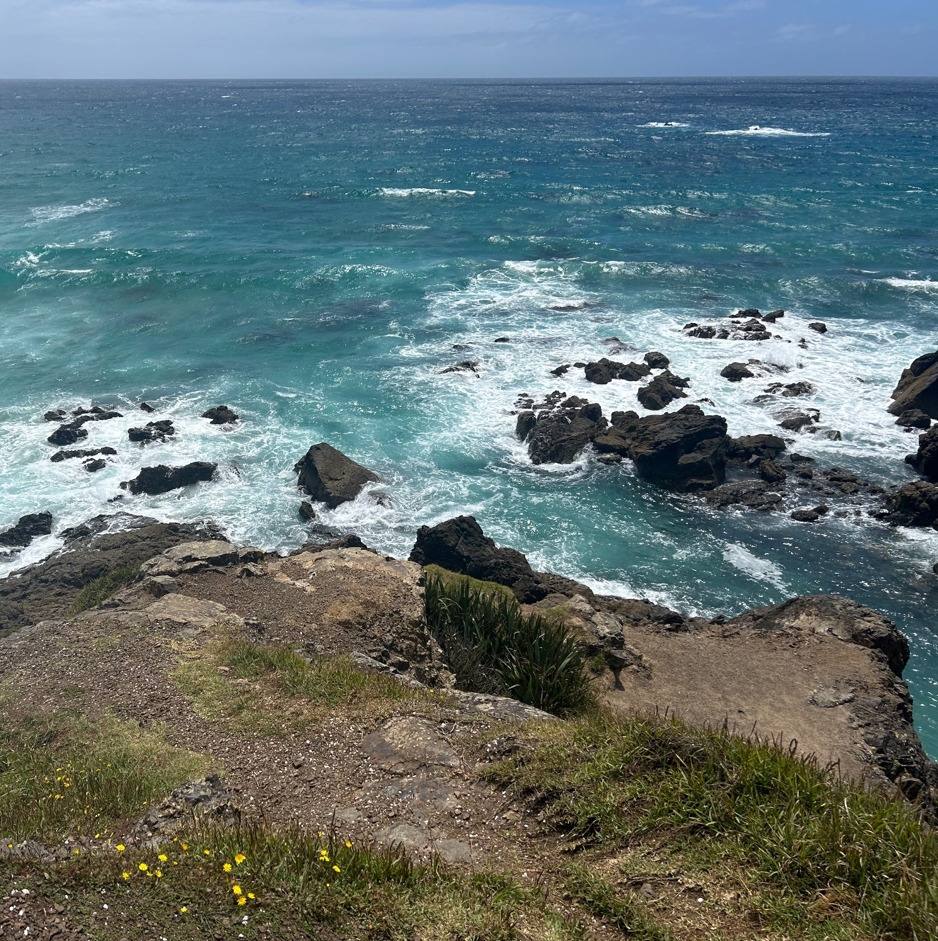
Mrs D
Mrs D gave evidence of her treatment (and the treatment of her children) within St Mary’s Home for unwed mothers, including the forced adoption of two of her children. She also talked about her attempts for redress and the personal impact of both her treatment within the Anglican home and the subsequent interactions with the Church.
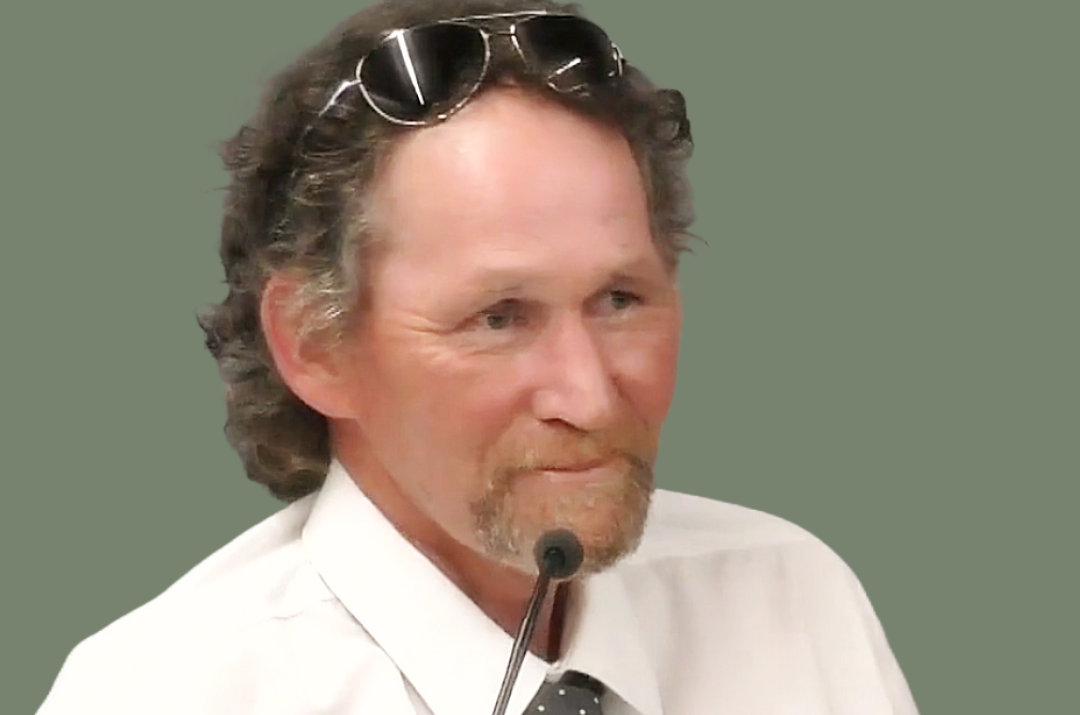
Eddie Marriott
Mr Marriott is a survivor who started at Marylands School when he was five years old and remained a resident there until he was 15 years old. He shared his experience of being sexually abused by other students and St John of God brothers with the Inquiry. He described the impact of the abuse, including substance abuse, relationship difficulties, and lack of education and life skills. Mr Marriott also outlined his Police complaint and the St John of God Order's redress process.
Watch: Witness statement of Eddie Marriott for the Marylands School public hearing
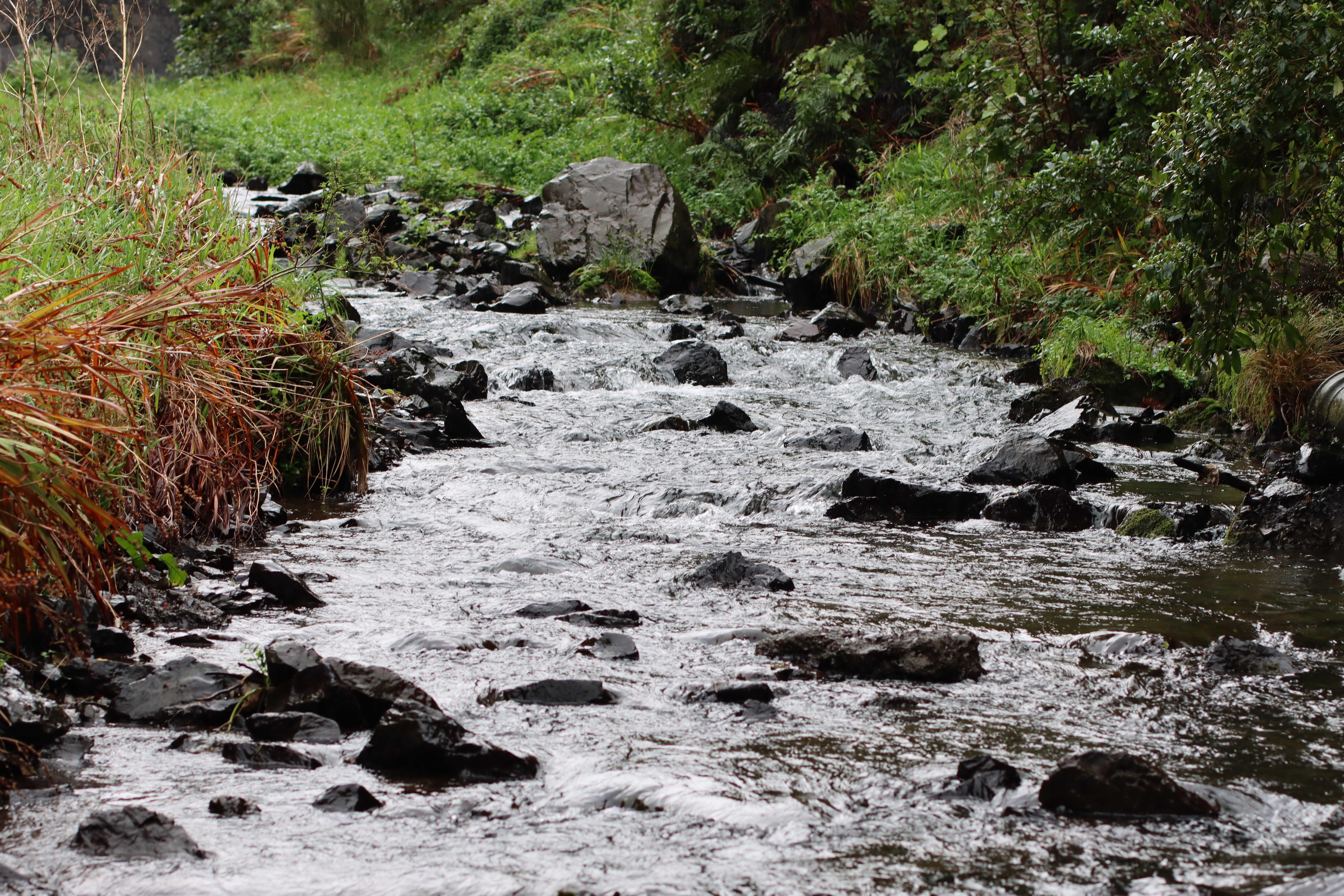
Ms EF
Ms EF and her brother went into State care in the 1960’s at age 9 following her father’s conviction for sexual abuse of a child. Ms EF lived in multiple foster homes and was abused by her foster father in the last home. Ms EF talks about the separation from her brother, disorientation from multiple placements, and shutting down due to what was happening as lasting impacts of her experience. As an adult, having had a career involved with pastoral care of school children, she speaks about the need for wrap around and trauma informed support for children in care.
Watch: Witness statement of Ms EF for the Foster Care public hearing
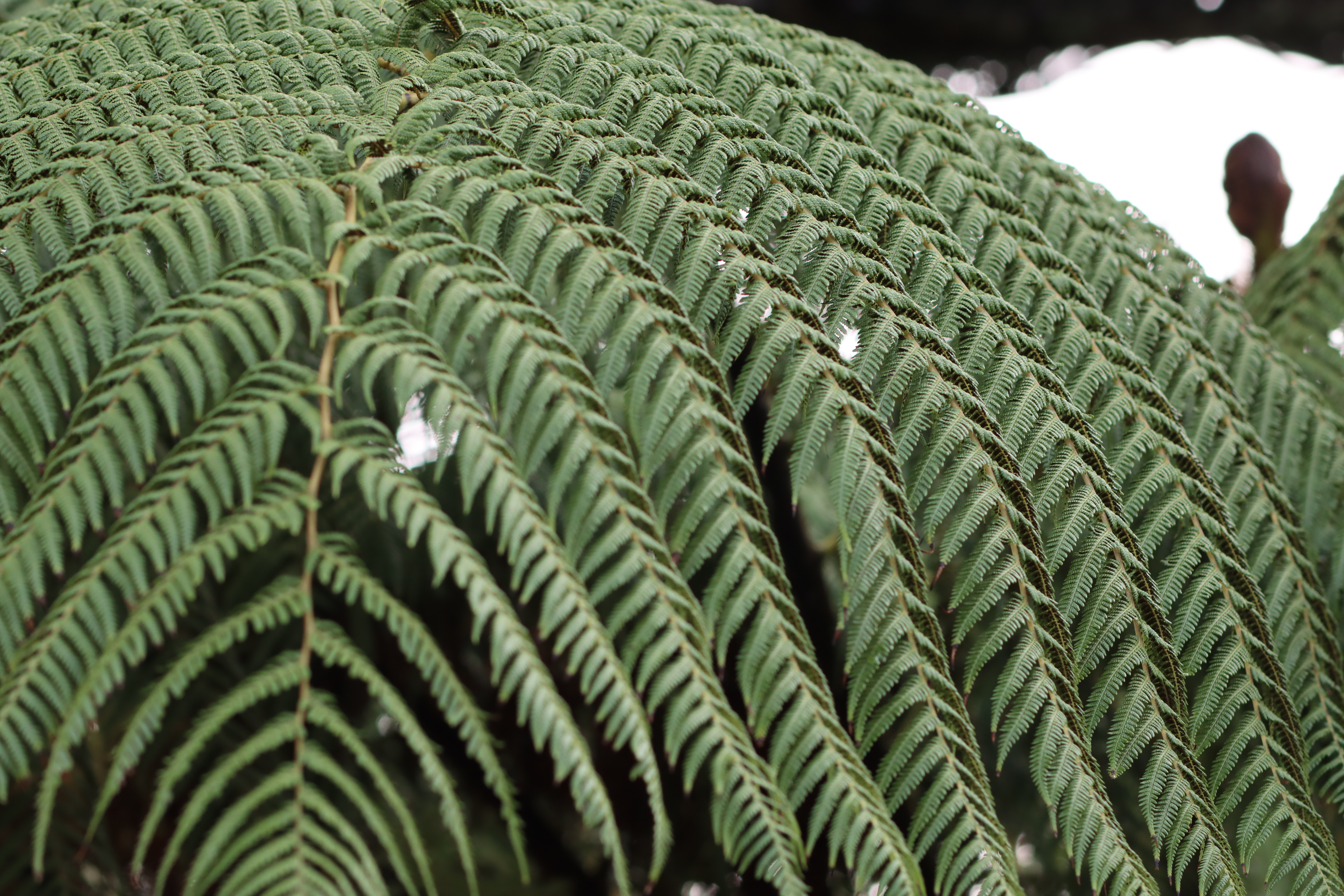
Mr EH
Mr EH is a Pākehā male who spoke about the abuse and neglect he suffered while in foster care, and the life-long impacts of the abuse. Mr EH discussed the extensive physical labour and farm work he was forced to undertake from a young age as part of his foster care placements and his reflections on leaving care at the age of 19.
Watch: Witness statement of Mr EH for the Foster Care public hearing
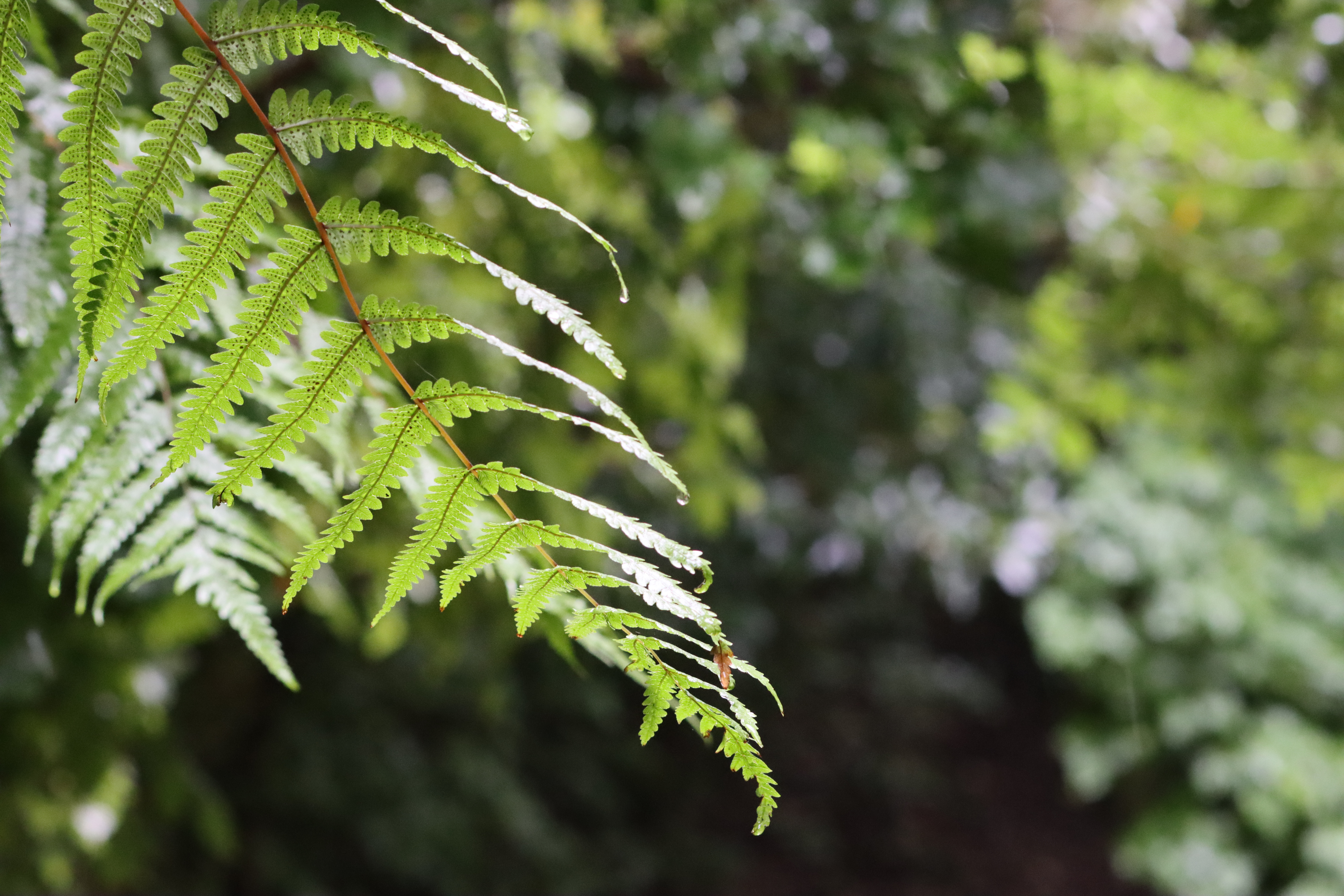
Mrs EJ
Mrs EJ was taken into State care in 1990s and gave evidence of her experience in a foster home she used to call the ‘House of Horrors’. Her foster caregivers were held in high regard in the community, but behind closed doors Mrs EJ was abused and exploited as a free laborer on the family farm. Mrs EJ shared her attempts as a child to alert social workers and police to her abuse, highlighting a lack of advocacy and support for children and their voices in the care system.
Read: Witness statement of Ms EJ for the Foster Care public hearing
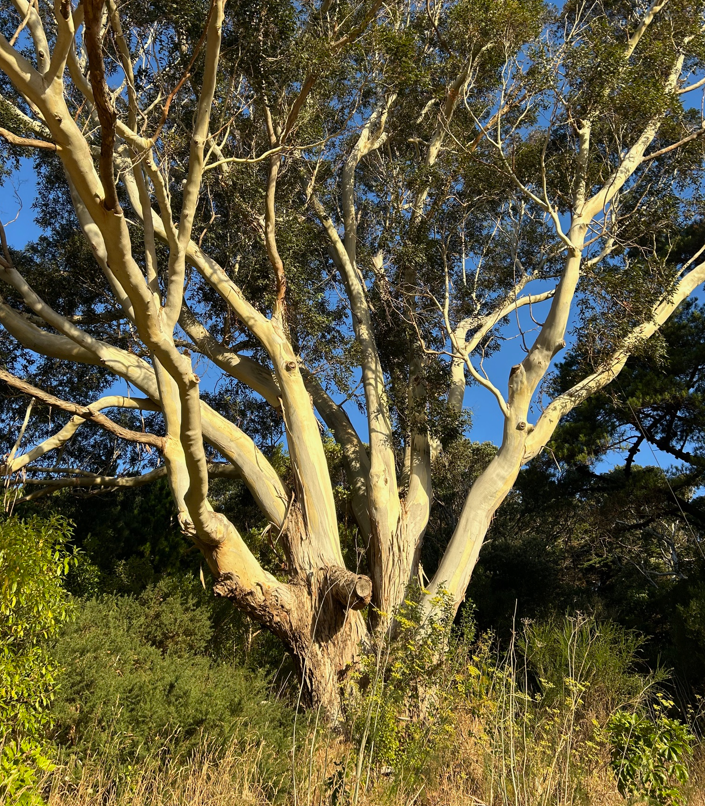
Ms EL
Ms EL is a Pākehā survivor who gave evidence on her experience in foster care, focusing on the sexual abuse she suffered in two foster placements. After leaving care, Ms EL notified the Department of Social Welfare of the abuse in both foster homes. One of these perpetrators was convicted of sexual offences against minors and Ms EL spoke to her experience as a witness at that trial. She also provided details on her time in Kingslea Residential School, and the impacts of the abuse she experienced in care.
Read: Witness statement of Ms EL for the Foster Care public hearing
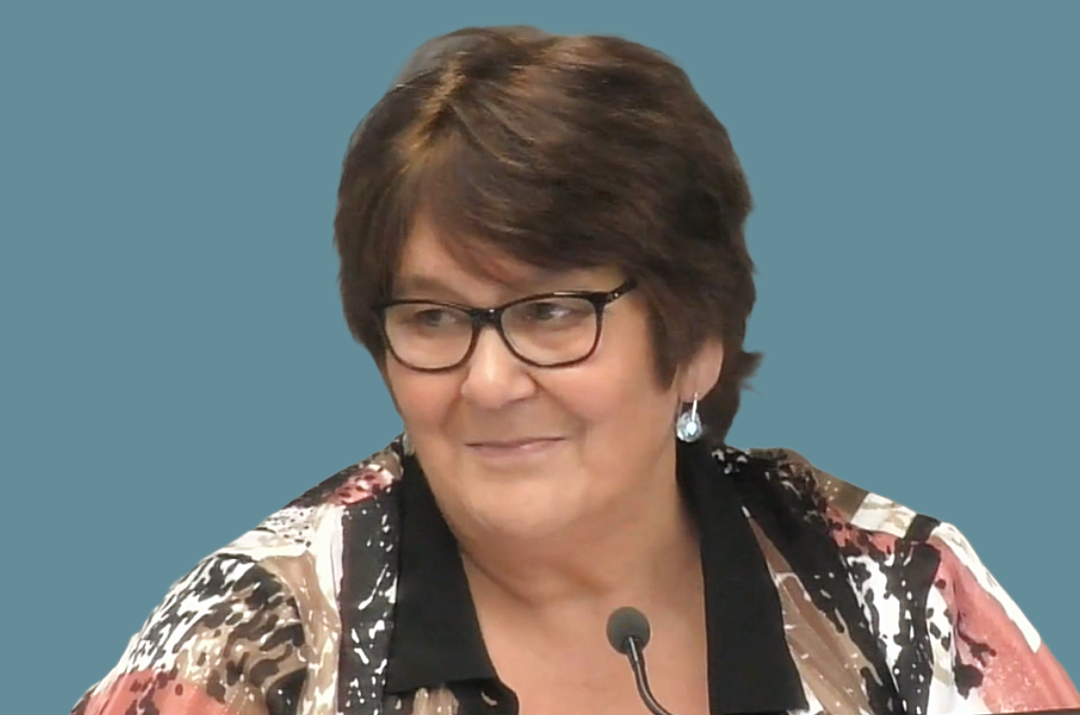
Ms Elison Mae
Ms Elison Mae is of Ngāti Kahungungu ki Wairarapa and Rangitāne descent. She suffered emotional, physical, sexual and psychological abuse during the 17 years that she was in State care. Ms Mae later worked as a solicitor for Child, Youth and Family until 2019. Ms Mae shared her experience of the foster care system alongside her current concerns and recommendations for the future.
Watch: Witness statement of Ms Elison Mae for Foster Care public hearing
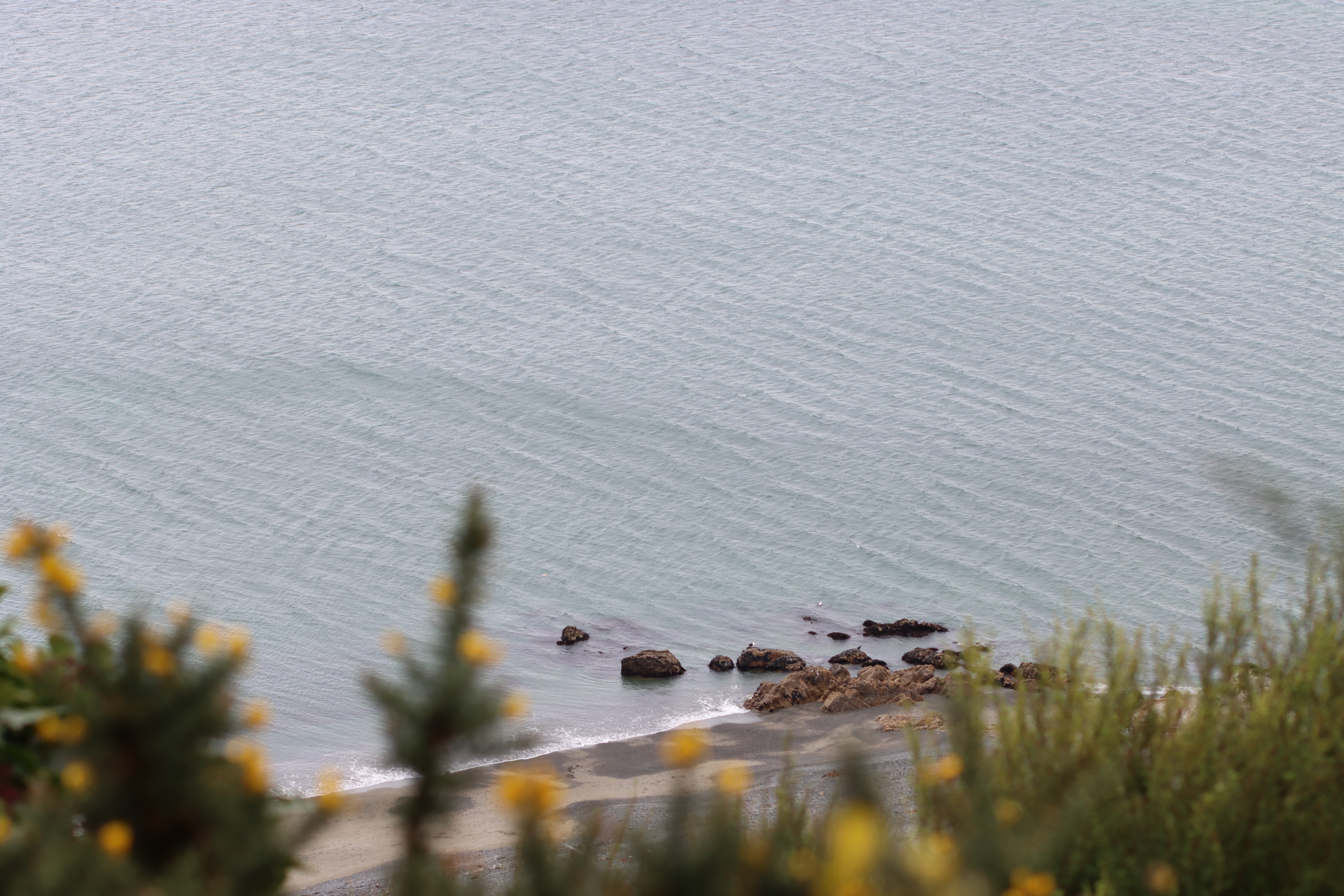
Ms EM
Ms EM gave evidence of her time in foster care, including the abuse and neglect she suffered at several placements. At one home, Ms EM suffered sexual abuse and made complaints to her social worker about it, but this was not responded to adequately. The perpetrator would later be convicted of sexual offences against minors. Ms EM also shared her experiences with the redress process, her interactions with government departments, and recommendations to improve the future care system.
Read: Witness statement of Ms EM for the Foster Care public hearing

Emery-James Wade
Emery-James Wade, of Ngāi Tahu and Waikato Tainui descent, grew up in Hamilton, the second eldest of eight children, and attended St Mary’s Cathedral School. Between 1982 and 1985, Emery-James served as an altar boy at St Mary’s Church for Father Mark Brown, who abused him first when he was aged nine and several times after that until he was aged ten.
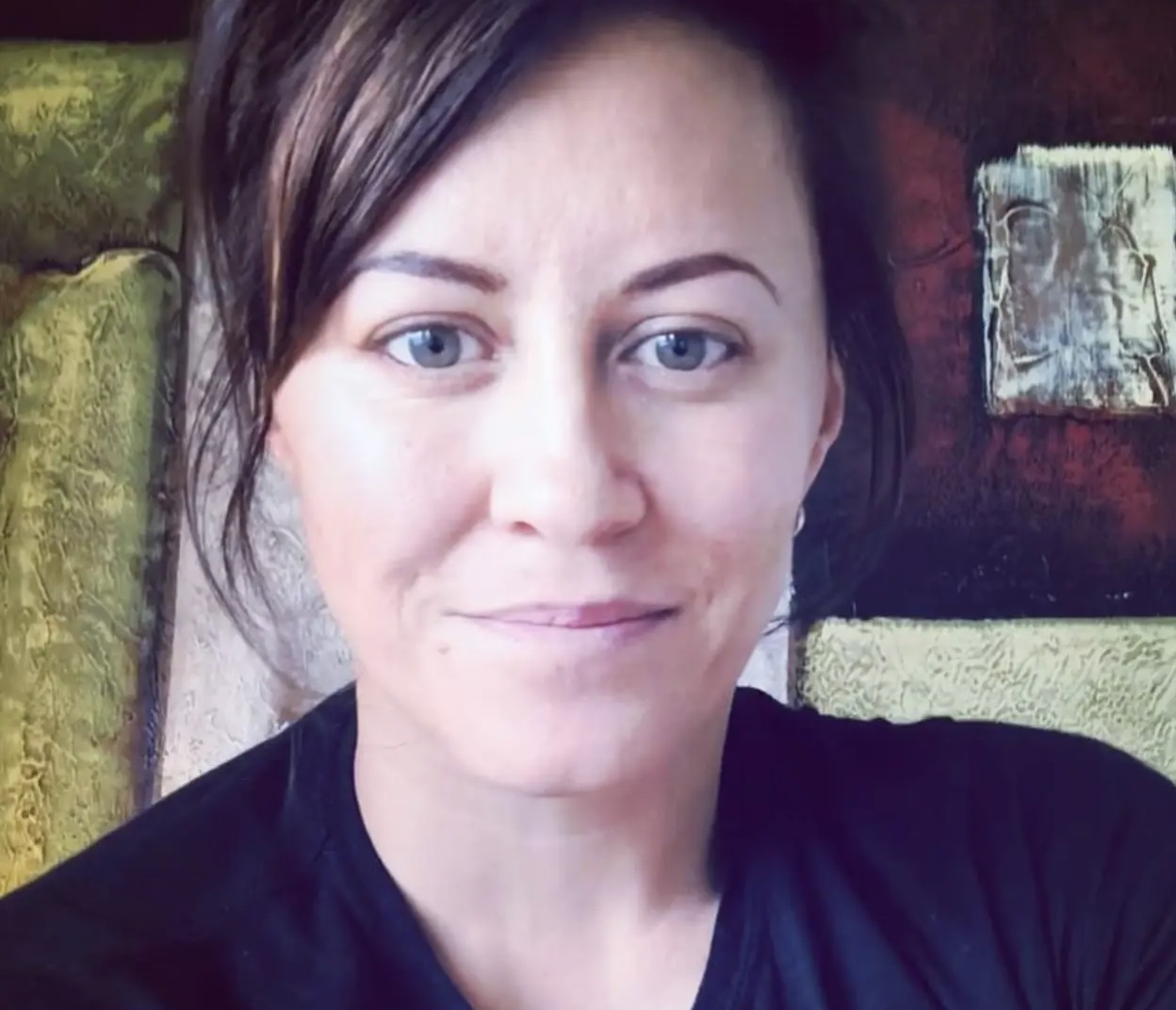
Erica Dobson
Erica Dobson is of Cook Island and Ngāti Kahungunu descent. Erica is a survivor of State care and shared her experiences in foster care including how she was let down by the State’s policies and decisions regarding the placement of children. Erica provided further background information about her foster brother who experienced the same abusive placements.
Watch: Witness statement of Erica Dobson for the Foster Care public hearing

Mr ES
Mr ES was in his early teens when he was sent to do community service work at Brother McGrath’s house. Mr ES suffered traumatic abuse at the hands of Brother McGrath. Mr ES discussed the ongoing effects of the abuse on his life and the importance of proper services and compensation for survivors of abuse.
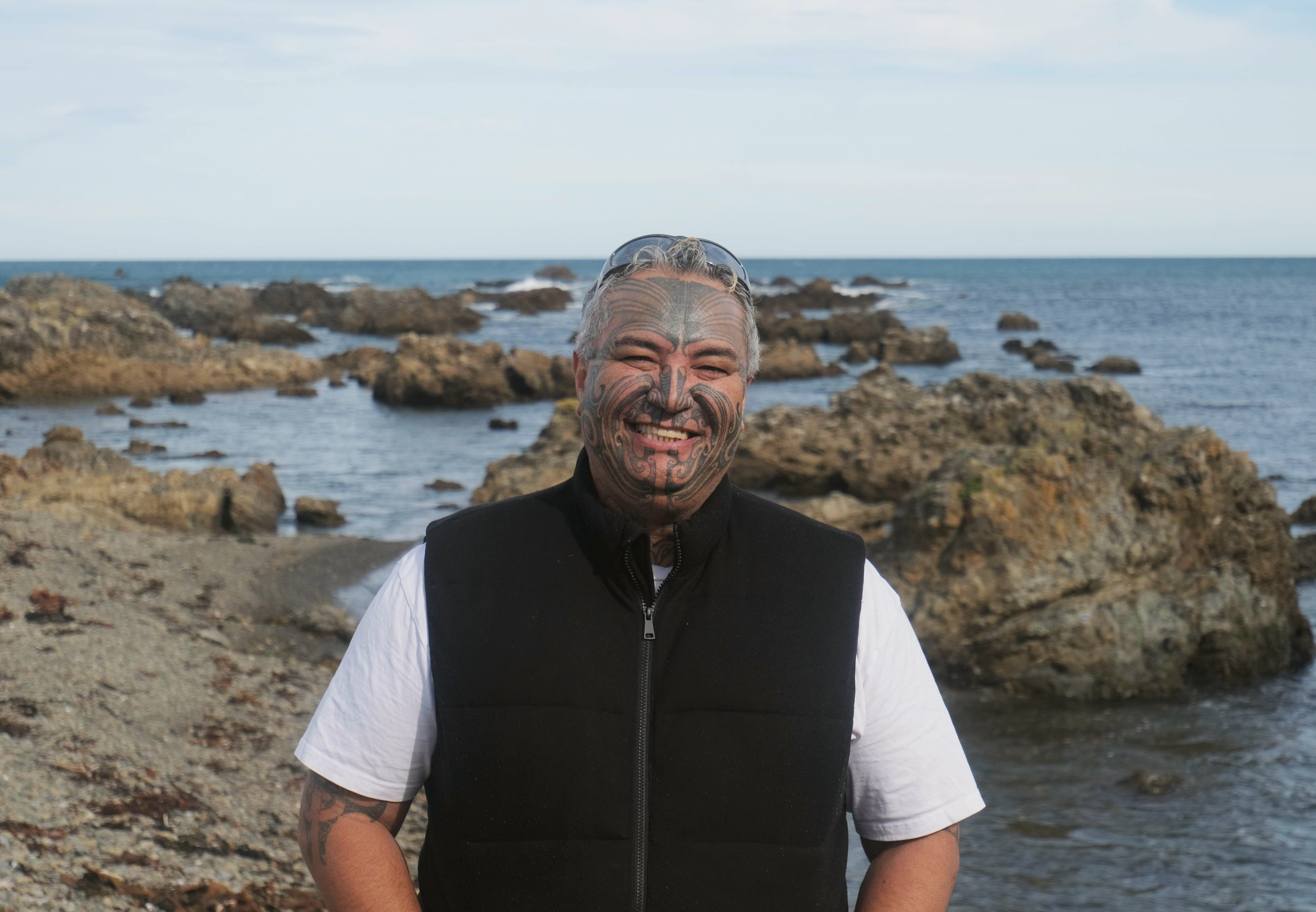
Eugene Ryder
Community worker/kaimahi hapori, Eugene Ryder’s personal journey took him through a challenging childhood, State care and prison onto E Tū Whānau-aligned social worker, legal student, kapa haka stalwart and dedicated husband and father. His journey is proof that the moemoeā of a better life is always achievable.
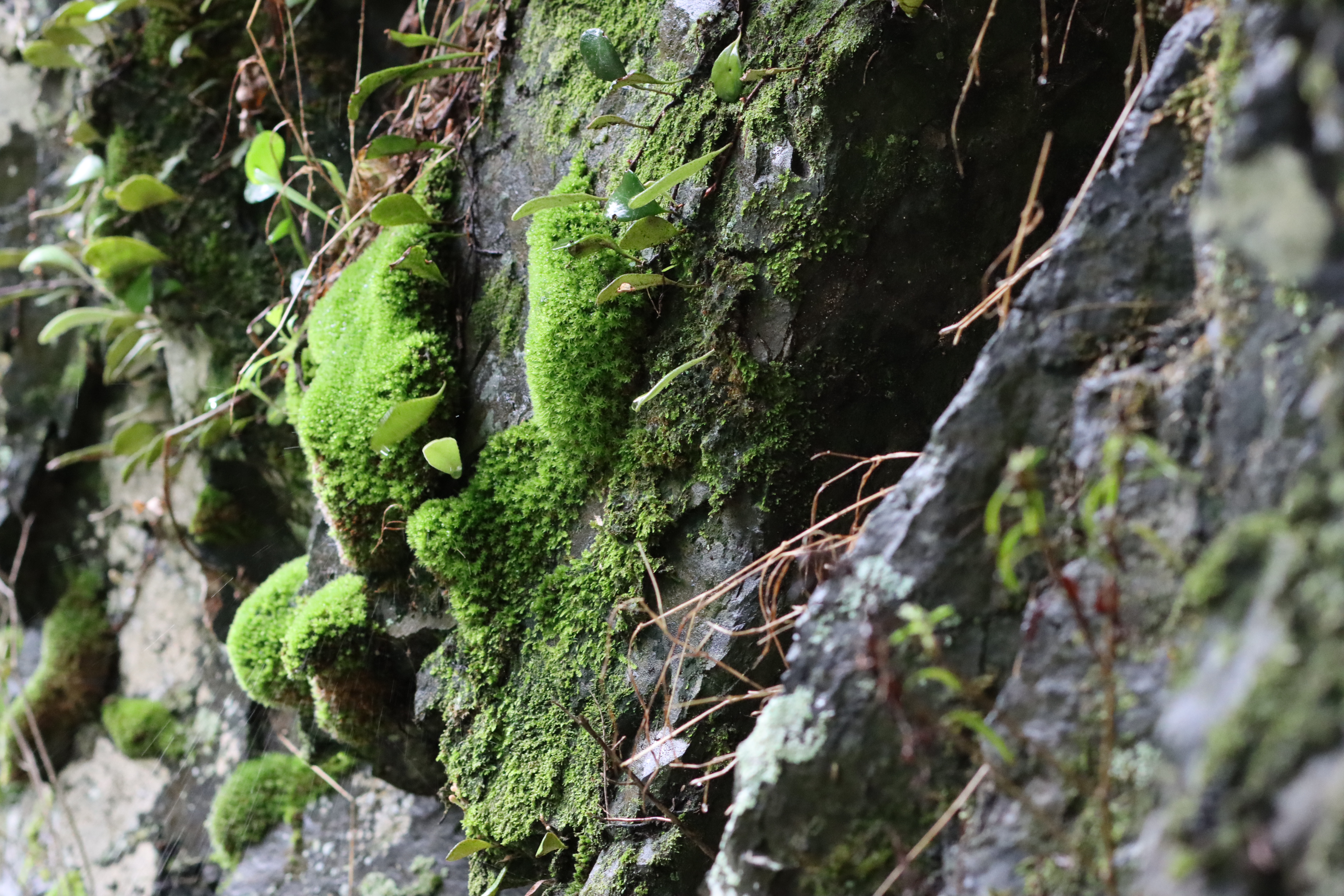
Mr EC
Mr EC is of Ngāti Maniapoto and Ngāti Kurī descent. He suffered from neglect, excessive labour, psychological and physical abuse from his foster carers. Mr EC was separated from his siblings and moved to multiple foster placements and borstal before spending time in prison. Mr EC spoke about his experiences and the impacts that foster care has had on his life and family relationships.
Watch: Witness statement of Mr EC for the Foster Care public hearing
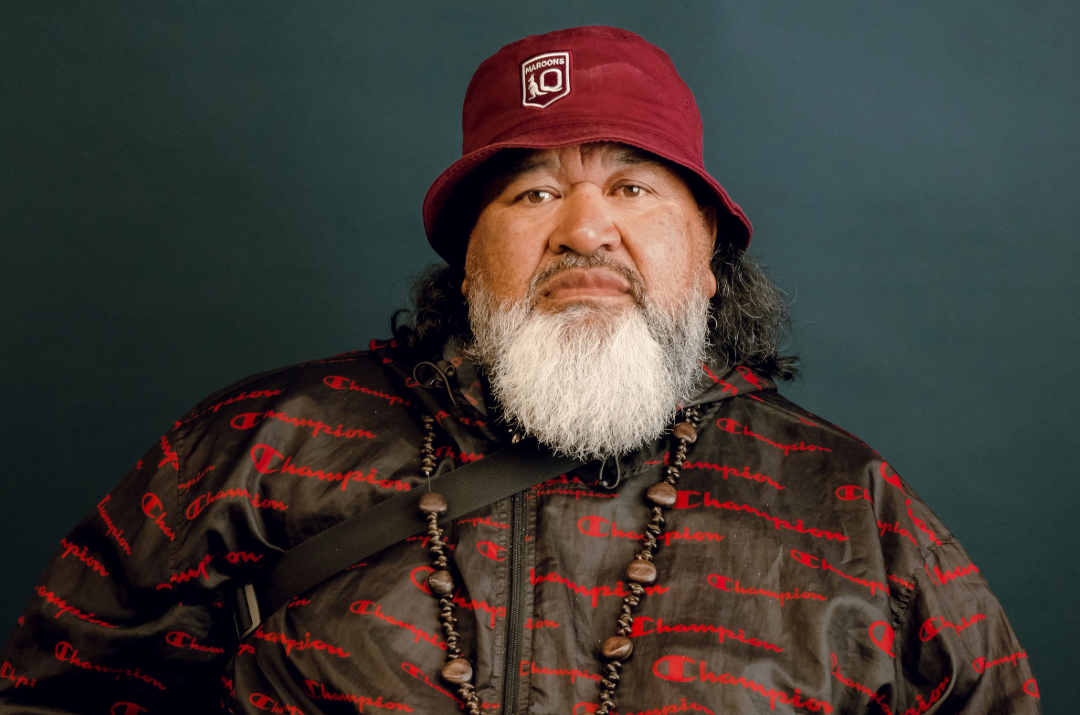
Fa’afete Taito
Mr Taito gave evidence to the Inquiry about his experience as a Samoan New Zealander being removed from his family as a child following intervention by the State. He was made a state ward and sent to Owairaka Boys’ Home in the 1970s, and the abuse and neglect he experienced in care led him to becoming a fully patched gang member at the age of 17. Mr Taito spent many years in the gang and criminal lifestyle before leaving that behind to embark on study in 2009. He now holds a Bachelor of Arts from the University of Auckland with a double major in Sociology and Māori.
Watch: Statement of Fa'afete Taito at the Contextual Hearing
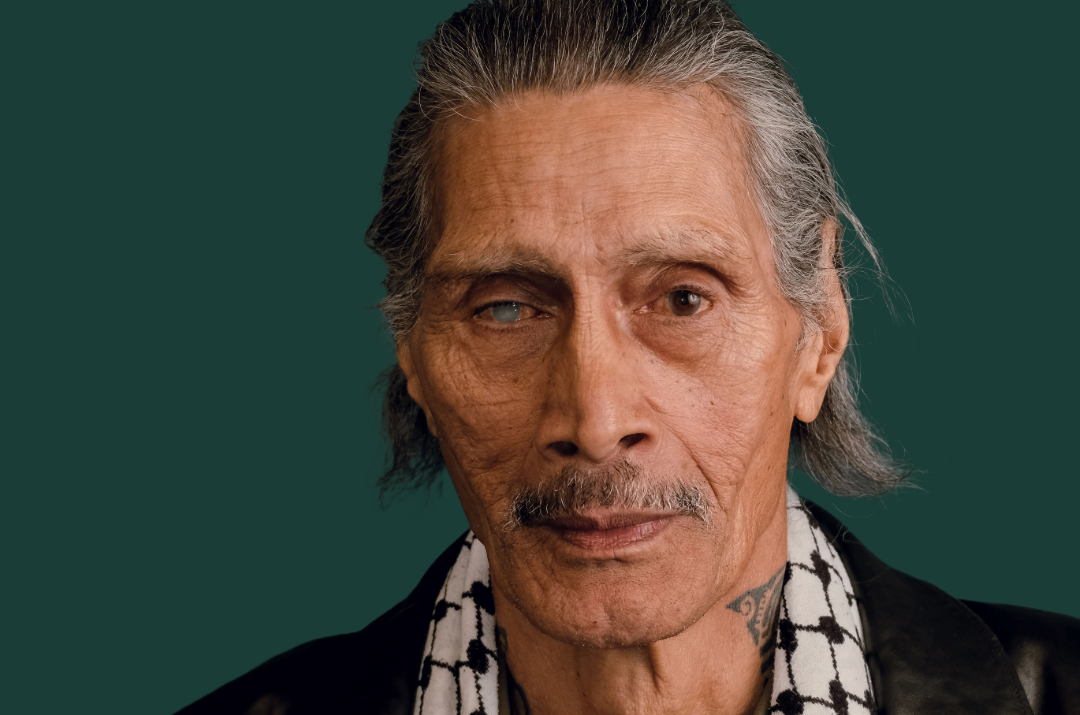
Fa'amoana Luafutu
Fa’amoana Luafutu came to New Zealand from Samoa when he was 8 years old. On the first day of school his teacher was unable to pronounce his name and told him that his name would now be ‘John’. Fa’amoana spent time in Owairaka Boys’ Home, Kohitere Boys’ Training Centre and other foster placements where he experienced abuse. He has told his story through theatre, writing, creative arts and music in the hope that sharing his experience through these mediums will help Pacific people in their own journeys.
Watch: Statement of Fa’amoana Luafutu for Tulou - Our Pacific Voices public hearing
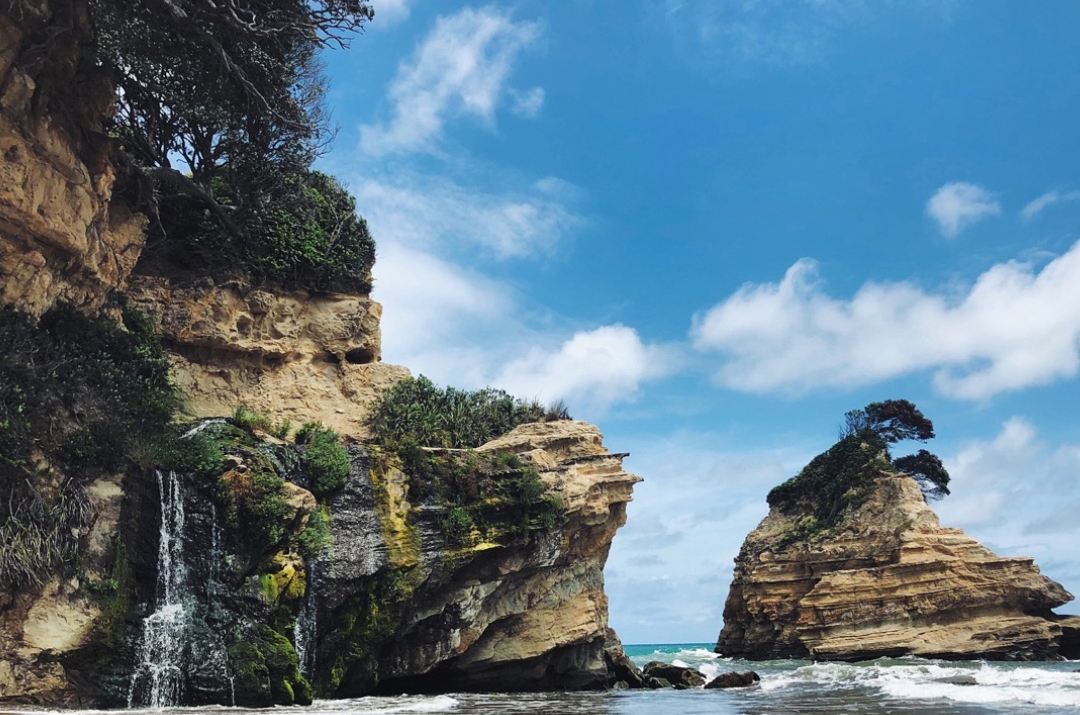
Faithful Disciple
Faithful Disciple was born and raised in Gloriavale, and stayed there until he and his family left the community in 2021. He shared his experience of living at Gloriavale with the Inquiry in the hope of shedding a light on practices within the community. He wants to ensure no one else will suffer in the future, and would like to see the leaders held accountable for the harm they have caused or have allowed to occur.
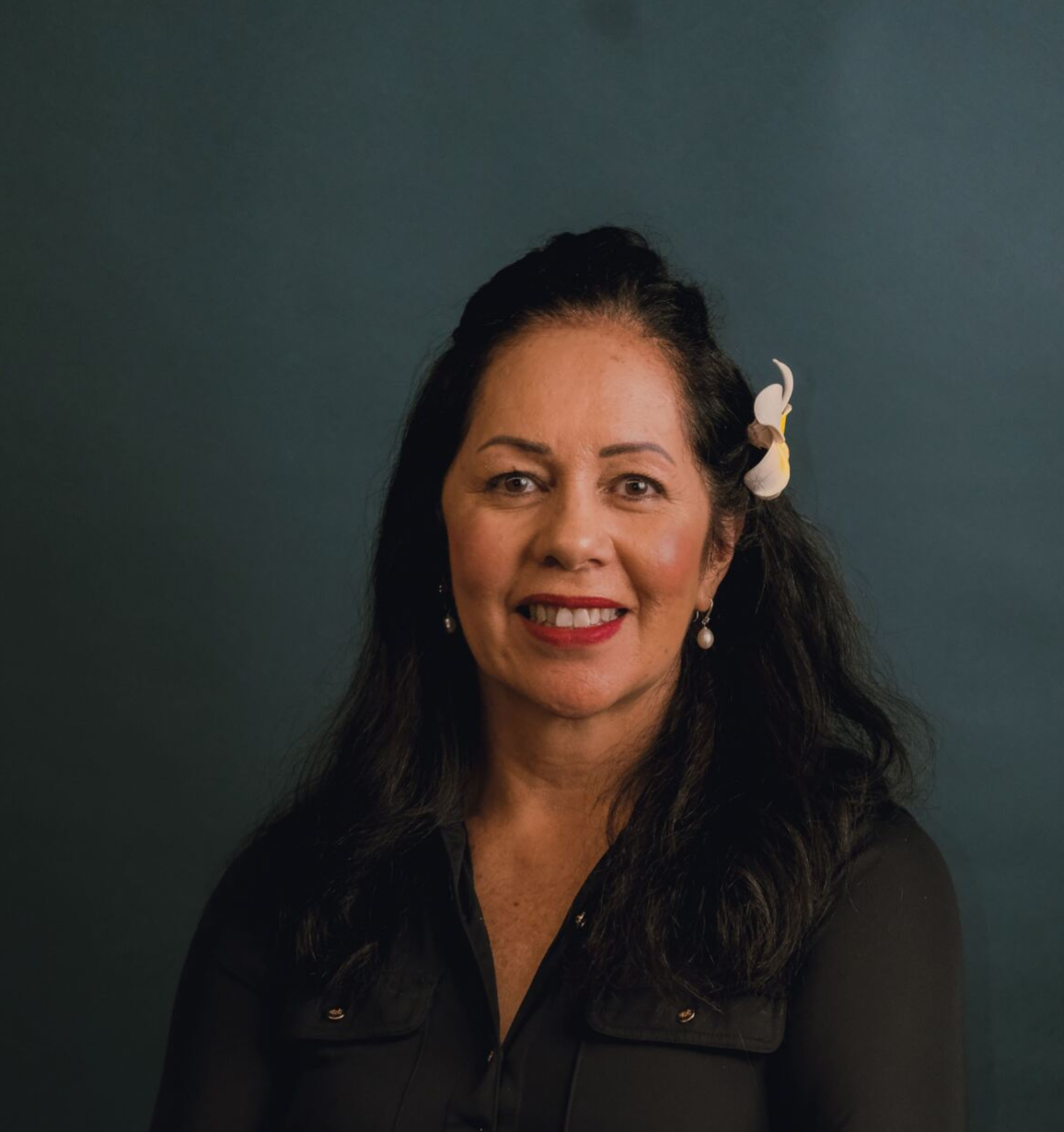
Frances Tagaloa
Frances, who is of Pacific descent, experienced sexual and emotional abuse in the early 1970s when she was a primary school student. The abuser was a Marist Brother who taught at the nearby Marist Brothers intermediate school in Ponsonby, Auckland. In sharing her experience with the Commission, Frances addressed the cultural and other barriers she experienced in disclosing the abuse, and how the abuse has affected her. She also discussed the Catholic Church’s redress process, and her views on how the Catholic Church might prevent abuse in the future.
Watch: Statement of Frances Tagaloa for the Faith-based Redress hearing
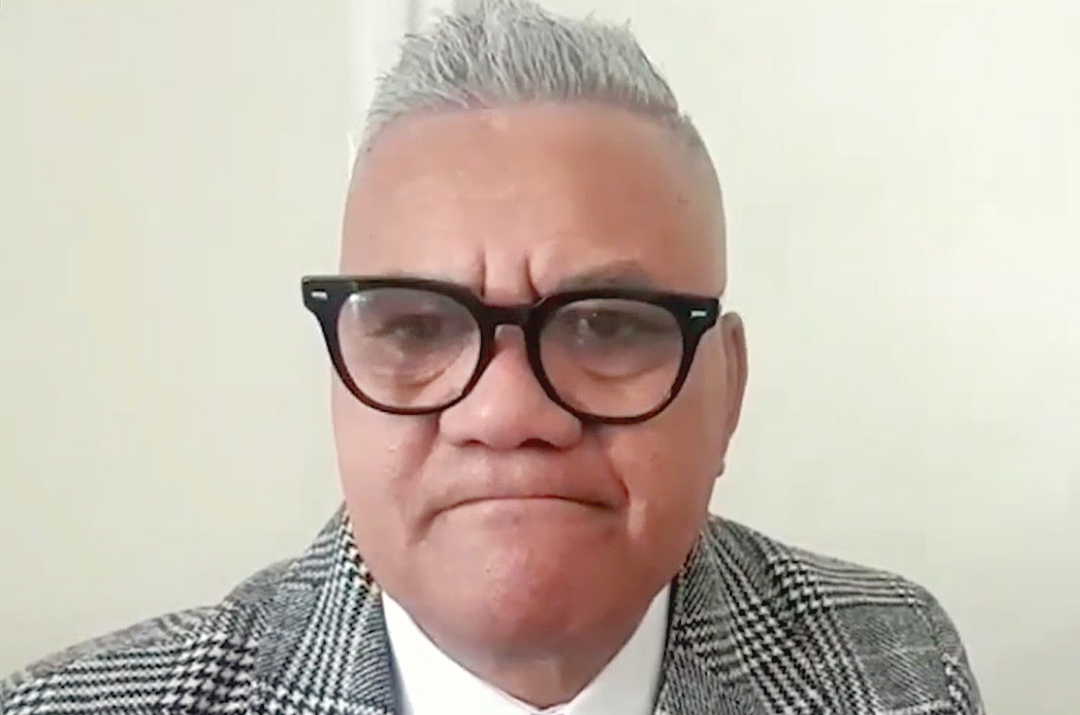
Fred Rawiri
Fred Rawiri is of Māori descent who now resides in Australia. Prior to his admission to the Lake Alice Child and Adolescent Unit, he was sent to Hamilton Boys’ Home and Hokio Beach School. Due to loneliness, he was given a psychiatric assessment and subsequently sent to Lake Alice. Mr Rawiri gave evidence on his life after Lake Alice, including redress, coping with stigma and how his emotional trauma impacts his everyday life.
Watch: Statement of Fred Rawiri for Lake Alice Child and Adolescent Unit hearing
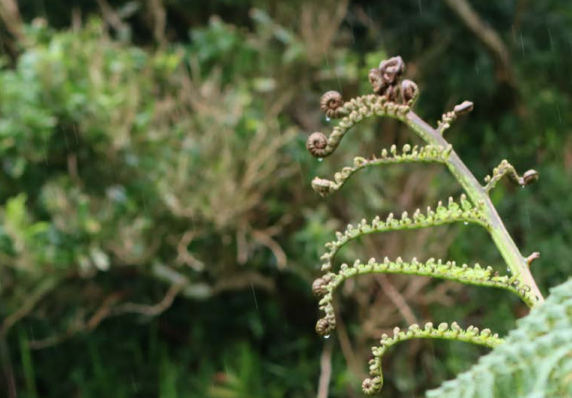
Ms FT
Ms FT has Cook Islands whakapapa and a strong affinity with Māori culture. She entered care at the age of 15 and spent time in both Epuni Boys' Home and Weymouth. She experienced violence while in care and received no support on leaving care. She is currently serving time in Auckland Women's Prison.
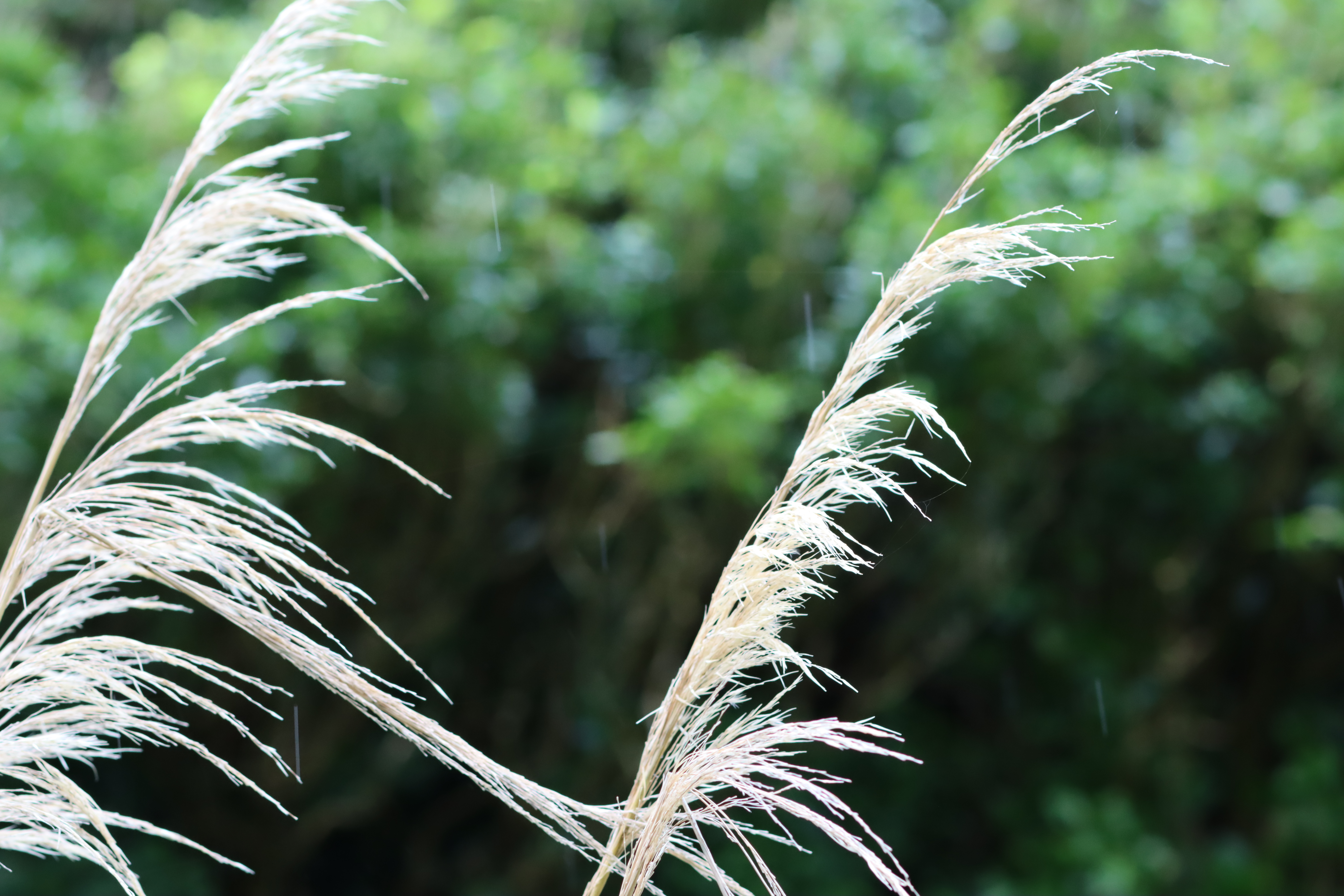
Mr G
Mr G’s evidence outlined the abuse he experienced at Marist Brothers’ School in Whanganui. In late 2019, Mr G made a complaint to the National Office for Professional Standards after seeing an Otago Daily Times article which named his abuser as a serial offender who had been the subject of multiple complaints to the Marist Brothers. Mr G’s complaint to the National Office for Professional Standards has not been resolved, but his desired outcomes are a written apology, an acknowledgement of the issue of abuse within the Catholic Church, and an ex-gratia payment.
Watch: Statement of Mr G for the Faith-based Redress hearing
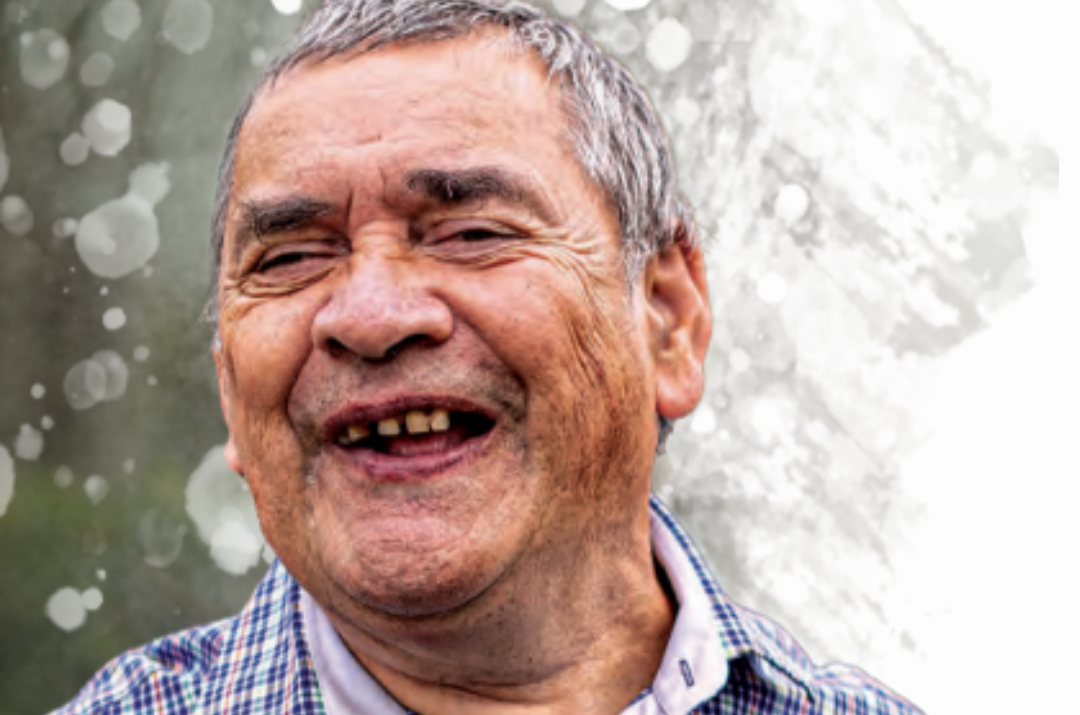
Gary Williams
Gary Williams MNZM (Ngāti Porou) was placed in care as a 13-year-old and left care in his 40s. He has been influential in driving change for disabled people and Māori for over four decades. He works as a specialist consultant to the disability, government and NGO sectors. He's a proud trustee of Ngā Hau e Whā National Marae in Ōtautahi and other NGOs, and a member of the Royal Commission’s Survivor Advisory Group of Experts.
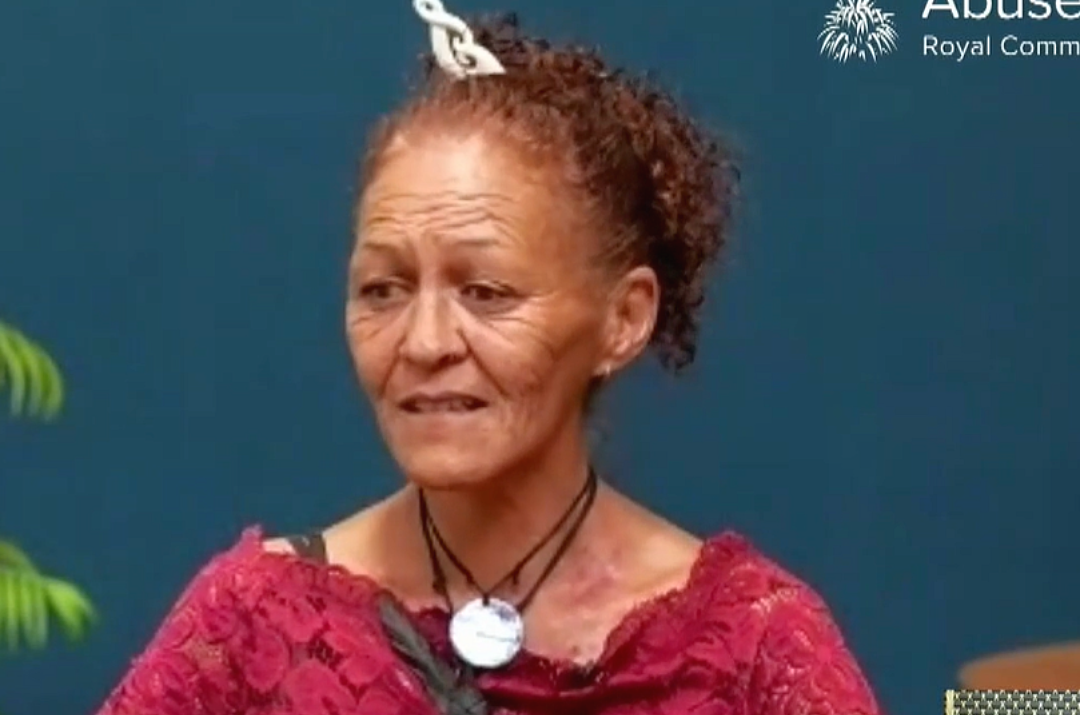
Glenda Maihi
Glenda Maihi is of Te Arawa descent. She was placed into foster care by the Department of Social Welfare from the age of five. Glenda shared her experience of the physical and psychological trauma she experienced during these placements, and her lived experience of being in foster care in the hope that the system will do better for other children. Glenda also discussed recommendations as she does not want other children to endure what happened to her.
Watch: Witness statement of Glenda Maihi at the Māori public hearing
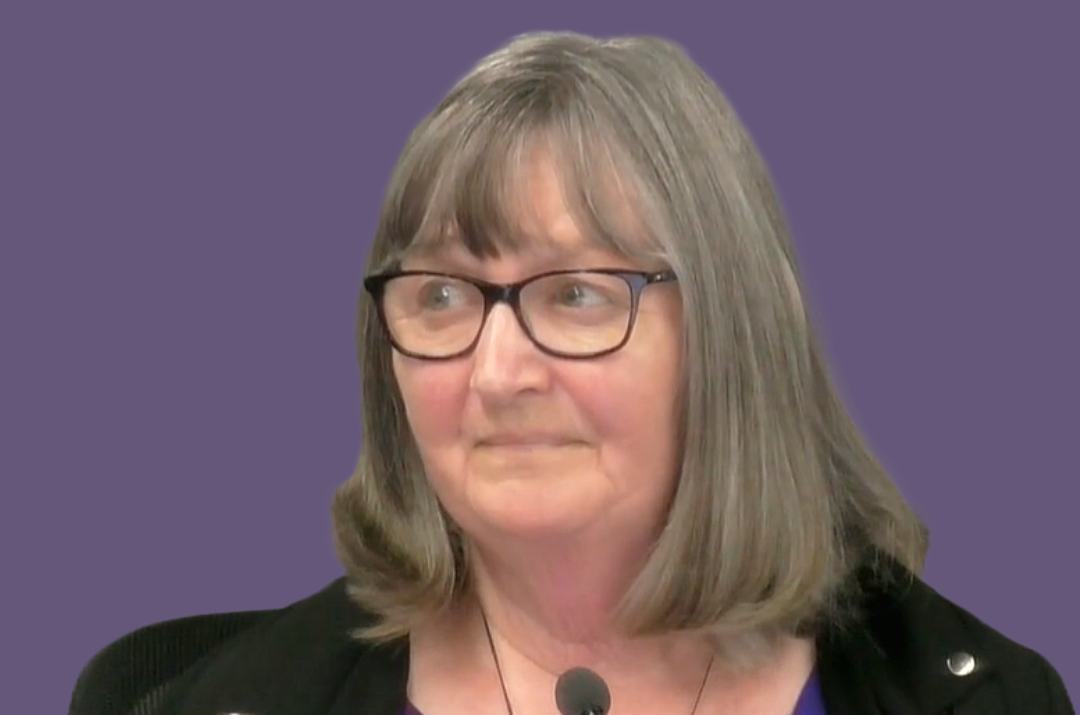
Gloria Ramsay
Gloria is both a survivor of abuse and someone who has worked on one of the Church’s Abuse Protocol Committees. The abuse she suffered while attending primary school at St Mary’s, Northcote, had a vast impact on her life. Gloria worked for the Church in a volunteer role as a Survivor Advocate for the first Protocol Committee of the Auckland Diocese. She drew on her experiences and her work with other survivors to outline and explain to the Commission the obstacles that exist for those who seek redress.
Watch: Statement of Gloria Ramsay for Faith-based Redress hearing
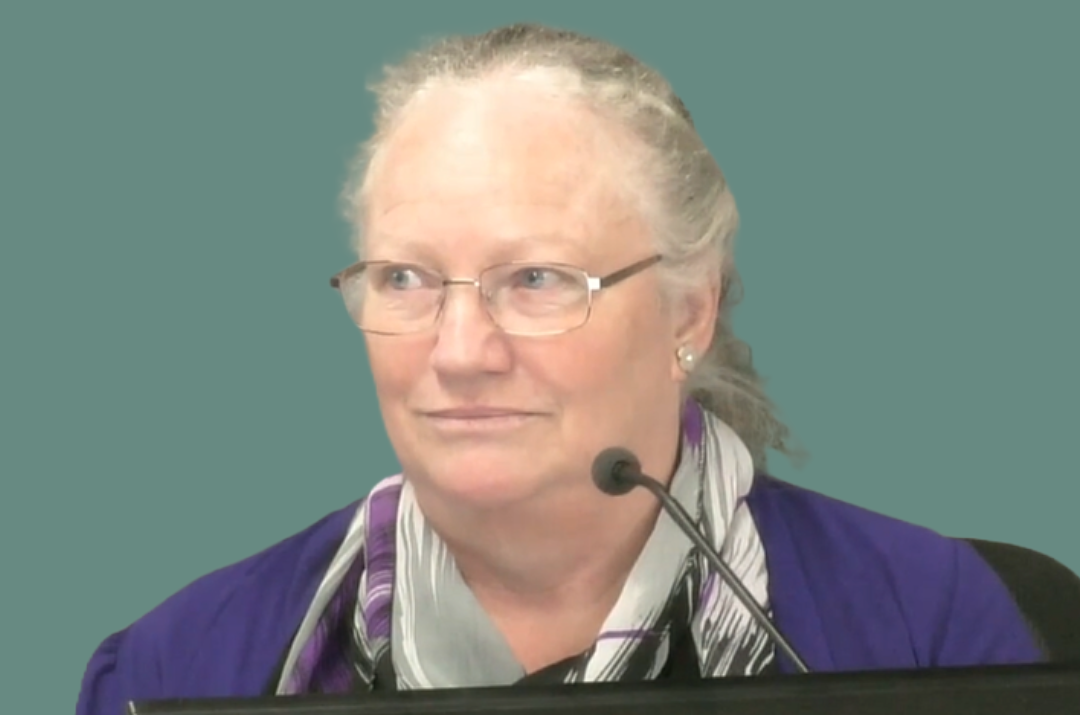
Gloria White
Ms White experienced abuse and neglect at Salvation Army homes The Nest and The Grange. She undertook the redress process with the Salvation Army in the 2000s.
Watch: Statement of Gloria White for faith-based redress hearing
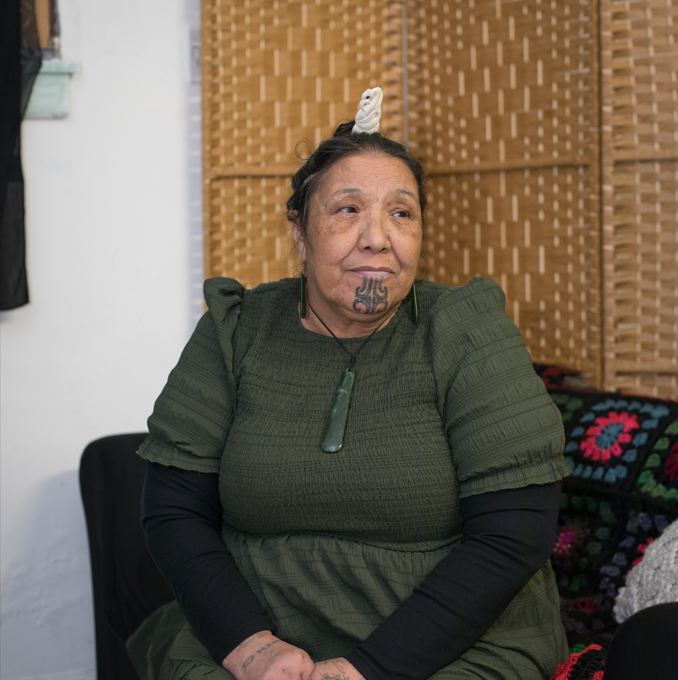
Gwyneth Beard
Ms Beard is a Māori woman of Ngati Porou and Welsh descent. She was placed in Strathmore Girls’ Home and Kingslea Girls’ Home in Christchurch, and Weymouth in Auckland. She gave evidence of the trauma she experienced in State care and the lasting impacts it has had on her life, including her experiences in relationships, and avoiding smear tests as an adult.
Watch: Statement of Gwyneth Beard for Abuse in State children's residential care hearing
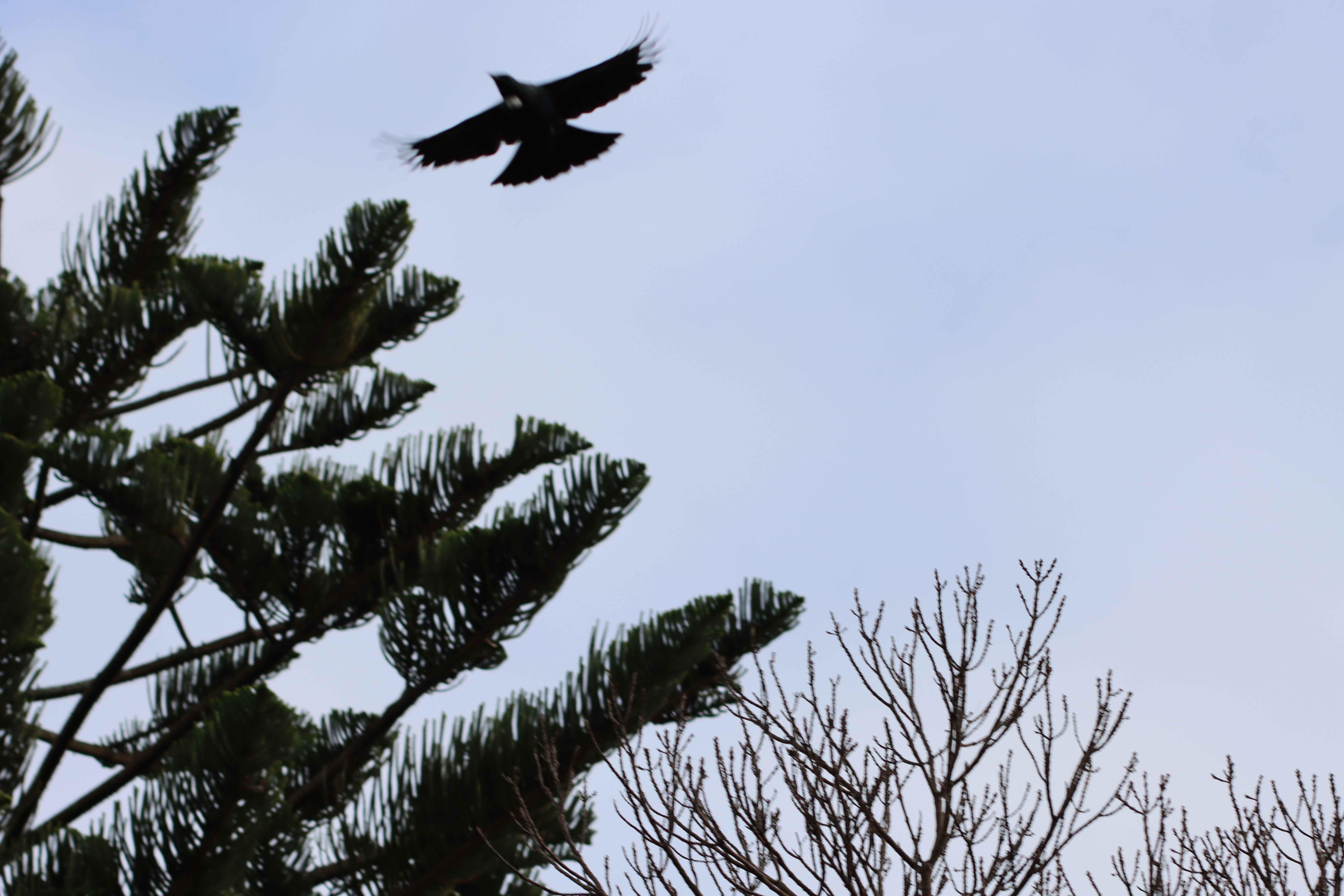
Mr F
Mr F gave evidence about the abuse he experienced in his first year at St Patrick’s College, Silverstream in 1953. The abuse, by the Rector, who was a member of the Catholic Society of Mary, led Mr F to abandon school at the age of 14. Mr F’s evidence sets out how he has engaged with the Church, not only to address the effects of the abuse on his life, but his concern that the Catholic Church is still not dealing effectively with the issue of sexual abuse.
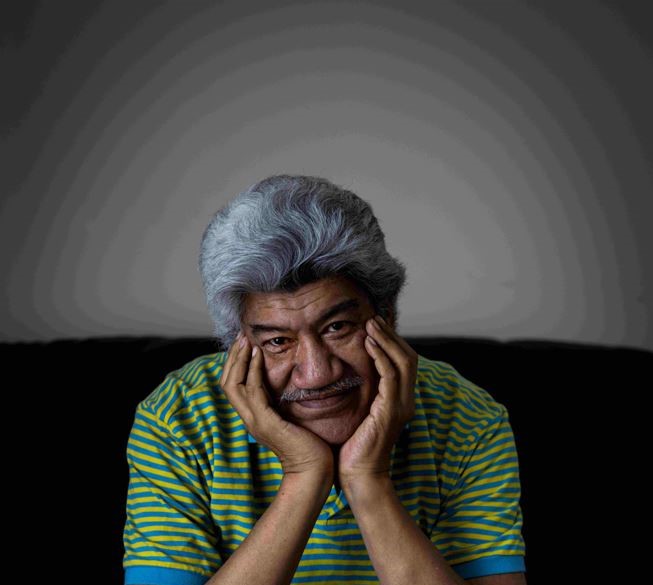
Hake Halo
Hake Halo was 6 years old when he left Niue to come to Aotearoa New Zealand with his family. He was 13 years old when he entered care and spent time in psychiatric hospitals and boys' homes.
Watch Hake's statement at the Lake Alice Child and Adolescent Unit hearing here.
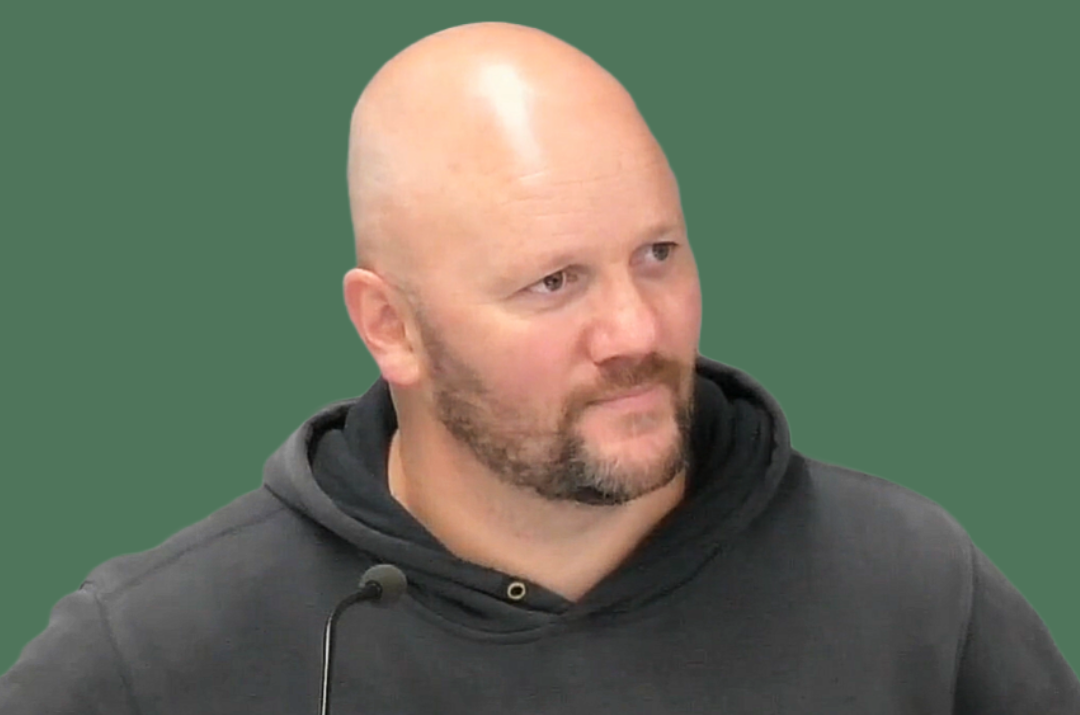
Hanz Freller
Mr Freller is a Hebron Trust survivor who was a resident there from 1990 to 1992. Mr Freller shared his experience of being sexually abused by Brother McGrath as a teenager and the response he received when he made his first disclosure. He also described the lasting impact it has had on his life, and his redress with the St John of God order.
Watch: Witness statement of Hanz Freller for the Marylands School public hearing
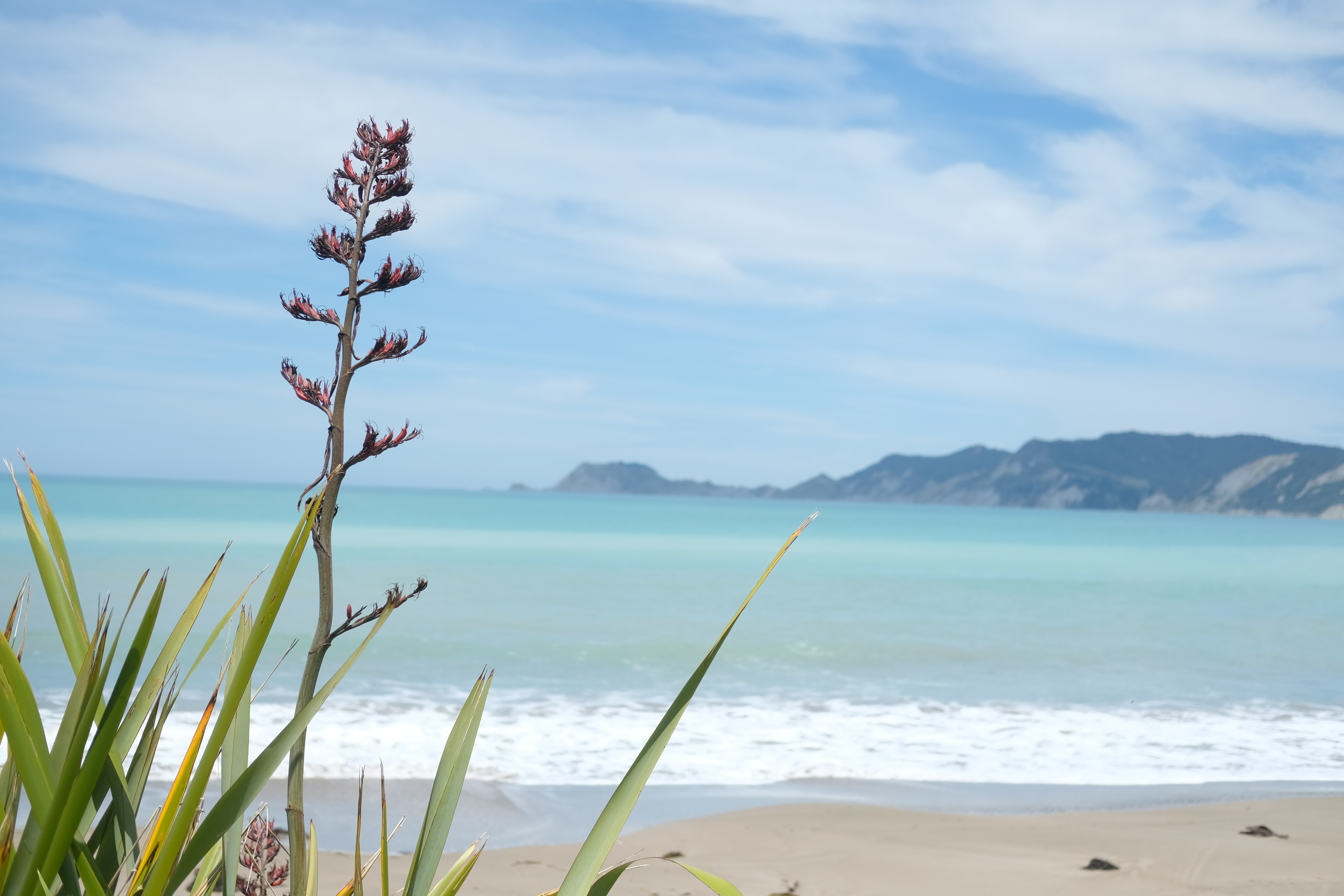
Harris whānau – Te Enga, Joyce, Mereani and Stuart
Four members of the Harris whānau, who all suffered abuse in State care at a young age, spoke to the Inquiry.
Watch: Witness statement of Harris whānau at the Māori public hearing
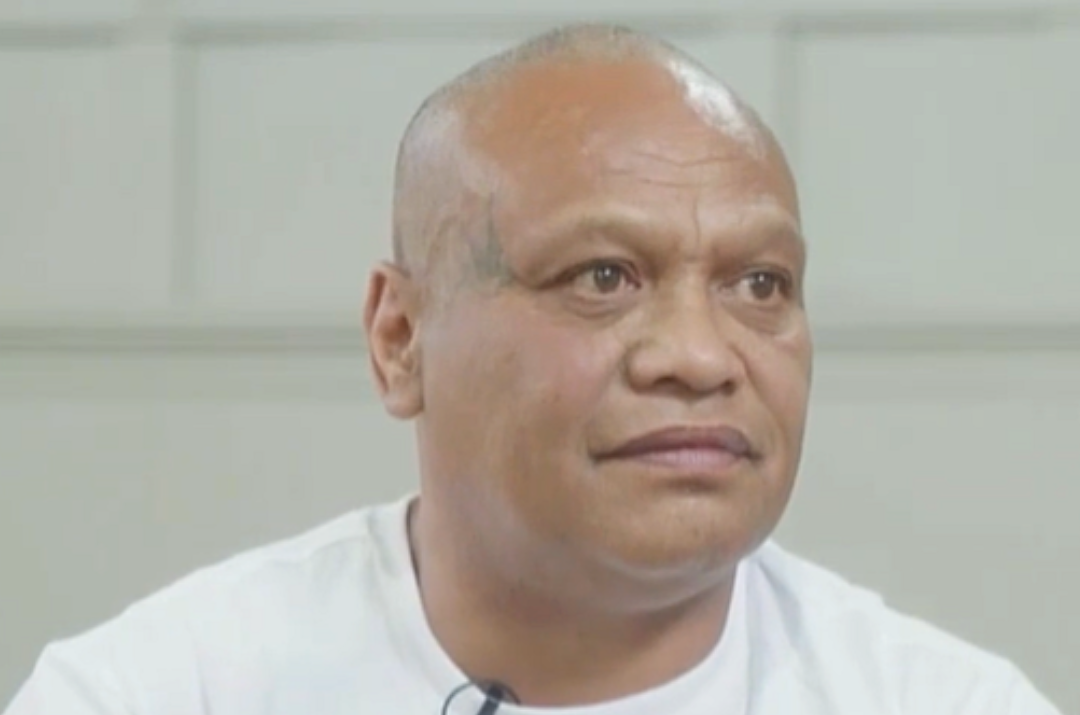
Harry Tutahi
Harry Tutahi was taken into care as a young child and spent time in many State facilities, including Epuni Boys’ Home, Holdsworth and Hōkio Beach. Harry shared how his lived experiences of abuse in these facilities inevitably led to him spending time in prison as a teenager and then as a young adult. Harry also spoke of the impacts the abuse has had on his life.
Watch: Witness statement of Harry Tutahi at the Māori public hearing
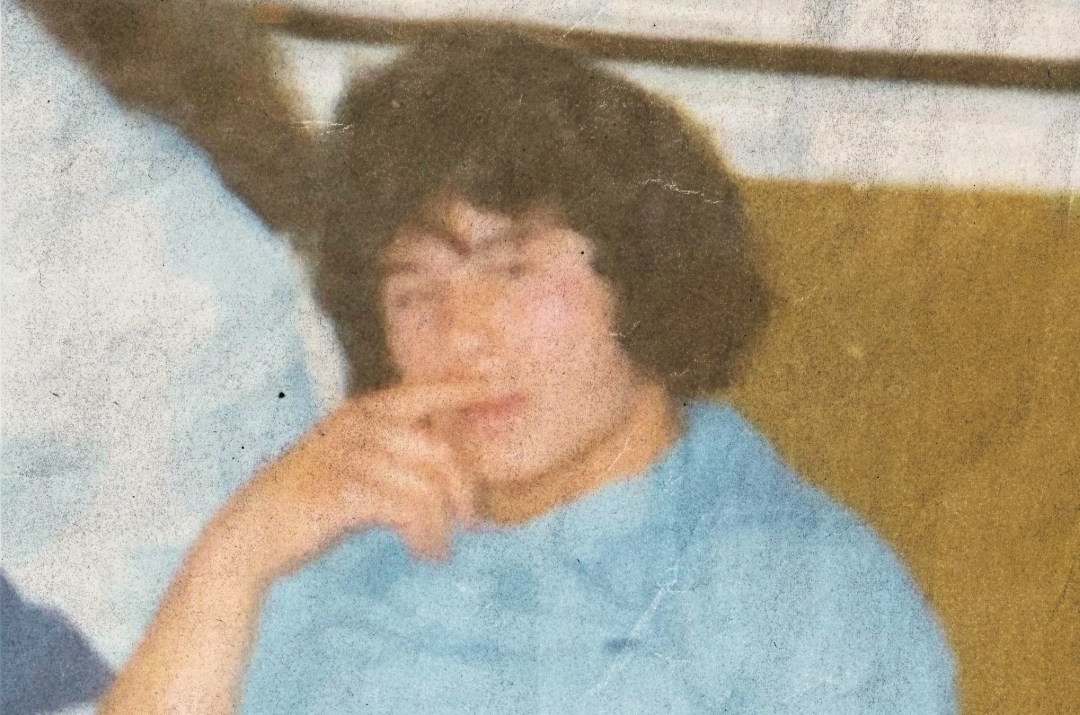
Hēmi Hema
Hēmi Hema is of Māori (Whakatōhea, Ngāti Kahungunu) descent, and entered care at 5 years old. Hēmi was born Deaf and attended Van Asch College in Ōtautahi Christchurch, and Kelston School for the Deaf in Tāmaki Makaurau Auckland. While in care he experienced both sexual and physical violence, as well as racism. Hēmi is president of Tū Tāngata Turi, a registered charitable entity for Māori Deaf, and in 2012 he received a Queen’s Service Medal for his services to the tāngata Turi Māori community.
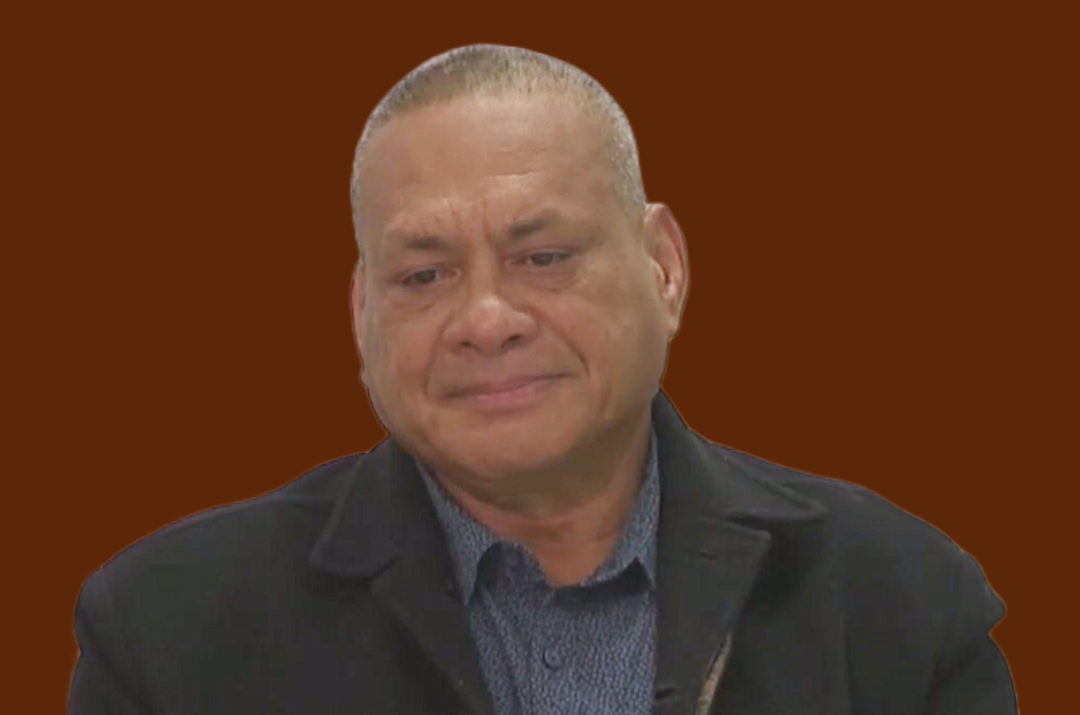
Hohepa Taiaroa
Hohepa Taiaroa is from Tūwharetoa and Ngāti Kahungunu ki Heretaunga. His life was turned upside down with the separation of his parents. He lived on the streets and came to the attention of the Department of Social Welfare and Police. He shared how institutional racism has led to the deprivation and loss of his language, culture, identity and name. Hohepa shared his experience of the abuse he experienced at various residences and how his time in those settings set him on his pathway to prison.
Watch: Witness statement of Hohepa Taiaroa at the Māori public hearing
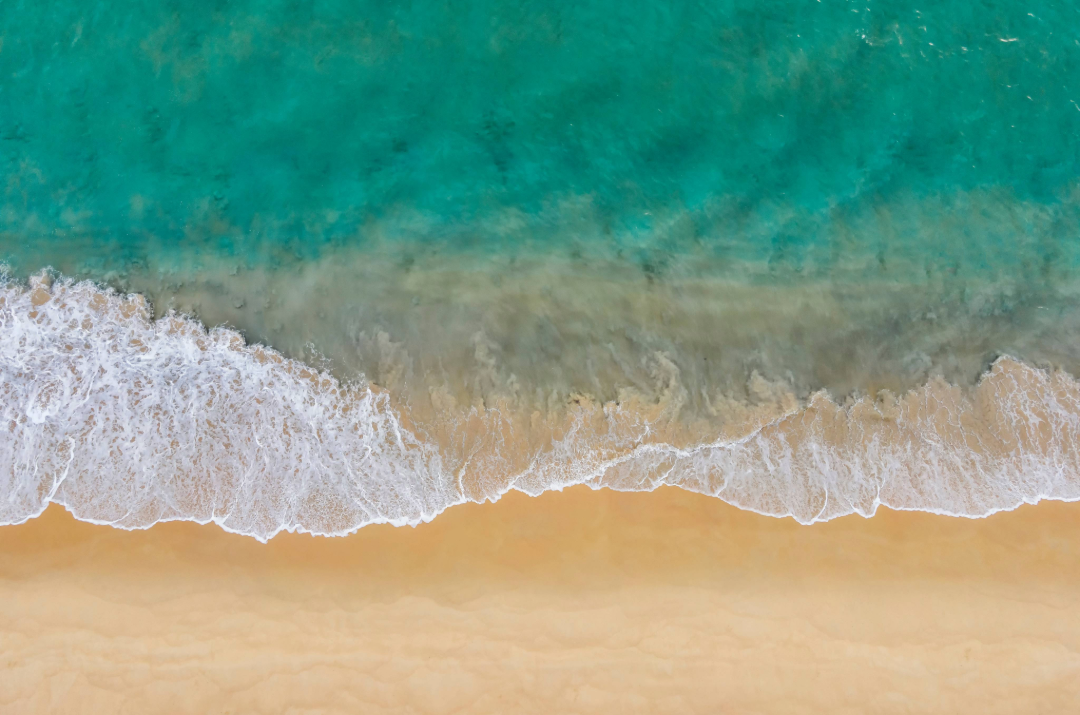
Hopa whānau
The Hopa whānau – Maryjane, Alec, Christine, Denise, Heather, Stephanie and Sonny – are a large family of siblings from Taitoko Levin who all went into care after their mother left. The whānau were in a range of care facilities, including foster homes, health camps and psychiatric institutions. The whānau shared their experiences in care with the Commission as a whānau so they could go through the healing process together.
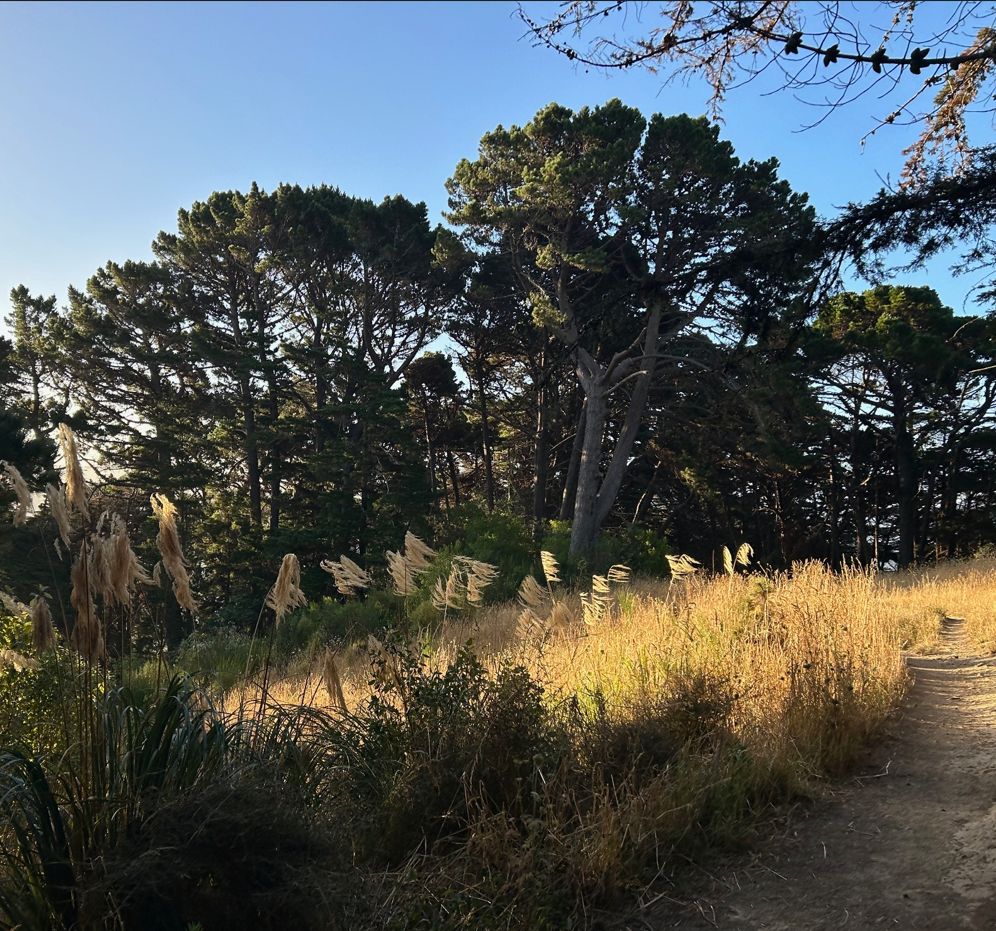
Mr HZ
Mr HZ was 7 years old when he was taken off his parents and put into foster care. This was the beginning of his suffering in care. At the age of 9, Mr HZ was admitted to Lake Alice psychiatric hospital where he received electric shocks and was sexually abused. He was then sent to Marylands School, where he experienced more physical and sexual abuse.
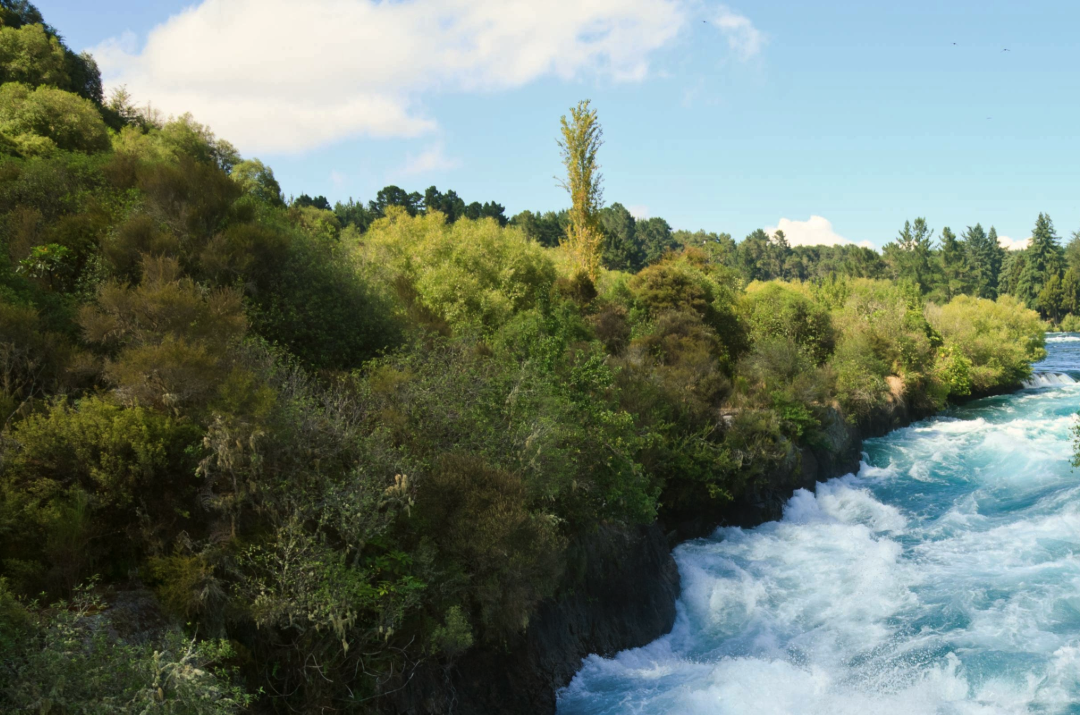
Ms HA
Ms HA is of Māori (Ngāi Tūhoe) descent. She entered care at 10 years old, and has spent time in St Joseph’s Orphanage, girls' homes, borstal and prison. Ms HA has two brothers and two sisters who also went into care, but the siblings were separated and are not close now. Ms HA experienced sexual abuse while in care, and suffers from PTSD and anxiety as a result.
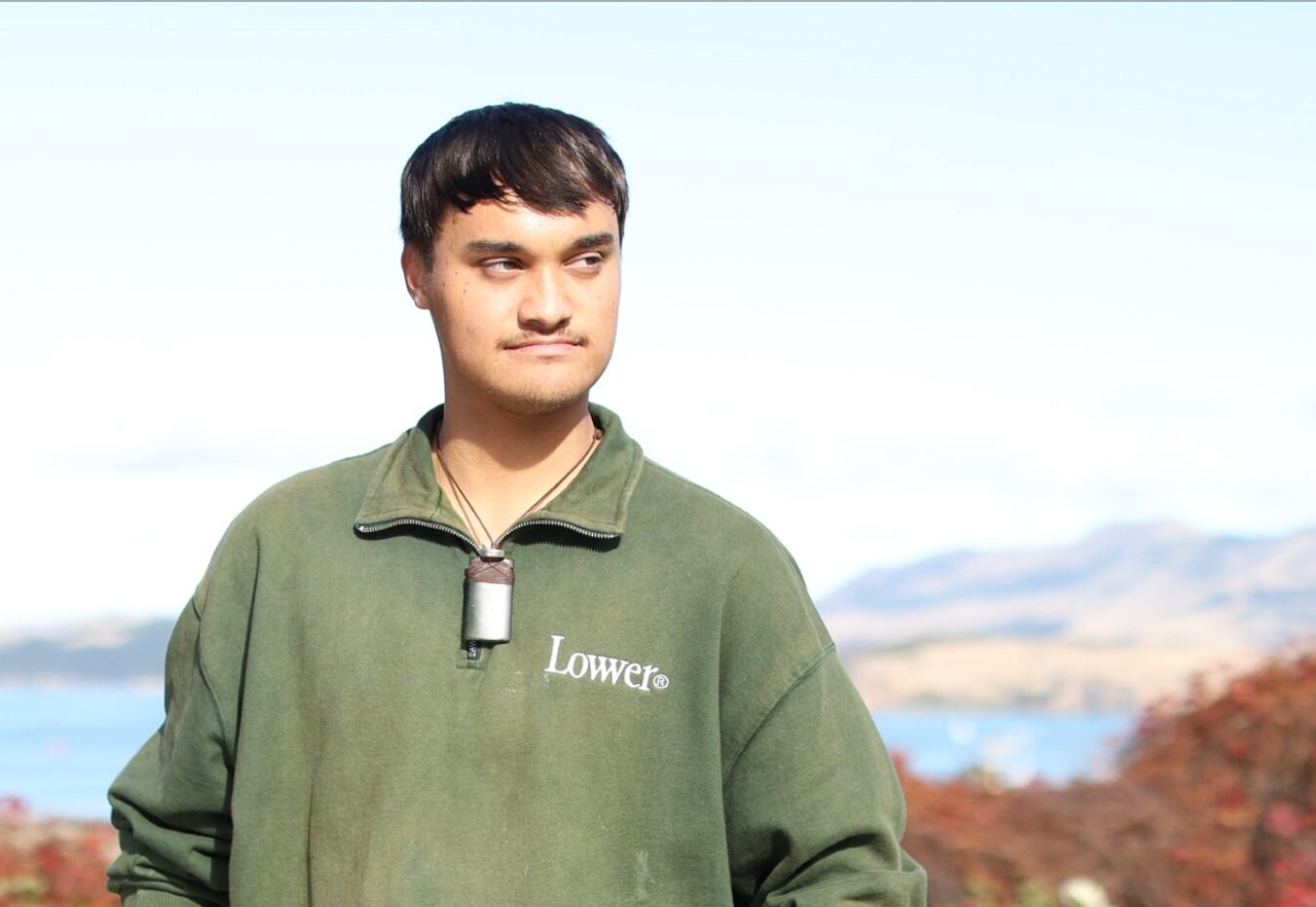
Ihorangi Reweti-Peters
Ihorangi Reweti-Peters is of Ngāti Tūwharetoa, Ngāti Kahungunu and Ngāti Tahu-Ngāti Whaoa descent. He was placed in State care at a very young age. He shared his lived experiences of physical and mental abuse while in the care of Child, Youth and Family Services and Oranga Tamariki. Ihorangi's evidence focused on contemporary experiences of abuse in care.
Watch: Witness statement of Ihorangi Reweti Peters at the Māori public hearing
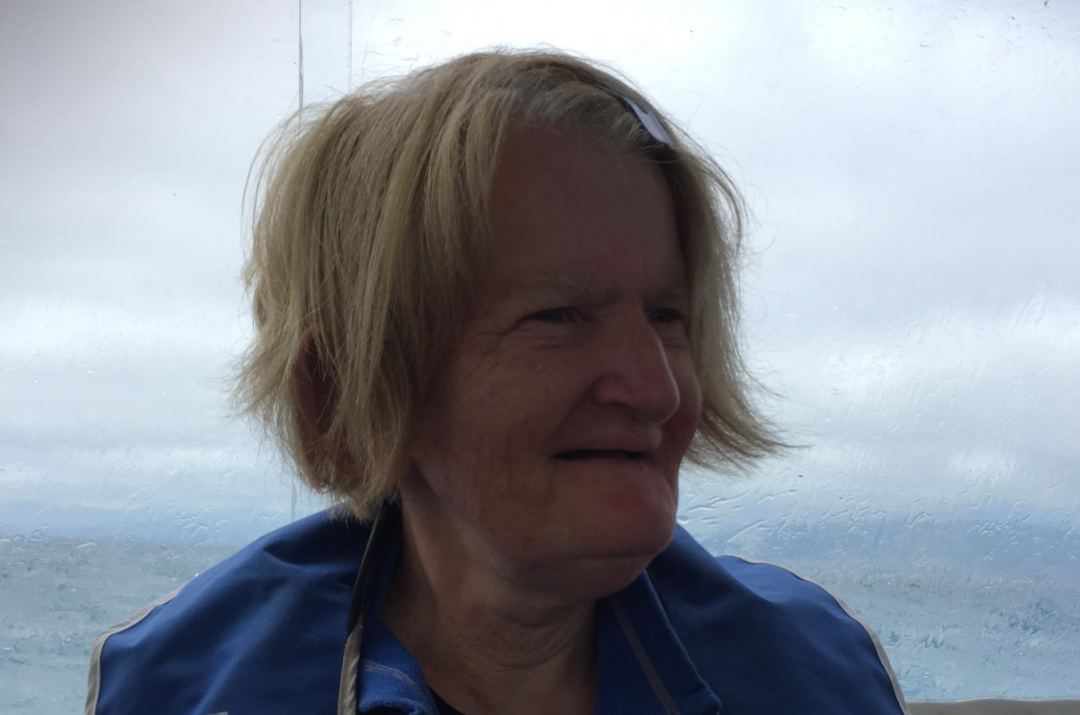
Irene Priest
Irene Priest is of Pākehā descent. Irene is disabled and was placed in Kimberley Centre from age six to 48 (1962– 2004) when Kimberley was closed. She then moved to a community care home. Her sister Margaret spoke to the Inquiry about the extensive emotional, physical, and educational neglect - as well as medical and physical abuse - that Irene suffered in Kimberley. Margaret also discussed the further physical abuse Irene suffered in her community care home and her recommendations for change to disability care.
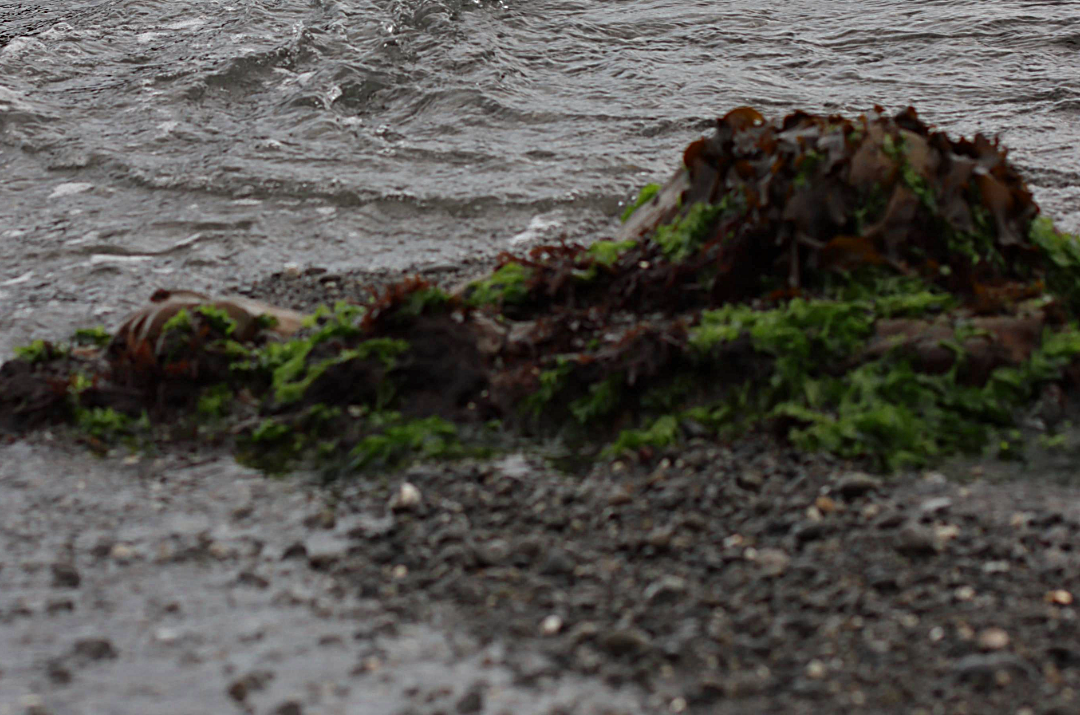
Mr J
Mr J experienced abuse in the Catholic Church, which revolved around the predatory sexual behaviour of a Gisborne Parish priest in the 1950s. Mr J wished to put the record straight regarding the priest’s behaviour and hoped he might motivate others to come forward. Mr J made a complaint to the Catholic Church in March 2020. He made recommendations as to how the Church’s “A Path to Healing” redress process could be improved.
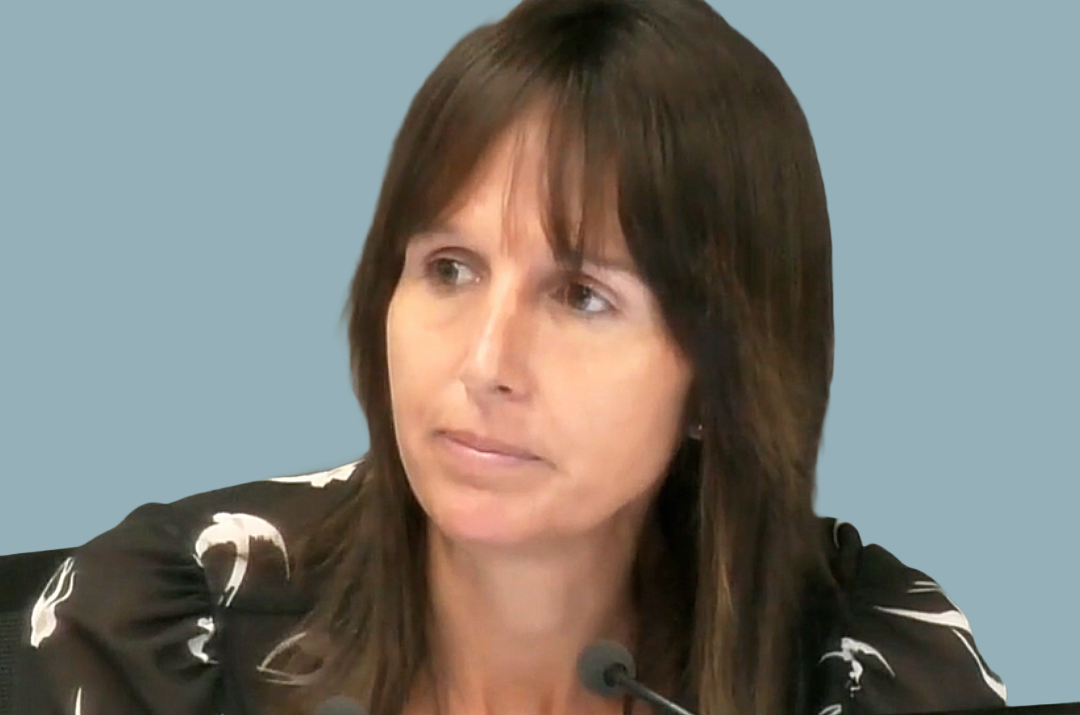
Jacinda Thompson
Jacinda Thompson suffered abuse as a parishioner of the Nativity Anglican Church in Blenheim in the 2000s, by the parish priest. Mrs Thompson gave evidence to the Royal Commission about her efforts to try to obtain redress through the Anglican Church, Police, civil proceedings, Human Rights Commission and the Human Rights Review Tribunal.
Watch: Statement of Jacinda Thompson for the Faith-based Redress Hearing
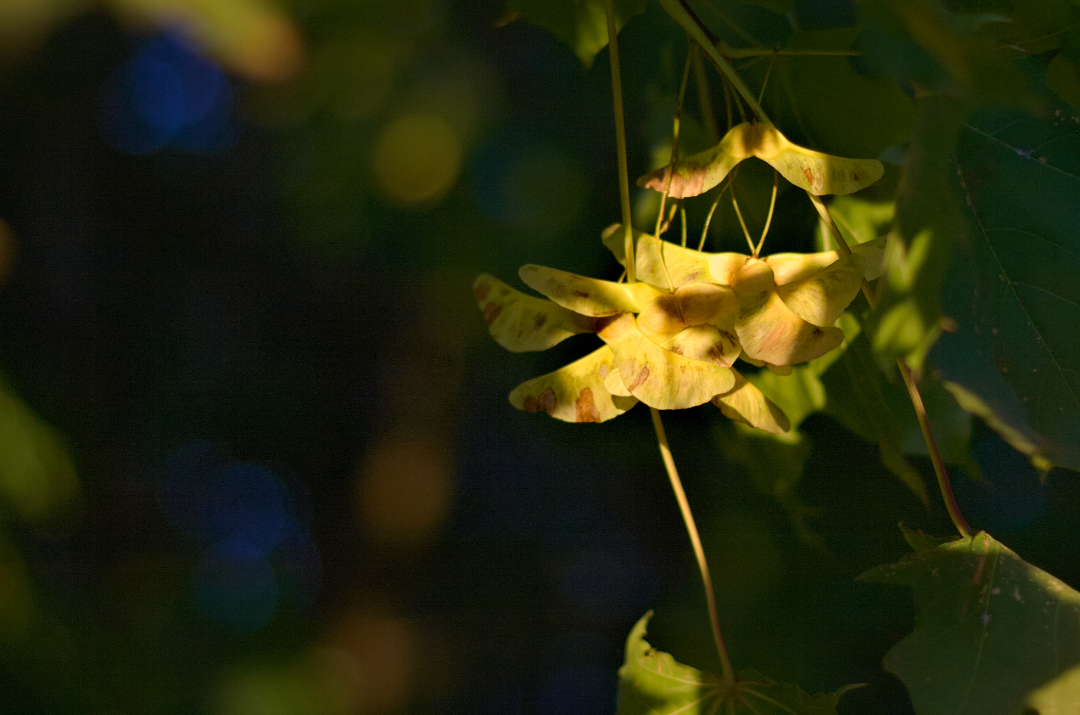
James Packer
James Packer is Ngāti Maniapoto. James is Deaf and has Aspergers syndrome. On his behalf, his mother, Cheryl Munro, gave evidence of the many attempts by him, and his family, to get the Ministry of Education to engage with his claims of abuse in a special Deaf school. She also gave evidence of his claim against the Crown Health Financing Agency for abuse he suffered while admitted as a patient in a psychiatric hospital.
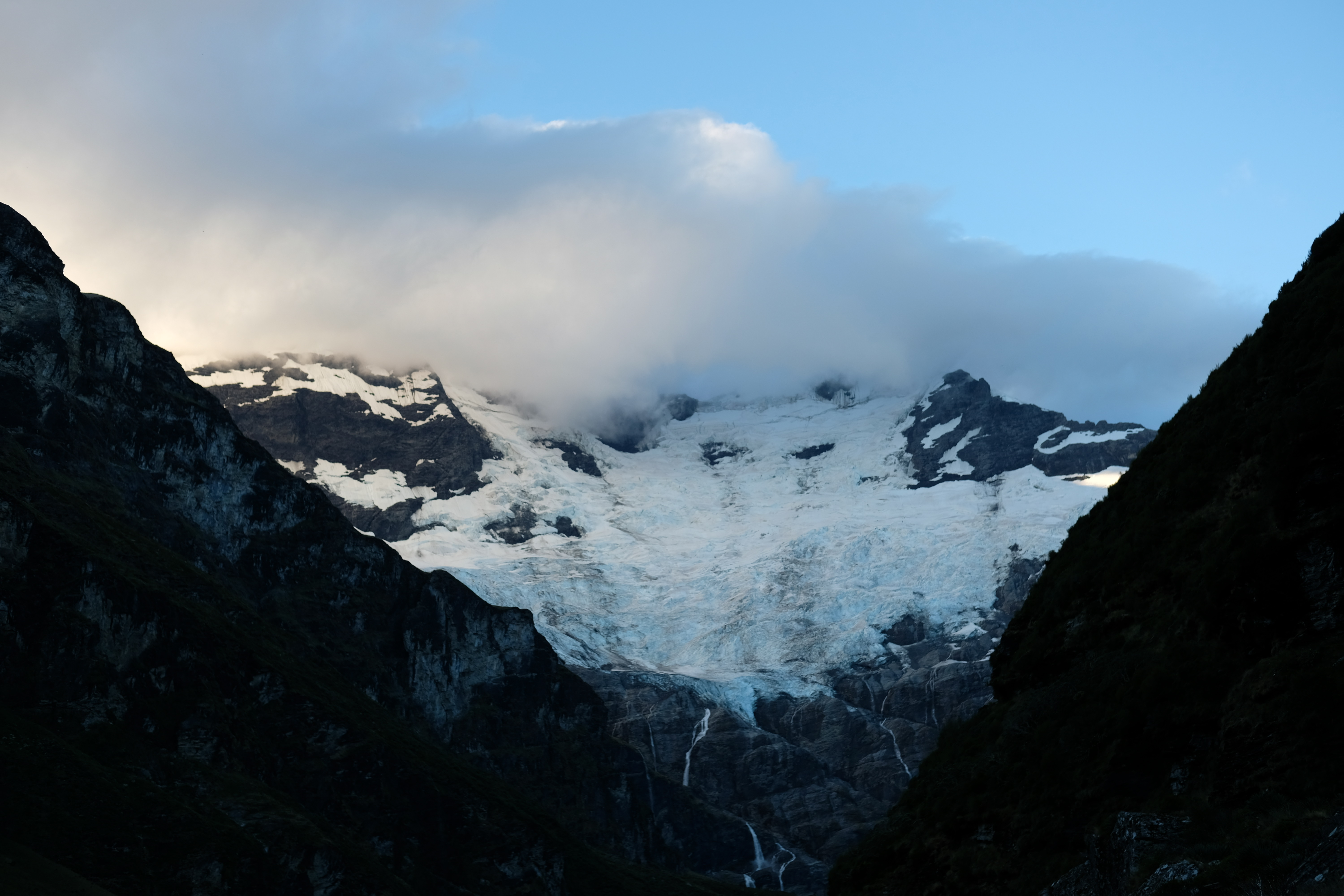
James Tasker
James Tasker was placed at Marylands School after a psychiatric referral. In his statement to the Inquiry, James described the sexual culture at the school and the sexual abuse he suffered by several St John of God brothers and a pupil. James also talked about his disclosure of abuse, how the abuse impacted his life and his experience of making a statement to the Police for their criminal investigation.
Watch: Witness statement of James Tasker for the Marylands School public hearing
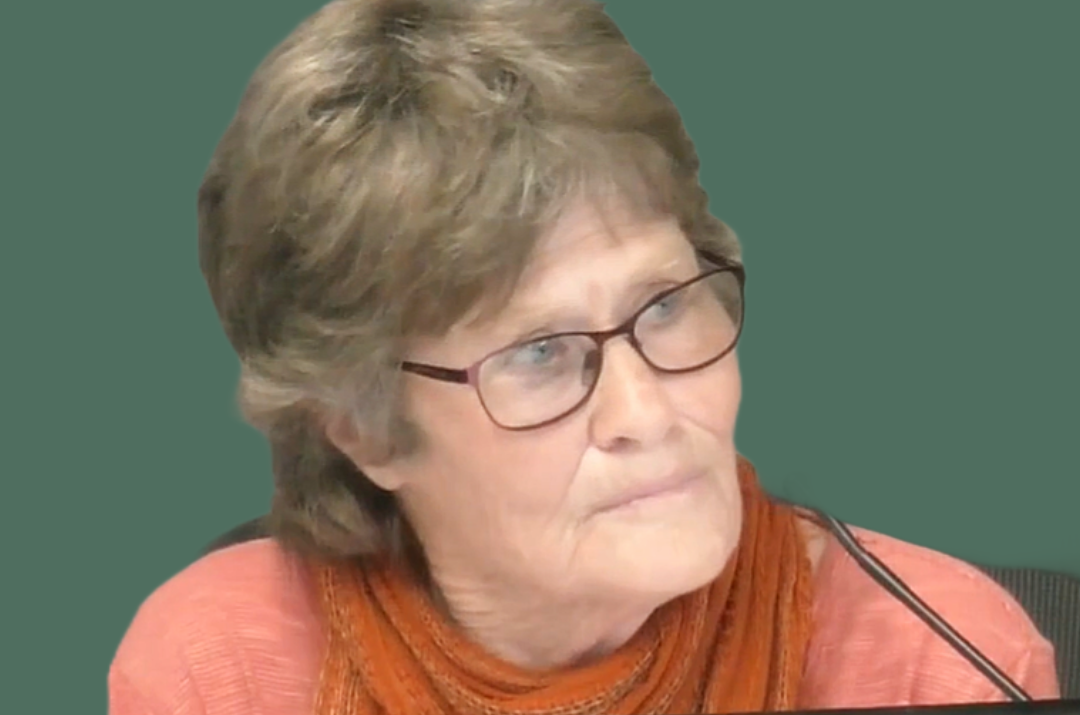
Janet Lowe
Ms Lowe was placed in Hillsbrook Children’s Home, the Salvation Army’s Whatman Children’s Home and foster care, where she suffered abuse. Ms Lowe has made recommendations on changes to the redress process, after efforts were made on behalf of herself and others to obtain redress from The Salvation Army.
Watch: Statement of Janet Lowe for Faith-based Redress Hearing
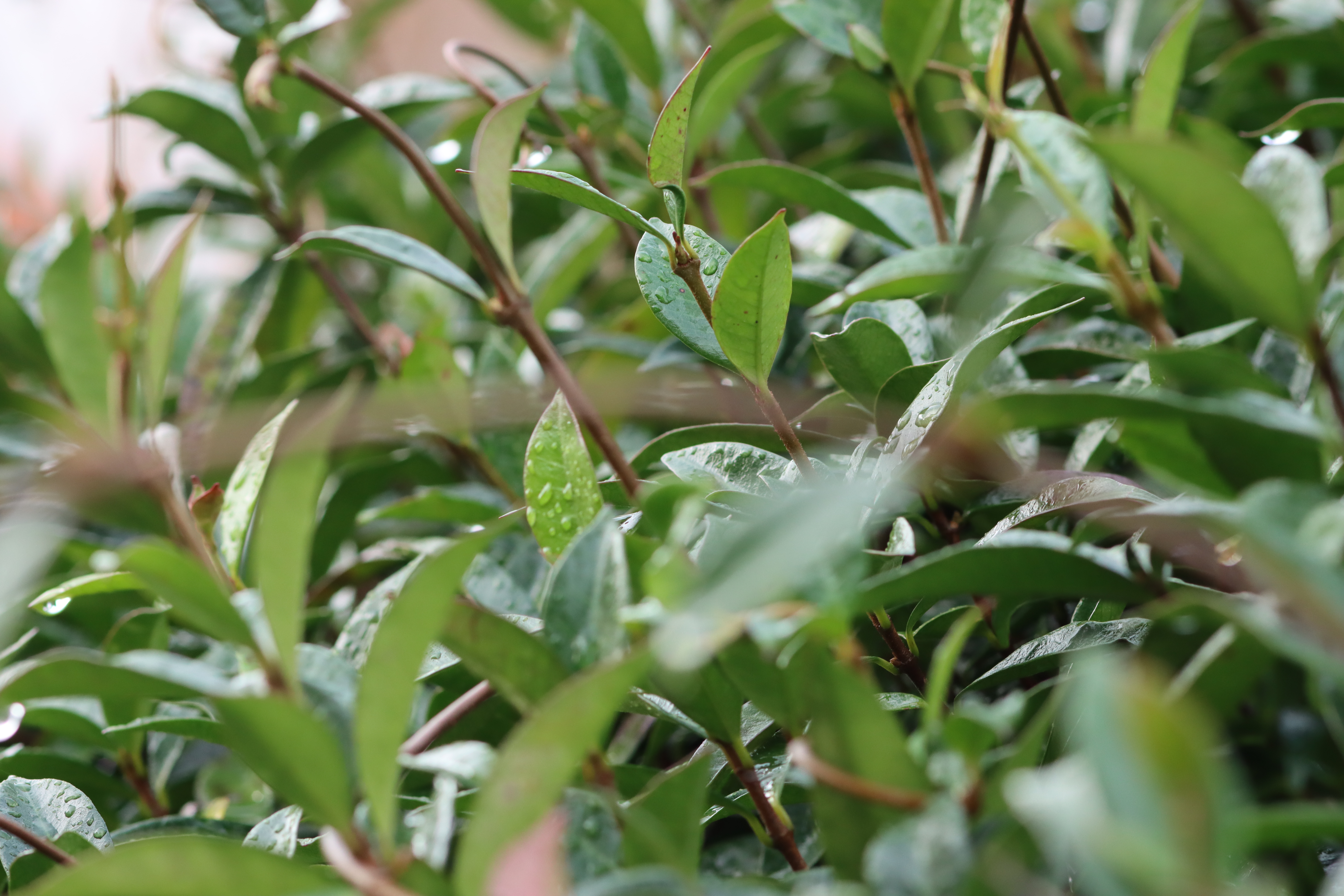
Mr JB
Mr JB is a New Zealand European man with Irish heritage. His parents separated when he was very young. He was placed into care at the age of two, along with his older brother at St Joseph’s Orphanage, Sunnyside Hospital and Methodist’s Children’s Home. He spoke of his experience of abuse, particularly in St Joseph’s, and the experience of applying for redress.
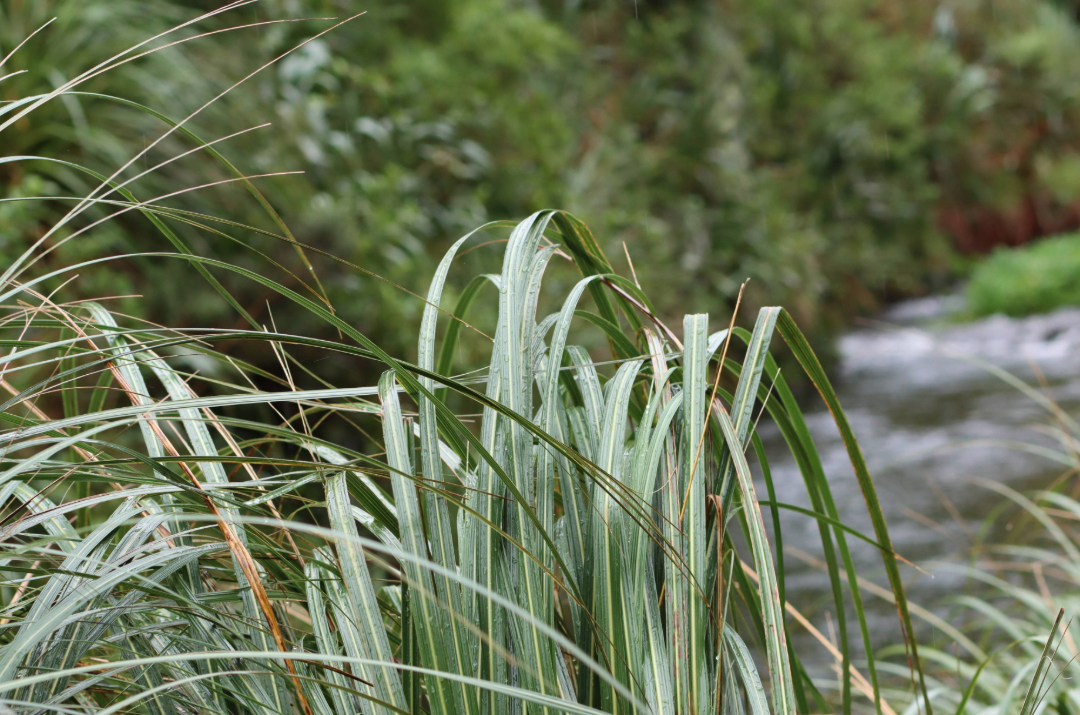
Jesse Kett
Jesse Kett first entered care at the age of 4 or 5, and has since spent time in foster homes, health camps, borstal, and a child mental health inpatient facility. Jesse went to Waimokoia Residential School when he was 8 years old, where he suffered horrific physical and sexual abuse. He also experienced emotional abuse while in care. This had a huge impact on his life, including spending time in prison which he described as being better than his time in care.
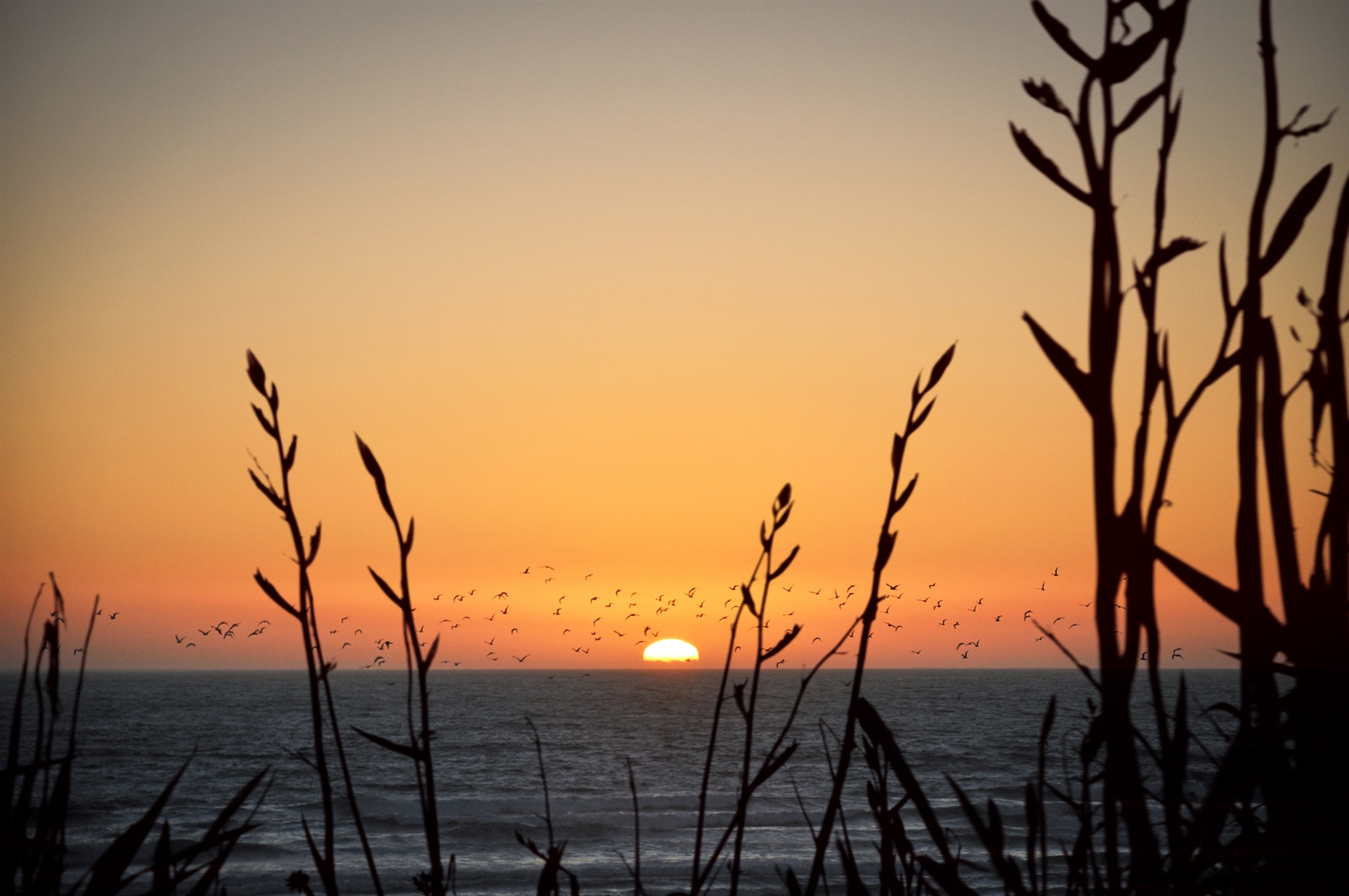
Mr JJ
Mr JJ is of Irish and Māori descent. He is a survivor of the Lake Alice Child and Adolescent Unit and Cherry Farm Hospital. Mr JJ gave evidence about how his experience at Lake Alice affected his relationships, employment prospects and educational opportunities.
Read: Statement of Mr JJ for Lake Alice Child and Adolescent Unit hearing
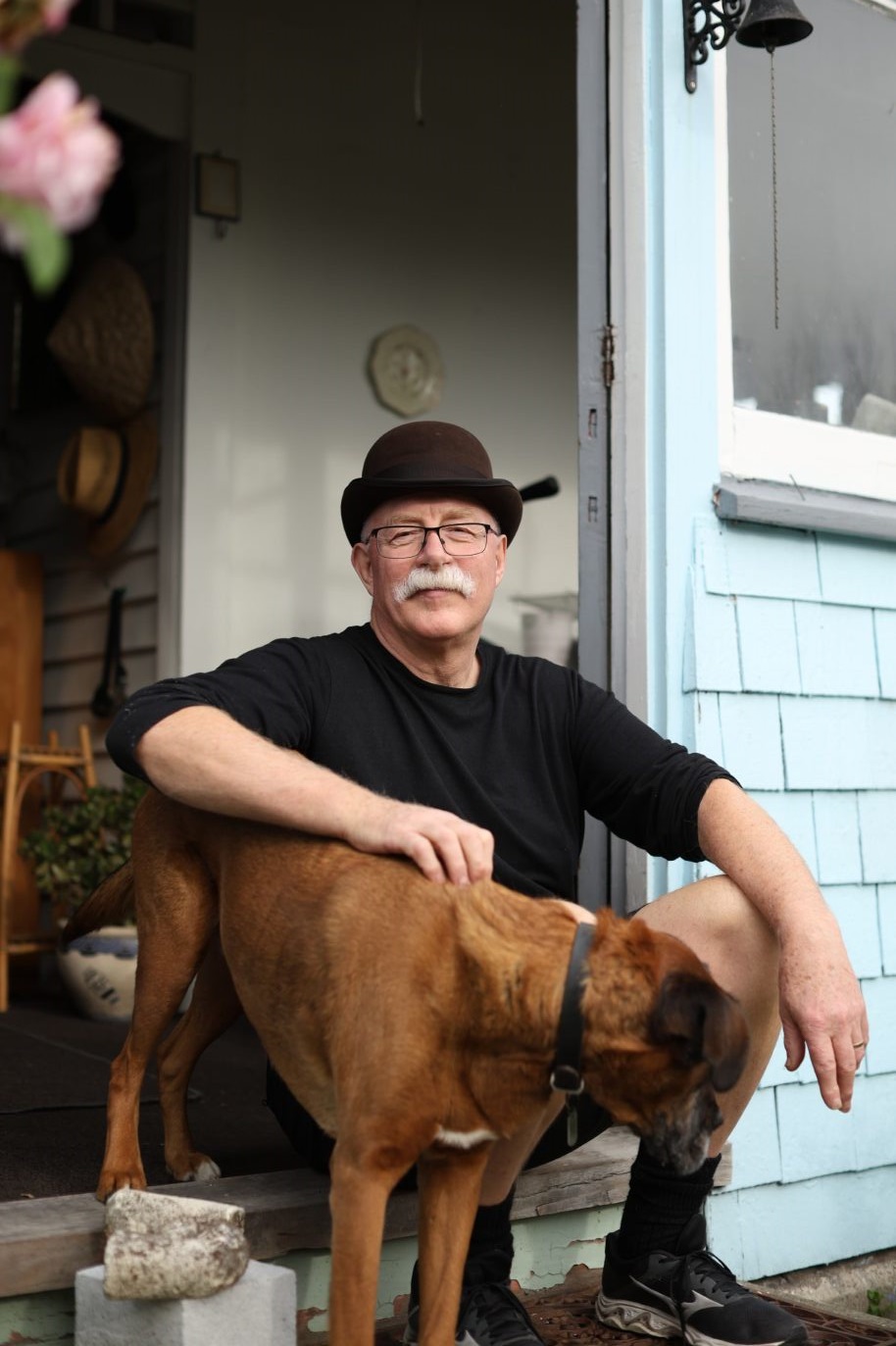
Jim Goodwin
Jim grew up on a farm in Fairlie. He is a survivor of faith-based abuse at boarding school. For many years Jim worked in mental health where most of the people he worked with were trauma survivors. Jim is part of a network of men who have experienced abuse.
Watch: Survivor Advocate Jim Goodwin
Watch: Statement of Jim Goodwin for Faith-based Redress Hearing
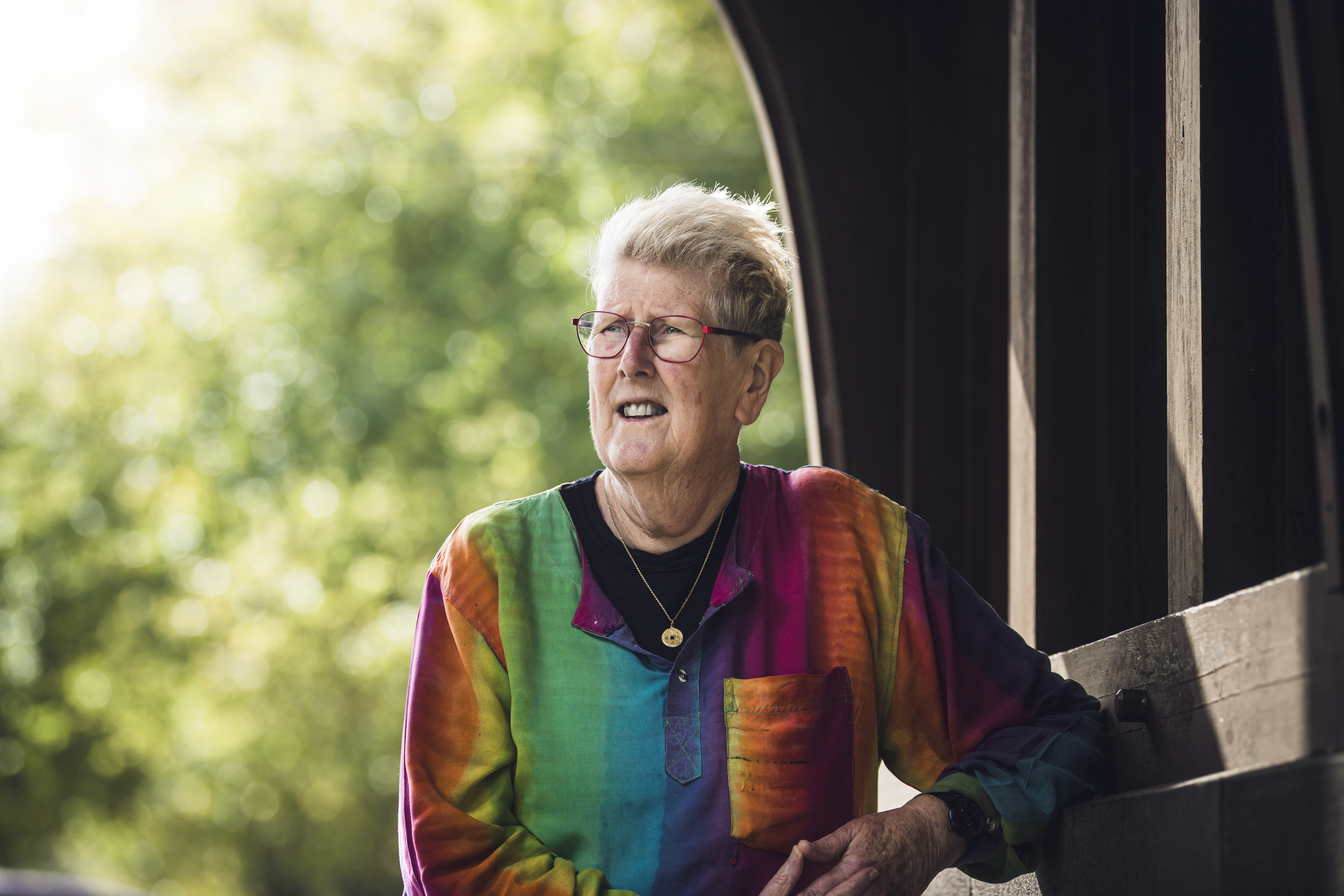
Joan Bellingham
Joan gave evidence to the Inquiry on her experience as a trainee nurse at Burwood Hospital, and then as a patient at Princess Margaret Hospital periodically from 1970 until 1982. Joan discussed receiving electroconvulsive therapy, the results of which (electrode burns) being the grounds for her ACC claim. Joan discussed the difficulties she experienced in seeking redress through the courts, the Crown Health Financing Agency claims process, and accessing rehabilitation through ACC.
Watch: Statement of Joan Bellingham for State Redress Hearing
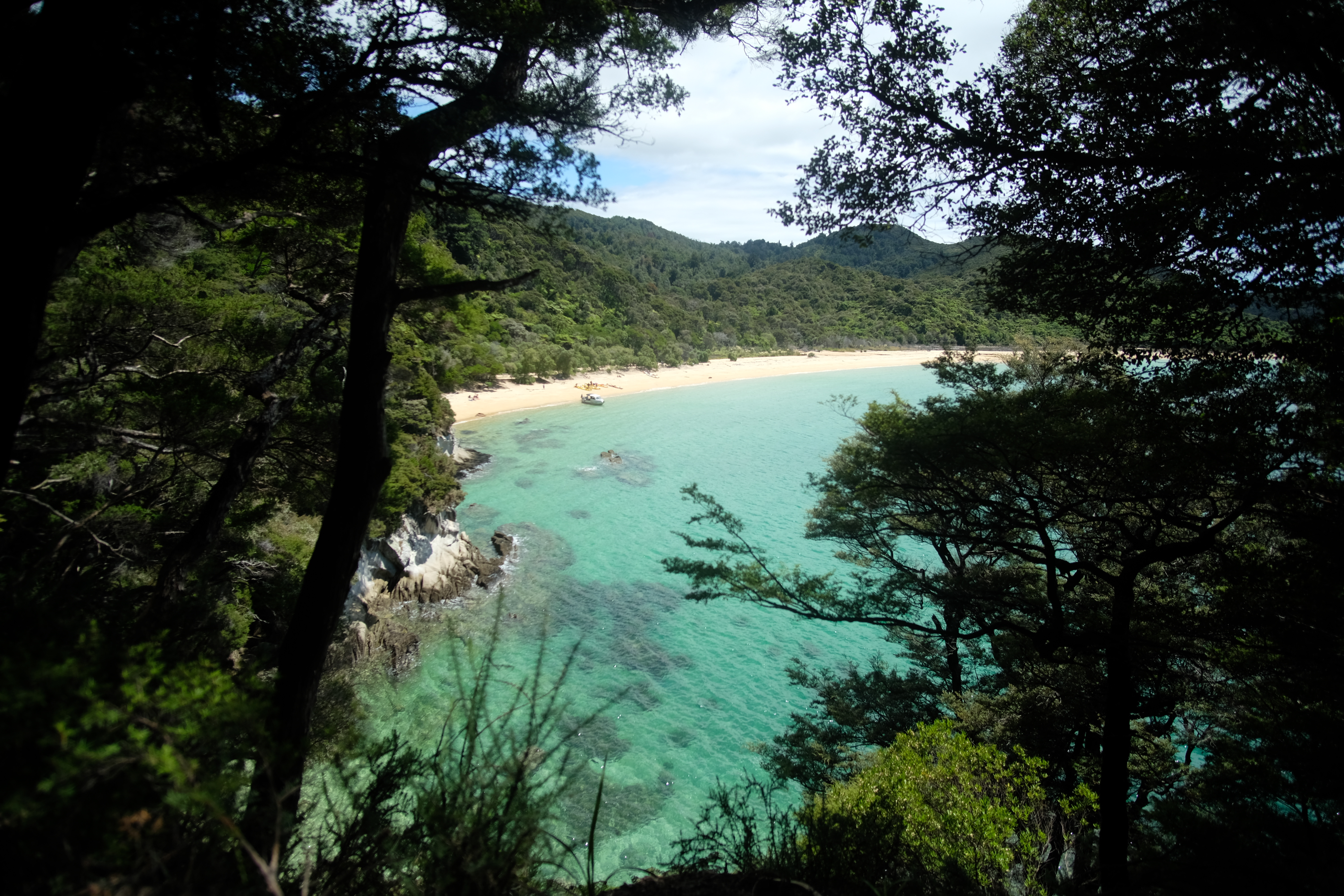
Joanna Oldham
Joanna Oldham is of Tongan and Palangi descent. She was unaware of her Tongan ethnicity or culture growing up and spoke about the racism experienced within her family. Joanna shared her experience of sexual abuse by a Reverend of the Anglican Church, followed by placements in various care settings including family homes, foster homes, and State residences including Kingslea Girls Home where she experienced many forms of abuse.
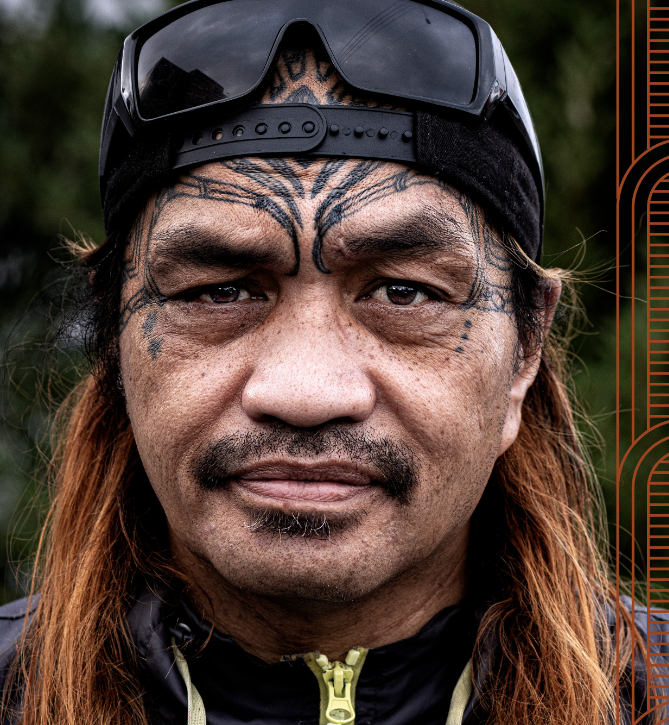
Justin Taia
Justin Taia is of Māori descent (Ngāti Ranginui). Mr Taia was 3 years old when he first entered care. He was sent to foster care, family homes, Campbell Park School, Hogben School, and Hebron Trust boys’ home – Kingslea Residential Centre Secure Unit. Mr Taia spoke about the traumatic impact the abuse he has experienced has had on his life.
Read: Justin's profile from the Stolen Lives, Marked Souls report
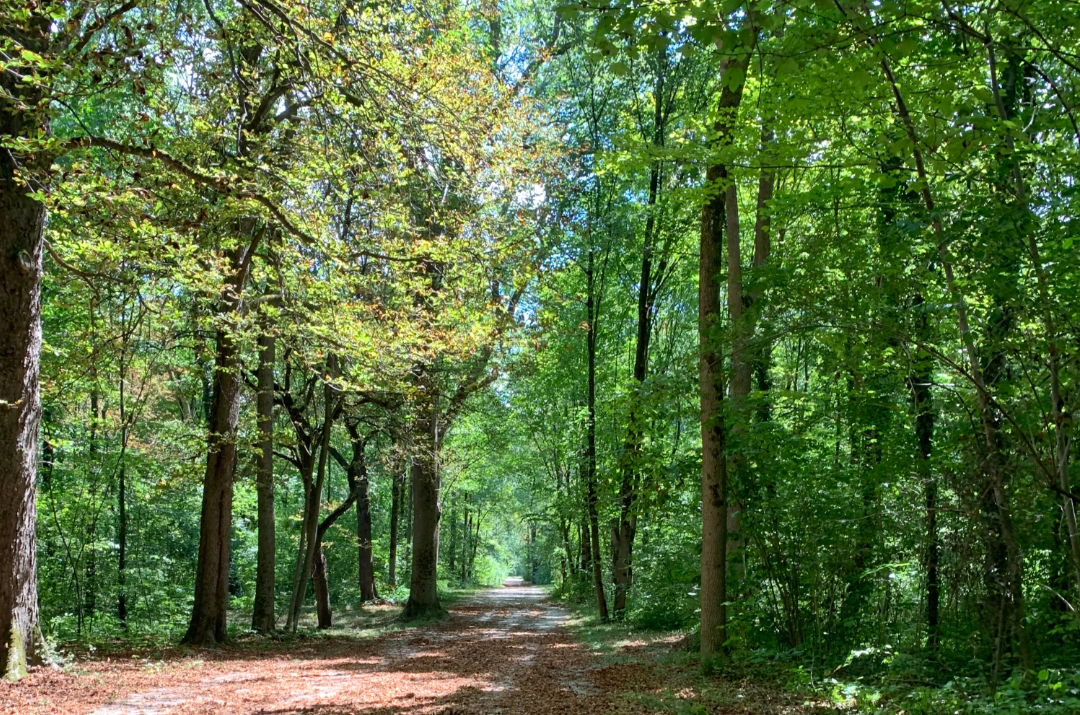
Joshy Fitzgerald
Joshy Fitzgerald is of NZ European and Te Arawa descent. He entered care at the age of 14 and was placed in Hamilton Boys’ Home, Tokanui Psychiatric Hospital, and family homes and foster homes during his time in care. He experienced sexual abuse in care, and was given electric shocks when staff found out he was gay. He is now living with AIDS and believes that he contracted HIV when he was sexually abused at Tokanui.
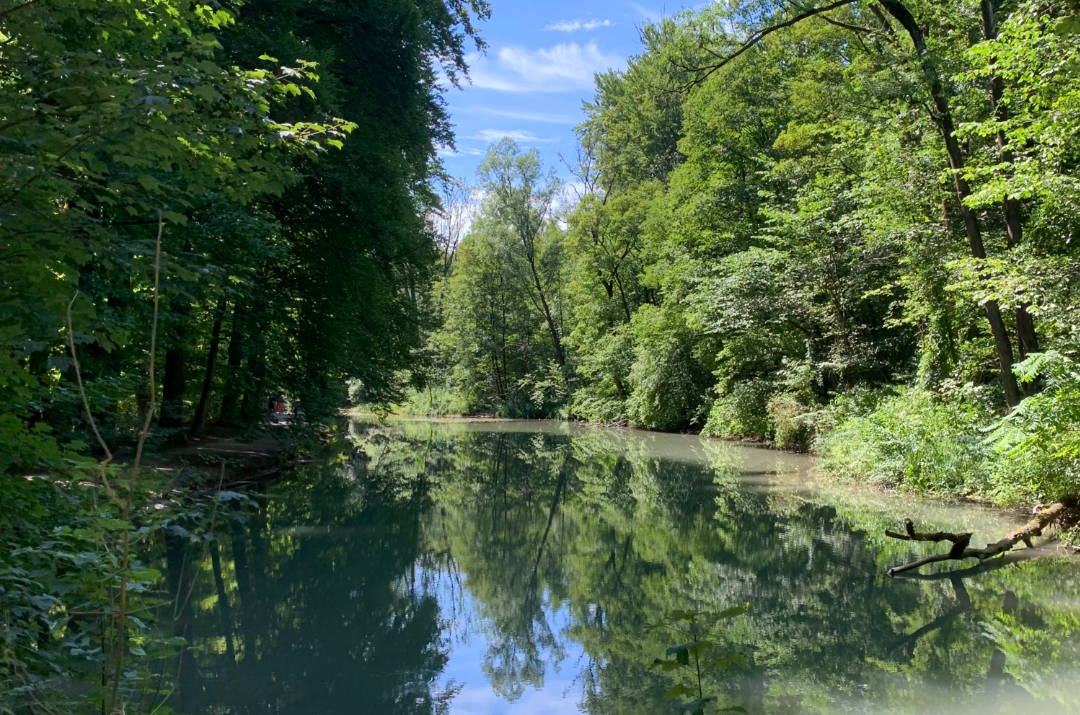
Ms I
Ms I was abused by nuns while at school in Hamilton East. There was a lack of response from the Catholic Church when she disclosed her abuse, first to the Catholic Church Counselling Service, and later to a priest in Auckland.
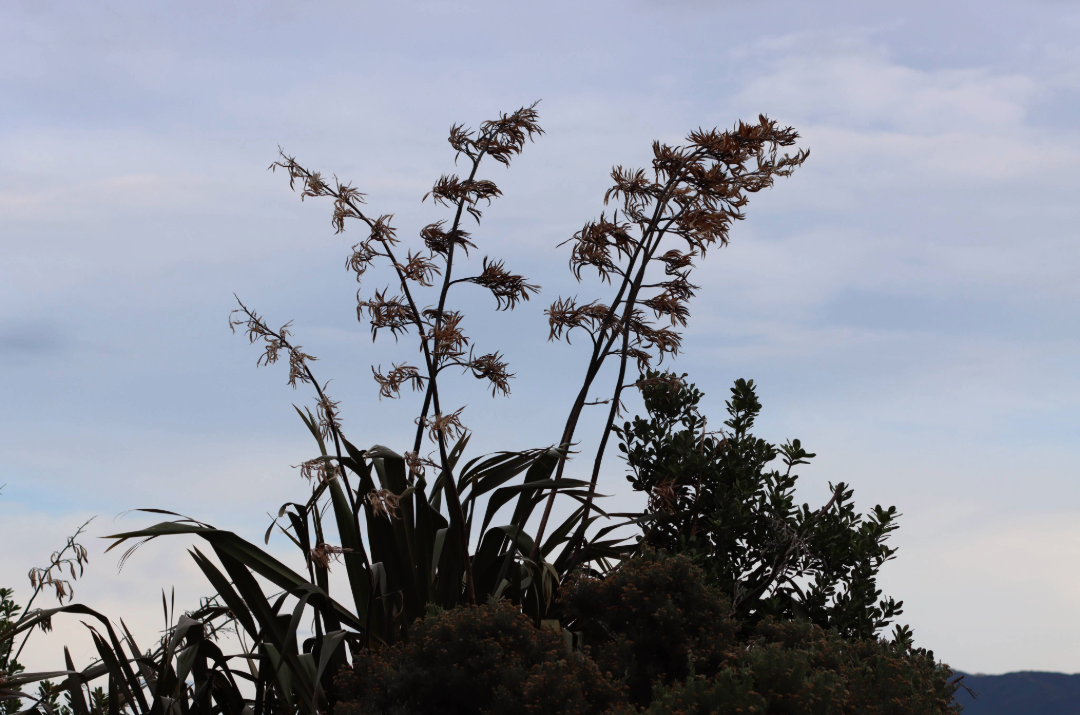
Mr KA
Mr KA, who is Māori, was sent to Maunu Children's Health Camp at the age of 12. While at the camp he experienced severe physical, emotional and sexual abuse. He spoke to the Inquiry about the negative impact his time in care has had on his life, which includes suffering from ADHD, severe anxiety, paranoia, claustrophobia and depression as well as spending time in prison. He also spoke about his experience of getting compensation.
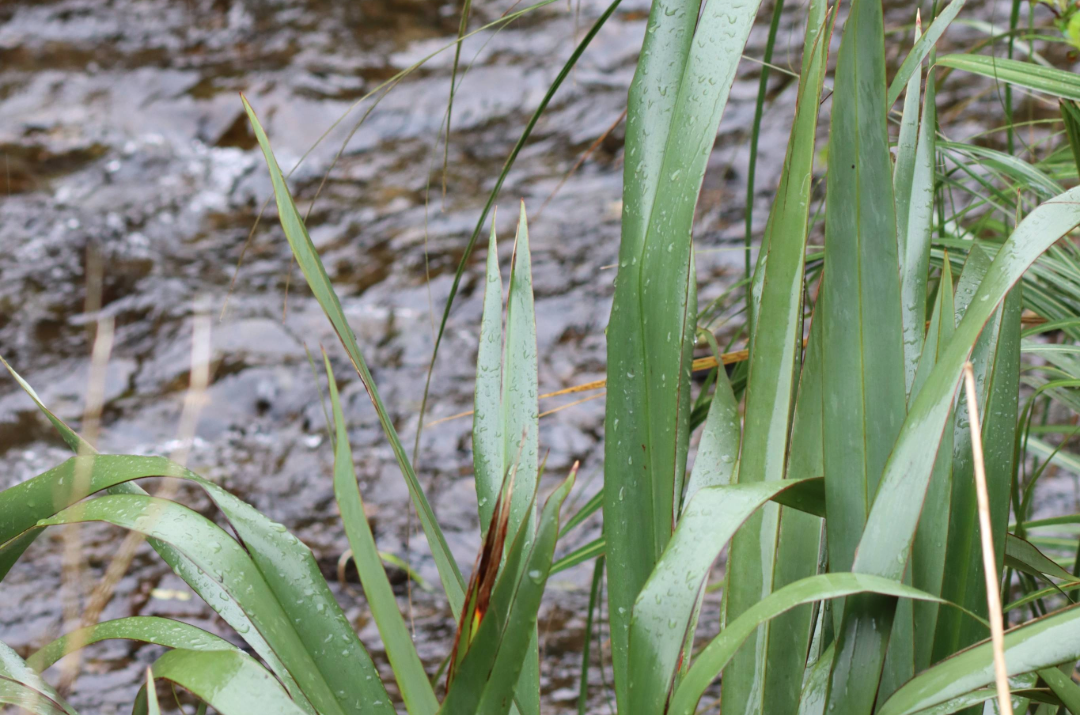
Kamahl Tupetagi
Kamahl Tupetagi is of Niuean and Māori (Ngāpuhi) descent. He was first placed in care at the age of 3, and spent time in a number of care facilities during his childhood, including family homes, foster care and boys' homes. He later attended Hato Pāora Catholic College. Kamahl experienced severe sexual and physical abuse both in care and at college, where he was abused by priests and other students. He left New Zealand for Australia at the age of 17 as he felt suicidal and wanted to give himself the opportunity to change his life.
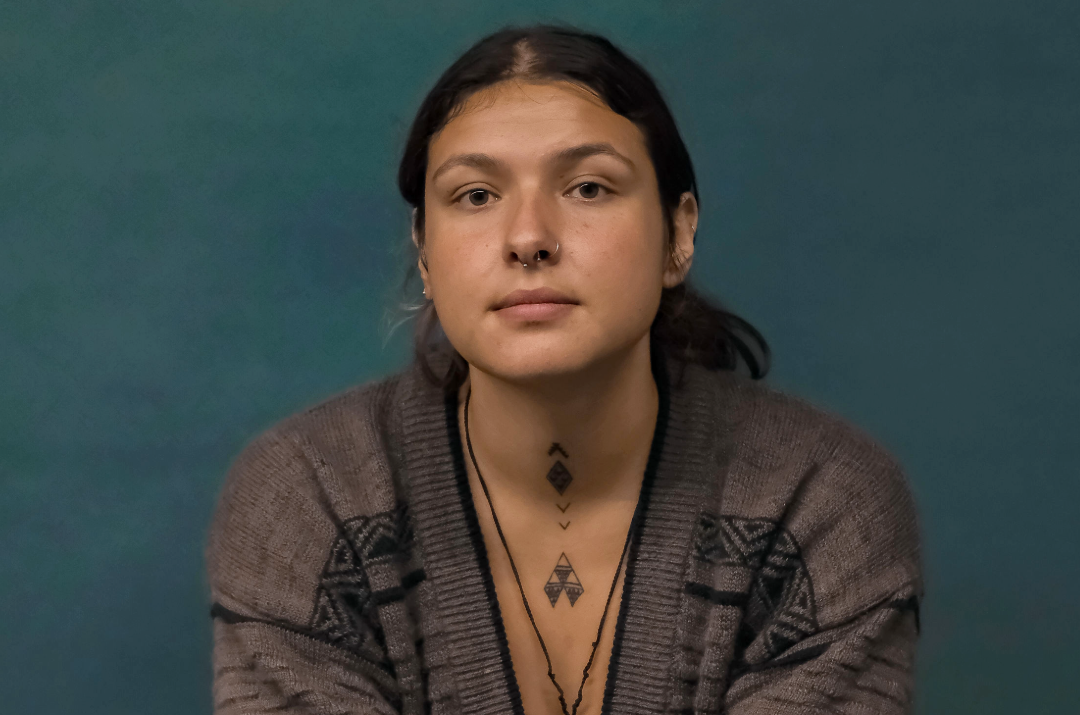
Karah Mackie
Karah is one of eight siblings who all grew up in care, but who spent time living with their mother as well. Her mother also grew up in care. During her childhood and teenage years, Karah got little support from CYFS and social workers. She believes that instead of putting funds and resources into Oranga Tamariki, we should put the same amount into community-based support systems so families have the support and resources available to them before there has to be an uplift or an intervention.
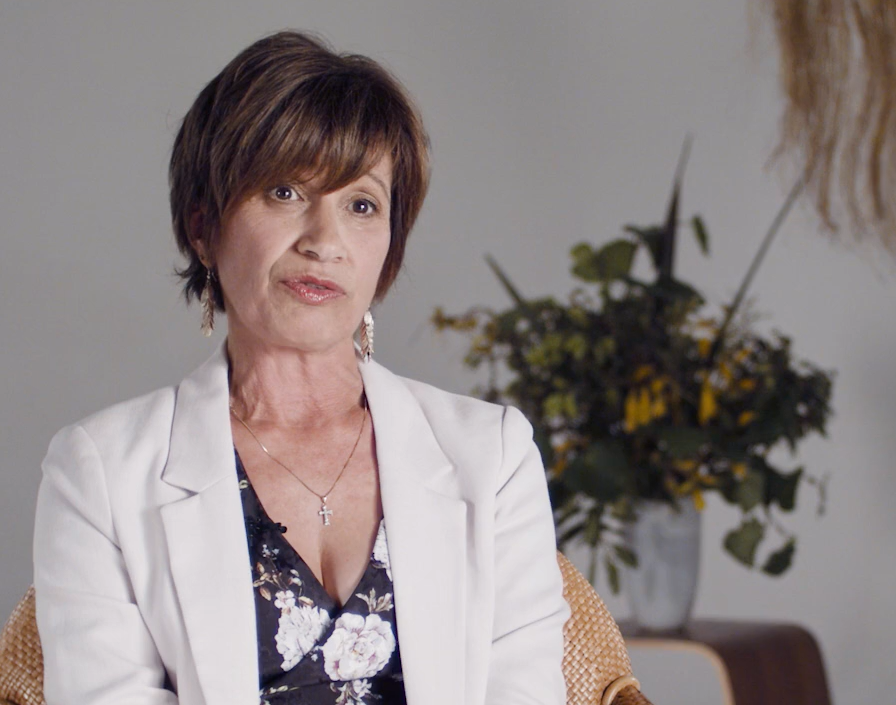
Kath Coster
Kath Coster is the third generation of her family to have been in State care. She shared experiences of her early family life and multiple foster and family home placements. Ms Coster discussed the impacts that foster care has had on her life including her health and relationships and the significant effect it has had on her cultural identity.
Watch: Survivor Advocate Kath Coster
Watch: Witness statement of Kath Coster for the Foster Care public hearing
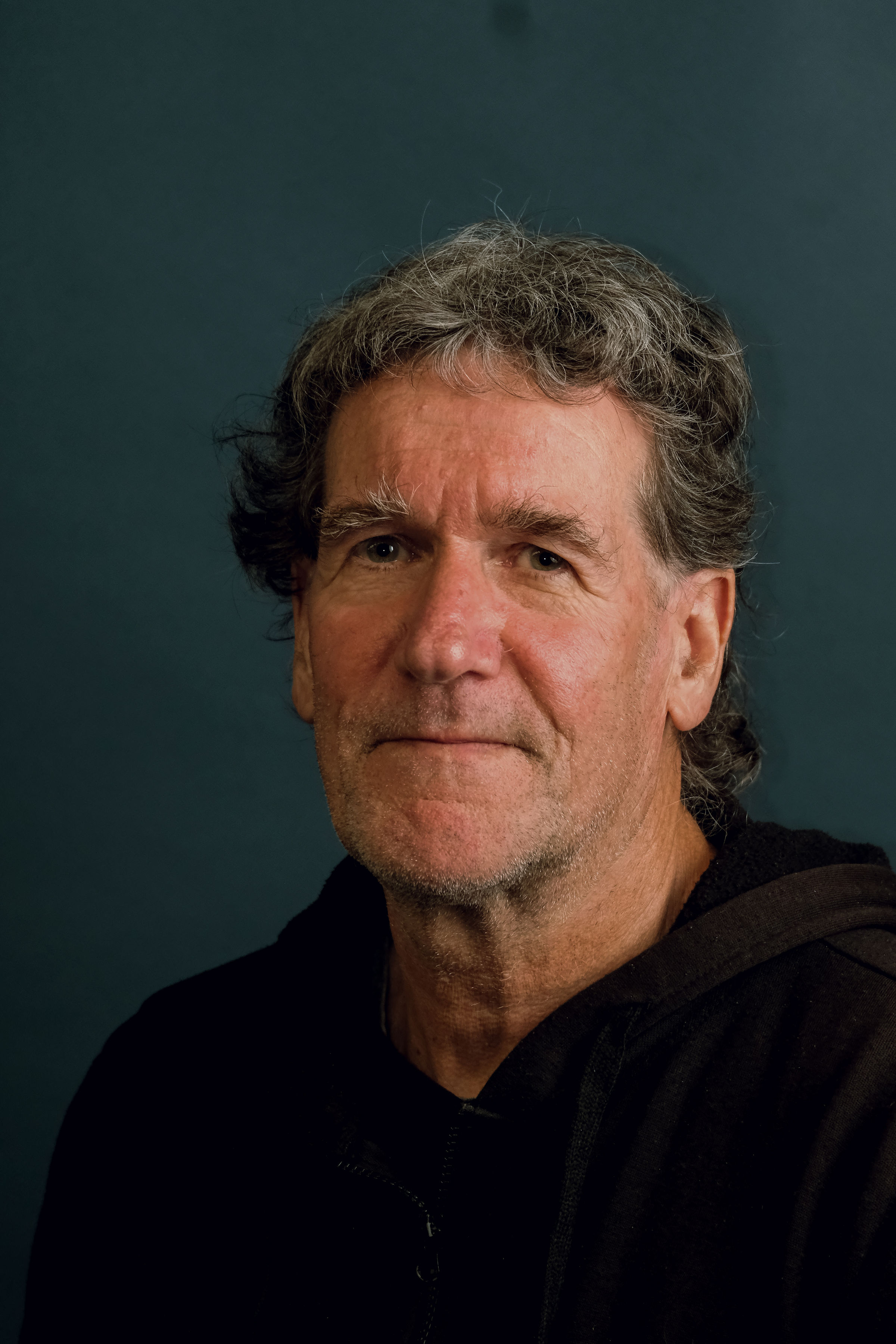
Keith Wiffin
Keith Wiffin was 8 years old when his father died suddenly in the late 1960s. Keith struggled with grief in the years that followed, as did his mother and three siblings. In November 1970 Keith was placed in State care and taken to Epuni Boys’ Home.
Read Keith's profile from He Purapura Ora, he Māra Tipu: From Redress to Puretumu Torowhānui
Watch Keith's witness statement at the State Redress Hearing
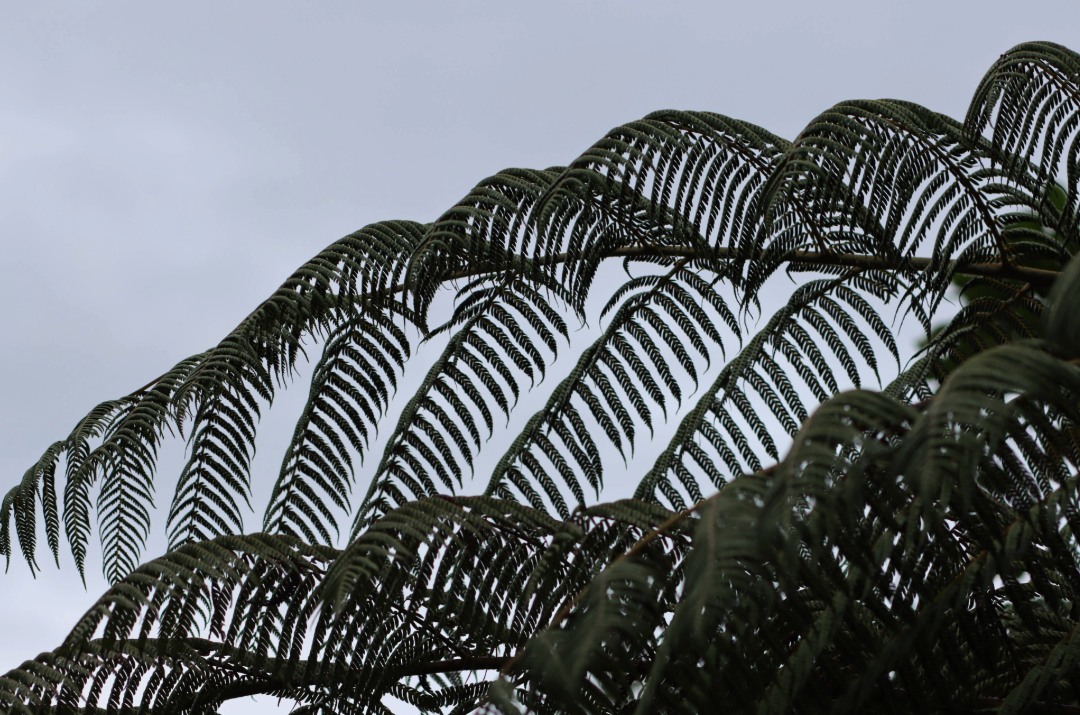
Kerry Johnson (anonymised name)
Kerry Johnson was assessed at a young age as having an intellectual disability. He gave evidence to the Inquiry about the historic claims process as it relates to his time at a faith-based boarding school, at a special residential school, in social welfare care, and as a patient at various psychiatric hospitals. Kerry talked about the challenges with legal aid funding and dealing with multiple claims against the Ministry of Social Development, the Ministry of Health, the Ministry of Education, and other care providers.
Watch: Statement of Kerry Johnson (anonymised name) for State Redress Hearing
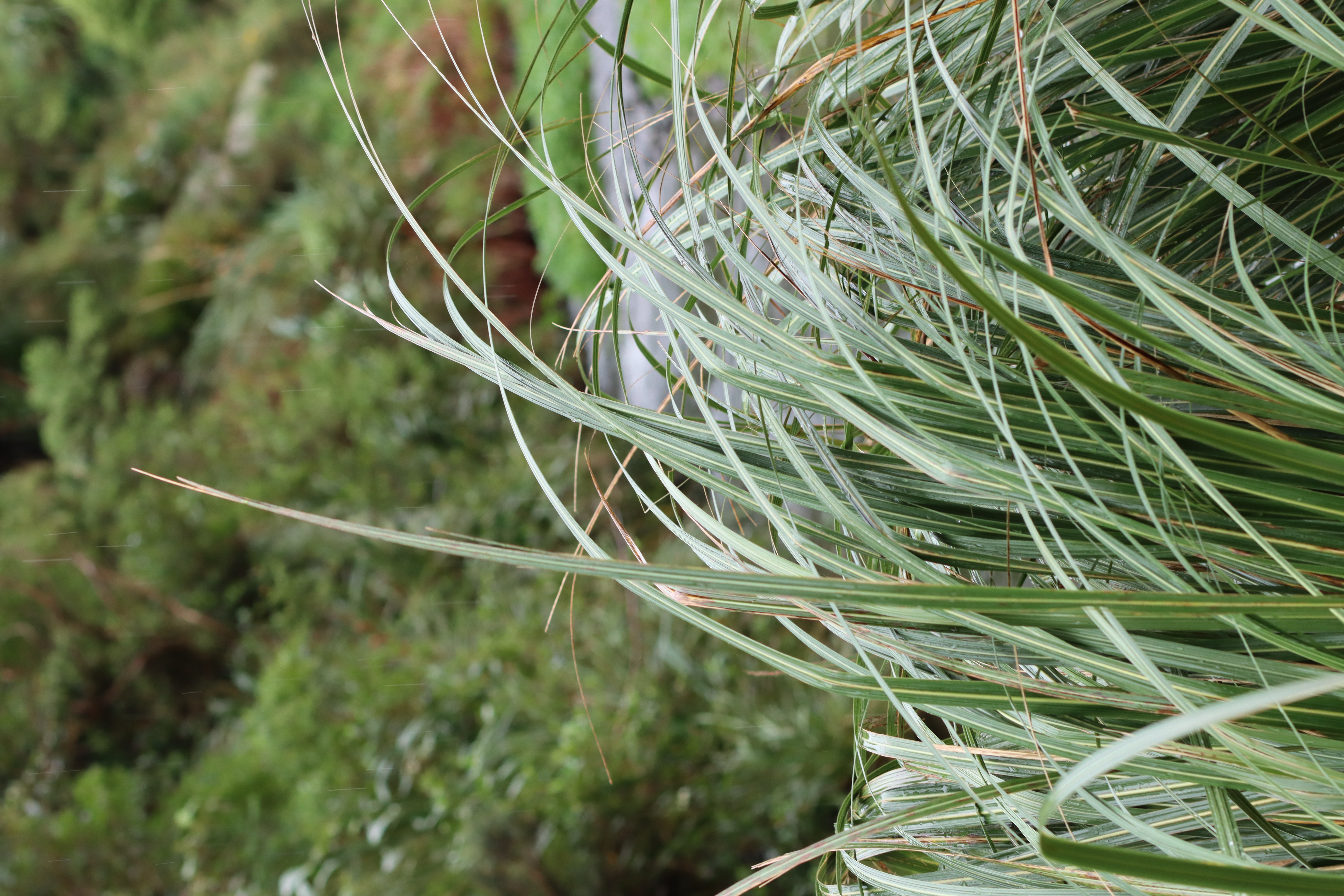
Kevin Banks
Kevin Banks is a survivor of Lake Alice Child and Adolescent Unit. He spent 24 months in the Child and Adolescent Unit over three admissions between 1973 and 1975. He also spent time in Epuni Boys Home. Mr Banks gave evidence about his complaints to the Department of Health, Medical Council and Police, and efforts to expose Dr Leeks’ behaviour.
Watch: Statement of Kevin Banks for the Lake Alice Child and Adolescent Unit hearing
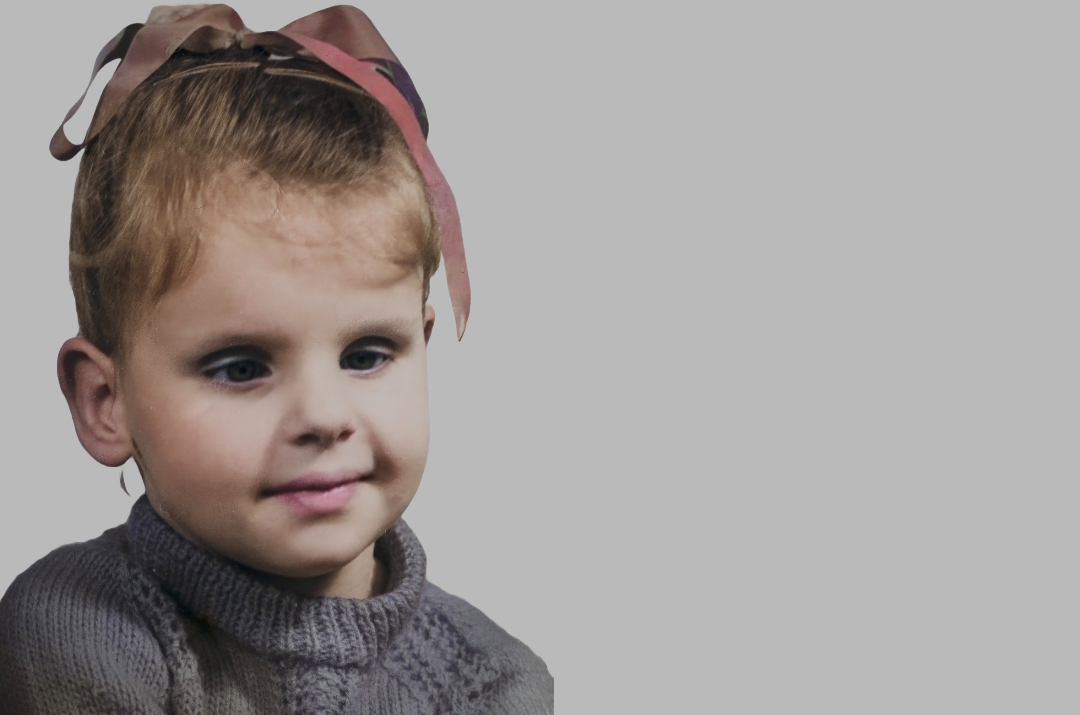
Kylee Maloney
Kylee Maloney spent over 14 years at Homai College in Tāmaki Makaurau Auckland. Homai was a school for children who are blind or have low vision, and was run by the Royal New Zealand Foundation of the Blind. Kylee experienced psychological and emotional abuse at Homai, and continues to feel the impacts of her time at the school today.
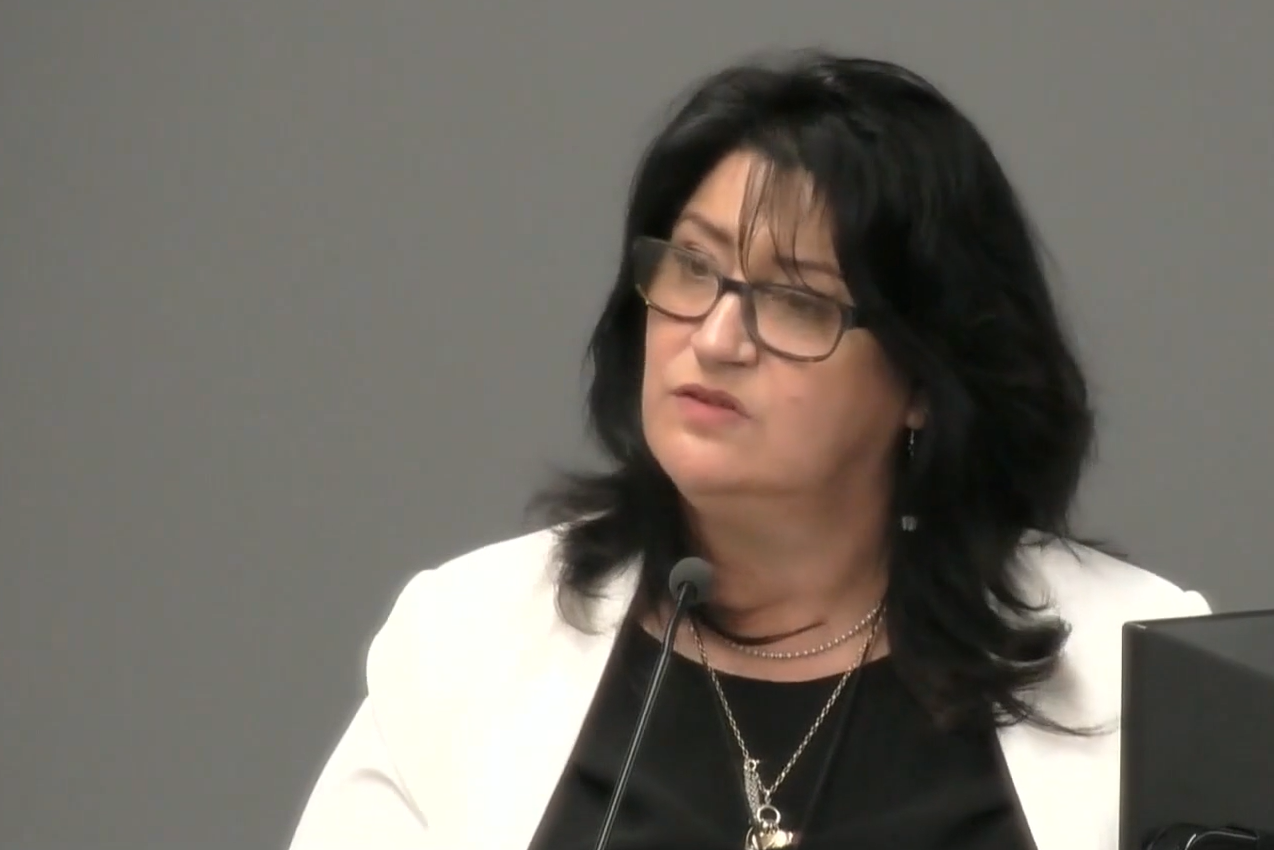
Leoni McInroe
Leoni McInroe was adopted shortly after birth. Her adoptive parents both died before she was four. She was placed in the Methodist Mission Orphanage in Auckland and then in foster care in Whanganui when she was five. Leoni’s foster mother physically and emotionally abused her for the next decade. In 1975, at the age of 14, Leoni was admitted to Lake Alice’s Child and Adolescent Unit.
Read: Leoni's profile from He Purapura Ora, he Māra Tipu: From Redress to Puretumu Torowhānui here
Watch: Statement of Leonie McInroe for State Redress Hearing
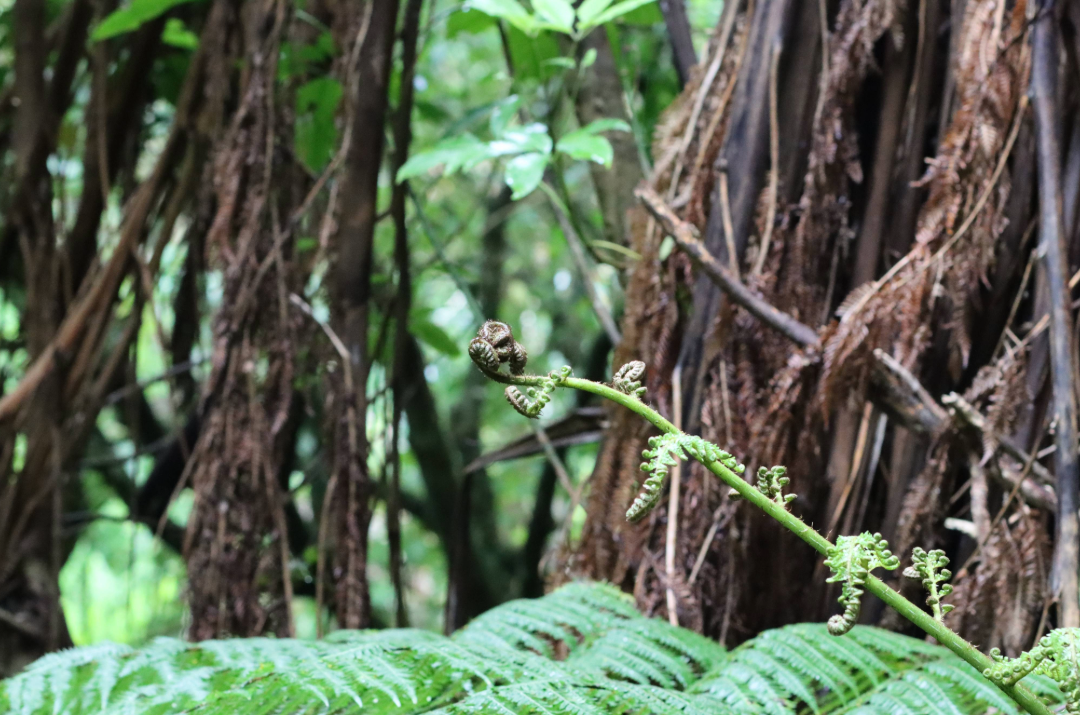
Mr LF
Mr LF is Māori (Ngāti Maniapoto), and is Deaf. He entered care at the age of 13, and was placed in Kelston School for the Deaf in Tāmaki Makaurau Auckland, and later spent time in Sunnyside Hospital in Ōtautahi Christchurch. Mr LF experienced severe physical and emotional abuse while in Kelston, and has since made a claim for redress. He has found the claims process defeating and demoralising, and has relied on his mother's support to work through it. He would like to get some recognition for the abuse he suffered and be believed, which is what's important to him.
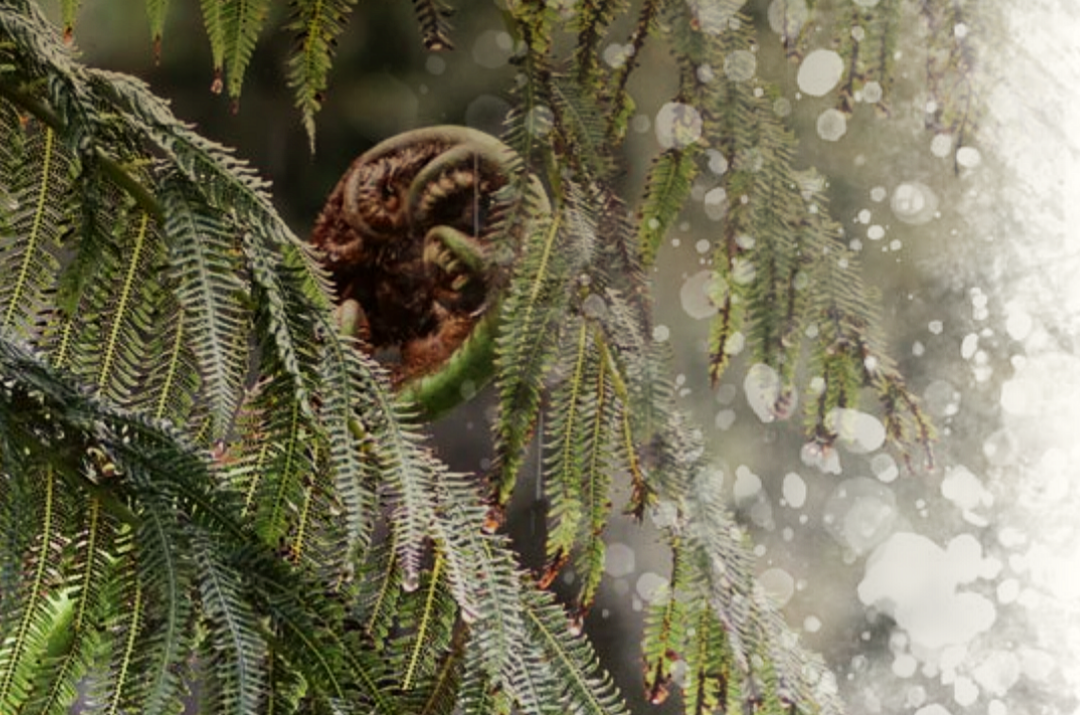
Lily
Lily, who entered care when she was three, has Lennox Gastaut Syndrome – a severe childhood epilepsy syndrome – as well as cognitive impairment and autistic traits. She has suffered psychological harm and trauma, and physical abuse from the education, health and support providers who were meant to provide her with care throughou the years. Lily's mother, who believes all disabled people must be able to enjoy the same human rights as every other citizen of Aotearoa, spoke to the Inquiry on her behalf.
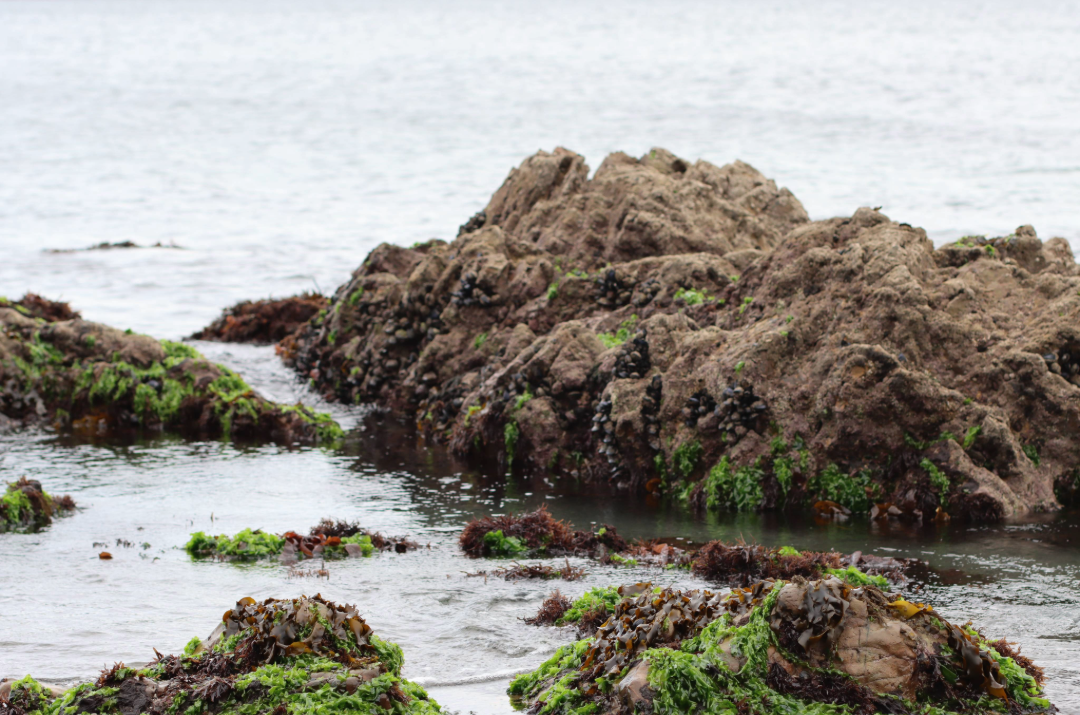
Ms LL and Ms Y
Ms LL is of European and Māori descent (Tūwharetoa, Ngāi Tahu and Ngāti Kahungunu). Sadly, Ms LL passed away and her statement to the Inquiry was read by her daughter, Ms Y. Ms LL was sexually abused at the age of 12 and was admitted to Lake Alice Child and Adolescent Unit during the time she was at high school. Whilst at Lake Alice, Ms LL was threatened with electroconvulsive therapy, sexually assaulted, put in seclusion and stayed in a ward with adult psychiatric patients. She gave evidence about the impact of the abuse on her relationships and of the Police investigation on her mental health, as well as the economic impacts later in her life. Ms Y is of Tūwharetoa, Ngāi Tahu and Ngāti Kahungunu descent. She described a difficult childhood, witnessing domestic violence and her parents’ drug and alcohol addictions. Ms Y moved to Australia with her mother at age 11 before leaving home and school when she was 13 years old, and returning to New Zealand. Ms Y gave evidence of the intergenerational impacts of her mother’s abuse at Lake Alice, including a lack of childhood schooling, overcoming her own addictions and how her childhood has affected how she has raised her own children.
Read: Statements of Ms LL (read by Ms Y) and Ms Y for Lake Alice Child and Adolescent Unit hearing
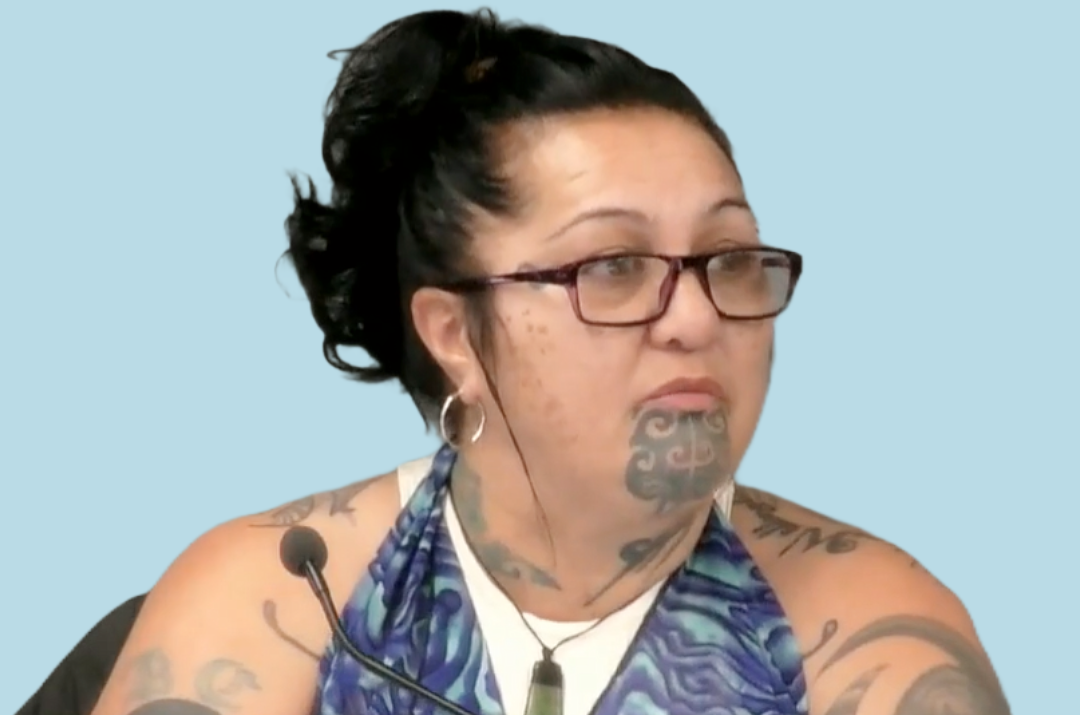
Loretta Ryder
Ms Ryder is of Māori and European descent. She was placed in The Grange in Remuera in 1980, and Bollard Girls Home and the Lloyd Avenue Family Home in 1982. Despite a disclosure to a psychologist of sexual abuse by her father, he was permitted to visit her unsupervised in Bollard, where he continued to sexually abuse her. Ms Ryder experienced racism, physical and sexual abuse and solitary confinement in Bollard. She also underwent compulsory internal medical examinations at both the Grange and Bollard.
Watch: Statement of Loretta Ryder for Abuse in State children's residential care hearing
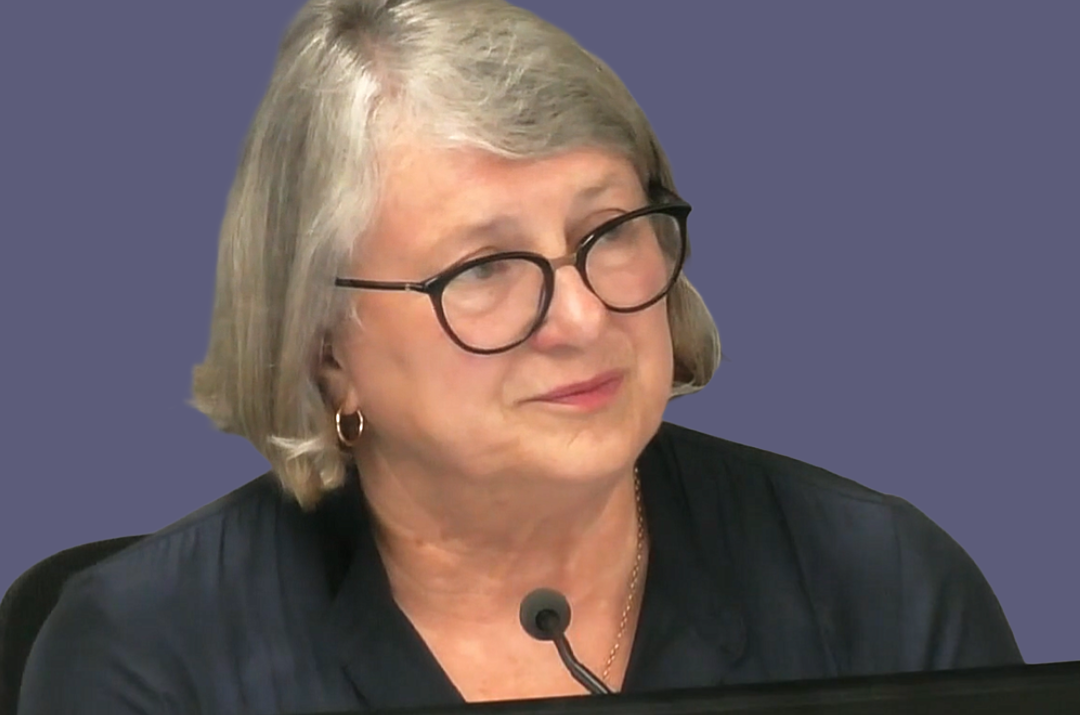
Louise Deans
Louise Deans experienced abuse while training to become an ordained Minister in the Anglican Church, and gave evidence to the Royal Commission about her attempts to obtain redress. Louise Deans is the author of the book Whistle Blower: Abuse of Power in the Church – a New Zealand Story.
Watch: Statement of Louise Deans for Faith-based Redress Hearing
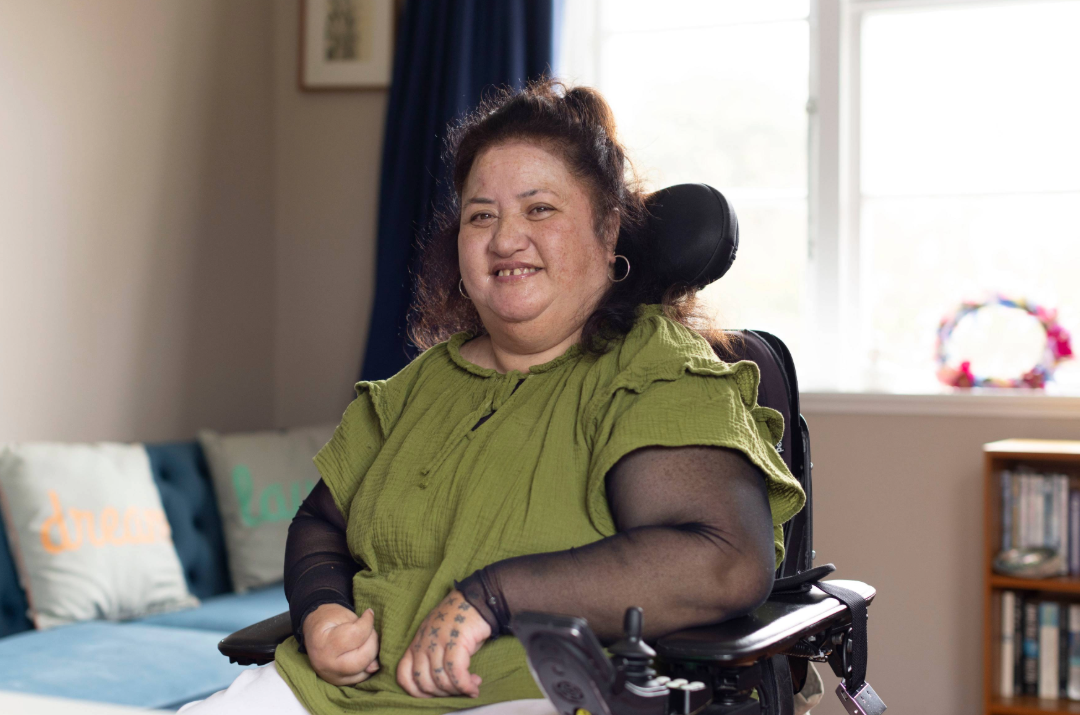
Lusi Faiva
Lusi Faiva is of Sāmoan descent and was diagnosed with cerebral palsy at two years old. On the recommendation of a doctor, she was admitted to the Kimberley Centre, and lived there until she was seven. At Kimberley, Lusi experienced emotional, medical, and cultural neglect. She talked to the Inquiry about how institutions dehumanised disabled people, and that care being provided by disability support services today still fundamentally operates under a similar system with a lack of respect for freedom of choice.
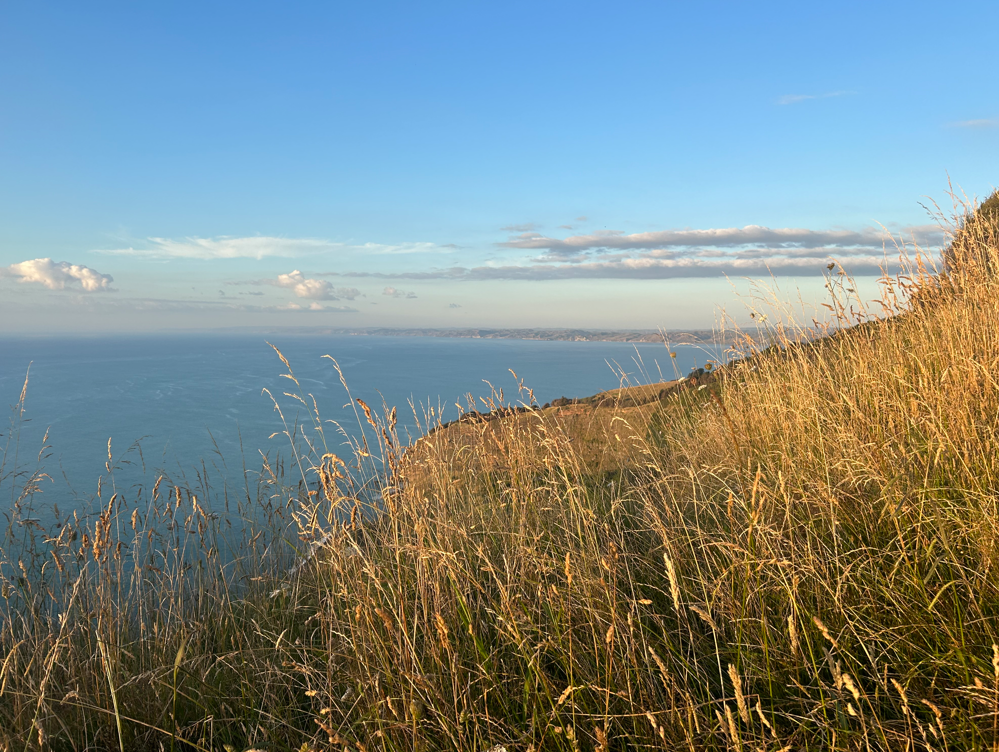
Ms K
Ms K, a child of a devoutly Catholic family, was abused in 1977 by two Marist brothers, Brothers Michael Beaumont and Kevin Healy (known as Brother Gordon), in her home in Masterton in 1977. Both were teachers at her older brother’s school, and both were active members in the local church and community.
Read: Ms K's profile from He Purapura Ora, he Māra Tipu: From Redress to Puretumu Torowhānui here

Ms MC
Ms MC, who is Māori, was made a State ward and spent her childhood in foster care. She was sent to Salisbury boarding school at the age of 13, and after school was placed in an IHC hostel by her foster family. Ms MC has experienced extreme physical, emotional and sexual abuse throughout her life, and has shared her story in the hope that what happened to her will never happen to anyone else, as no other child should ever have to go through what she went through.
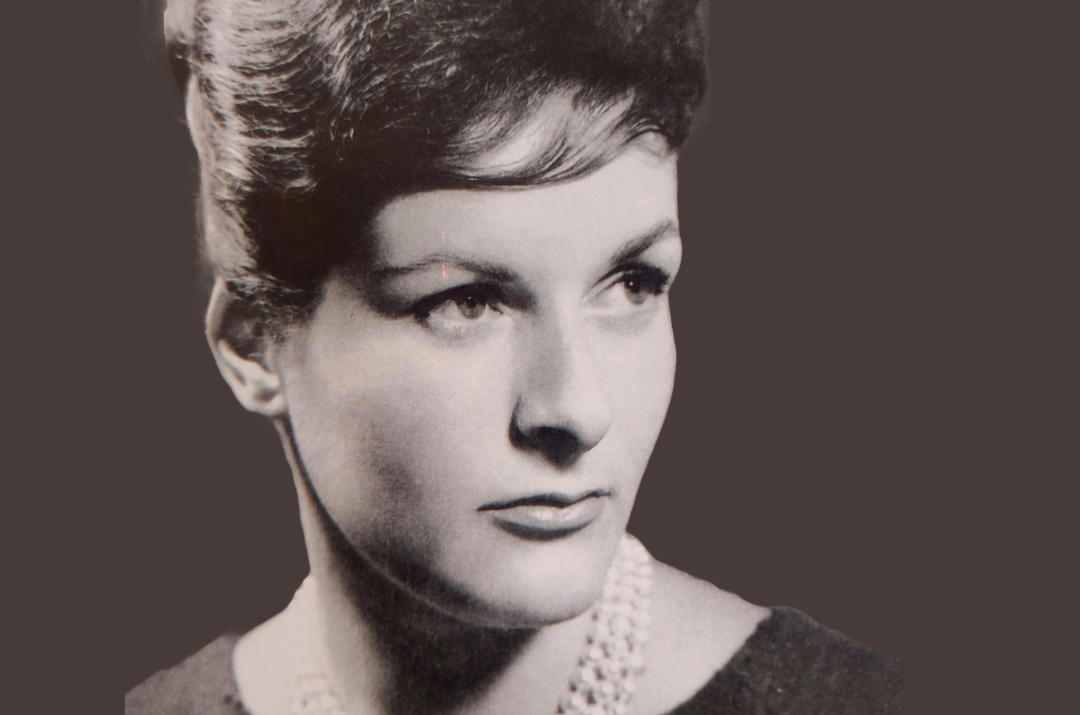
Maggie Wilkinson
Maggie became pregnant in 1964 and about three months into her pregnancy went to St Mary’s Home for Unwed Mothers in Auckland to have her baby. The home was run by the St Mary’s Homes Trust Board, a social service affiliated with the Anglican Church. After the delivery, the matron removed the baby while Maggie was sleeping, and she saw her briefly only one more time – an act Maggie calls abduction.
Read: Maggies's profile from He Purapura Ora, he Māra Tipu: From Redress to Puretumu Torowhānui here
Read: Survivor experience: Maggie Wilkinson
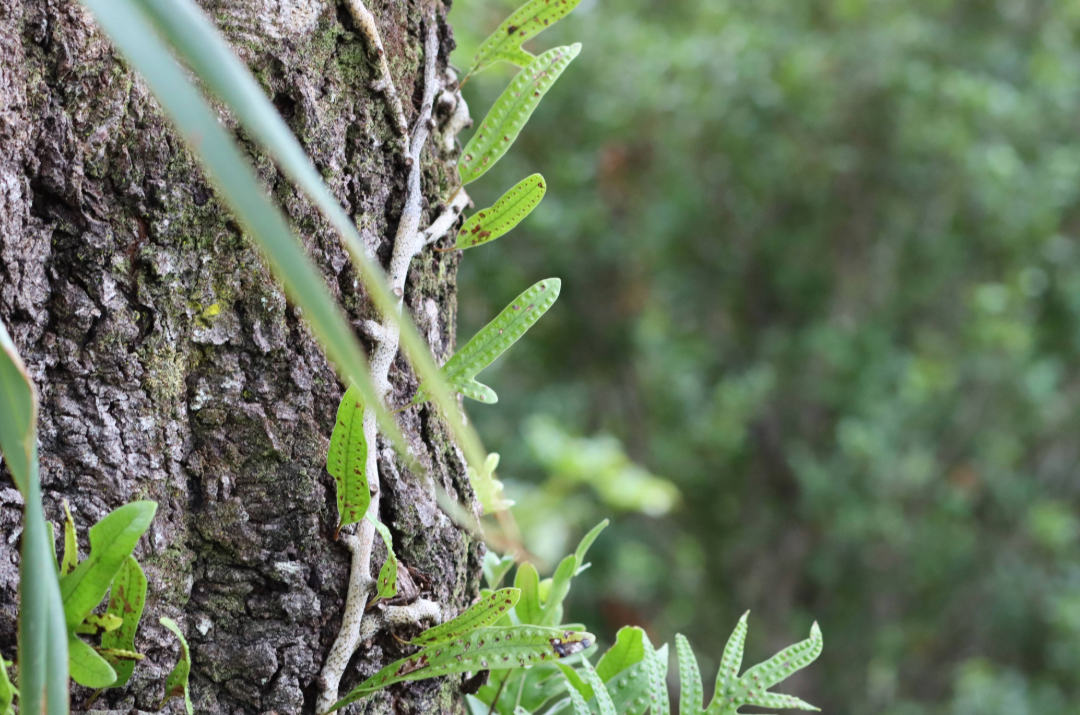
Ms MK
Ms MK went into care at the age of 4 after the death of her mother. She was placed into foster care and residential homes as well as schools for the Deaf, including Van Asch College and the Deaf Unit at Sumner School, both in Ōtautahi Christchurch. She experienced sexual, emotional and physical abuse while in care, and lost touch with her remaining family for many years, which has had a huge impact on her life.
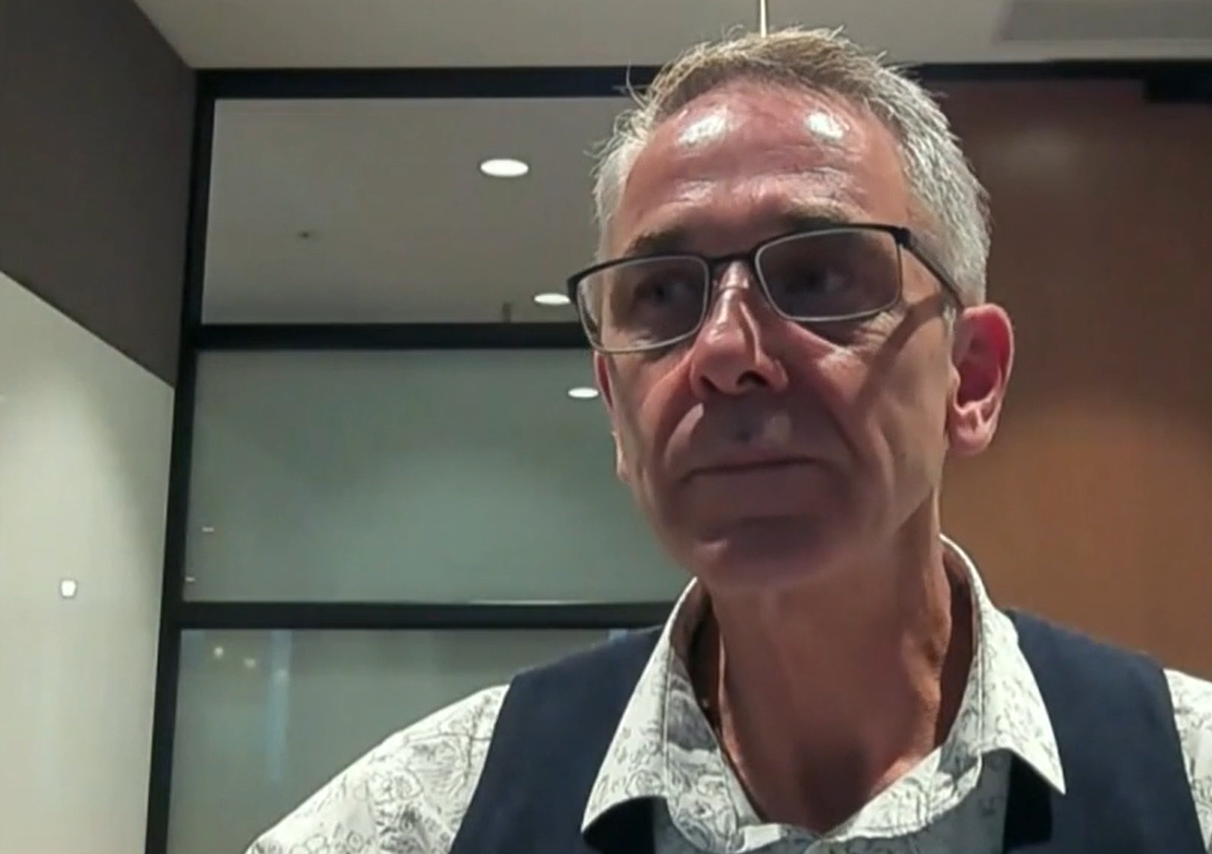
Marc Sinclair
Marc Sinclair grew up in a loving family and was a highly intelligent and well-liked child. It was in Faith-based care that Marc experienced abuse. Marc suffered abuse at the hands of a diocesan priest, a lay teacher and two Christian Brothers teachers at St Edmund’s School in South Dunedin.
Read: Marc's profile from He Purapura Ora, he Māra Tipu: From Redress to Puretumu Torowhānui here
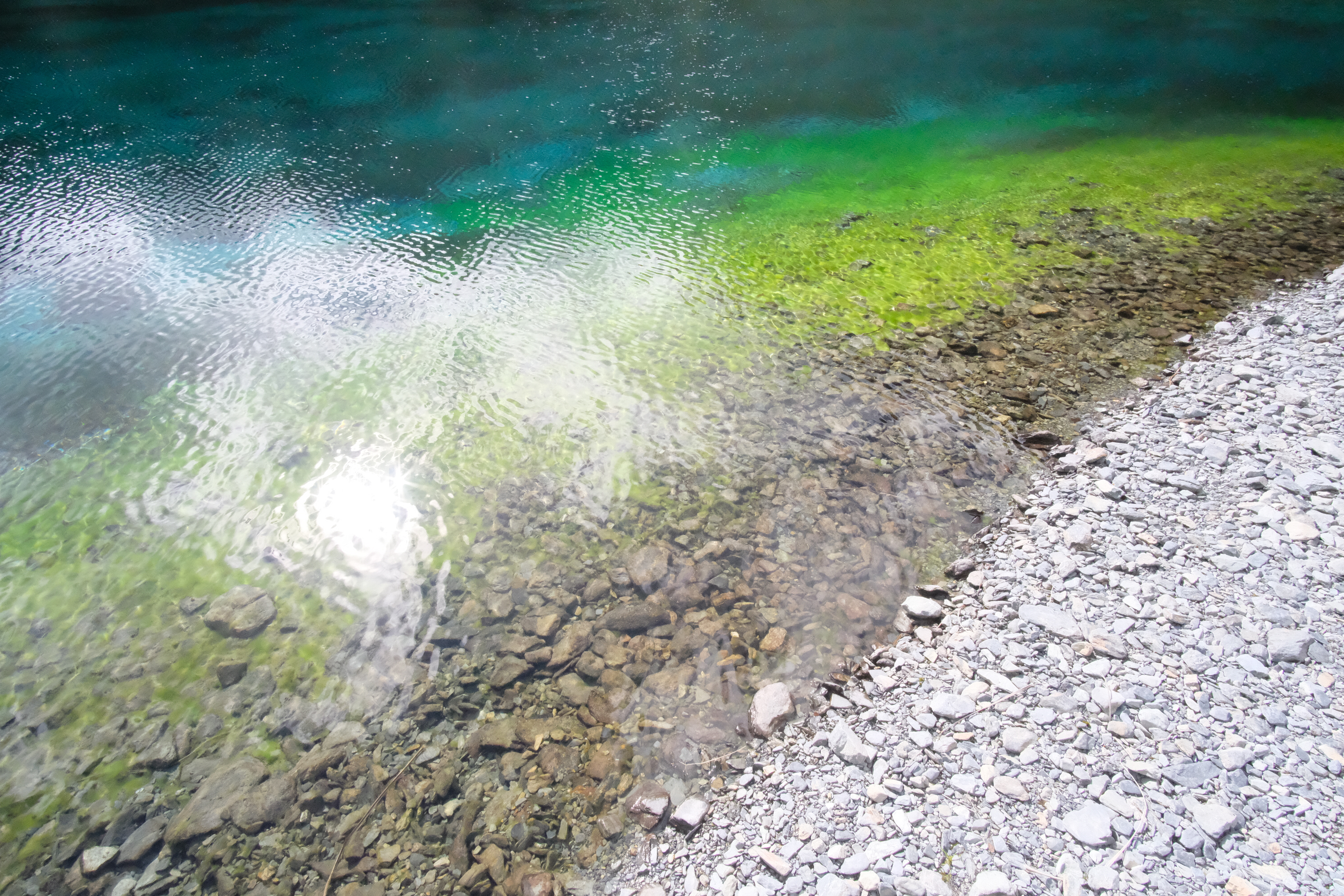
Mary Marshall
Mary went through the process of obtaining redress for abuse she suffered at St Patrick’s Cathedral School and St Dominic’s Catholic College in Auckland. Mary sought legal representation from Cooper Legal to engage in the redress process. The National Office for Professional Standards’ approach to resolving her complaint caused Mary to be re-traumatised. Mary received an ex-gratia payment and an apology from the Sisters of Mercy for the abuse suffered at St Patrick’s Cathedral School, but the Dominican Sisters did not uphold her complaint of abuse at St Dominic’s Catholic College.
Watch: Statement of Mary Marshall for Faith-based Redress Hearing
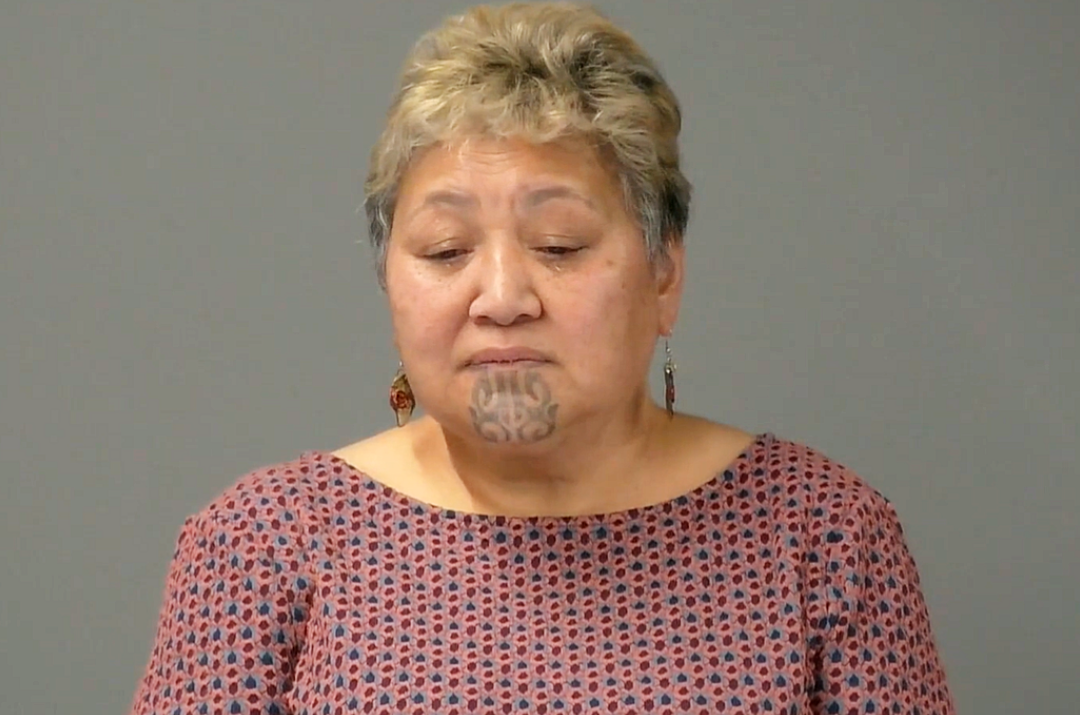
Maryann Rangi
Ms Rangi is of Māori descent (Ngāpuhi, Te Arawa). She was removed from her family in Kaitaia and taken to Bollard Girls’ Home in Auckland aged 14 after an altercation at school. She was subjected to an internal vaginal examination on arrival at Bollard. While in care, she suffered humiliation in the form of having to strip, and neglect and /psychological abuse in the form of being denied showers, food, water and sanitary products.
Watch: Statement of Maryann Rangi for Abuse in State children's residential care hearing
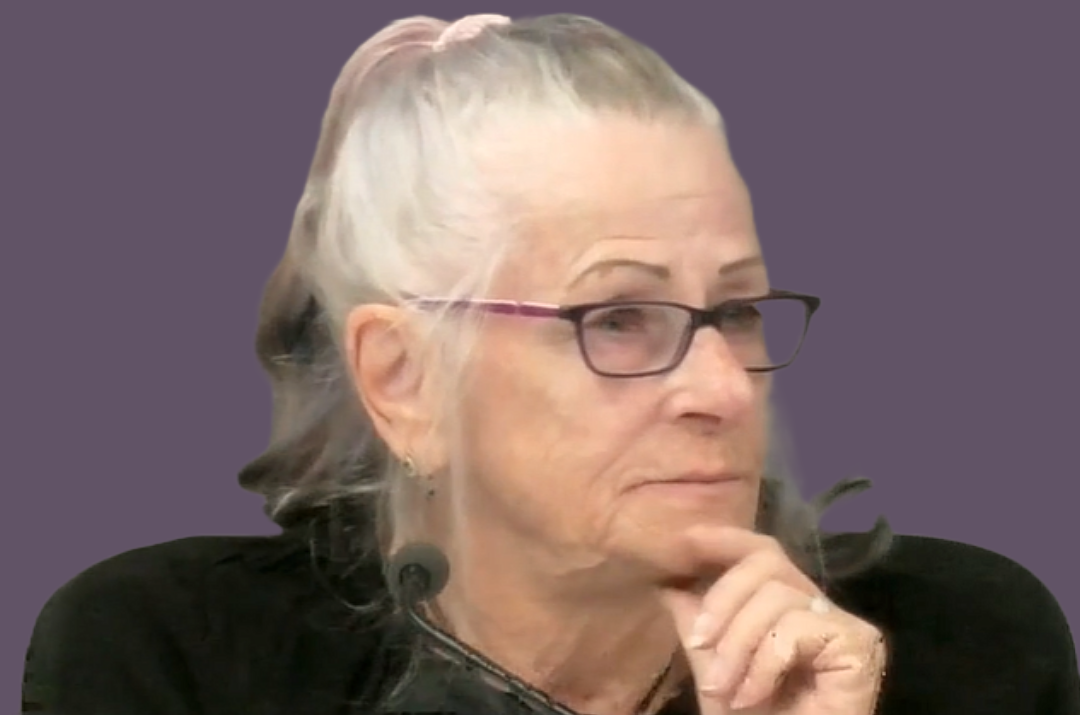
Maureen Taru
Ms Taru is Pākeha and identifies as part of the rainbow community. She was placed in care in Marycrest and Margaret Street Girls’ Home in Horowhenua in the mid 1960s. Following symptoms of emotional disturbances, she was seen by Dr Pugmire from Lake Alice, prescribed psychiatric medication and transferred to Kingslea Girls’ Home at his recommendation. At Kingslea she was placed in “Clinic”, a set of cells in which she was kept in solitary confinement for several months. Her mental health deteriorated and she was sent to a psychiatric unit for almost a year, where she was given strong medication.
Watch: Statement of Maureen Taru for Abuse in State children's residential care hearing
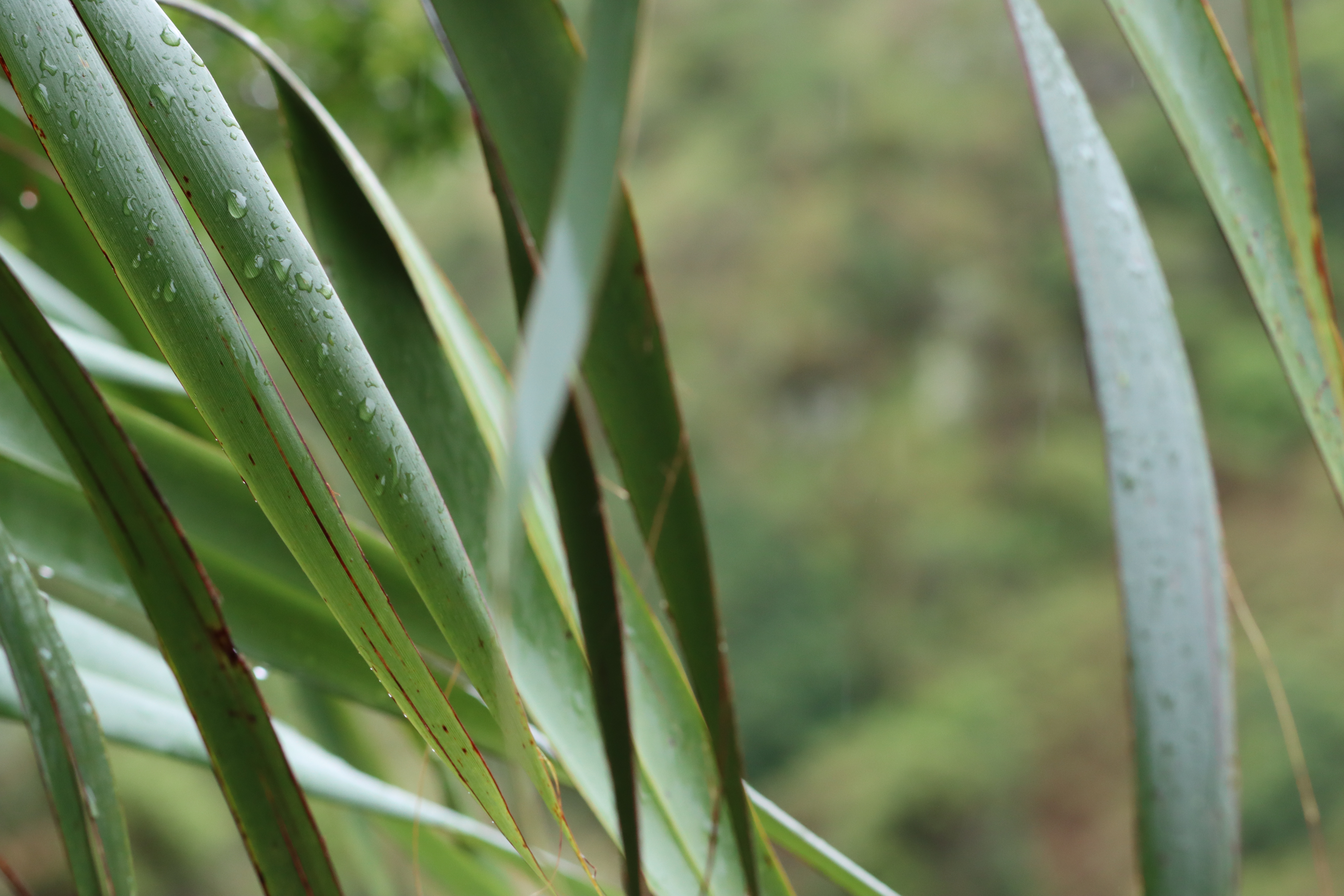
Mr MM
Mr MM experienced abuse before being placed in care. He spent time at Ōwairaka, Oakley Hospital, several foster homes and Waikeria Borstal. He experienced significant abuse in care. While at borstal, he was wrongly accused of being involved in a fight with staff and convicted of serious violence charges. This impacted his future dealings with the justice system. He has received very little assistance to deal with the impacts of the abuse he experienced as a child.
Watch: Witness statement of Mr MM at the Māori public hearing
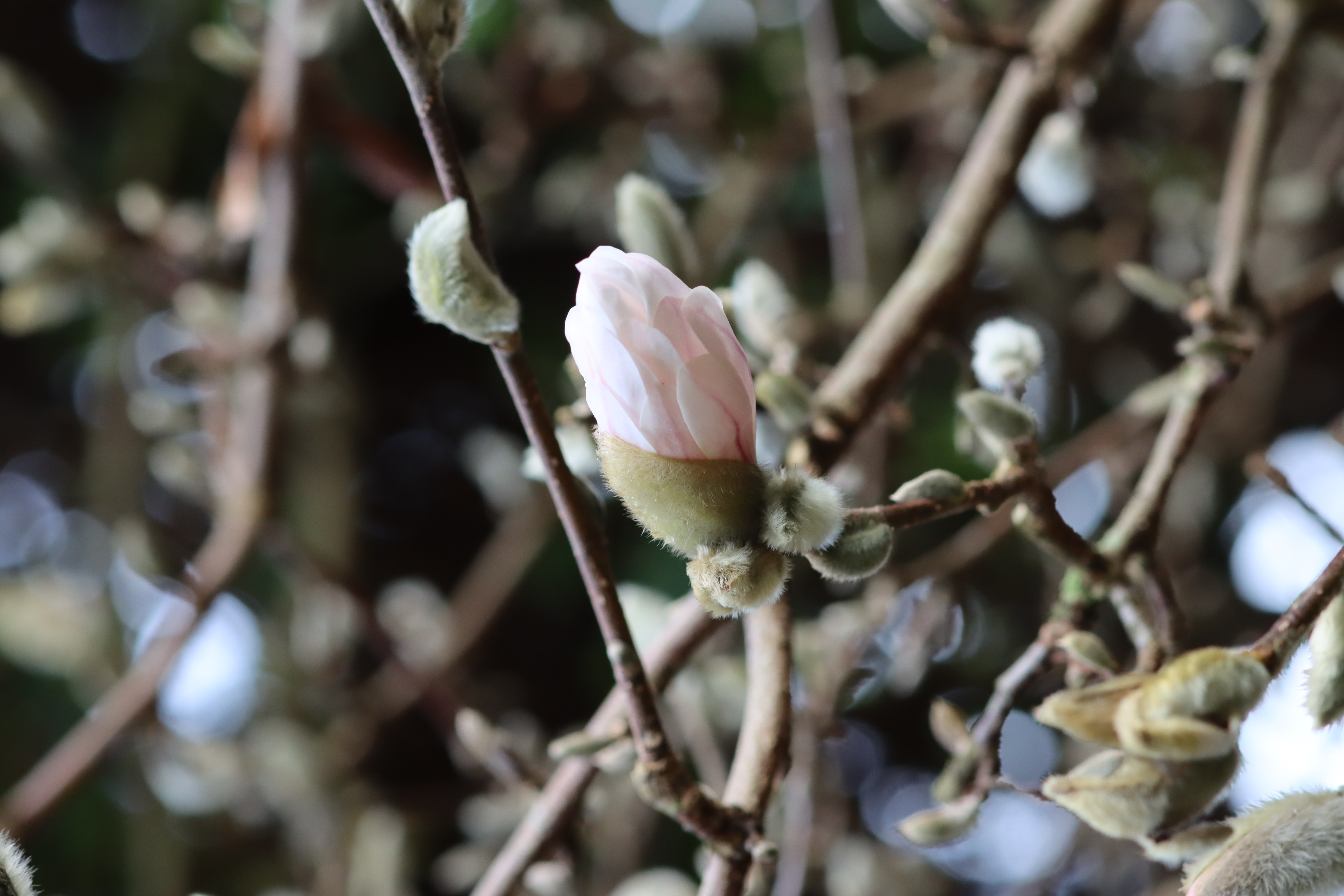
Ms M
Ms M was born in 1962 in Christchurch. When she was seven, she and her sister were taken into care as her mother and step-father had died. The Department of Social Welfare and Anglican Social Services were both involved in their care, although neither wanted to accept responsibility for them. Anglican Social Services placed the sisters with foster parents where both sisters experienced abuse.
Read: Ms M's profile from He Purapura Ora, he Māra Tipu: From Redress to Puretumu Torowhānui here
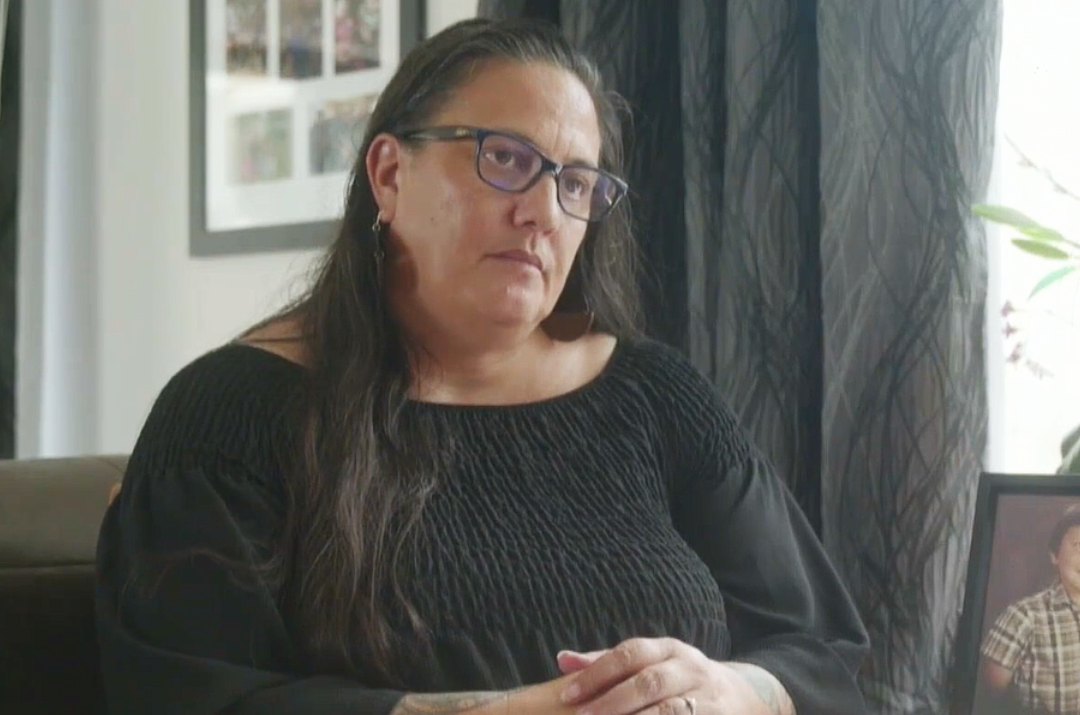
Natasha Emery
Natasha Emery focused her kōrero to the Inquiry on her and her late brother’s childhood and adolescence. This includes their relationships with parent figures, as well as their experiences in State care. Natasha also spoke about how the impacts of these experiences shaped her and her brother’s lives, and the resulting intergenerational effects of trauma on their own whānau, including Natasha’s late son.
Watch: Witness statement of Natasha Emery at the Māori public hearing
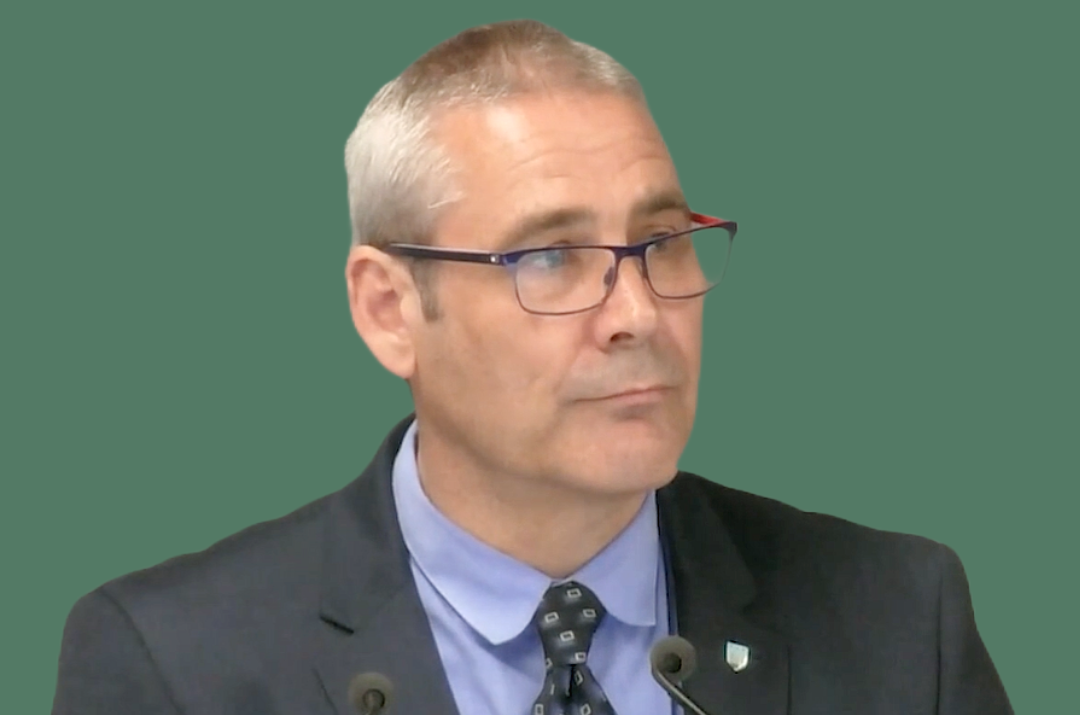
Neil Harding
Mr Harding suffered abuse from school staff while attending Dilworth School in the 1970s. Mr Harding made failed redress approaches to the Police in the 1990s, and had interactions with the Dilworth Trust Board as well. He has made recommendations for the future to the School and Anglican Church.
Watch: Statement of Neil Harding for Faith-based Redress Hearing

Neta Kerepeti
From abused runaway child to care professional. Neta Kerepeti grew up in Ngunguru, a small town near Whangārei. Neta’s mother passed away in 1967, leaving Neta and her siblings in the care of Neta’s father. Neta was subjected to abuse between the ages of eight and 12. At 12, she became a ward of the State and was taken into care by the department. At 13, Neta was taken to Bollard School for Girls in Auckland wherein she experienced more abuse.
Read: Neta's profile from He Purapura Ora, he Māra Tipu: From Redress to Puretumu Torowhānui
Watch: Statement of Neta Kerepeti for Abuse in State children's residential care hearing
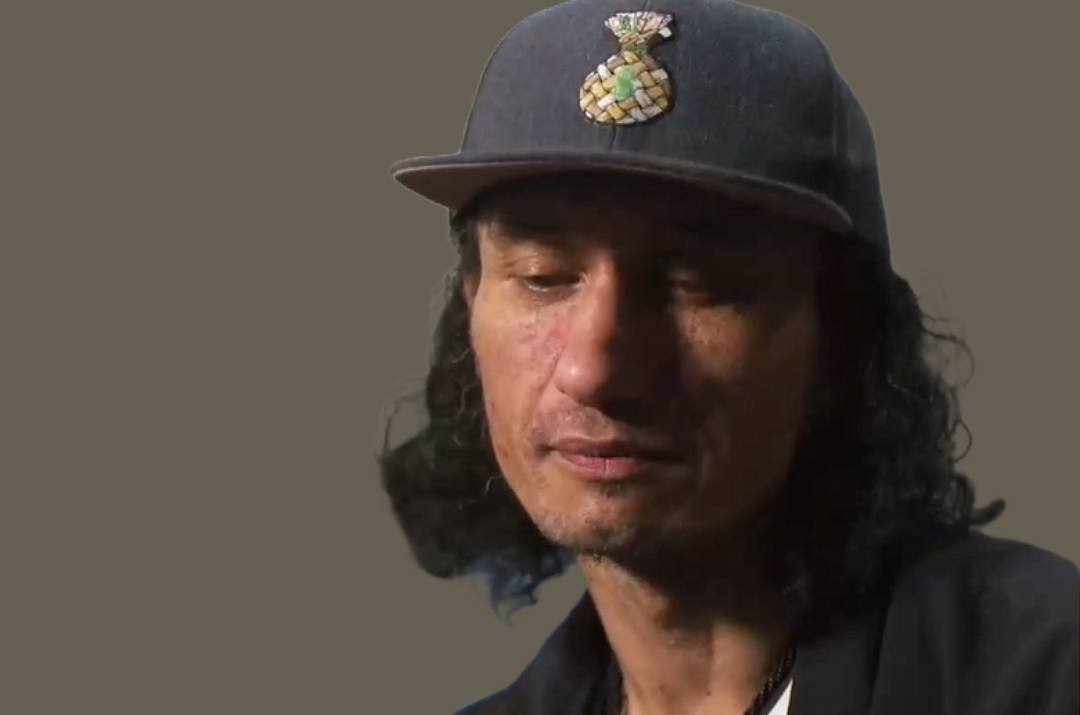
Ngatokorima Mauauri
Ngatokorima Mauauri grew up immersed in both his Cook Island and Māori heritage. Very early in his life he was exposed to family violence and gang life which led to him spending periods of his youth in various State care placements including foster care, Whakapakiri, Dingwall Trust, and Weymouth Boys’ Home. He spoke to the Inquiry about navigating Pacific and Māori cultures, gang life and the impact of the abuse he suffered in State care.
Watch: Statement of Ngatokorima Mauauri for Tulou - Our Pacific Voices: Tatala e Pulonga hearing
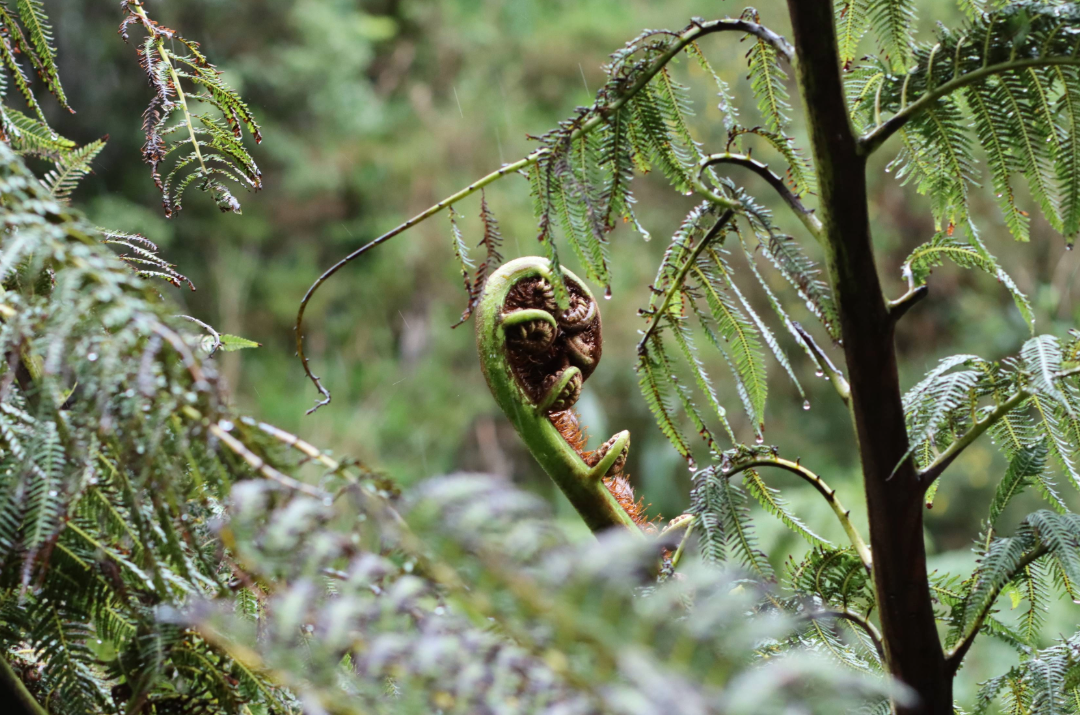
Ms NH
Ms NH was born Deaf and blind in her right eye. She was sent to Kelston School for the Deaf in Tāmaki Makaurau Auckland at five years old. Ms NH experienced physical abuse while at Kelston, and didn't learn sign language until she moved to Australia with her family at the age of 14. The trauma from the abuse she received at Kelston remains to this day.
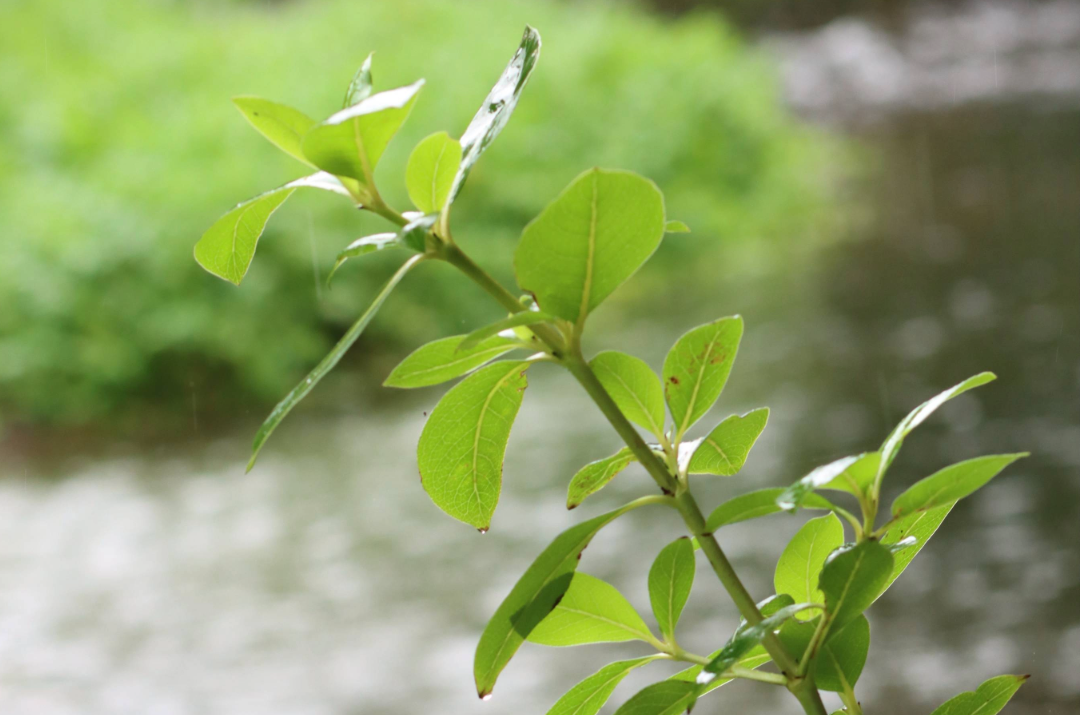
Ms NI
Ms NI is of Māori and Pākehā descent. She experienced sexual abuse by a priest while she was part of a Presbyterian youth group. The impact of this abuse on her, including the lack of support she received from her family and community after making a complaint to the police about it, has stayed with her throuhgout her life.
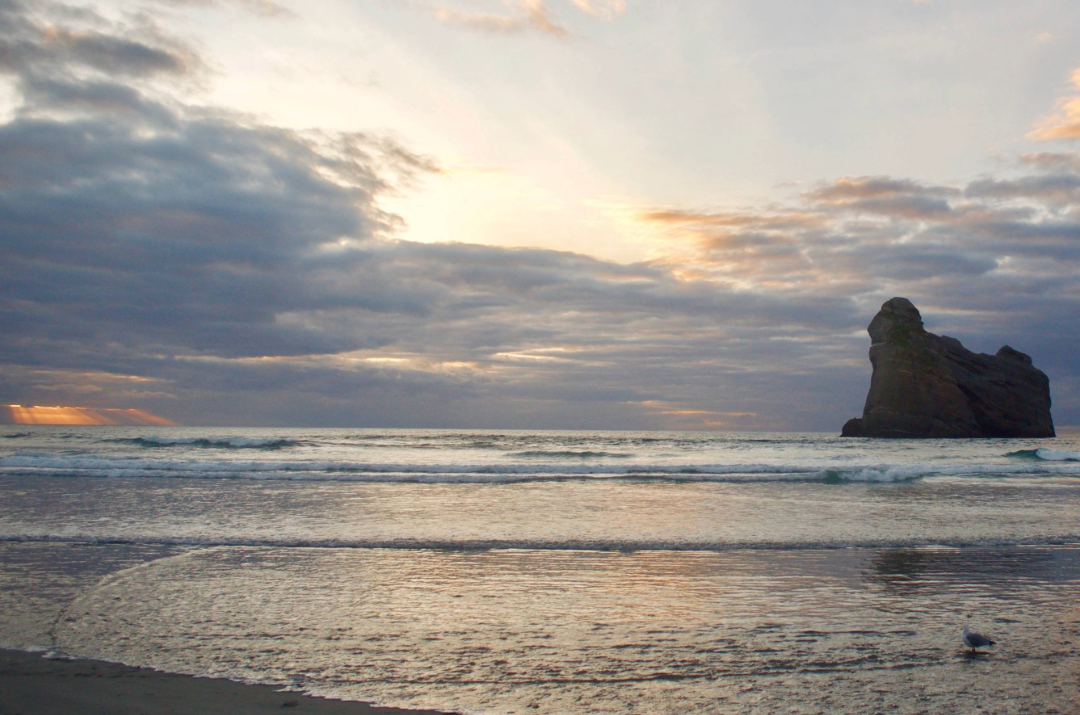
Mr NK
Mr NK is of Pākehā and Māori (Ngāti Raukawa) descent. He spent time in health camps, police station cells, boys' homes and boot camps during his childhood. He shared his experience with the Commission because of the serious consequences of the time he spent in police cells when he was 10 years old.
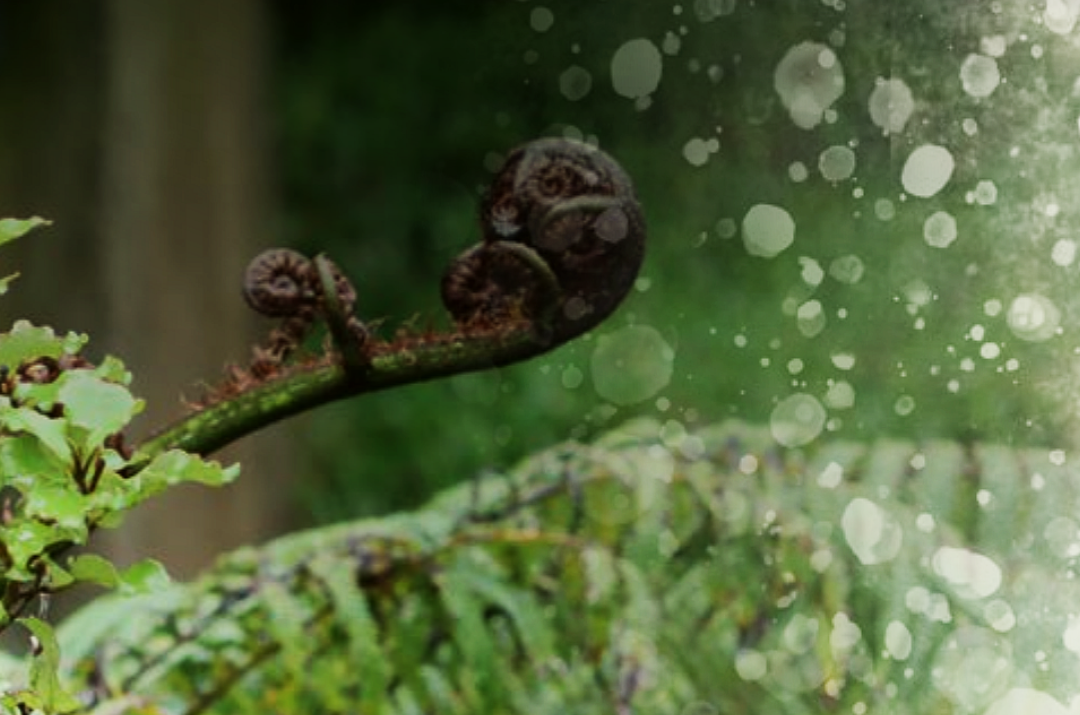
Mr NL
Mr NL grew up in Napier and he was sent to Gisborne Health Camp at 8 years old. Mr NL is dyslexic and suspects he had undiagnosed attention deficit hyperactivity disorder (ADHD) as a child. He experienced violence while in care and was often placed in solitary confinement in a "time out" room while at the health camp. His time there broke his trust in people and contributed to problems with drugs and alcohol. Mr NL is now sharing his experience as a way of helping him move on with his life.

Mr NM
Mr NM is Nuiean, and first entered care at the age of 12. He spent time in foster are and in boy's homes, including Ōwairaka Boys’ Home and Hokio Beach School. He experienced physical abuse, violence and racism during his time in care, and lost his identity as a Niuean. He has since reclaimed his Nuiean identity, and is now helping his own children to connect with that identity too.
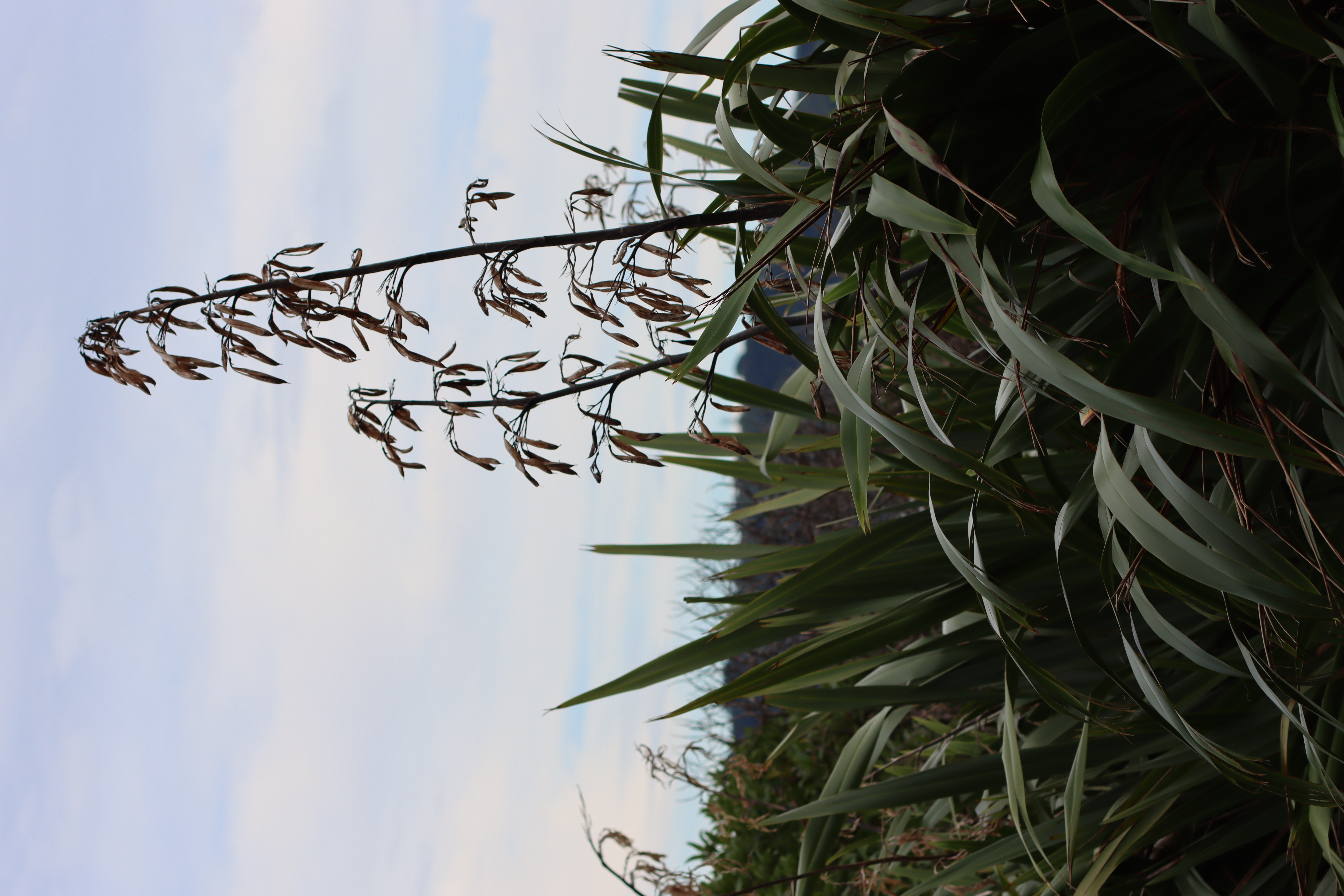
Ms NN
Ms NN shared her lived experiences of abuse in State care and social worker neglect, including how that neglect exacerbated her experiences of abuse. Ms NN also talked about her experiences of racism in the State care system, and the impacts that the abuse, neglect, and racism have had on her.
Watch: Witness statement of Ms NN at the Māori public hearing
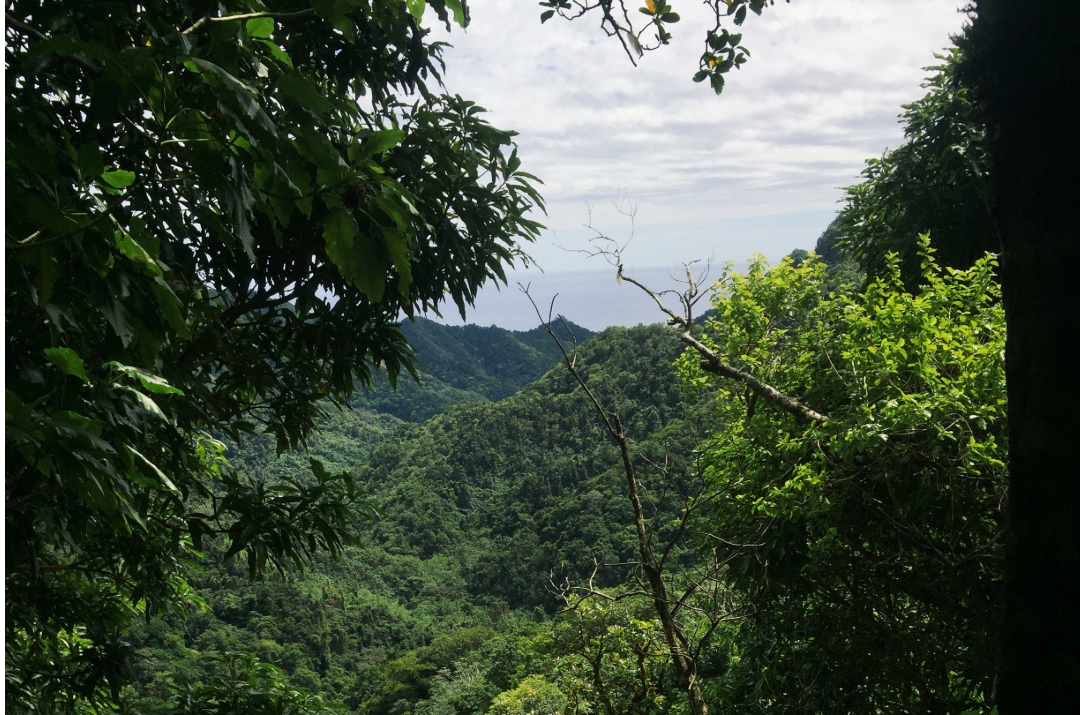
Nooroa Robert
Nooroa Robert came to Aotearoa from the Cook Islands at the age of two. Soon after he was placed into care at various family homes run by faith-based organisations, as well as the Anglican Trust, Stoddart House, Wesley College and Owairaka Boys’ Home. He experienced severe mental, physical and sexual abuse during his time in care. He spoke to the Inquiry about the redress process he went through with the Anglican Trust, and the claims process he's going through with ACC for the PTSD he suffers as a result of his time in care.
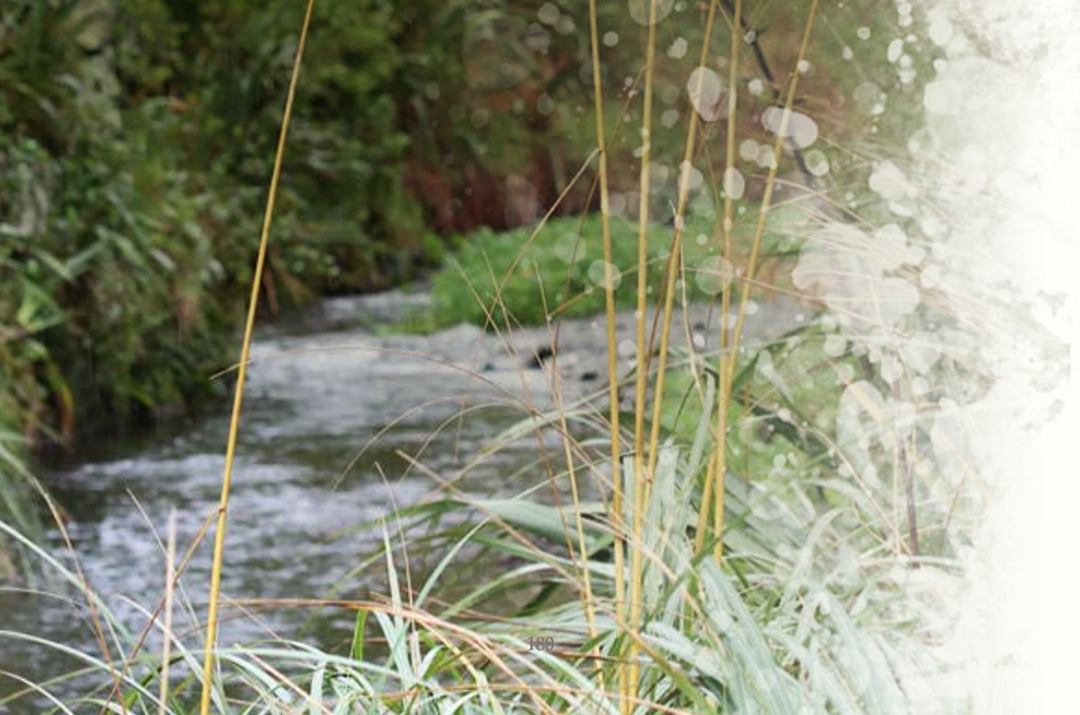
Ms NT
Ms NT experienced sexual abuse as a child, which led to drug use at a young age. She also spent time in Te Whare Ahuru Mental Health Ward, where she was denied the hormone treatment she needed as part of her gender transition. As a transgender person, she has also faced stigma, exclusion and marginalisation by medical practitioners and organisations like ACC. She would like better mental health support for adolescents, and for every child to have the opportunity to speak to someone confidentially, away from their home and parents.
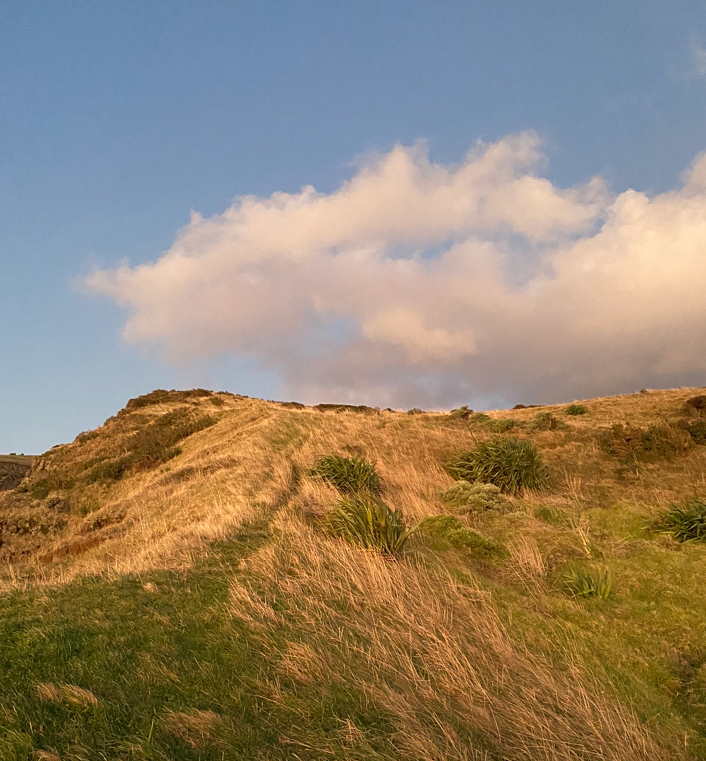
Mrs N
Mrs N was groomed and sexually abused by a teacher at St Margaret’s College, Christchurch, an Anglican high school. She shared her experience of making a complaint to the School, and of giving evidence at the Teaching Council with the Royal Commission.
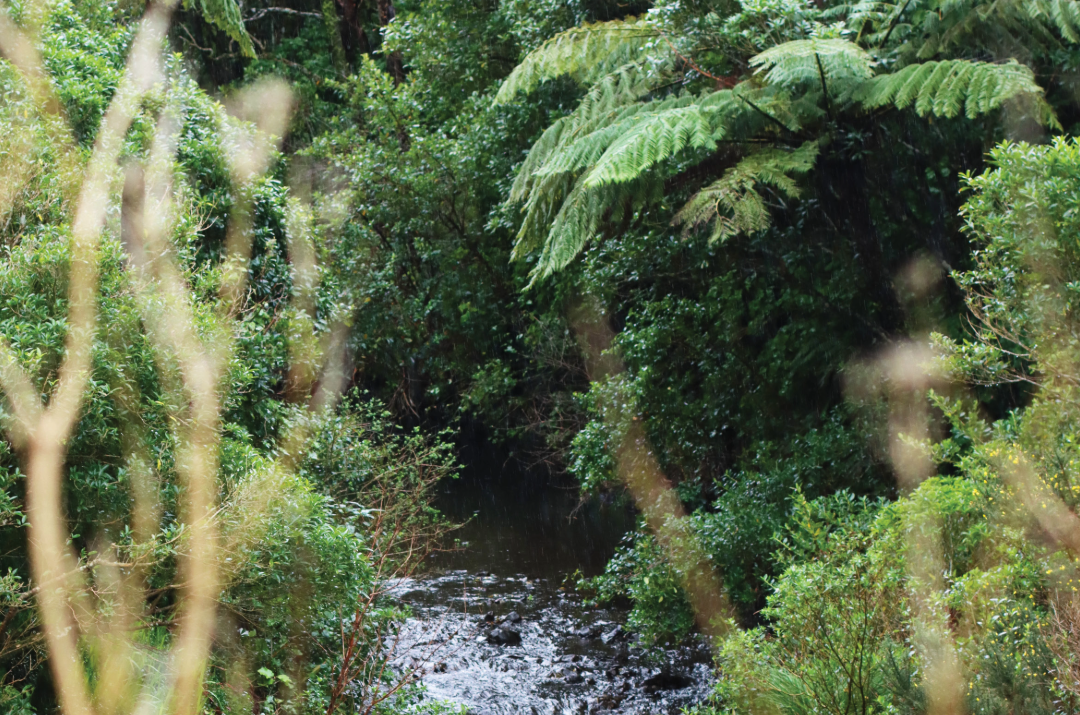
Ms OF
Ms OF is of Māori (Ngāti Kahungunu) descent. She entered care at the age of 15 and spent 10 years on and off in Ward 12 of Cherry Farm psychiatric hospital. She experienced physical abuse while in care, was subjected to ECT treatment, and was also placed into seclusion. She now works in public health.
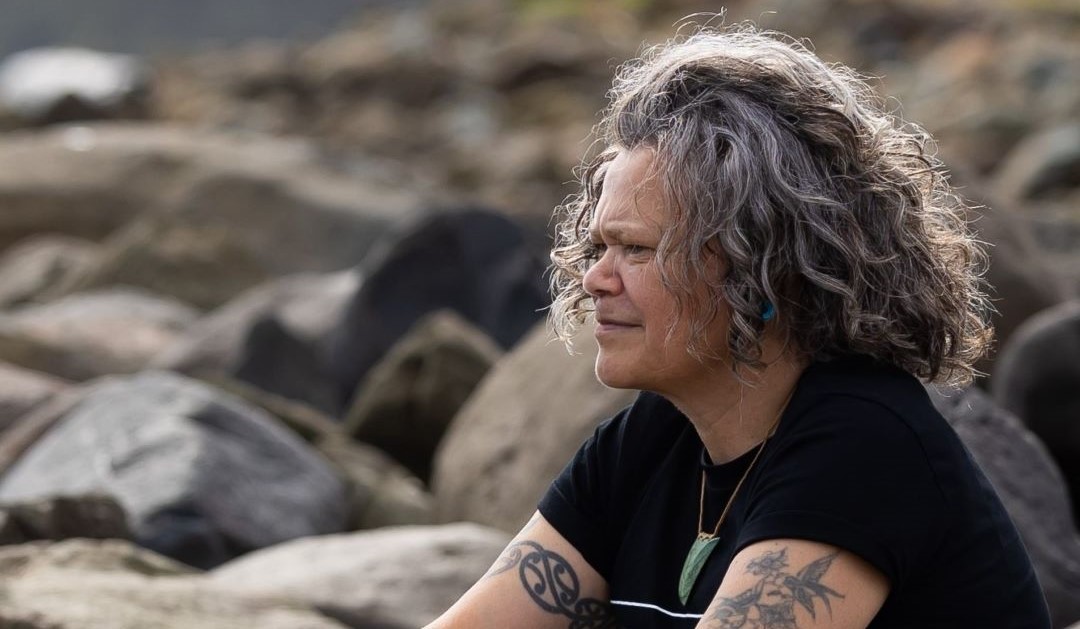
Paora Crawford Moyle
Paora Crawford Moyle (Ngāti Porou) is a survivor of both State and faith-based abuse and has 30 years’ experience as a social worker. They were a lead claimant in the Waitangi Tribunal Oranga Tamariki inquiry. They are currently studying towards a doctorate in child trauma and State care. Over many years, Paora has used their lived experience to support other survivor whānau.
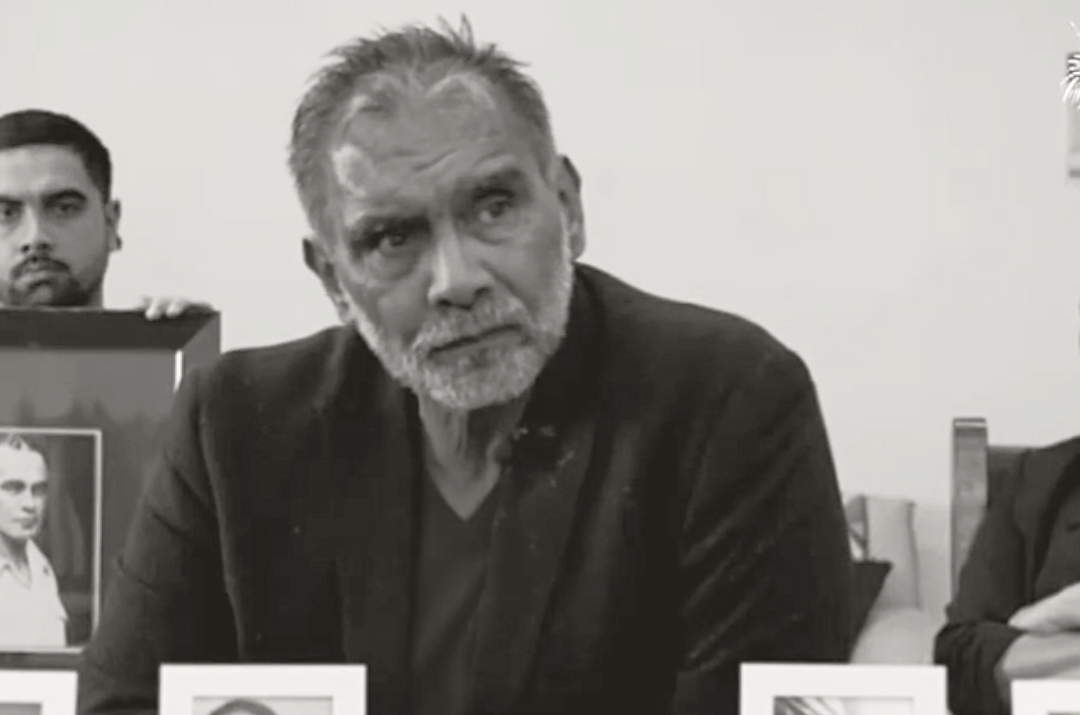
Paora Sweeney
Paora Sweeney grew up in a loving family but suffered the trauma of losing his parents and both his sisters at a young age. He ended up in State care. Paora has multiple experiences of being placed in care and custody facilities as an adolescent, and of being abused in care. He talked to the Inquiry about the clear link between being placed in care and ending up in gangs and adult incarceration, and the impacts of the abuse on him.
Watch: Witness statement of Paora Sweeney at the Māori public hearing
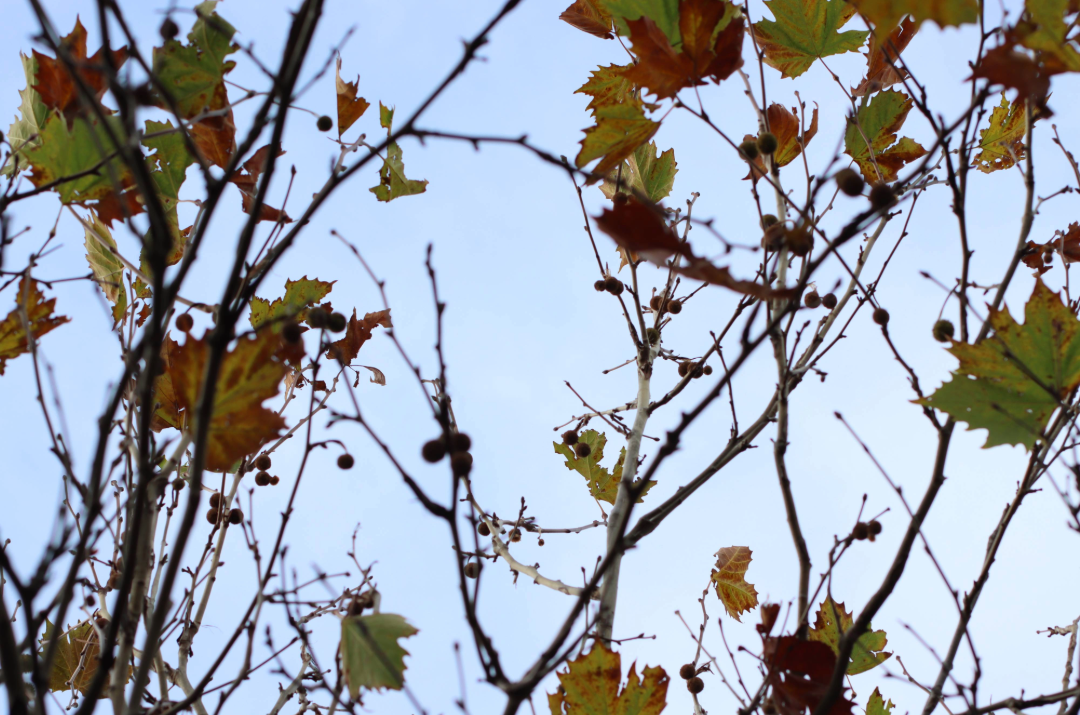
Patrick Cleary
Patrick’s evidence was read by his daughter Tina, as Patrick sadly passed away before the Faith-based Redress hearing could be held. His evidence described the abuse he suffered over four years at the Catholic secondary school, St Patrick’s in Silverstream. In a statement titled ‘Shame’, Patrick explained why it took him so long to share his story. His evidence described the difficulties he faced when attempting to complain to the Police and to the Catholic Order, the Society of Mary.
Watch: Statement of Tina Cleary on behalf of Patrick Cleary for the Faith-based Redress hearing
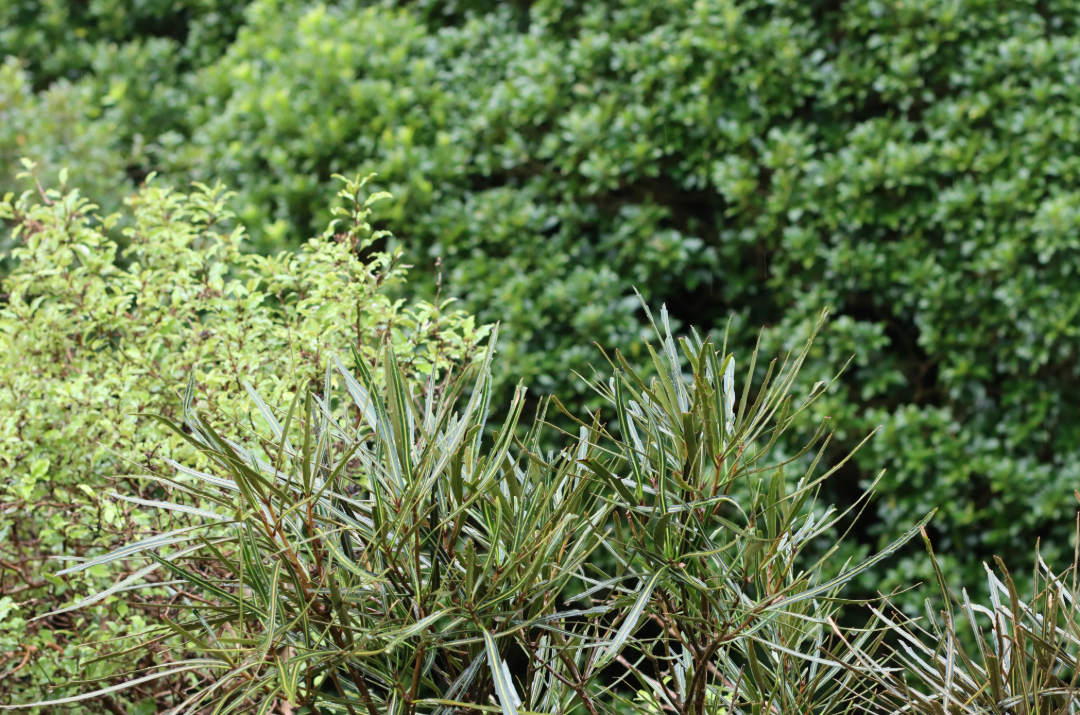
Patrick Stevens (anonymised name)
Patrick Stevens’ evidence to the State Redress Hearing was read out on his behalf, as he sadly passed away during the Covid-19 lockdown. His evidence outlined his experience of going through the historic claims process with the Ministry of Social Development and the Ministry of Health. Patrick’s claim against the Ministry of Social Development related to social work practice failures while he was in child welfare and social welfare care. His claims against the Ministry of Health related to abuse suffered while admitted to the Manawaroa Unit at Palmerston North Hospital, and while informally admitted to the Child and Adolescent Unit at Lake Alice Psychiatric Hospital. His evidence explained the different approaches to his claims of abuse and the different settlement outcomes.
Watch: Statement of Patrick Stevens (anonymised name) for State Redress Hearing
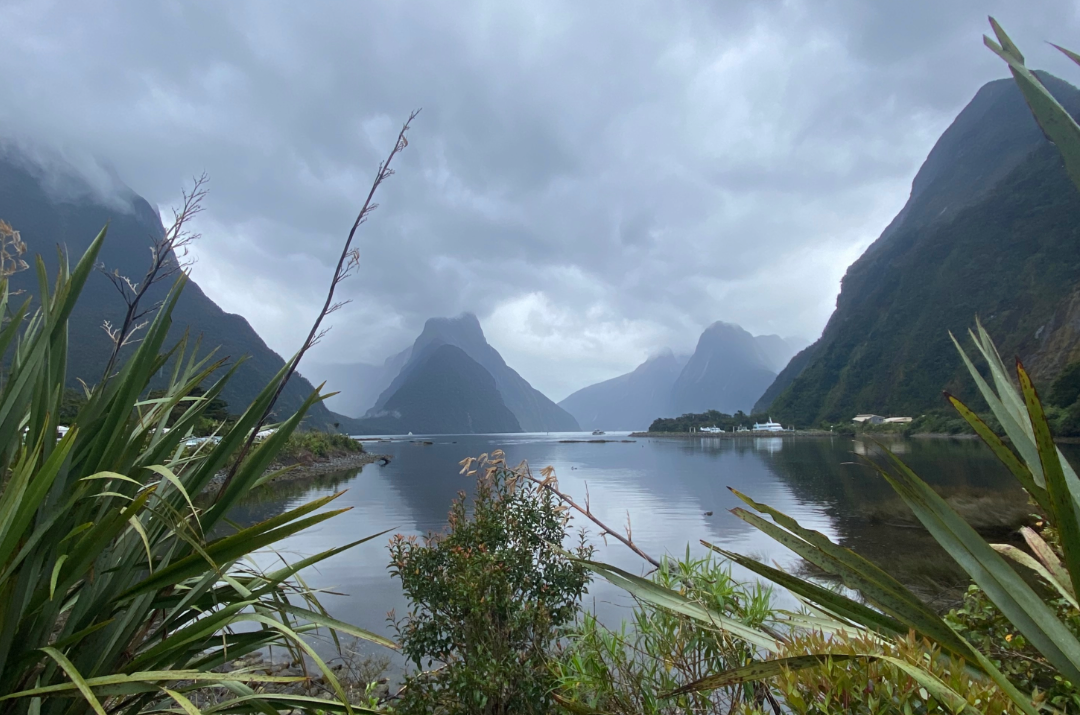
Paul Beale
Gay Rowe gave evidence as the sister of, and guardian for, Paul Beale. Paul was born with an intellectual disability and was placed into Kimberley Hospital and, later, Parklands. The latter was a residence funded by the Ministry of Health. Gay described the abuse Paul suffered at both facilities and the claims process with the Ministry of Health in relation to Parklands.
Watch: Statement of Gay Rowe for Paul Beale for State Redress Hearing
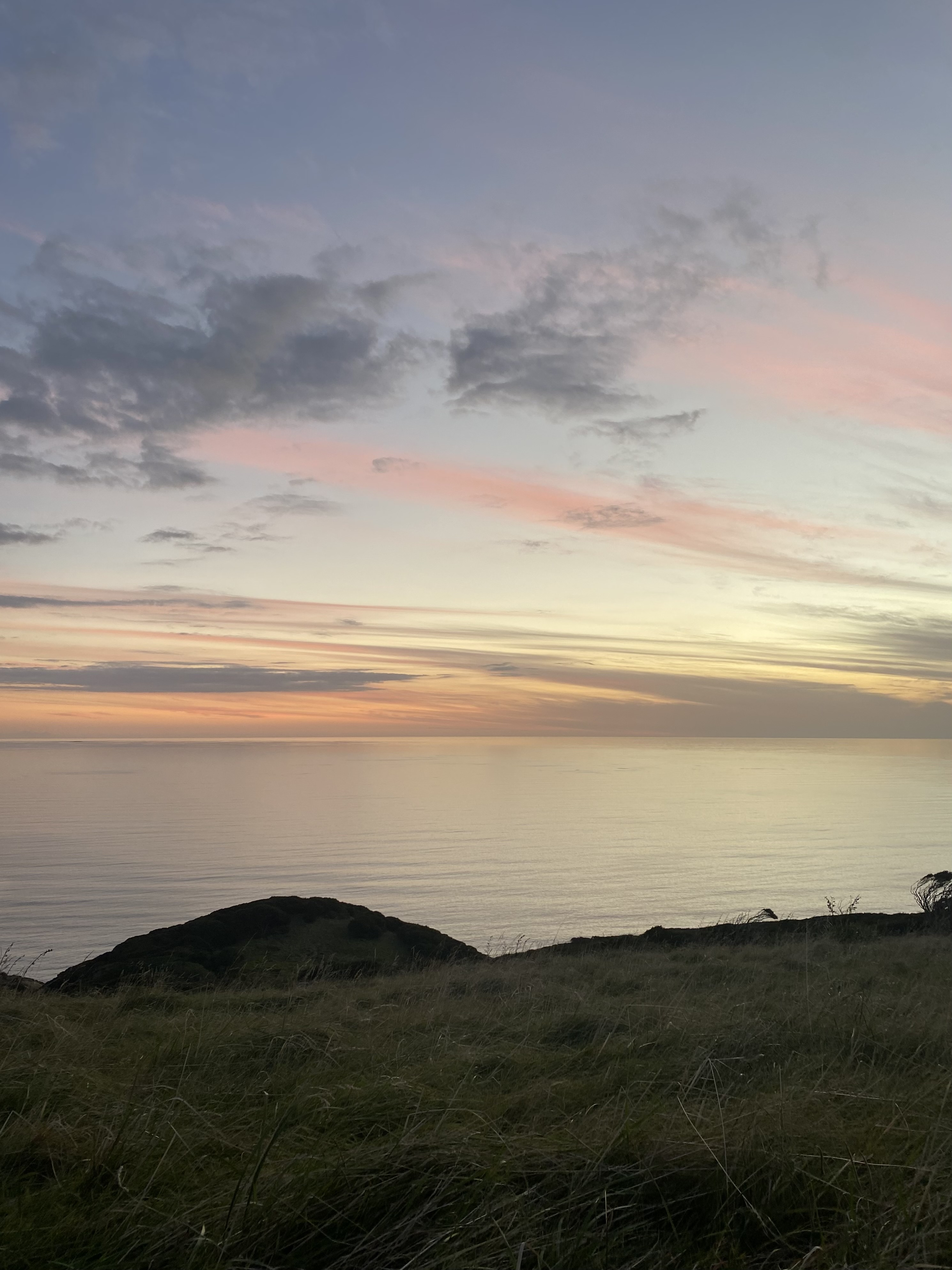
Paul and Earl White
Brothers Paul and Earl White (not their real names) brought a claim in the High Court against the Crown for physical and sexual abuse they suffered while in State care at boys’ homes in the 1970s. Their case reached the High Court in 2007 and the Court of Appeal in 2010. The case had profound consequences for other survivors contemplating court action against the Crown.
Watch: Statement of Earl White (anonymised name) for State Redress Hearing
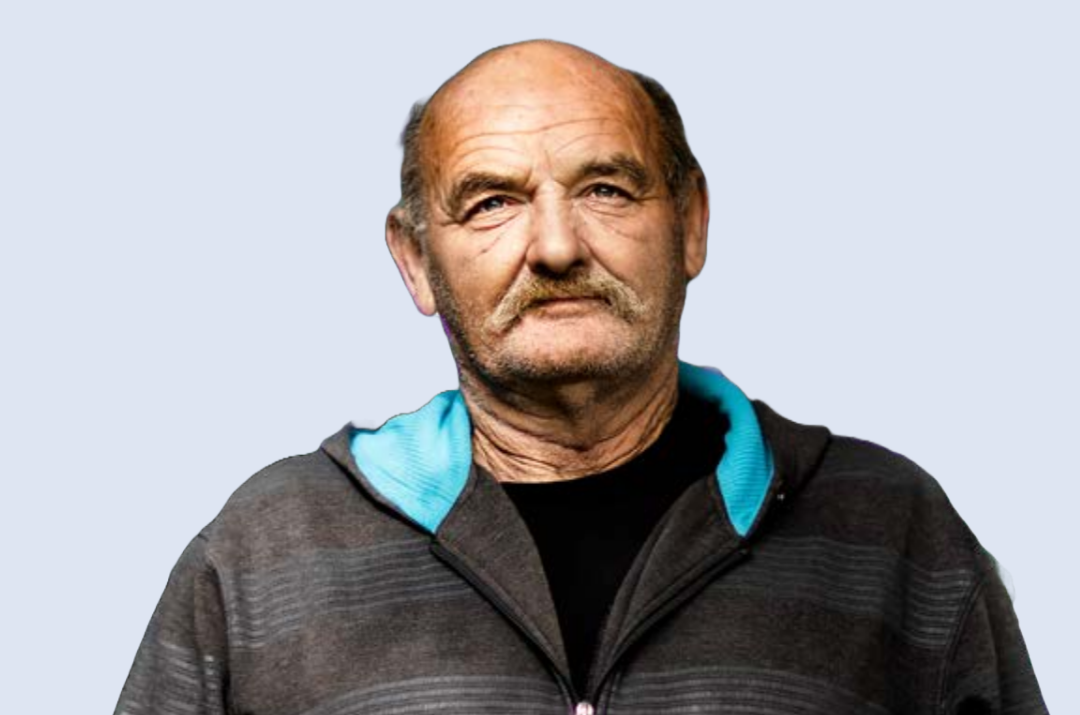
Paul Zentveld
Paul Zentveld is a 61-year-old survivor of the Lake Alice Child and Adolescent Unit. He was admitted to the Child and Adolescent Unit five times between the ages of 13 and 15 where he was heavily medicated and routinely subjected to electroconvulsive therapy and seclusion. He gave evidence to the Inquiry relating to his time at Lake Alice and the subsequent efforts he made to seek justice for the wrongs he suffered as an adolescent. He has also made various complaints to bodies such as the Victorian Medical Practitioners Board, ACC, the New Zealand Police, and the Whanganui District Health Board. He also took his complaint to the United Nations, and in 2017 filed a formal complaint with the United Nations Convention Against Torture (UNCAT), which was upheld by UNCAT in 2019.
Watch: Statement of Paul Zentveld for Lake Alice Child and Adolescent Unit hearing
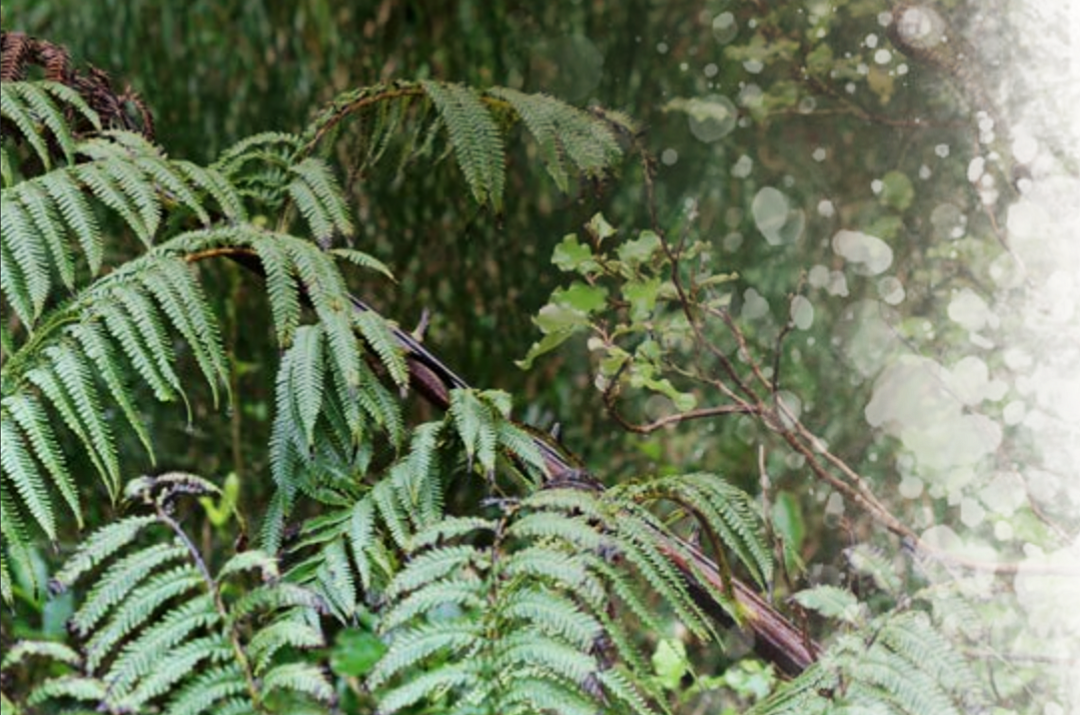
Peter Evaroa
Peter Evaroa is of Rarotongan and Pākehā descent. He first entered care at the age of 4 and has spent time in boys' homes, children's homes and wth foster families. He was severely physically, sexually and psychologically abused while in care. He has filed claims against the Methodist Church and has received some redress and an apology, but would like to revisit this, as he believes the State owes survivors like him their lives.
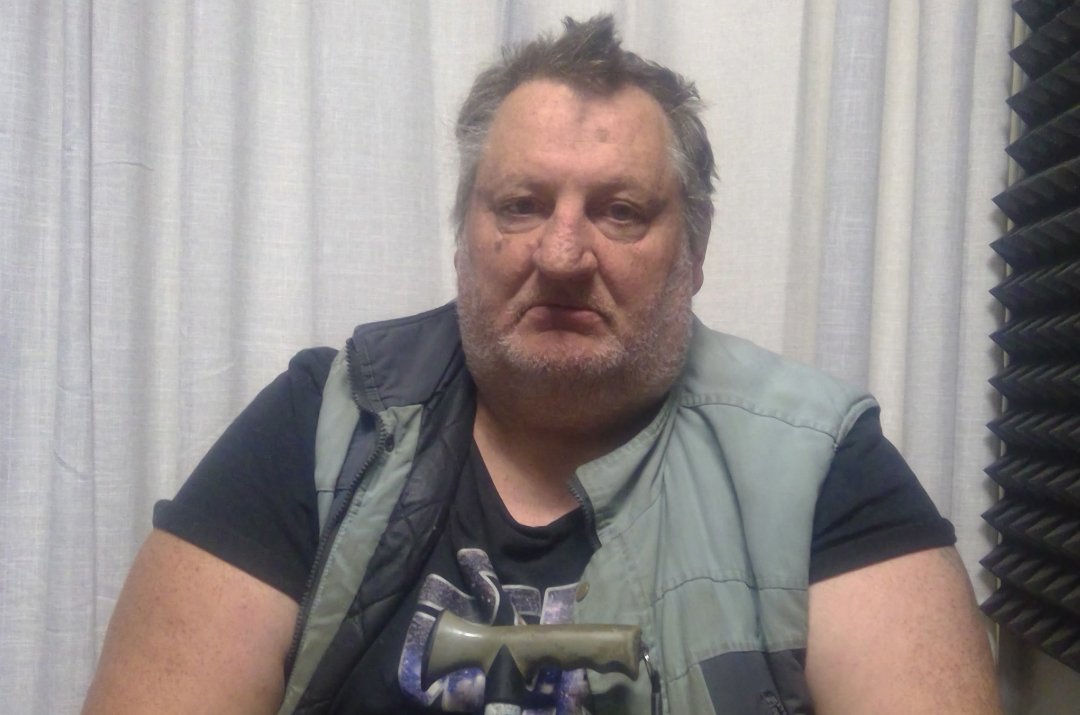
Philip Laws
Philip Laws spent time in foster homes, boys' homes and health camps from the age of 9. He experienced severe sexual, emotional and physical abuse while in care. This abuse, as well as the lack of education and support for his dyslexia has greatly impacted Philip's life. He has had substance abuse issues and has been to prison, both of which are a direct result of the trauma of his childhood in care.
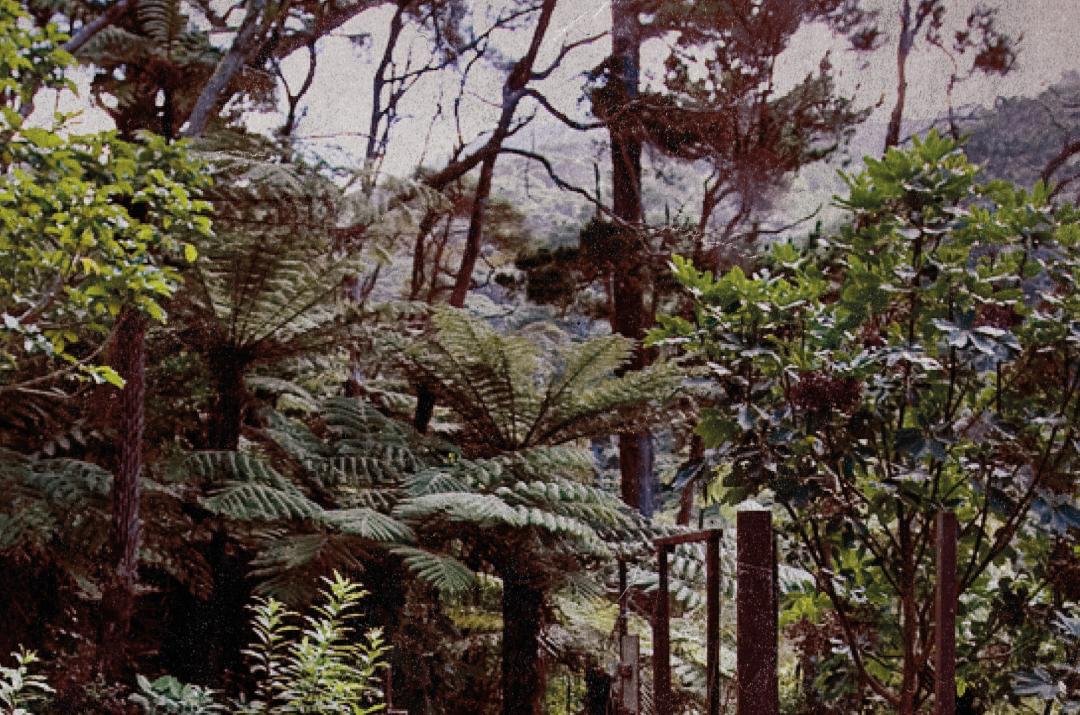
Mr PM
Mr PM is a Pākehā man who experienced sexual, physical and psychological abuse in care. He was placed in Hamilton Boys’ Home, foster care, Weymouth and Whakapakari. During his time in care he was placed in a cell for solitary confinement. At Whakapakari he was forced to dig his own grave at gunpoint, and was raped by a supervisor. PM experiences the ongoing impacts of abuse in care, including having to stop working due to the memories of abuse causing him to be unsafe as a truck driver.
Watch: Statement of Mr PM for Abuse in State children's residential care hearing
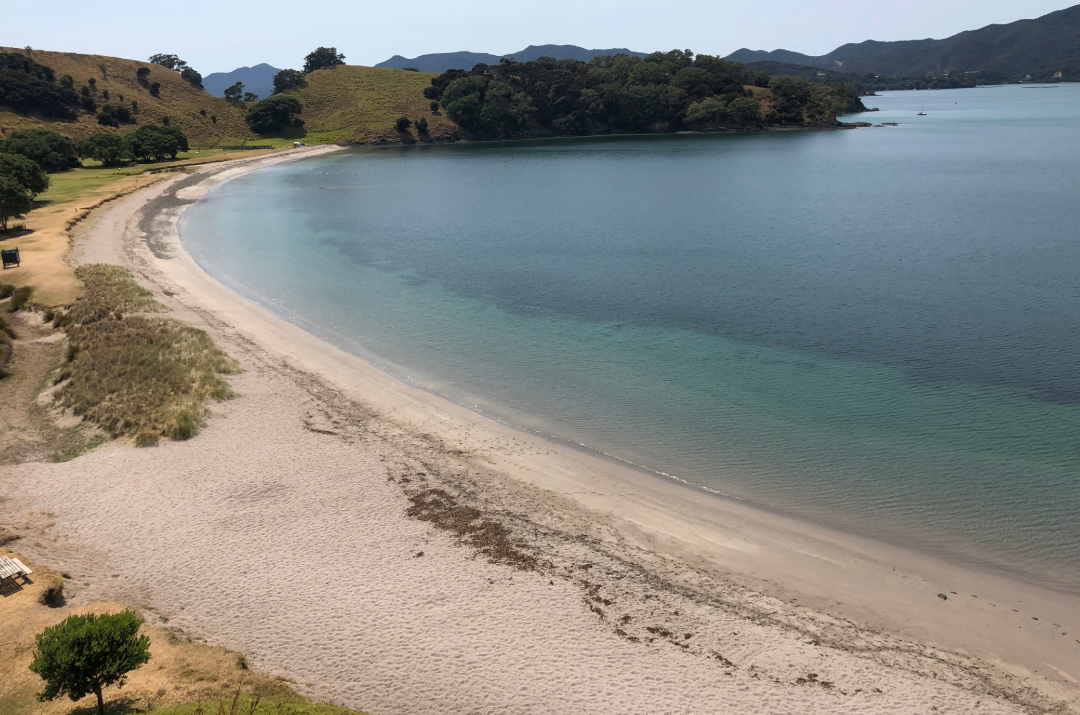
Poi McIntyre
Poi McIntyre is of Māori (Ngāi Tahu) descent. He entered care at the age of 4. He was placed in family homes and boys' homes, and also spent time in borstal. Poi experienced violence and physical abuse while in care, which led him to gangs and prison later in life. He shared his experience with the Royal Commission in the hope that no other tamariki will have the same experience in the future.
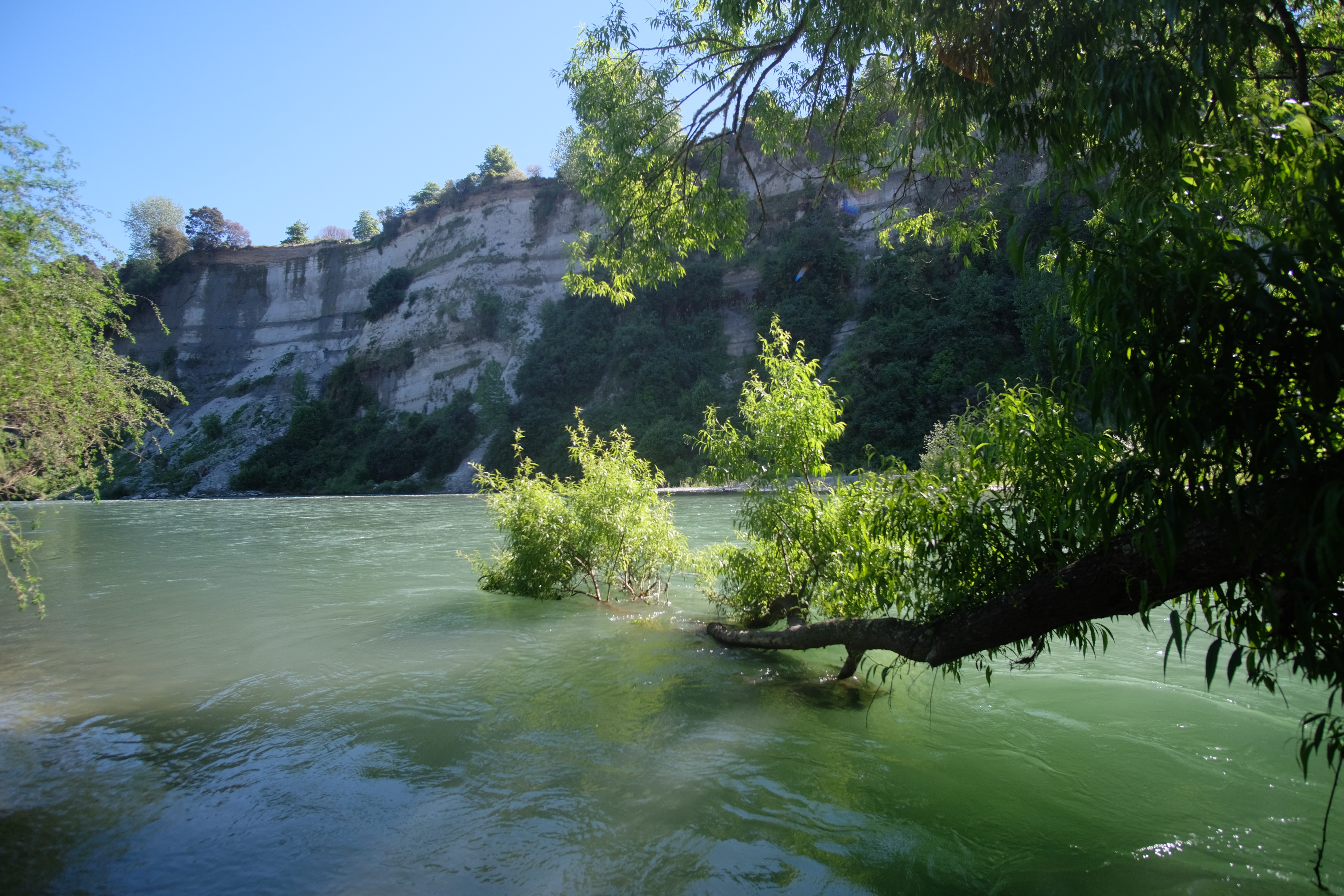
Pulotu Solomon
Pulotu Solomon was a watchman at Owairaka Boys’ home in 1962, when he was 26 years old. He witnessed abuse and was told to stay silent. He is now 77 years old, and speaking at the Inquiry was the first time he had publicly shared what he witnessed at Owairaka. He came forward to support the voices of survivors. His daughter, Tupe Solomon-Tanoa’i, will be reading his statement on his behalf.
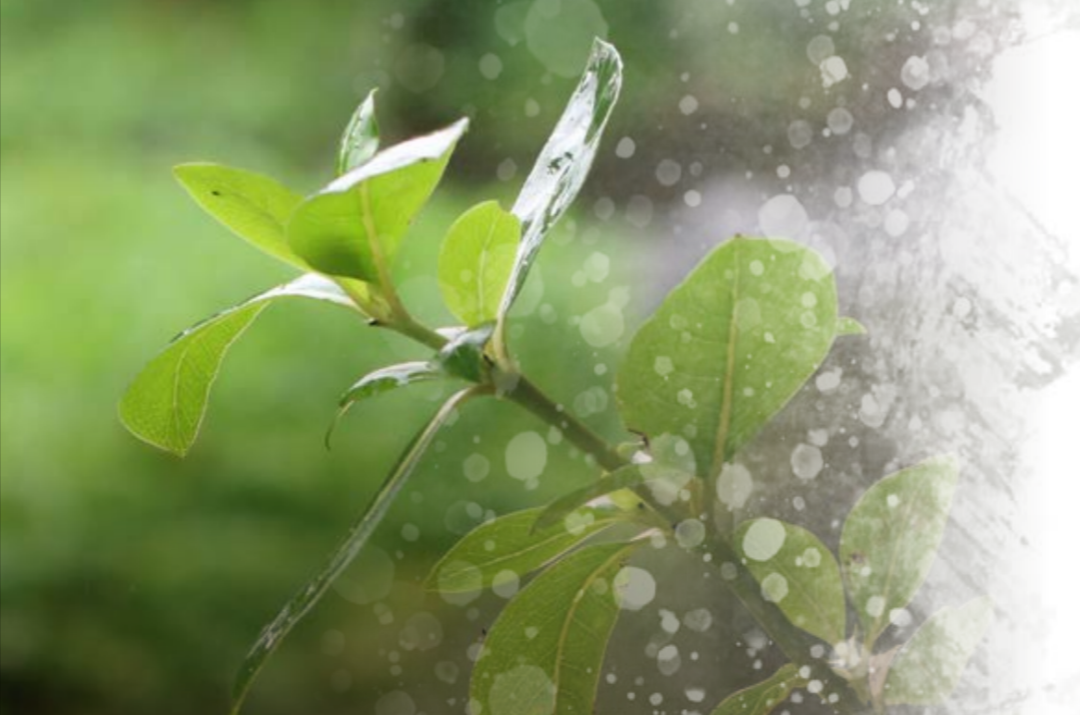
Mr OB
Mr OB experienced physical and sexual abuse as a child at home, and after running away was placed in Lookout Point Boys' Home at the age of 14. He got no support from Social Welfare and later became a patched Mongrel Mob member, as they provided him with care and a sense of belonging. He also experienced a breakdown in later life, and spent time in a secure unit at Ward 17 in Tauranga hospital. While in Ward 17 he was diagnosed with chronic depression and given ECT four times a week, even though he did not give consent to this. He feels that the system needs to change to provide follow up and support for those who have been in State care and need it – with input from people who have experienced it first hand.
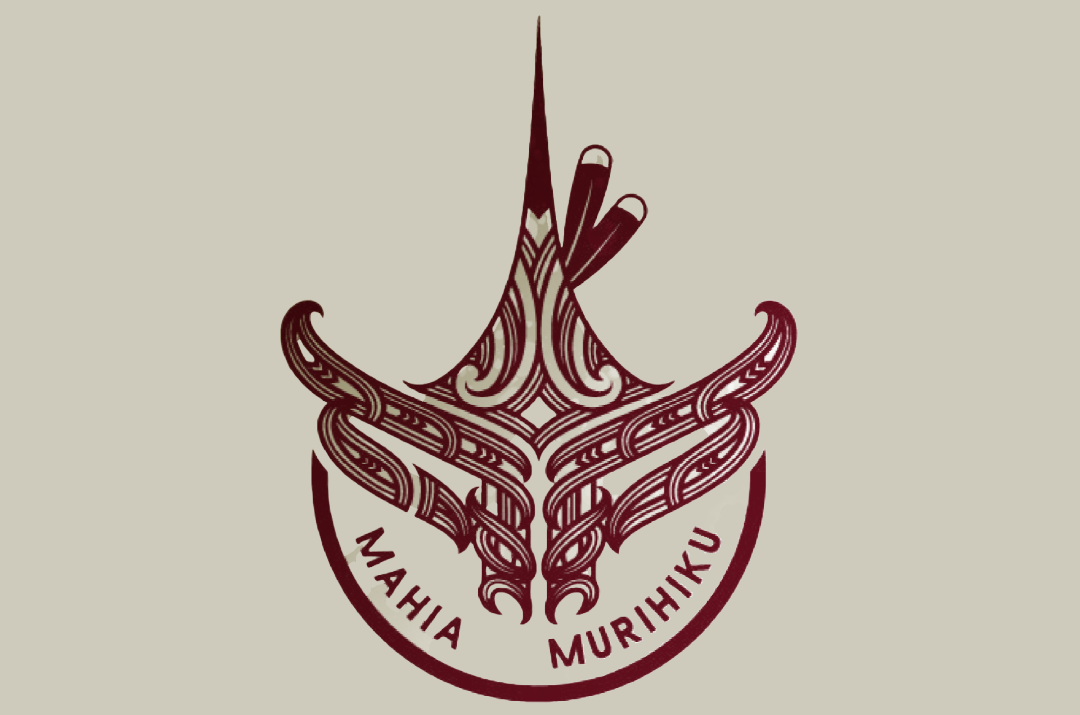
Mr RA
Mr RA is Māori (Rongomaiwahine), and entered care at the age of 12. He was placed in a number of facilites and homes, including Whakapakari Youth Programme on Aotea Great Barrier Island. He experienced verbal, physical and sexual abuse throughout his time in care, and lives with the effects of the trauma it has caused. Bringing a legal claim and seeking counselling for the abuse is part of his quest for closure.
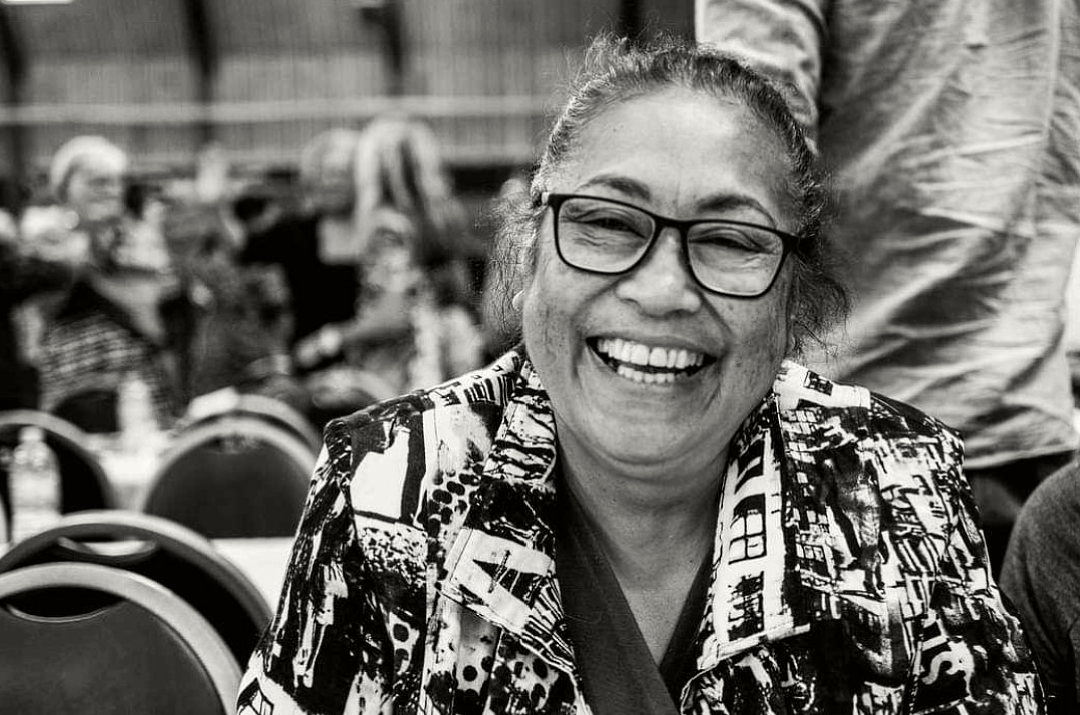
Rachael Umaga
Rachael Umaga is of Samoan descent. She gave evidence to the Inquiry about her experiences as a patient in psychiatric units in Wellington. Rachael described the lack of care she received, the on-going practice of over-medicating patients, and her concerns about the current model of care in psychiatric units. Her experiences in psychiatric care significantly impacted her lifestyle, career and health. Rachael passed away on 13 February 2024.
Watch: Witness statement of Rachael Umaga at Tulou - Our Pacific Voices: Tatala e Pulonga hearing
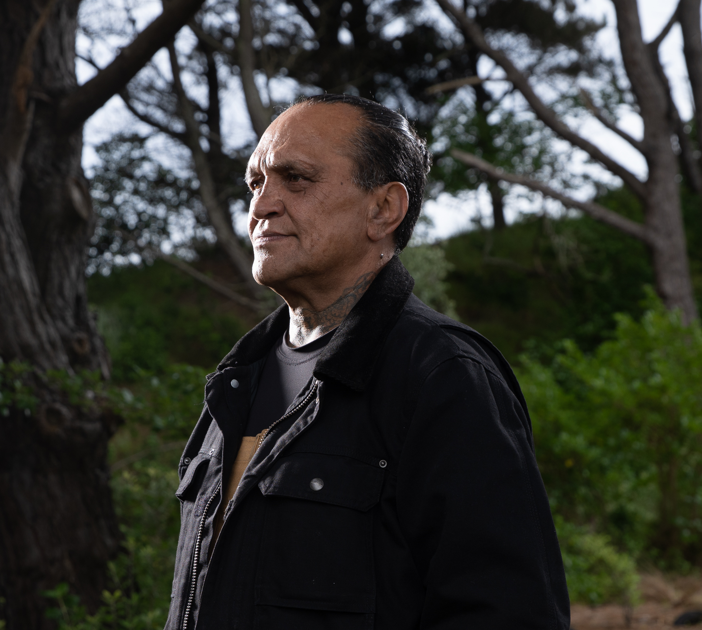
Rangi Wickliffe
Rangi Wickliffe is of Māori, Irish, Scottish and German descent. He was taken into care at the age of six, and was put into 13 foster homes within 12 months. Rangi was sent to Owairaka Boys Home, and then Holdsworth School. He also spent seven months in Lake Alice, in 1972 and 1973. Rangi gave evidence on his abuse, and the severe impacts it has had on his life.
Watch: Statement of Rangi Wickliffe for Lake Alice Child and Adolescent Unit hearing
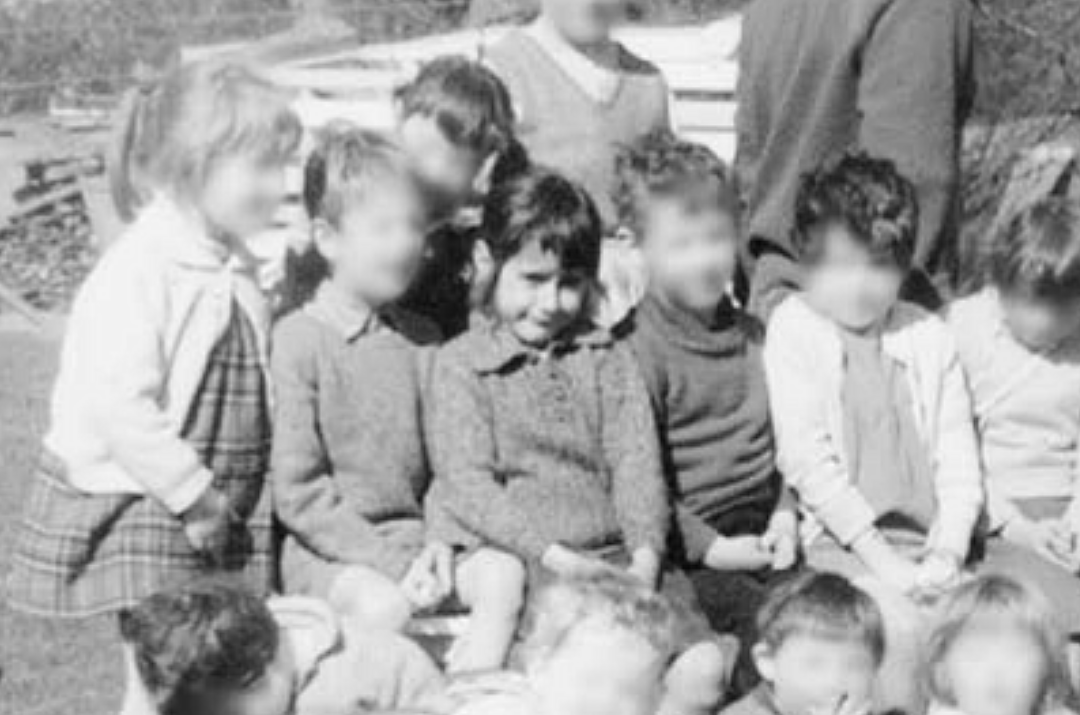
Renée Habluetzel
Renée Habluetzel is from Ōtautahi Christchurch. Renée went into care at six months old and was adopted by a family who ran a children's home just before she turned 5 years old. She experienced both severe physical and sexual abuse while in care, and would now like the people who adopted her to acknowledge that they let her and her future descendants down. Renée would like some redress for her and her children for what they did, and would also like to be un-adopted.
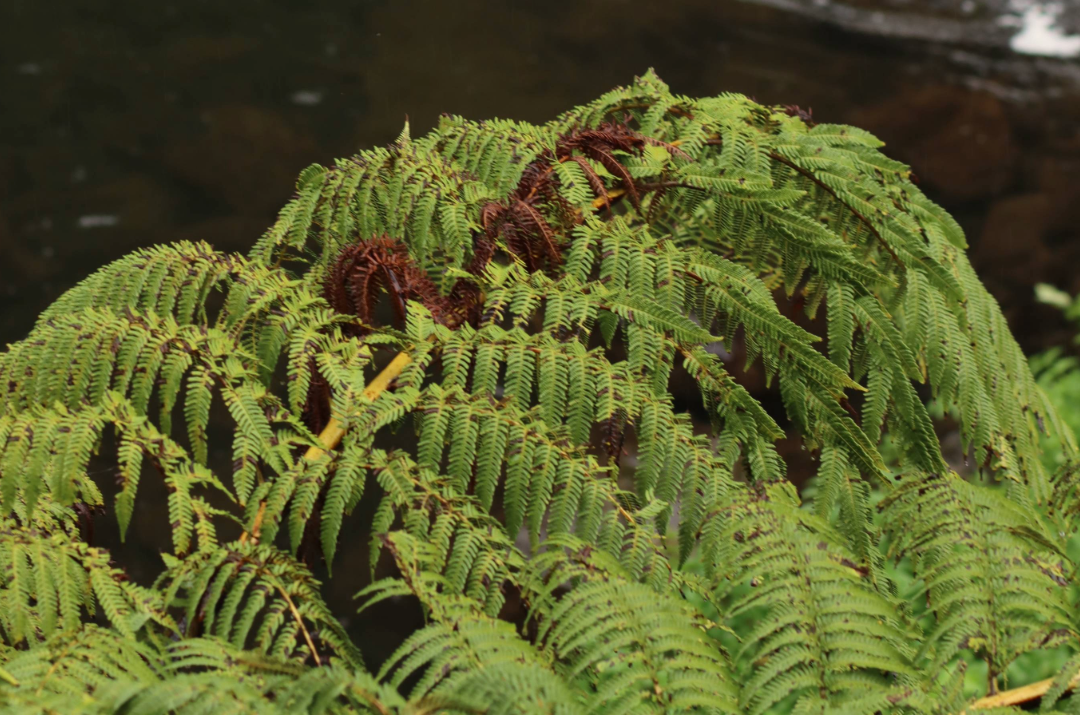
Robert Donaldson
Robert Donaldson experienced sexual abuse while in the pastoral care of Father Magnus “Max” Murray (Father Murray). The abuse occurred between 1955 and 1965, starting when Robert was seven years old and Father Murray was the assistant priest at St Bernadette’s Church, Dunedin. The abuse has affected Robert’s entire life, including his family relationships and his ability to work fulltime due to anxiety and depression. Robert’s initial approaches to members of the Catholic Church provided some support, including arranging an ACC claim for regular counselling. Robert was later approached by Police to provide a statement against Magnus Murray, who was convicted in 2003 for sexual offending against four boys, including Robert. Despite attending a restorative justice meeting with Magnus Murray, Robert has found this did not result in closure or healing.
Read: Statement of Robert Donaldson for Faith-based redress hearing
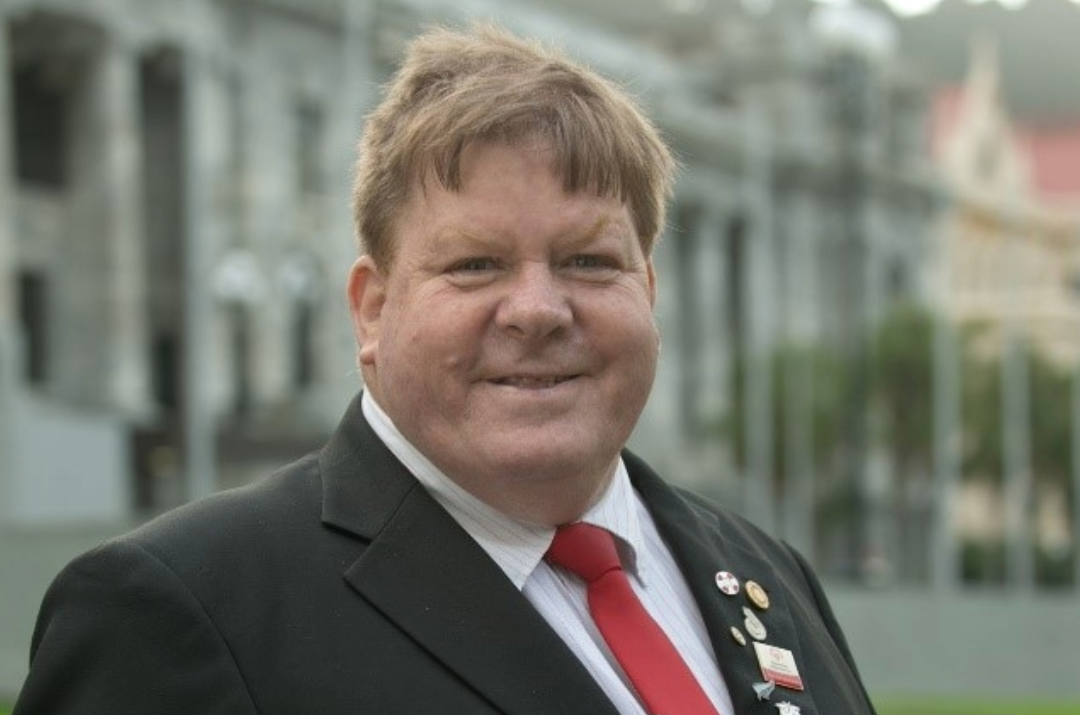
Sir Robert Martin KNZM
Sir Robert Martin KNZM was a disability rights activist. In 2016 he was the first person with a learning disability to be elected onto a United Nations Treaty Body, the Committee for the Rights of Persons with Disabilities. He suffered a brain injury at birth and as a baby was sent to the Kimberley Centre. He had some brief periods of time with his family and in foster homes, otherwise he spent his entire childhood and early teenage years in institutions, including Lake Alice, Kimberley and Campbell Park School, as a ward of the State. Mr Martin gave evidence to the Inquiry about all the forms of abuse and neglect he experienced while living in State care, how this impacted his life, and his hopes for the future.
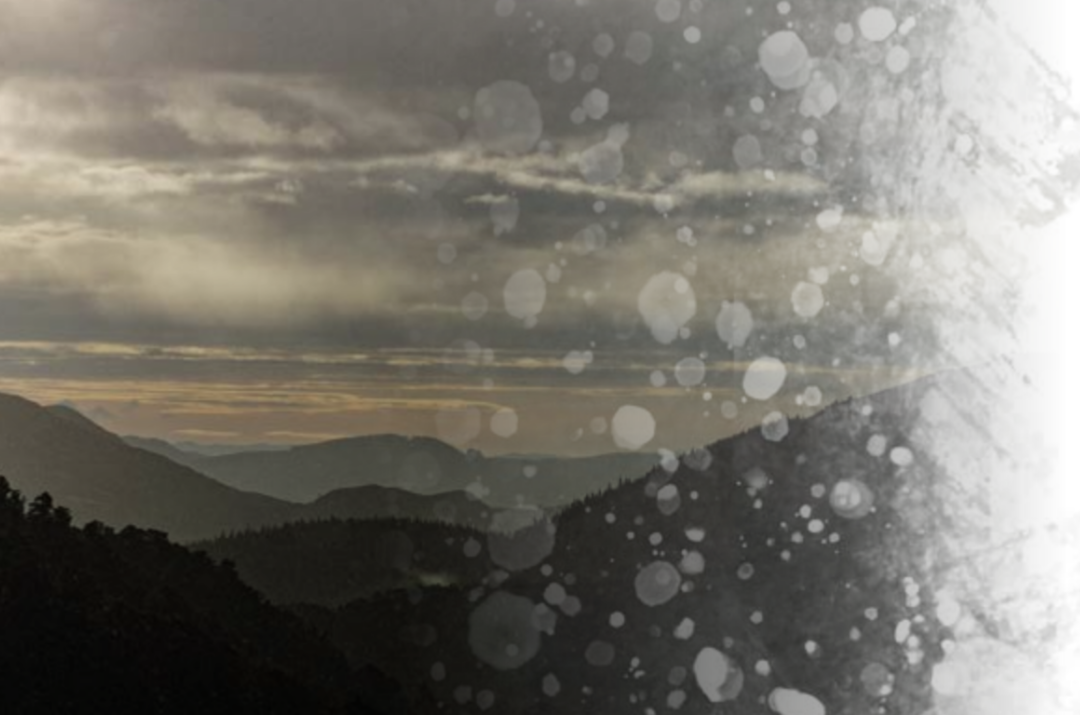
Rovin Turnbull
Callum and Victoria Turnbull spoke to the Inquiry on behalf of their son, Rovin, who is autistic. Rovin spent four years at Ruru Specialist School in Waihopai Invercargill, a school for pupils with intellectual impairments. He experienced severe physical and psychological abuse, including restraint and seclusion, during his time at the school. Rovin's family made complaints about his treatment to the police, the Ministry of Education, the Education Minister, the Office of the Ombudsman, and even the Children’s Commissioner, due to the trauma this treatment has caused the whole family. Despite a law change in 2017, Rovin's family are concerned that seclusion is still being used in schools.
Read: Survivor experience: Callum and Victoria Turnbull on behalf of Rovin Turnbull

Robert Oakly
Robert Oakly was born in the Rai Valley in Marlborough. In 1967, when Robert was 10, the family moved to Hope, Nelson. Robert Oakly was about 15 or 16 when he was sexually abused by Bert Jameson. Bert Jameson, was an archdeacon of the Brightwater parish in the Anglican Church’s Nelson diocese, and a scout leader in the wider Nelson area.
Read: Robert's profile from He Purapura Ora, he Māra Tipu: From Redress to Puretumu Torowhānui here
Watch: Statement of Robert Oakly for Faith-based Redress Hearing
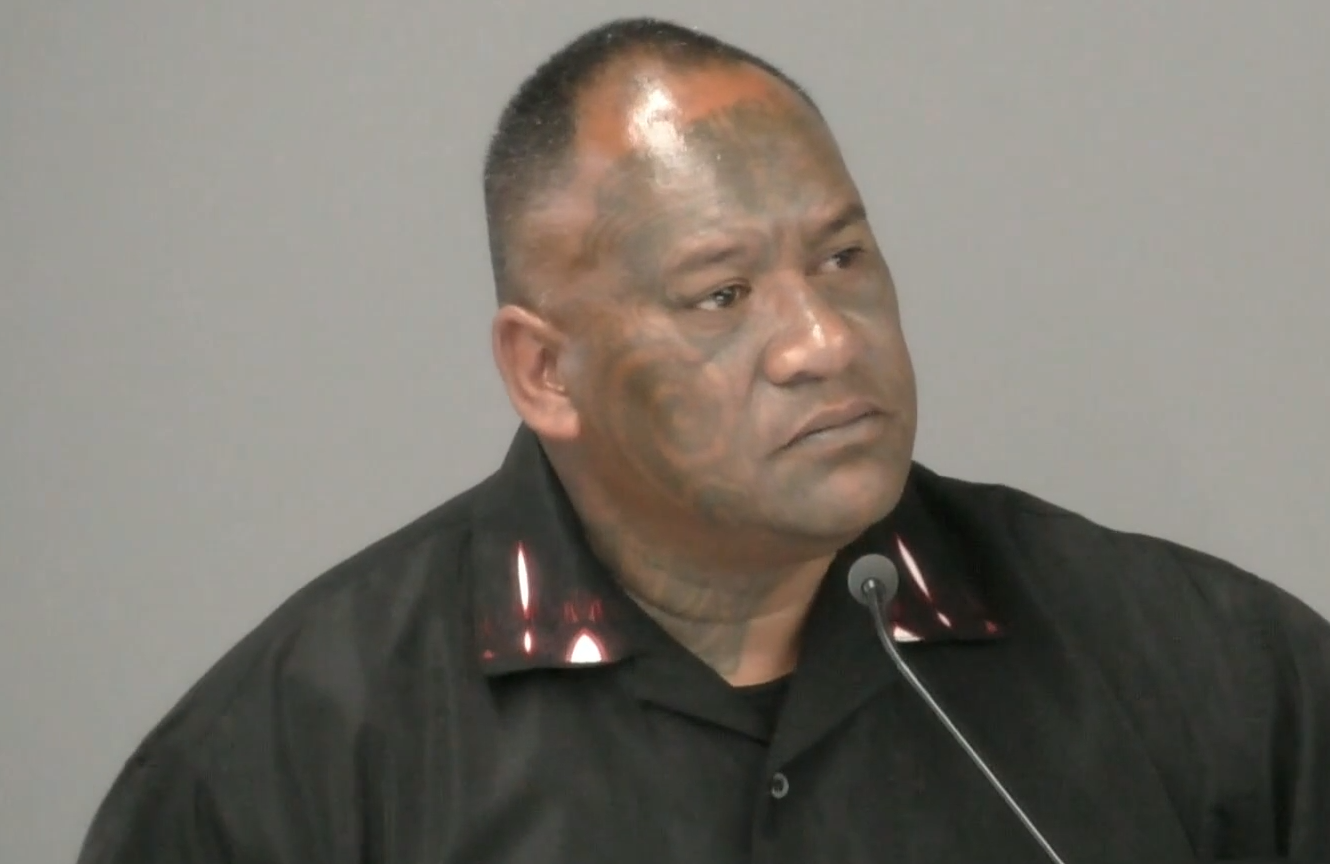
Roy Takiaho
Roy Takiaho, of Ngāpuhi descent, was born in Auckland in 1972. He was two when made a ward of the State and placed in foster care. Roy’s parents fought to get him back, but the Department of Social Welfare was determined he should go into foster care. At 12, Roy was moved to two other foster homes and eventually to the State-run Ōwairaka Boys’ Home in Auckland. At 13, the department moved him to The Salvation Army’s Hodderville Boys’ Home in the Waikato.
Read: Roy's profile from He Purapura Ora, he Māra Tipu: From Redress to Puretumu Torowhānui
Watch: Statement of Roy Takiaho for Faith-based redress hearing
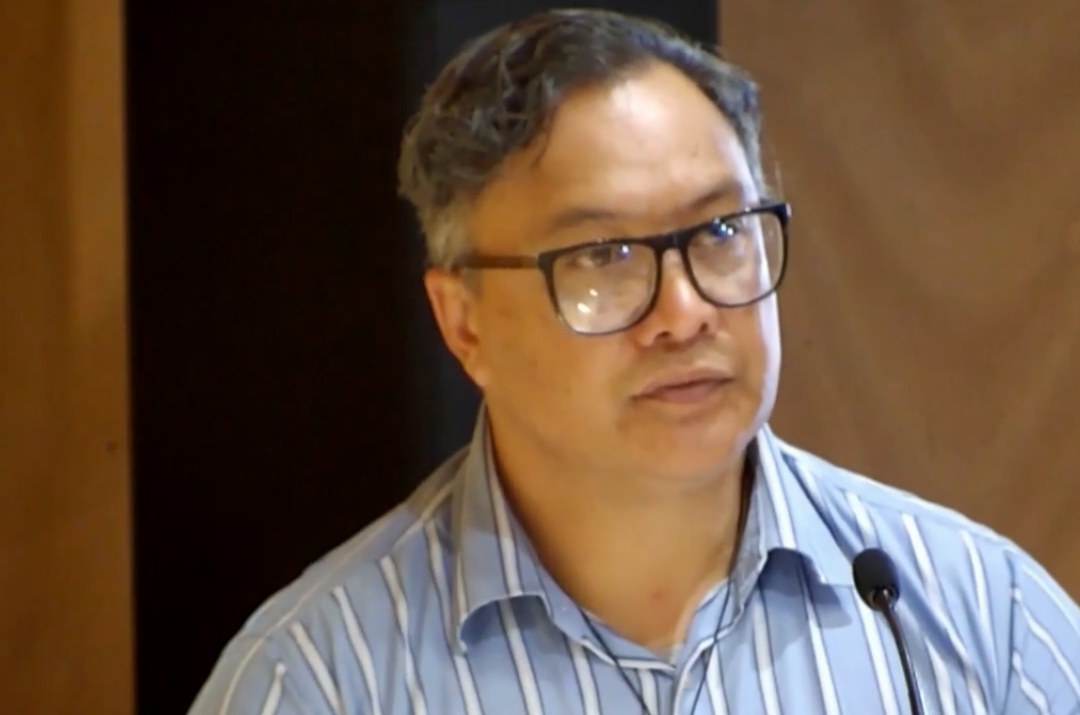
Rūpene Amato
Rūpene Amato is of Samoan and Māori descent. He grew up in Wairoa and attended a Catholic primary school where he was sexually abused by a Catholic Priest. He spoke to the Inquiry about the impacts of this abuse and his work as an advocate for male victims of sexual abuse.
Watch: Witness statement of Rūpene Amato for Tulou - Our Pacific Voices: Tatala e Pulonga hearing
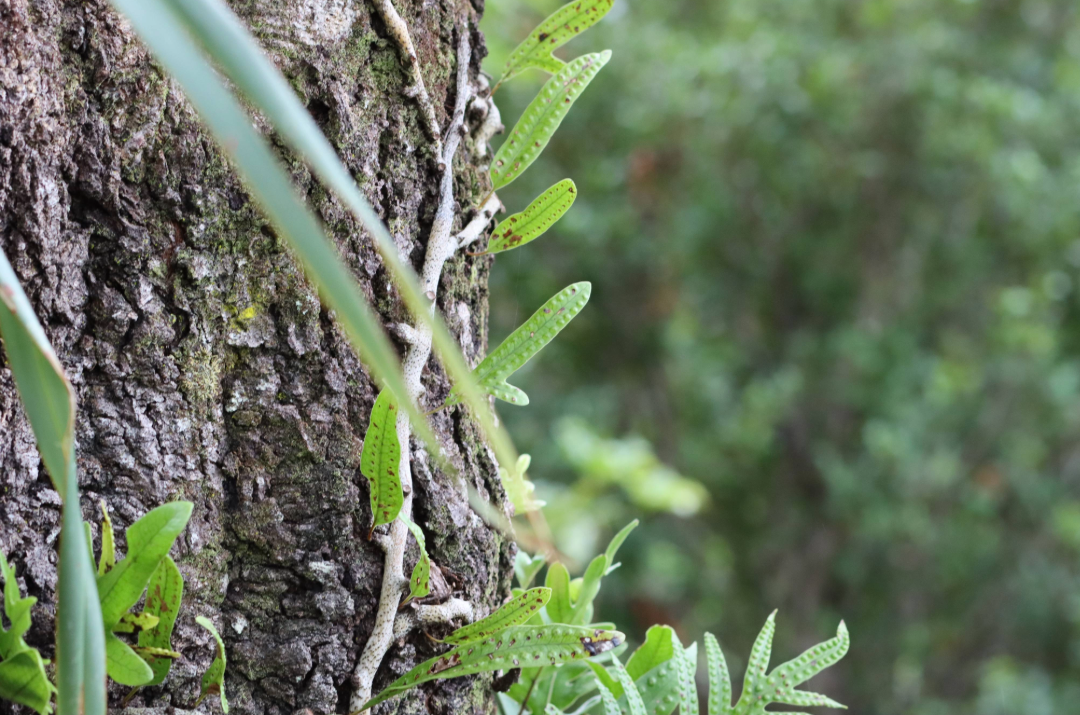
Ms QP
Ms QP is of Cook Island and Māori descent and is Deaf. She first entered care at the age of 11, and was placed in a number of institutions, including St Joseph’s Orphanage, Wellington High School Special Unit, Miramar Girls’ Home, Kingslea Girls’ Home, and Porirua Hospital. She experienced abuse during her time in care, and went unheard when she raised this with social workers. She is now seeing a counsellor to help her with the pain, hurt, betrayal, confusion and injustice she has felt since her time in care as a child.

Shannon
Shannon is NZ European, and has autism, epilepsy and dyspraxia. He is non-speaking and uses a text-to-speech facilitated communication device. He first entered care at the age of seven, and was placed in foster homes and residential homes. As a teenager he was given drugs that he didn't want to take, and had his text-to-speech device taken away from him. His foster sister later helped him move into his own home and he now lives independently, but would like to see society respect that different ways of being are equal to able-bodied ways.
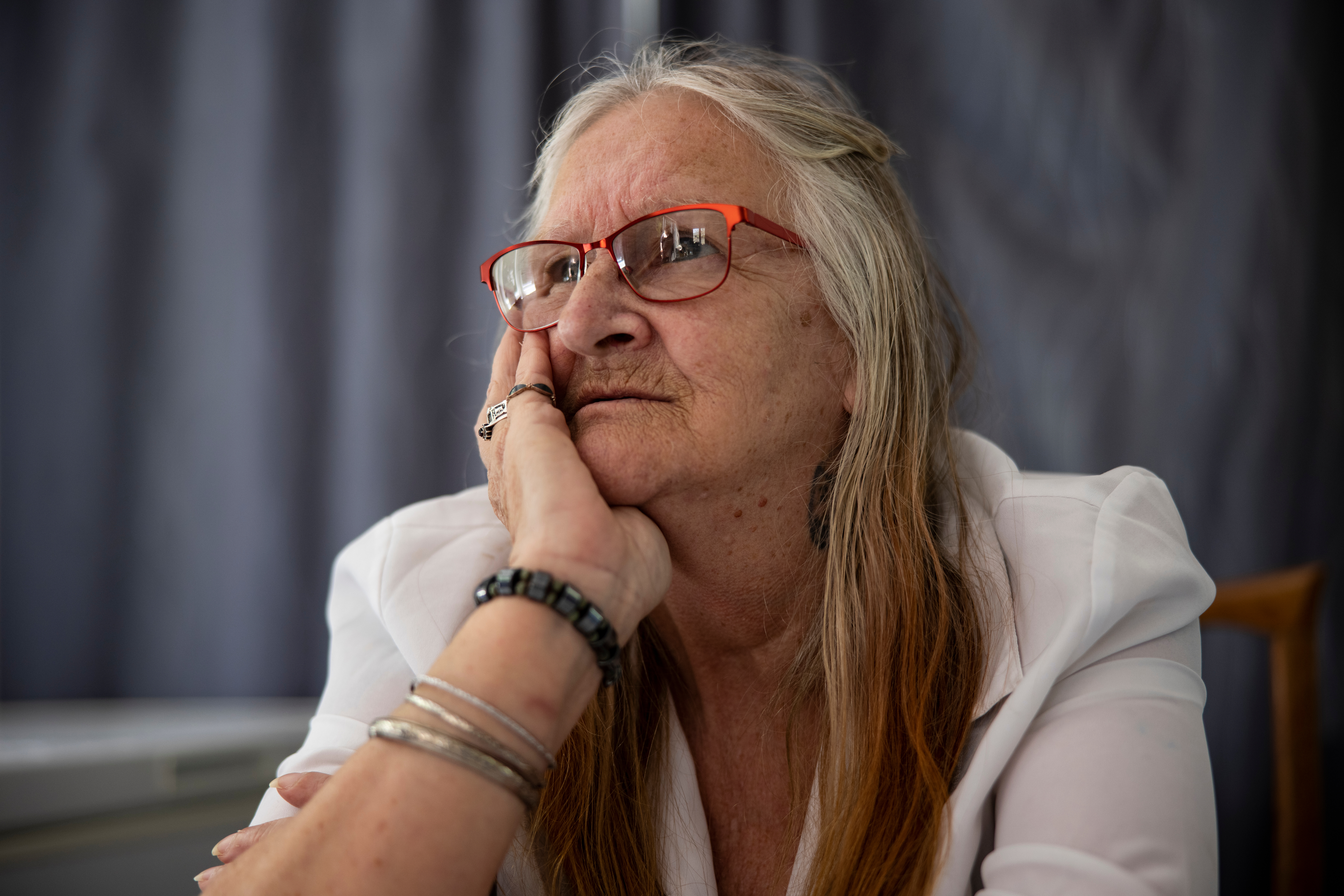
Sharyn Collis
Sharyn Collis is of European descent. She attended Lake Alice Child and Adolescent Unit between 1973 and 1974 where she experienced sexual and psychological abuse as well as seclusion and electroconvulsive therapy. She gave evidence to the Inquiry evidence about the circumstances which led to her admission to Lake Alice, the impacts on her children and relationships, and her experience of the redress process with Grant Cameron.
Watch: Statement of Sharyn Collis for the Lake Alice Child and Adolescent Unit hearing
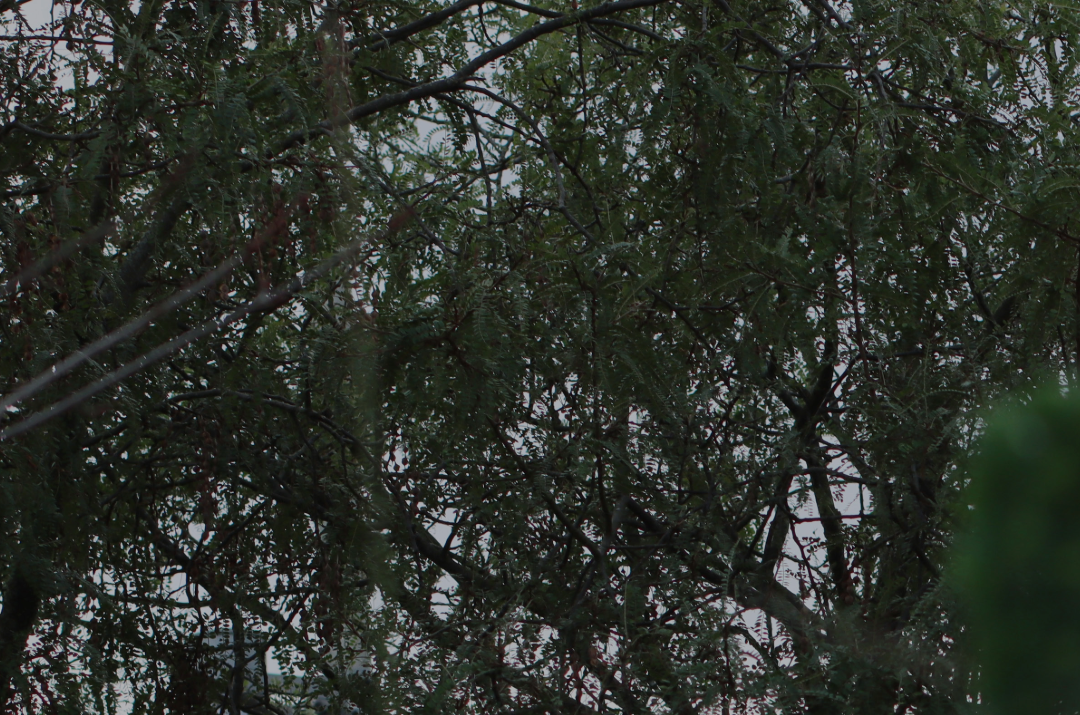
Shaye Parkinson
Shaye Parkinson is of Māori (Te Atiawa) descent. He entered care at the age of eight, and lived at McKenzie Residential School and foster homes, and also spent time in youth justice residences, where he experienced violence and sexual abuse. He is still struggling with the impacts of his time in care alongside the difficulties of the claims process.
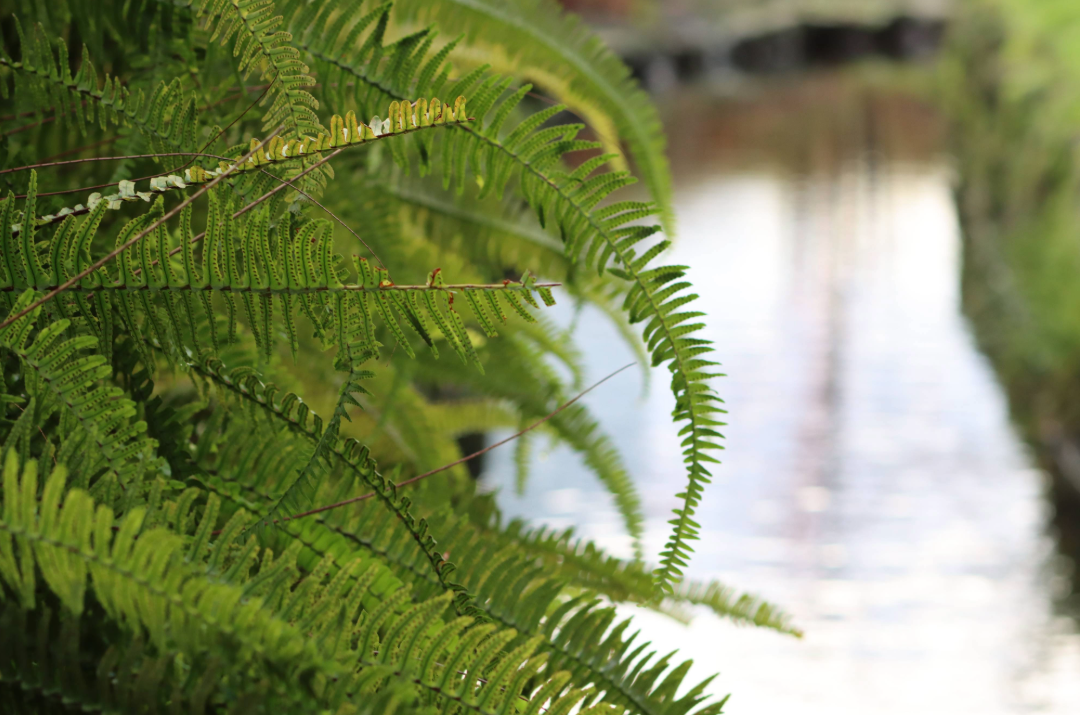
Mr SK
Mr SK is of Māori (Ngāti Porou) descent. He first entered care at the age of 9, and was placed in boys' homes, family homes and an orphanage. He also spent time in Waikeria Youth Prison, and is currently in Rimutaka Prison. He experienced severe physical, sexual and emotional abuse throughout his childhood in care, and now suffers from low self-esteem, depression and anxiety. He shared his story with the Inquiry in the hope that it will bring transformational change, so the ‘institutional beasts’ that were the boys’ and girls’ homes of the past will never rise or be resurrected ever again.
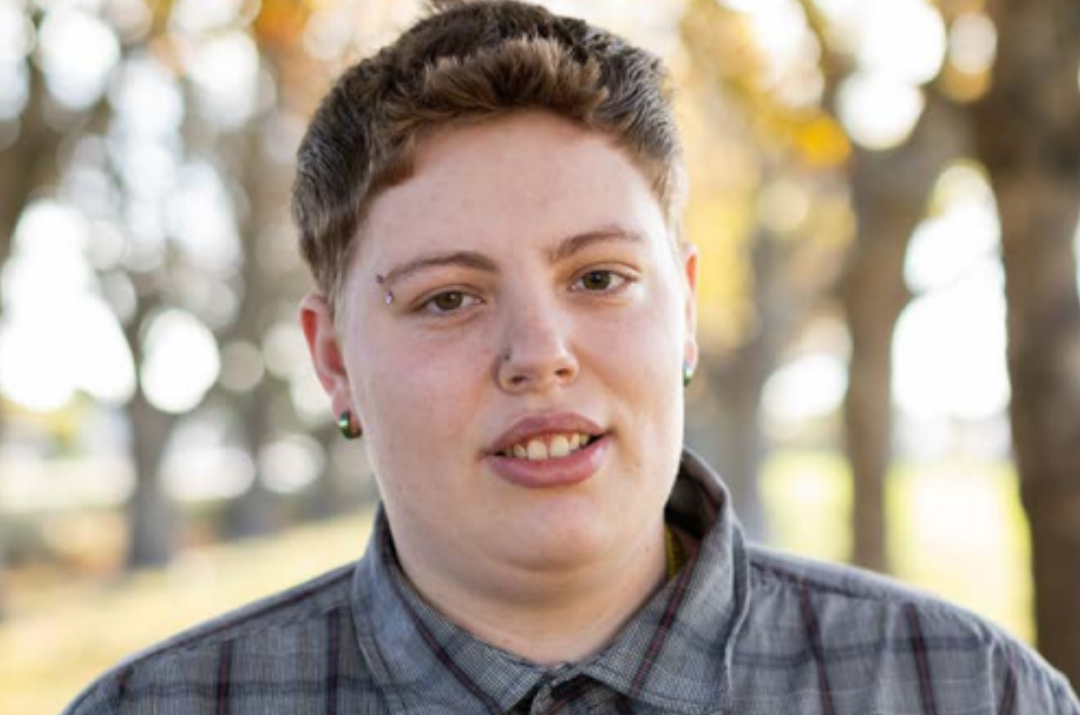
Skyler Quinn
Skyler Quinn is of European and Māori descent, he first entered care at the age of eight. He spent time in multiple foster homes and family homes, where he experienced violence and sexual abuse. Skyler now lives with multiple personalities and severe depression, and has been in Hillmorton Hospital due to this. Skyler has not been supported with his trauma, mental health and disabilities, and would like to see more support and help for people that have suffered abuse during their time in care.
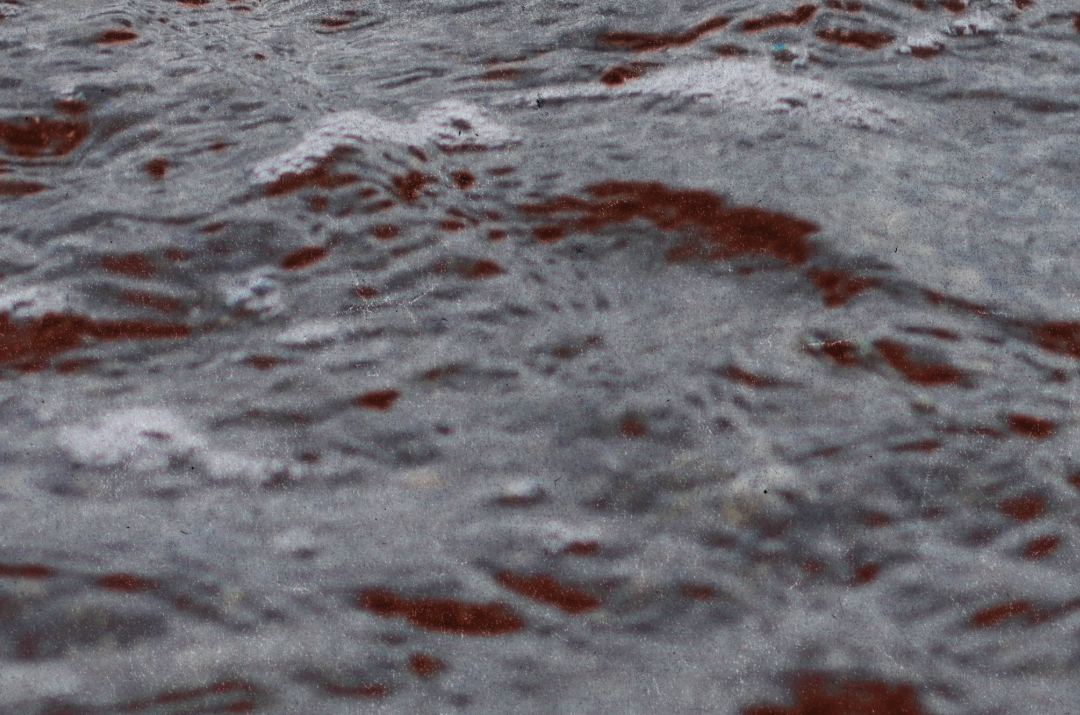
Mr SL
Mr SL is a Māori (Tainui) man from Tāmaki Makaurau Auckland. He first entered care at 9 years old and spent time in a number of different care facilities, including Te Whakapakari Youth Programme on Aotea Great Barrier Island when he was 15. He suffered serious psychological, physical and sexual abuse at the hands of people who were supposed to care for him during this time, which has had an indescribable impact on his life.
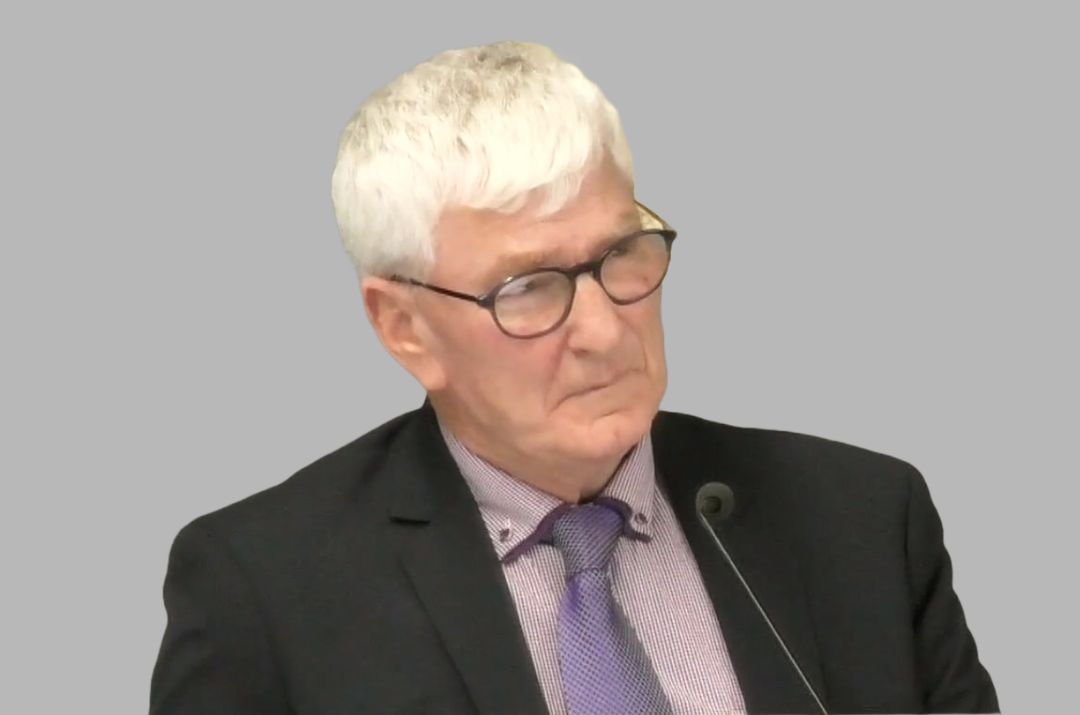
Stephen Shaw
Stephen Shaw is a Pākehā survivor who entered care at 16 months old. Stephen experienced sexual, physical, and psychological abuse in multiple foster care placements. Stephen shared his journey through State care, and the State’s failings that saw him placed back into the care of his abusive father. Stephen also shared the impacts of abuse on both his physical and mental health and his recommendations to prevent abuse in care in future.
Watch: Witness statement of Stephen Shaw for the Foster Care public hearing
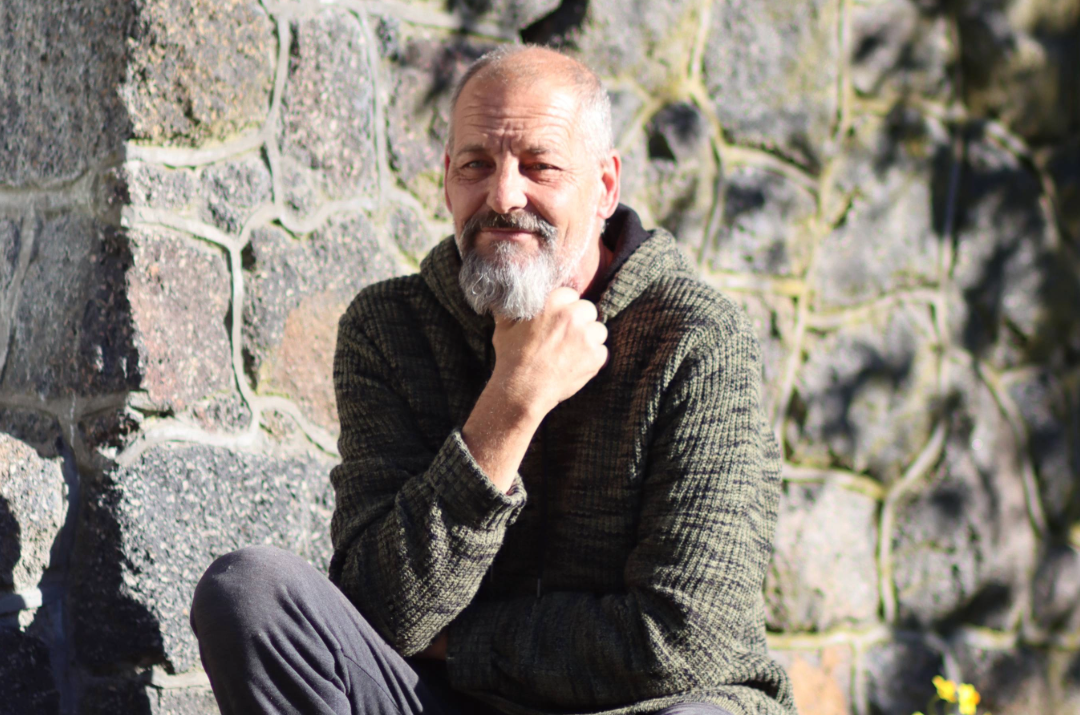
Steven Long
Mr Long was placed at Marylands School by the Department of Social Welfare at age seven. Mr Long experienced sexual, physical and emotional abuse while there. Prior to and following his placement at Marylands School, Mr Long was moved around various care institutions where he also suffered abuse. Mr Long received redress regarding his experiences at Marylands School and in State care, with the assistance of Cooper Legal.
Watch: Witness statement of Steven Long at the Marylands School public hearing
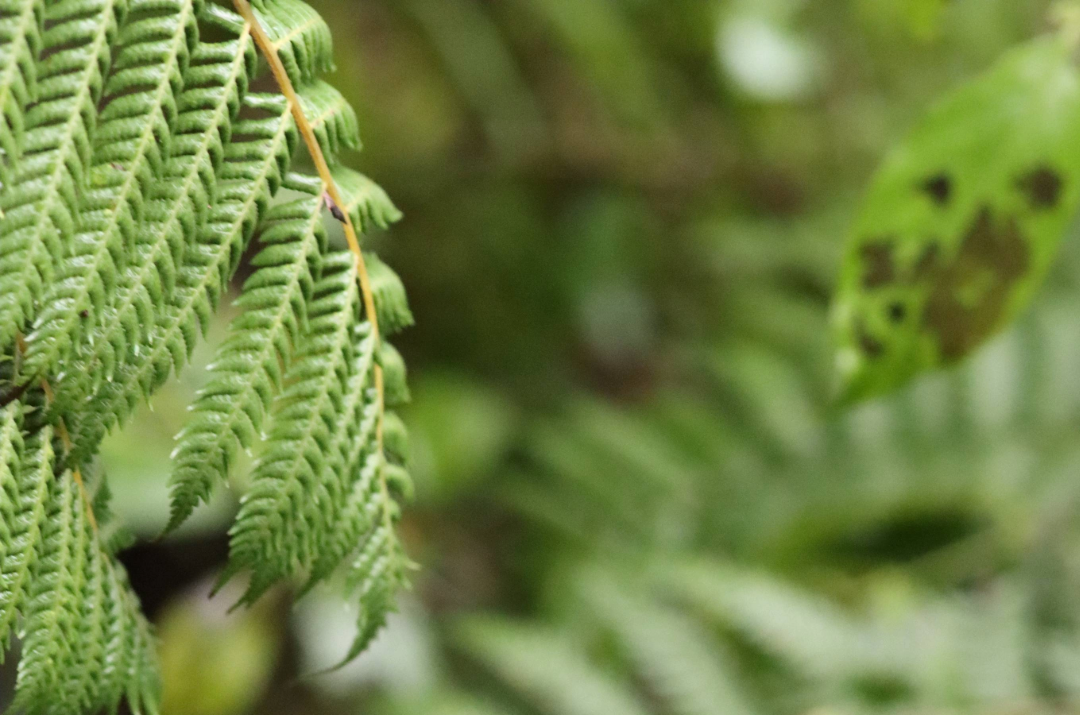
Susan Kenny
Susan Kenny entered care at the age of 12, and spent the following years in girls' homes, psychiatric hospitals, family homes and borstal. Susan experienced physical and sexual abuse while in care. She believes that what children say about their experiences should be believed and acted upon - and that abuse in care really did happen.
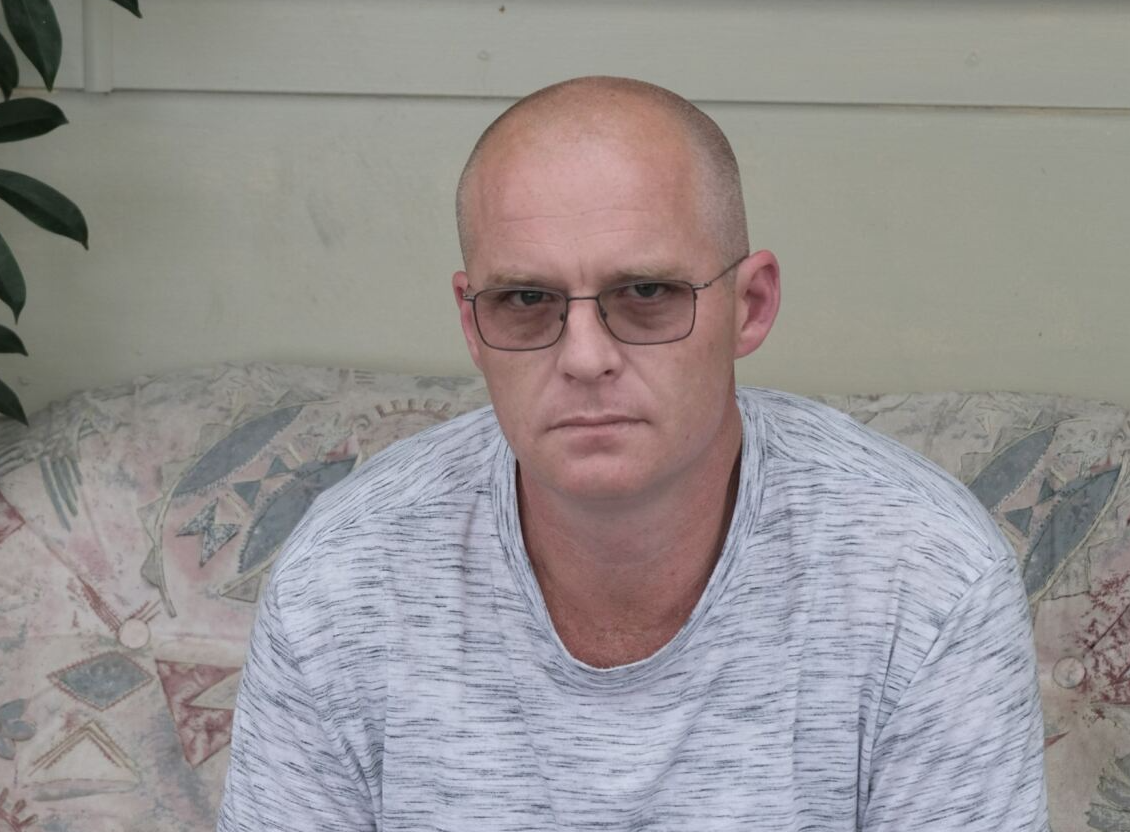
Scott Carr
Mr Carr, who is Pākehā, was placed in Epuni and Whakapakari on Great Barrier Island from 1998. Mr Carr suffered extreme physical and psychological abuse at Whakapakari, including being placed on “Alcatraz”, an outer island with no shelter. Mr Carr suffers anxiety, depression and flashbacks as a result of his abuse.
Watch: Statement of Scott Carr for Abuse in State children's residential care hearing
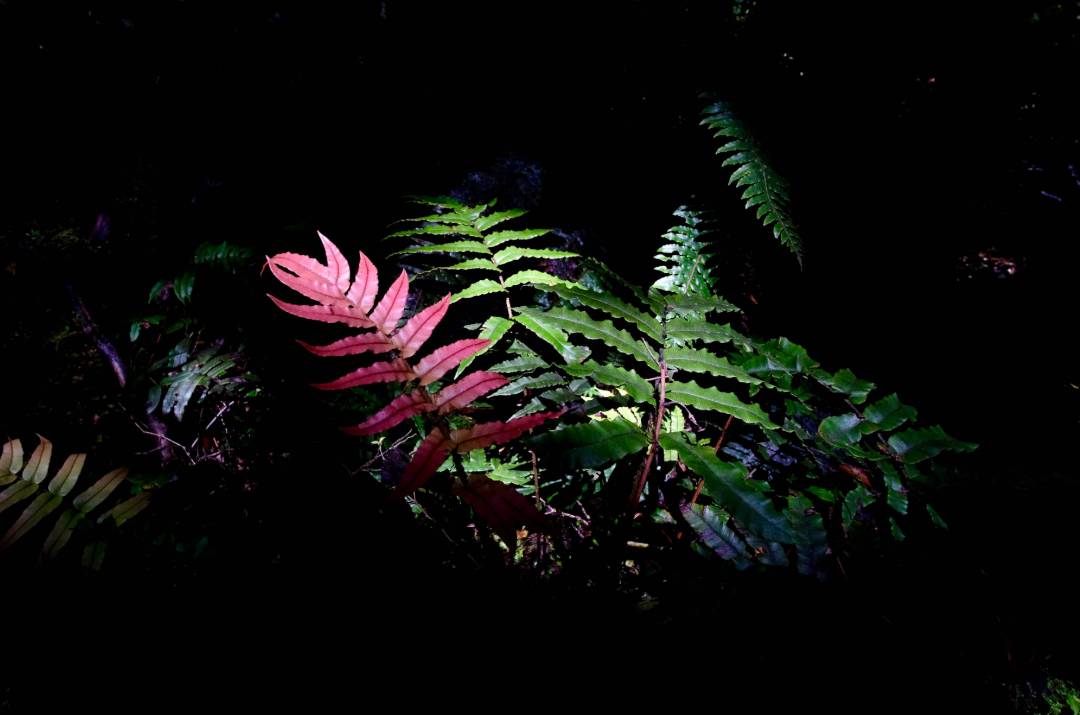
Tani Tekoronga
Tani Tekoronga is from Whakatū Nelson and is of Scottish, Irish, Cook Islands / Māori (Ngāi Tahu) descent. Tani entered care at 11 years old, and was placed in a number of different homes, including Hokio Beach School near Taitoko Levin. While at Hokio Tani experienced severe physical and sexual abuse. After leaving care he went into corrective training and then spent time in prison. The experiences of his childhood continue to have an impact Tani's life today.
Read: Survivor experience: Tani Tekoronga
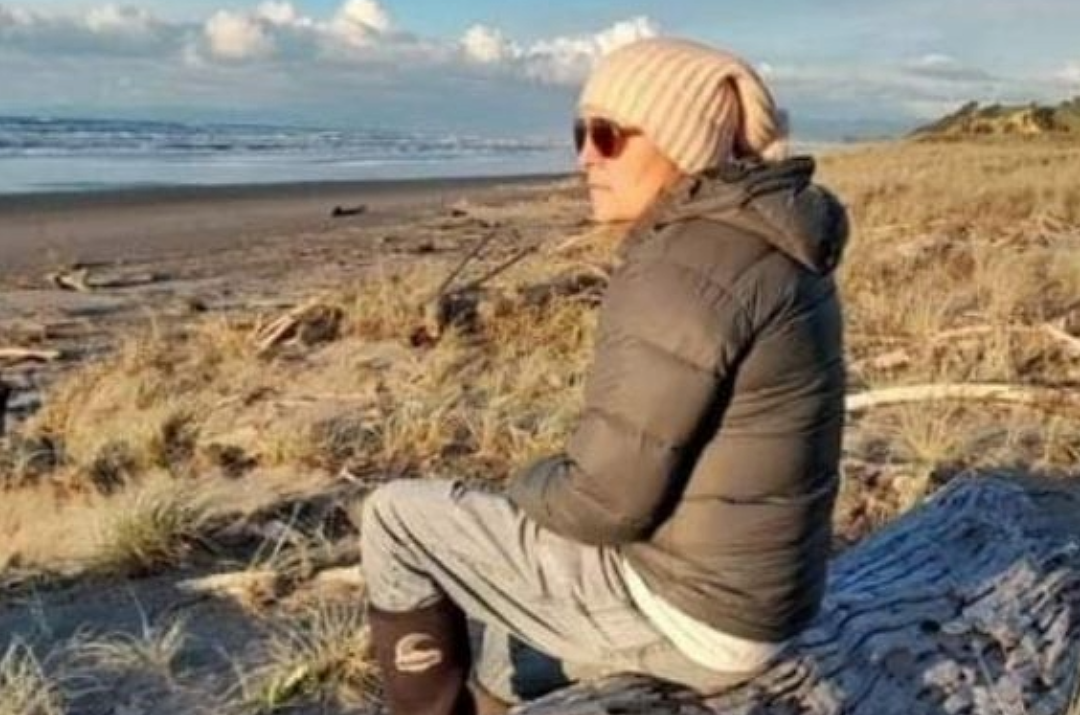
Tania Kinita
Tania Kinita is Māori (Ngāti Hineuru, Ngāi Tahu, Te Arawa, Ngāti Whakaue, Ngāti Tūwharetoa), and she was made a State ward at the age of 14. Tania experienced severe physical violence while in foster care and the trauma of this time, and the disconnection with her culture that it caused, has resulted in PTSD. Romiromi healing has been Tania's therapy, to balance her wairua and mauri and help her recover from the years of trauma she faced.
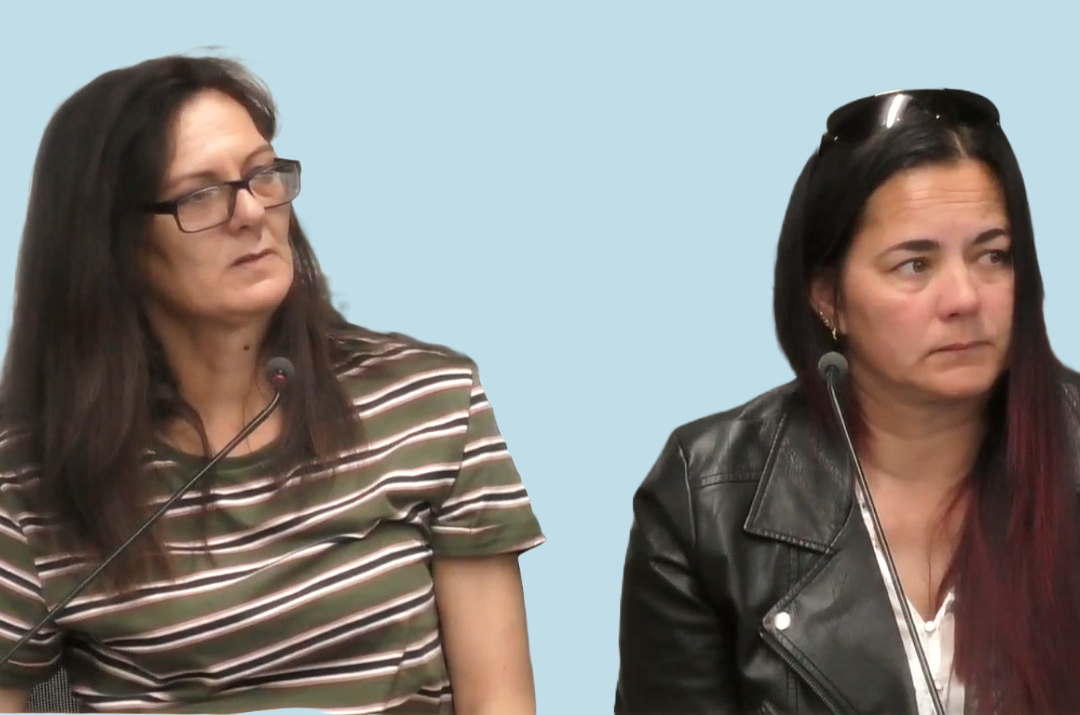
Tanya & Georgina Sammons & Hope Curtin
Tanya and Georgina Sammons gave evidence of their experiences of the Ministry of Social Development’s historic claims process in their attempts to address the abuse they suffered while in foster care. They gave evidence of the different approaches taken to each of their claims, and to their claim on behalf of their sister, who is deceased.
Watch: Statement of Tanya and Georgina Sammons and Hope Curtin for State Redress Hearing
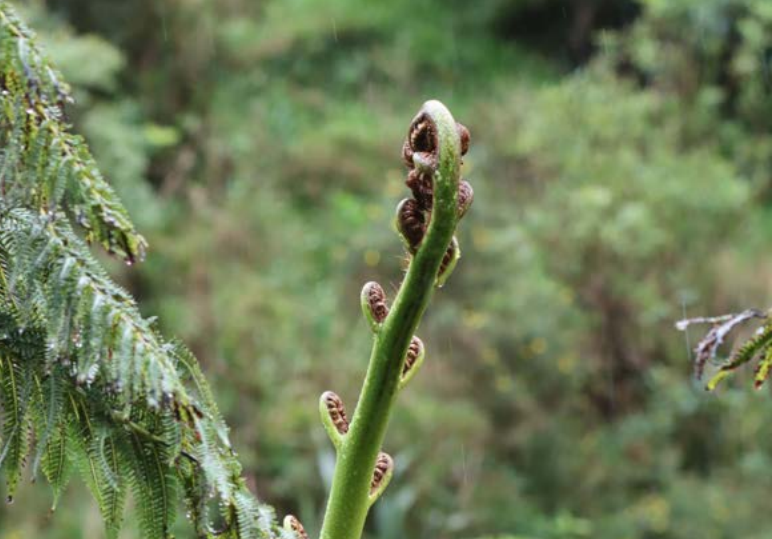
Taraia Brown
Taraia Brown is of Cook Island Māori descent, and first entered care when she was five years old. She was sexually, physically and psychologically abused while attending Shiloh Christian Academy in Motueka. Taraia has been diagnosed with anxiety, stress and complex post-traumatic stress disorder as a consequence of her experiences at the school, and has received therapy for over 29 years. She spoke to the Inquiry about her experiences to help reclaim her childhood, and because she believes children should be able to grow up in a space where they are happy, safe and thriving.
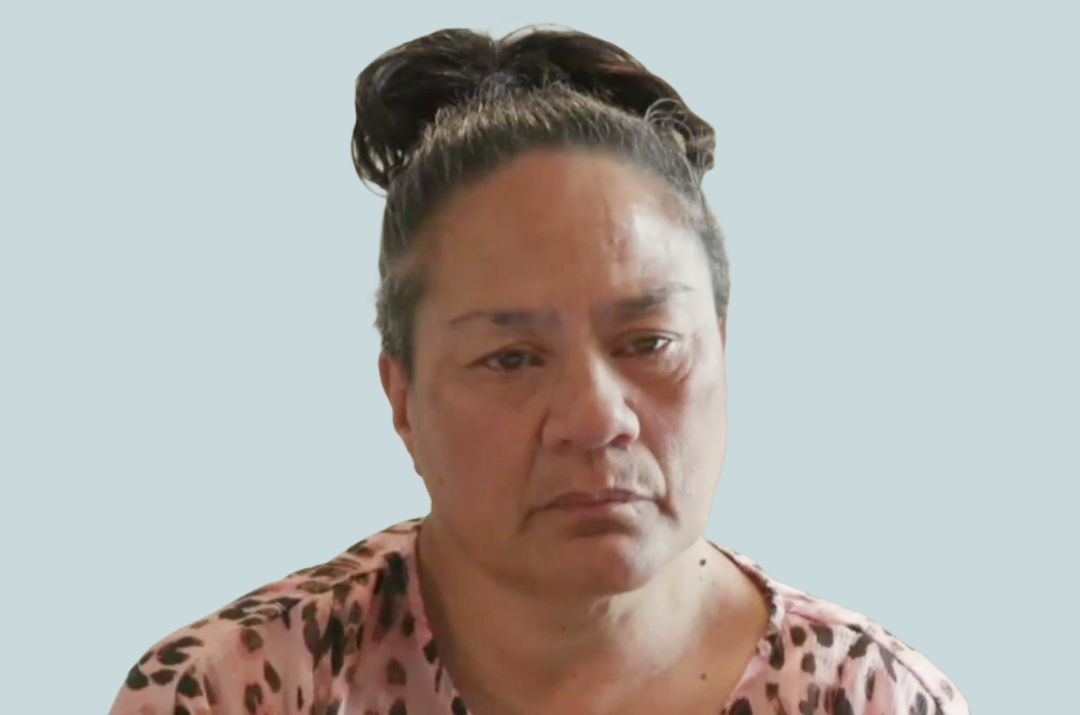
Te Aroha Knox
Te Aroha Knox is of Waikato-Tainui and Ngāpuhi descent. Te Aroha went into care at 10 years old because of abuse at home. She went through foster homes and different institutions, including Allendale Girls’ Home, Bollard Girls’ Home, and Fareham House. She experienced abuse and social worker neglect while in care. Te Aroha spoke to the Inquiry about healing through embracing her taha Māori, and how learning about the Te Whare Tapa Whā model has helped her in her journey of healing.
Watch: Witness statement of Te Aroha Knox at the Māori public hearing
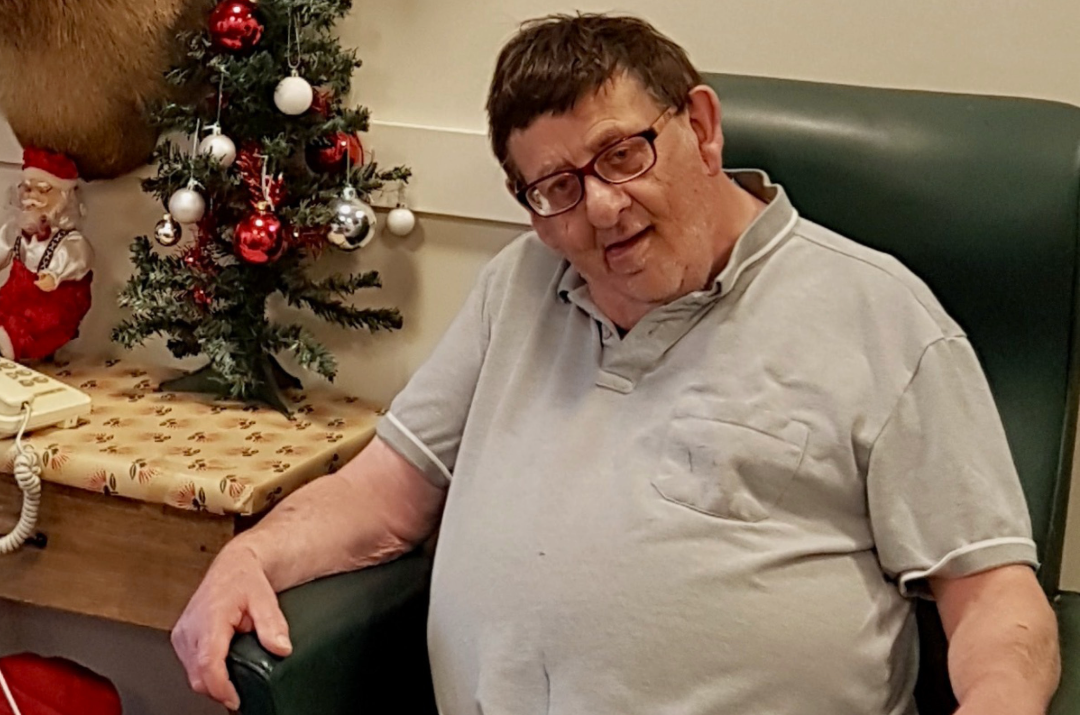
Terry Le Compte
Terry had rheumatic fever and polio as a child, which resulted in a low IQ. Terry went into care at the age of 16 and his family have always tried ensure he was being well looked after but the facilities he has lived in were not suitable for the type of care he needs. The way Terry has been treated in care has caused shame and severe anxiety that has affected the rest of his life.
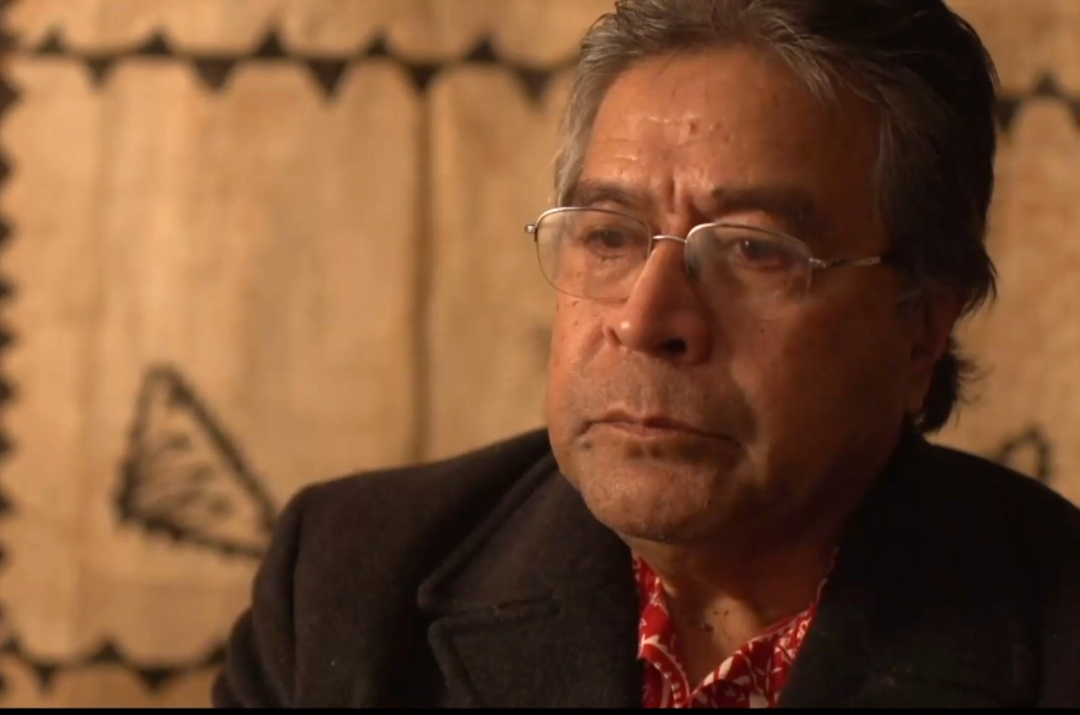
Tesimoni Fuavao
Tesimoni Fuavao is a 66-year old man of Tongan descent. He and his family were dawn raided by the police in 1976. He spoke to the abusive treatment he and his family received, and the significant psychological impacts of the dawn raid which are far-reaching and still present to this day.
Watch: Statement of Tesimoni Fuavao for Tulou - Our Pacific Voices: Tatala e Pulonga hearing
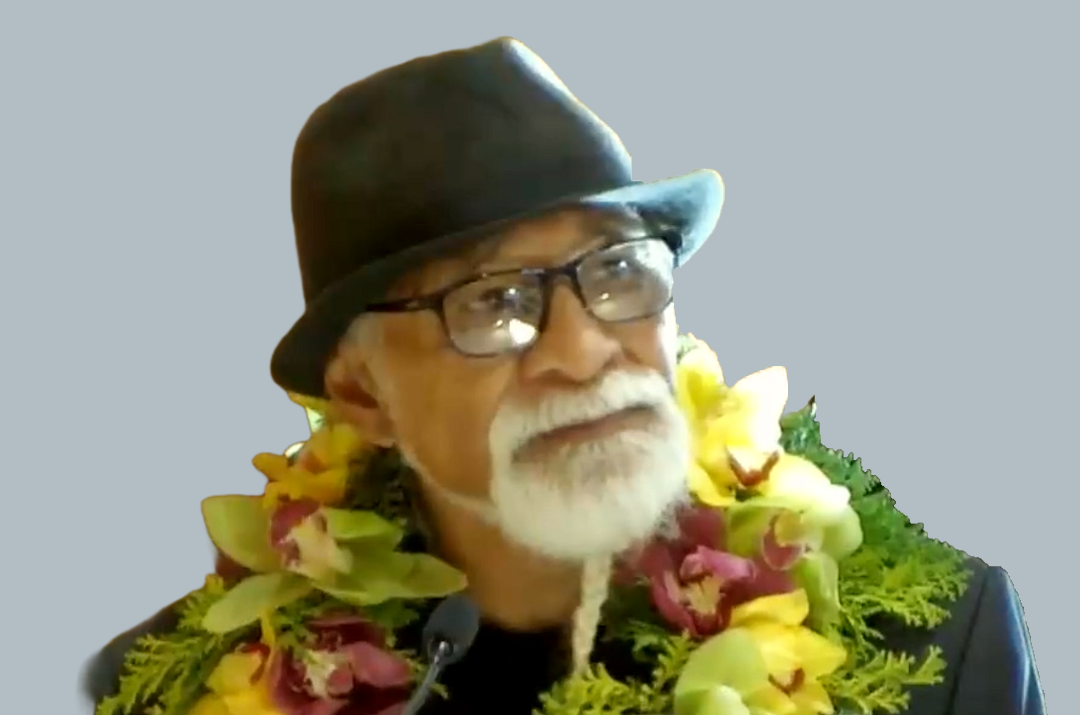
Tigilau Ness
Tigilau Ness is a first-generation New Zealand-born Niuean. A musician, political activist and member of the Polynesian Panthers, Tigilau spoke to the Inquiry about his involvement in the social movement against the targeting of Pacific Islanders in the 1970s and 1980s, and abuse of Pacific peoples while in State care.
Watch: Witness statement of Tigilau Ness for Tulou - Our Pacific Voices: Tatala e Pulonga hearing
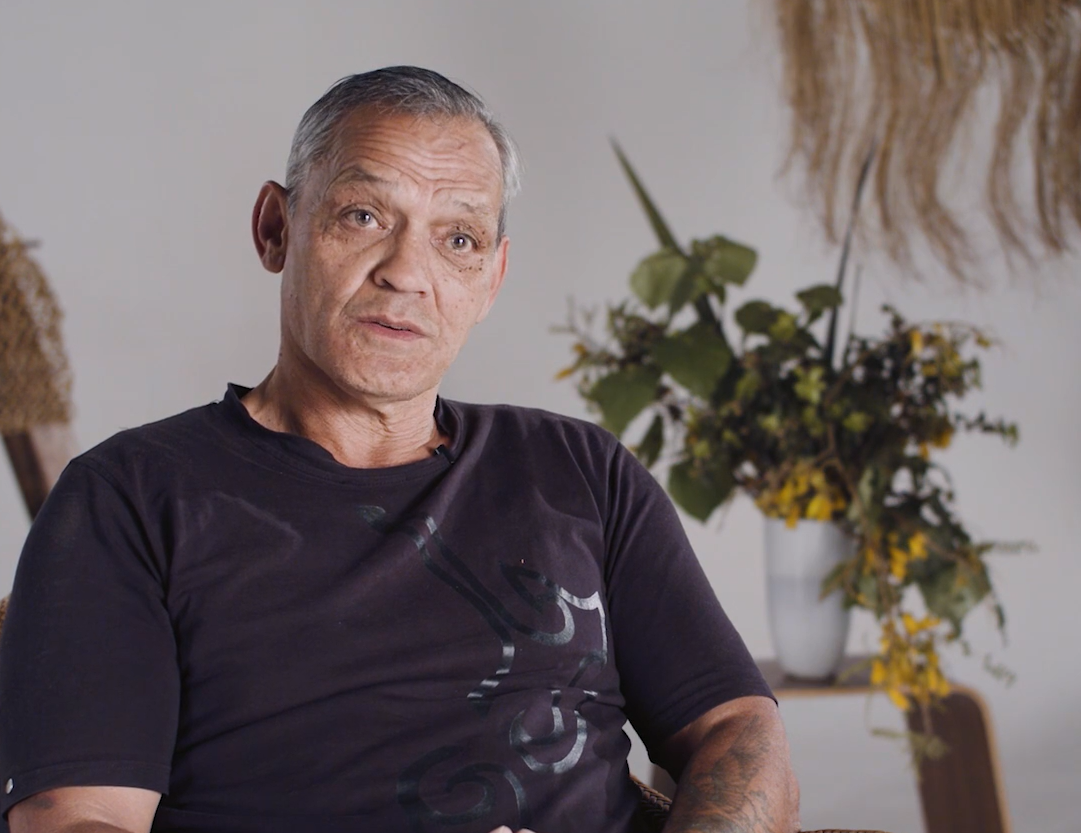
Toni Jarvis
Toni Jarvis is of Māori and Pākeha descent. He gave evidence of suffering severe abuse in adopted care, and abuse in State care from the age of 7, including at various Family Homes, Cherry Farm, Hokio Beach School from the age of 9, and at Holdsworth Boys’ Home from the age of 10. Mr Jarvis described the ongoing effects of abuse in care on his life, including the lack of career opportunities and mental health issues.
Watch: Survivor Advocate Toni Jarvis
Watch: Statement of Toni Jarvis for Abuse in State children's residential care hearing
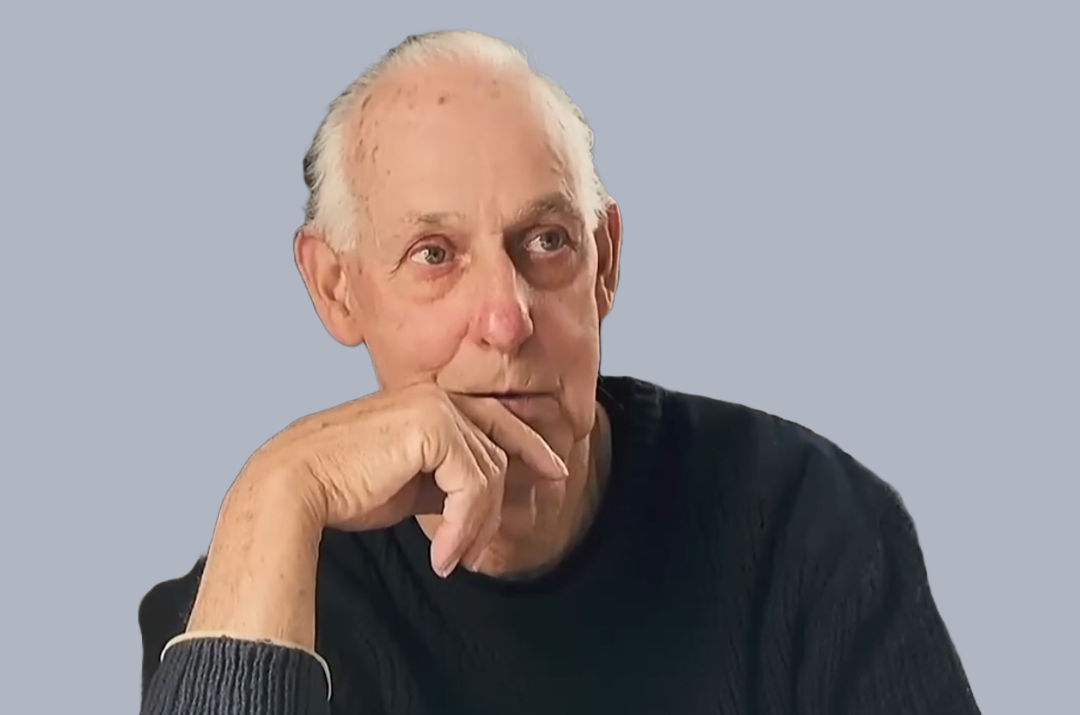
Trevor McDonald
Trevor McDonald was placed at St Joseph’s Orphanage at an early age and was later moved to Marylands School. Trevor experienced educational neglect and was physically and sexually abused by Brothers Sebastian and Thaddeus, and has been significantly impacted by the abuse to this day. He participated in the St John of God order’s redress process.
Watch: Witness statement of Trevor McDonald for the Marylands School public hearing

Ms TU
Ms TU is of Samoan heritage. She was adopted out at birth and placed with a Palagi family. Ms TU shared her adoption story, the impacts of the disconnection from her Samoan heritage and cultural roots, and the abuse and neglect she suffered in her adoption placement.
Watch: Witness statement of Ms TU at Tulou - Our Pacific Voices: Tatala e Pulonga hearing
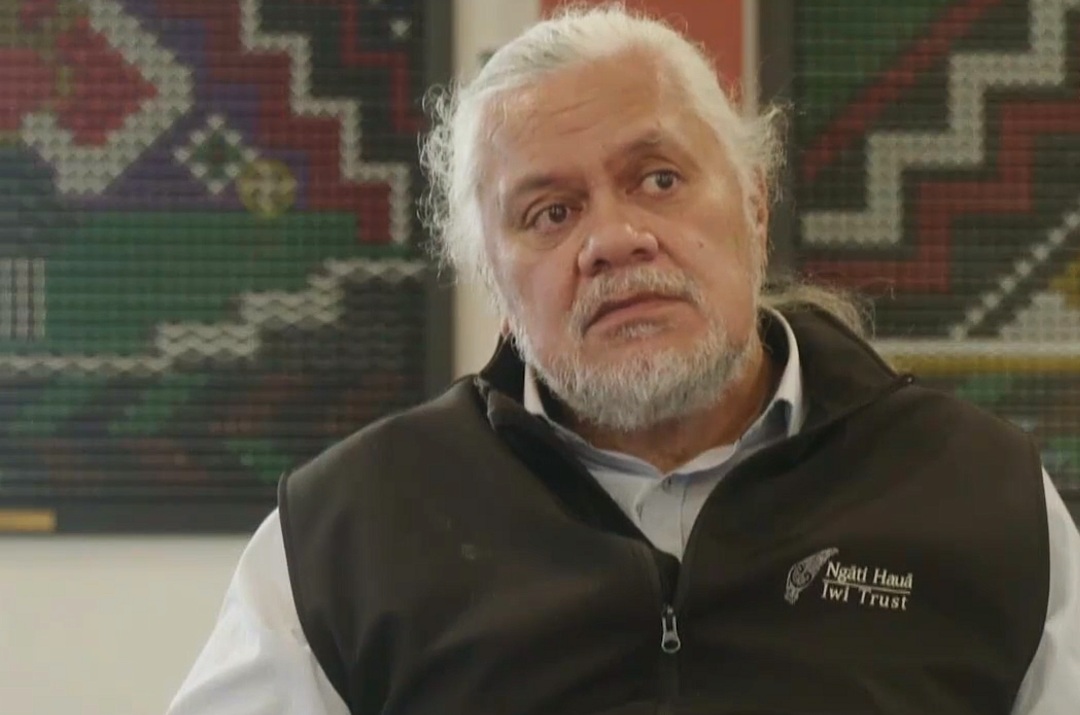
Tumohe Clarke
Tumohe Clarke is a descendant of Ngāti Hauā and Ngāti Koroki Kahukura. He shared his own lived experience of abuse in State care, but also spoke about the experiences of his siblings, who have passed on. They were also survivors of abuse in State care. He discussed the abuse that they all suffered and the impacts this abuse has had on them individually and in their whānau, across generations.
Watch: Witness statement of Tumohe Clarke at the Māori public hearing
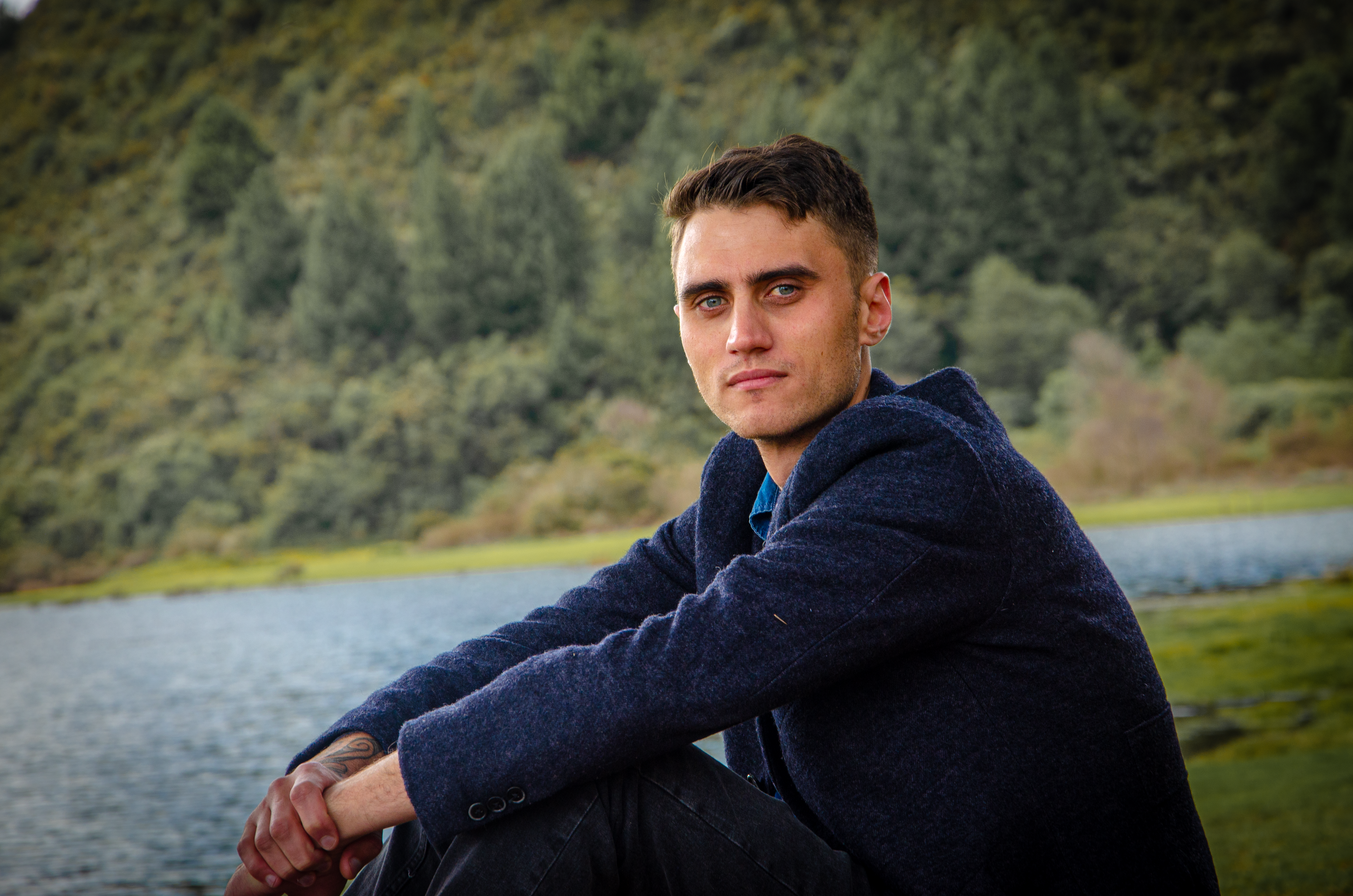
Tupua Urlich
Tupua Urlich is from Ngāti Kahungunu ki Heretaunga. He shared his lived experience of being taken into State care from the age of five to 15. Tupua was placed in multiple foster homes and attended nine schools in 12 years during his time in care. This created a lack of stability and safety as a child, which resulted in Tupua advocating for children in care.
Watch: Witness statement of Tupua Urlich at the Māori public hearing
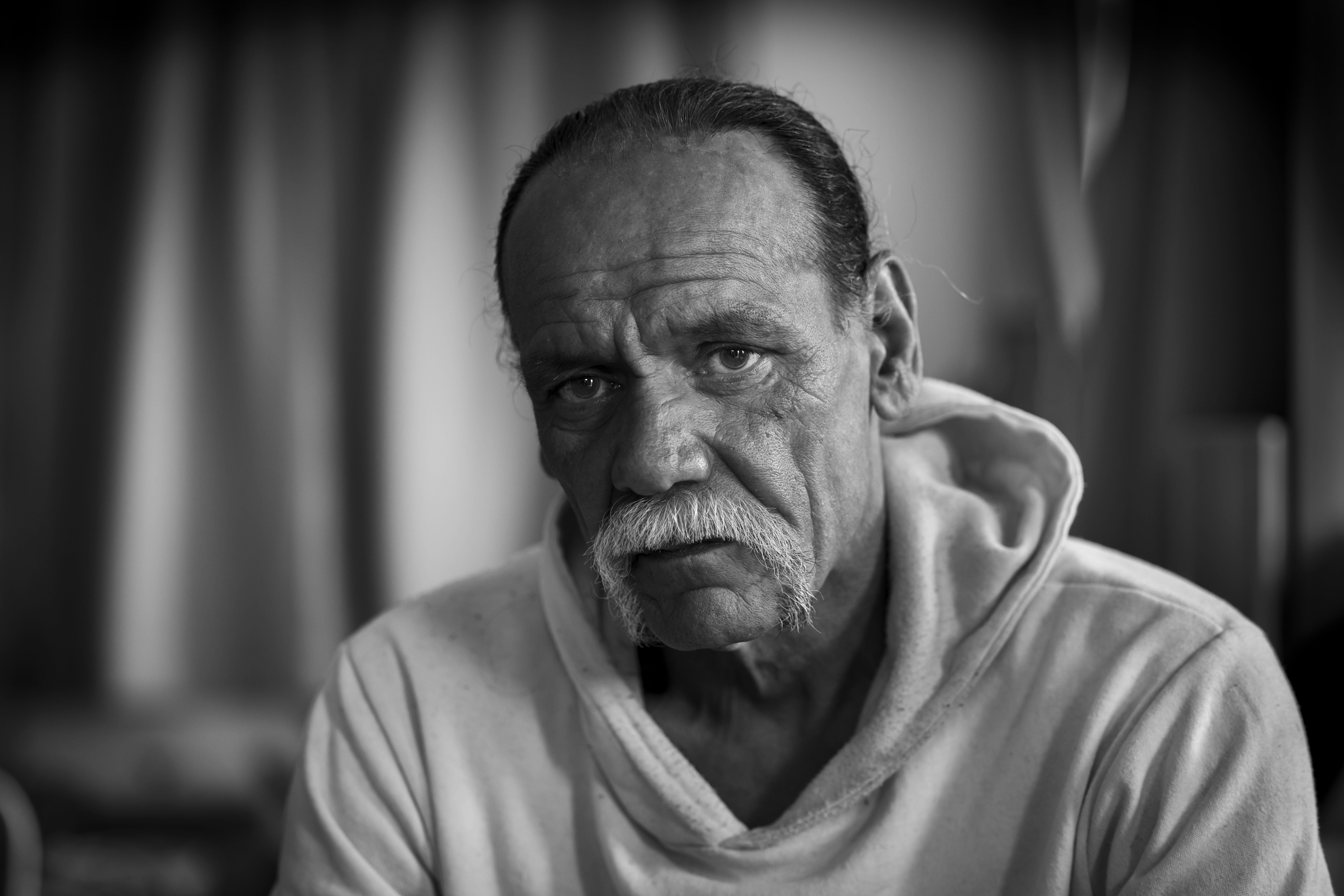
Tyrone Marks
Tyrone Marks is of English and Māori descent (Ngāti Raukawa). He was taken into care at the age of 8, and experienced serious abuse in multiple care settings. He spent around six months in Lake Alice over two admissions between 1972 and 1974.
Watch: Survivor Advocate Tyrone Marks
Watch: Statement of Tyrone Marks for the Lake Alice Child and Adolescent Unit hearing
Watch: Statement of Tyrone Marks for Abuse in State children's residential care hearing
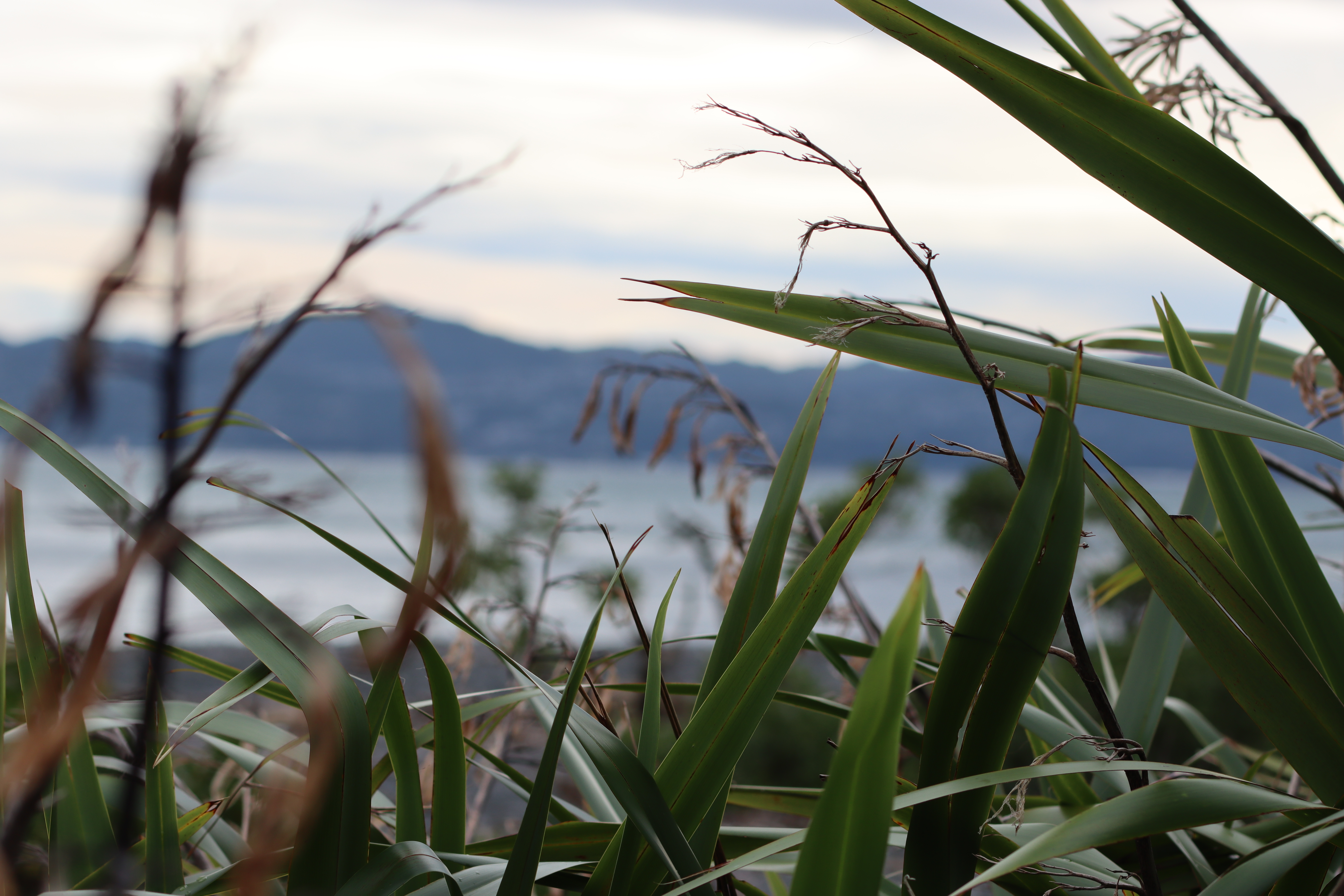
Mr TY
Mr TY is a Samoan male who was placed in Owairaka and Kohitere after running away from home at the age of 12. Mr TY ran away because of the abuse he was experiencing at home. He lived in a treehouse for three months before he was picked up by police and taken to Owairaka. Mr TY spent a lot of time in secure units and at the age of 60, is still haunted by the trauma he experienced in there.
Watch: Witness statement of Mr TY at Tulou - Our Pacific Voices: Tatala e Pulonga hearing
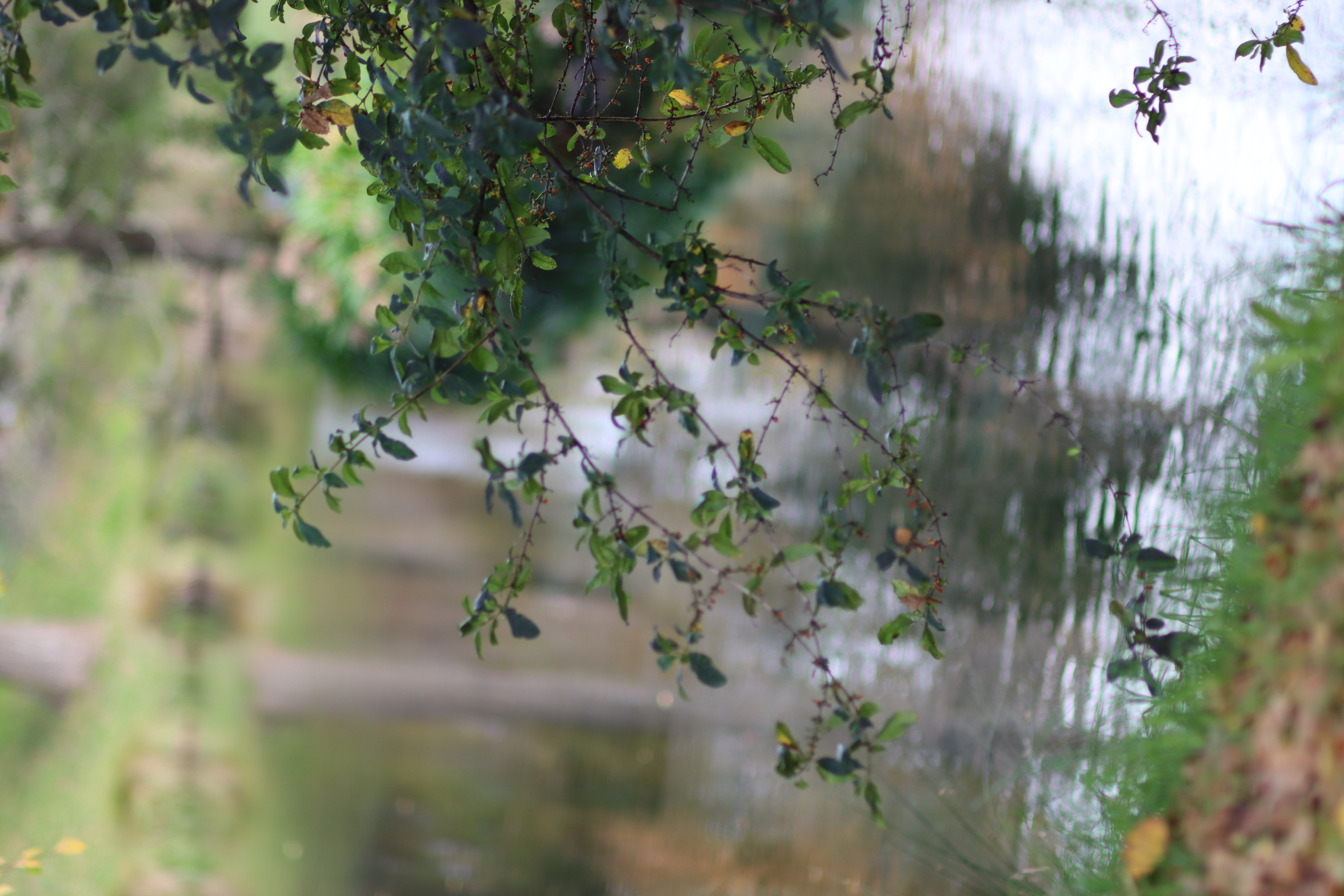
Mr U
Mr U is Māori and affiliates to Ngāti Hako. In 1995, at the age of 14, he spent time in Weymouth as well as 3 months in Moerangi Treks. He experienced extensive periods of solitary confinement at Weymouth, and extreme violence and sexual abuse at Moerangi Treks. Mr U has been in and out of prison since leaving care, has struggled with drug addiction, and has been diagnosed with PTSD.
Watch: Statement "Mr U" for Abuse in State children's residential care
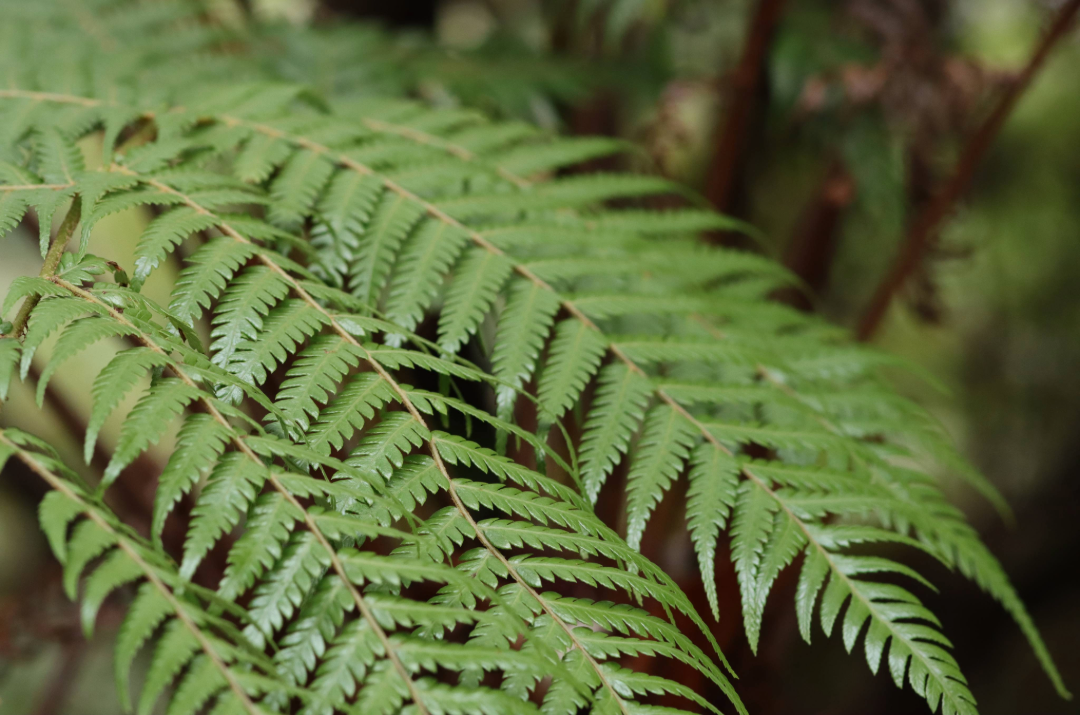
Mr UB
Mr UB grew up in a religious and conservative family and wider community. He is part of the Rainbow community and identifies as fakaleiti. He experienced two instances of conversion practices – one initiated by the church and the other by his school – which have caused lasting harm. Mr UB would like to see those who caused this harm held accountable for their actions in some way.
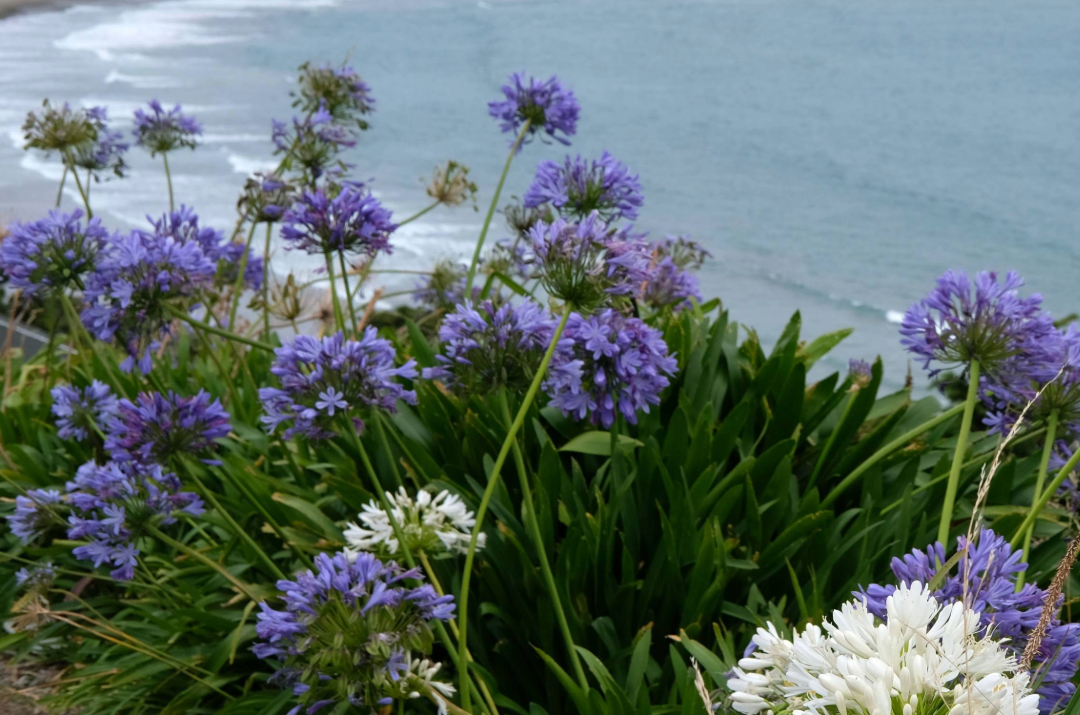
Ms T
Ms T is a Māori woman who was physically and sexually abused by her father from a young age. At age 13 she was placed in care after her complaint to a Social Welfare officer was not believed. Ms T was placed in family homes, Miramar Girls’ Home and Christchurch Girls’ Home, where she experienced psychological and physical abuse. Social Welfare allowed her father access to her while in care, and he continued to sexually abuse her. Ms T has experienced ongoing impacts of her abuse in care, including PTSD symptoms.
Watch: Statement of "Ms T" for Abuse in State children's residential care hearing

Mr VT
Mr VT migrated from Samoa with his family in the 1980s. At primary school he came to the attention of the State due to physical violence in the home. Mr VT had many State care placements where he experienced different forms of abuse. Mr VT spoke to the circumstances leading to his entry into care, the abuse he experienced in care and the lasting impacts of that abuse.
Watch: Witness statement of Mr VT at Tulou - Our Pacific Voices: Tatala e Pulonga hearing
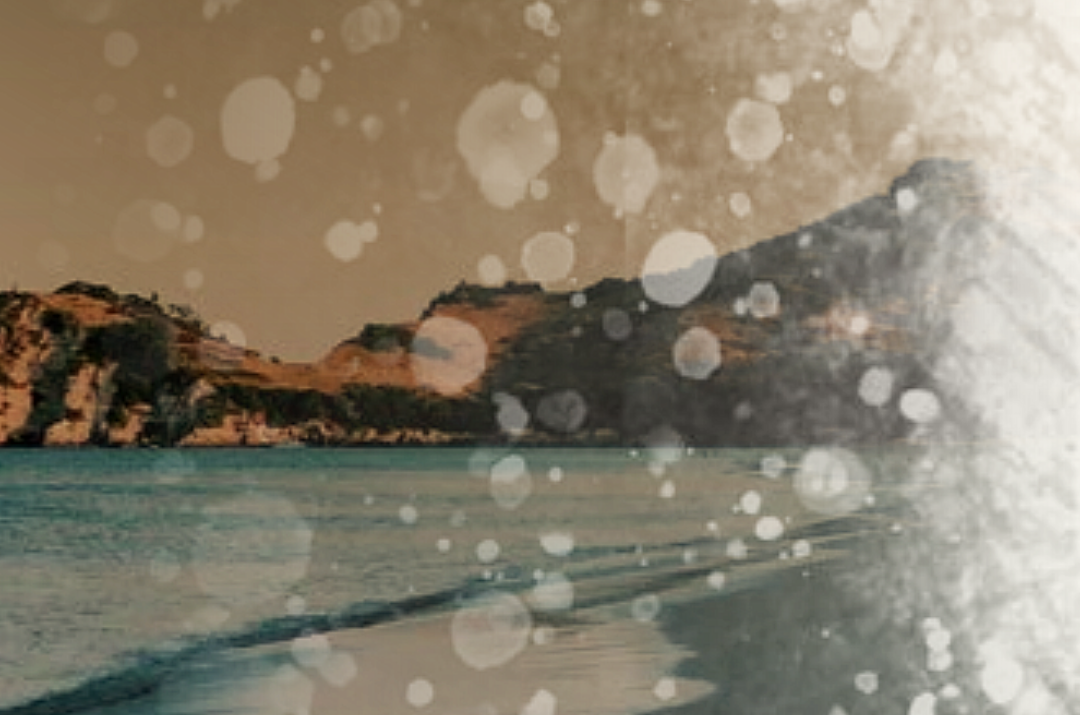
Mr VV
Mr VV is of Niuean and Māori (Ngāpuhi) descent. He entered care at 12 and spent time in boys' homes around the motu, including Ōwairaka Boys’ Home in Tāmaki Makaurau Auckland and Hokio Beach School near Taitoko Levin. Mr VV was subjected to severe physical and sexual abuse during his time in care. He joined the Black Power when he was about 17 years old, which gave him a sense of belonging and identity. Since leaving care he has studied, become fluent in te reo, and advises on matters of tikanga to help others. Mr VV is serving a sentence of preventive detention and has spent eight years in prison.
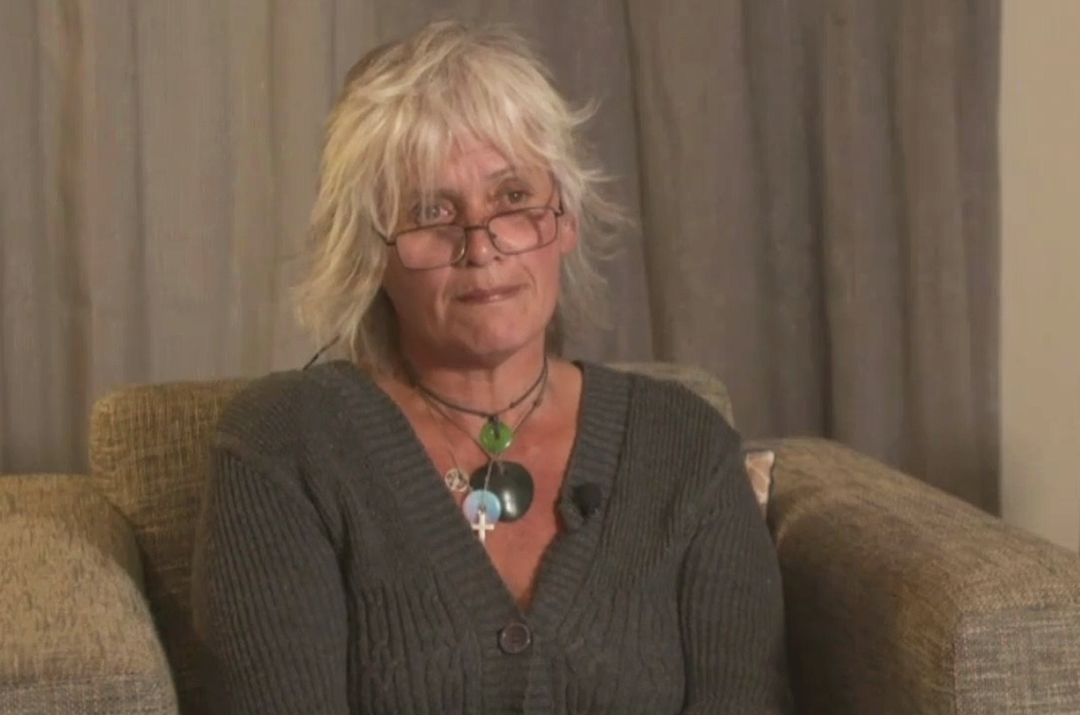
Waiana Kotara
Waiana Kotara is of Māori and Scottish descent. She shared her lived experiences of abuse before, during and after being placed in State care. She discussed the impact that the abuse in care has had on her life, and how it impacted on her pathway in life. Waiana also discussed recommendations, including having a safe avenue for children in care to share any concerns that they have.
Watch: Witness statement of Waiana Kotara at the Māori public hearing
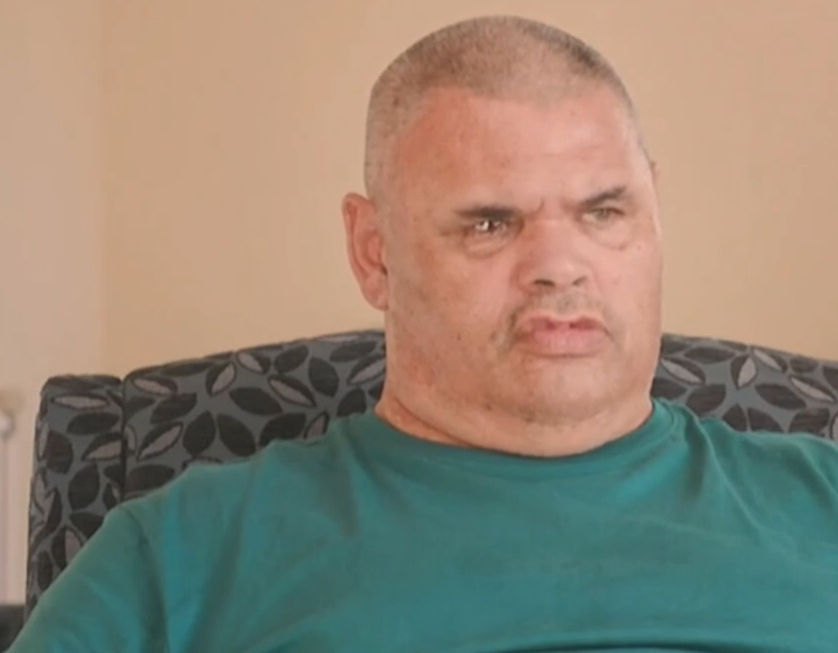
Walton Ngatai-Mathieson
Walton Ngatai-Mathieson is of Ngāti Porou descent. Walton was five when he was stung by bees, causing an infection in his eyes that eventually left him legally blind. Walton also developed epilepsy as a child and his grandparents, who were his caregivers, did not know how to get him through his seizures safely so sent him to Gisborne Hospital. Walton went on to spend 14 years of his life in State psychiatric institutions, including Lake Alice Hospital, Hastings Psychiatric Hospital, the psychiatric unit of Cook Hospital in Gisborne, Tokanui Psychiatric Hospital and Porirua Psychiatric Hospital near Wellington.
Read: Walton's profile from He Purapura Ora, he Māra Tipu: From Redress to Puretumu Torowhānui here
Watch: Statement of Walton Ngatai-Mathieson for Lake Alice Child and Adolescent Unit hearing
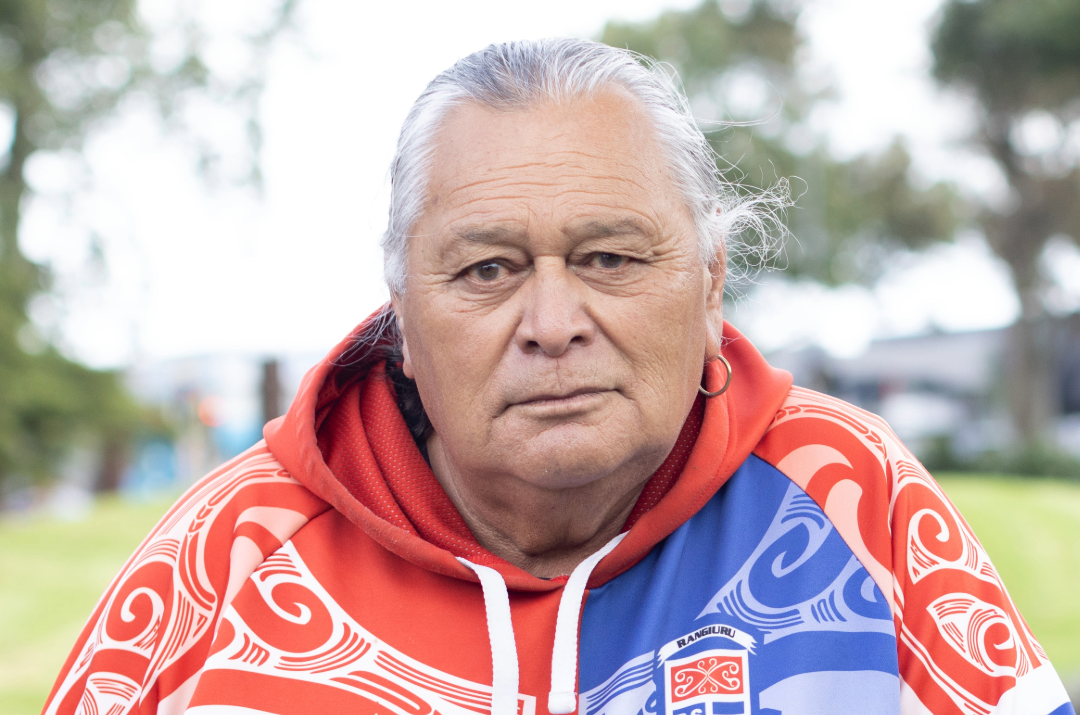
Whiti Ronaki
Whiti Ronaki is of Te Arawa descent. When he was three years old, he lost his hearing due to contracting meningitis. Whiti was sent to board at Kelston School for the Deaf in Auckland from the ages of six to about 16 (1959 to 1969). At Kelston, he experienced physical, psychological, sexual, and emotional abuse and neglect which continues to impact his personal life and wellbeing. Whiti spoke to the Inquiry about children being smacked for signing, and about becoming involved in gangs as a young adult and feeling alienated from both Deaf and Māori communities. He shared his journey to turn his life around, embracing his Deaf and Māori culture, and his work helping young Deaf students. He also spoke about the challenges that Deaf Māori still experience, and his hopes for the future – such as sign language continuing to include te reo Māori signs.
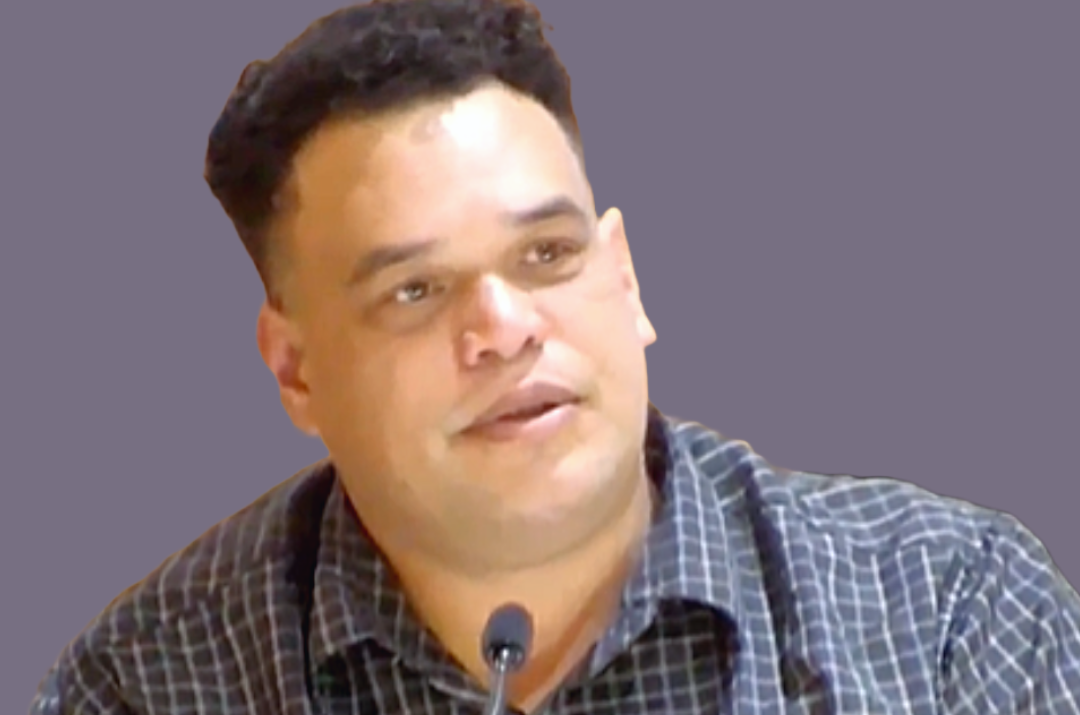
William Wilson
William Wilson is a former student of Wesley College in South Auckland. He shared his experience of the ongoing physical abuse he received from prefects and senior students at the boarding school in the 1990s, and the abuse he witnessed. William described the long-lasting impacts the abuse has had on him and his Samoan cultural identity.
Watch: Witness statement of William Wilson for Tulou - Our Pacific Voices: Tatala e Pulonga hearing
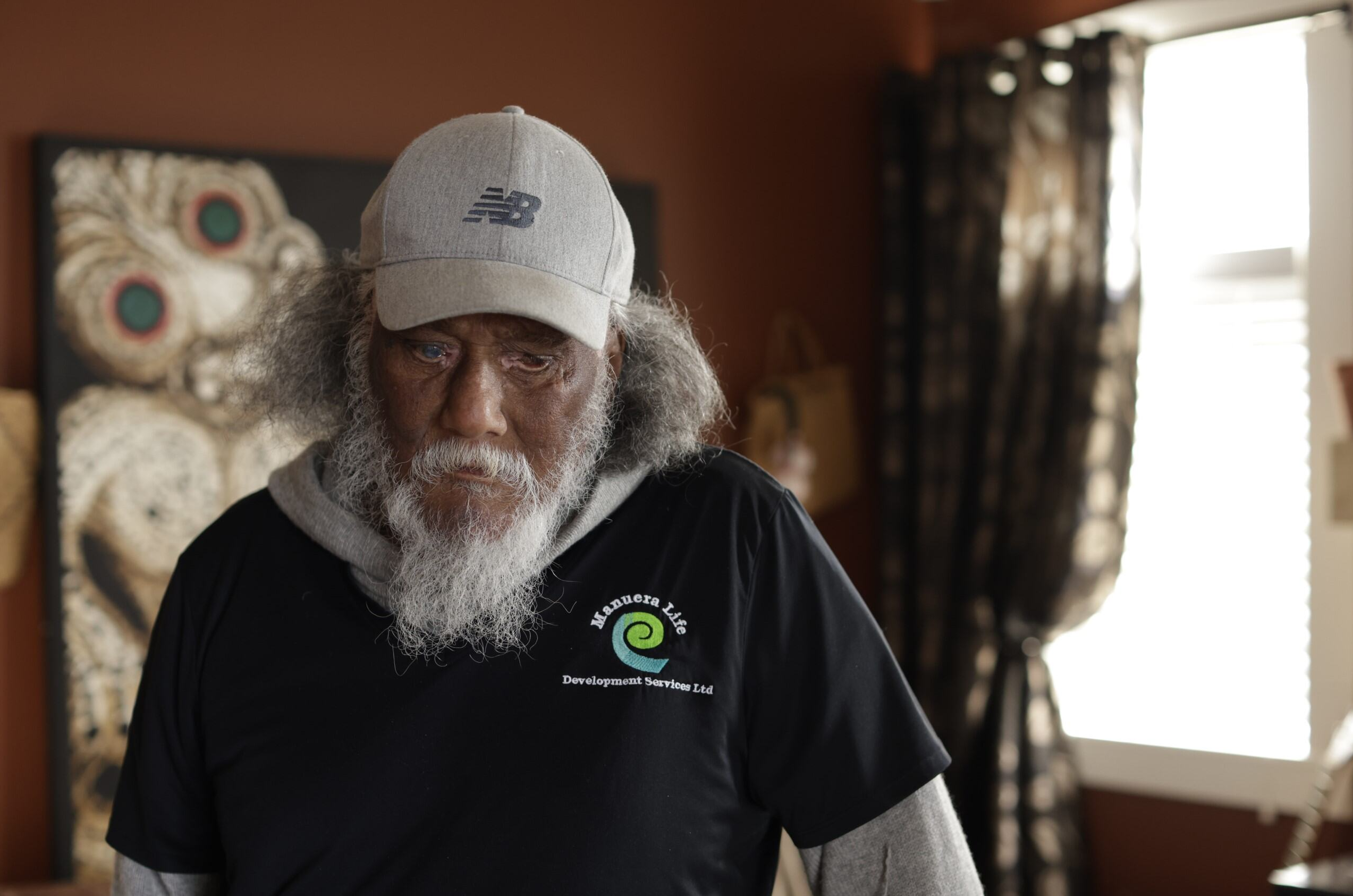
Wiremu Waikari
Wiremu Waikari is of Ngāti Porou descent. He has reclaimed his ingoa as a way of rejecting his experiences of abuse in care. Wiremu spoke to the Inquiry about being adopted, and being placed in child welfare and state care. He discussed the abuse that he suffered in these settings, which included physical, verbal, psychological and sexual abuse. He also discussed his experiences of racism in the care system, and the impact that racism had on him. Wiremu is now a qualified social worker and counsellor, and works as a Māori consultant and a Māori advisor to many organisations, including the Royal Commission of Inquiry. Wiremu shared his recommendations of cultural support and healing for Māori survivors of abuse.
Watch: Witness statement of Wiremu Waikari at the Māori public hearing
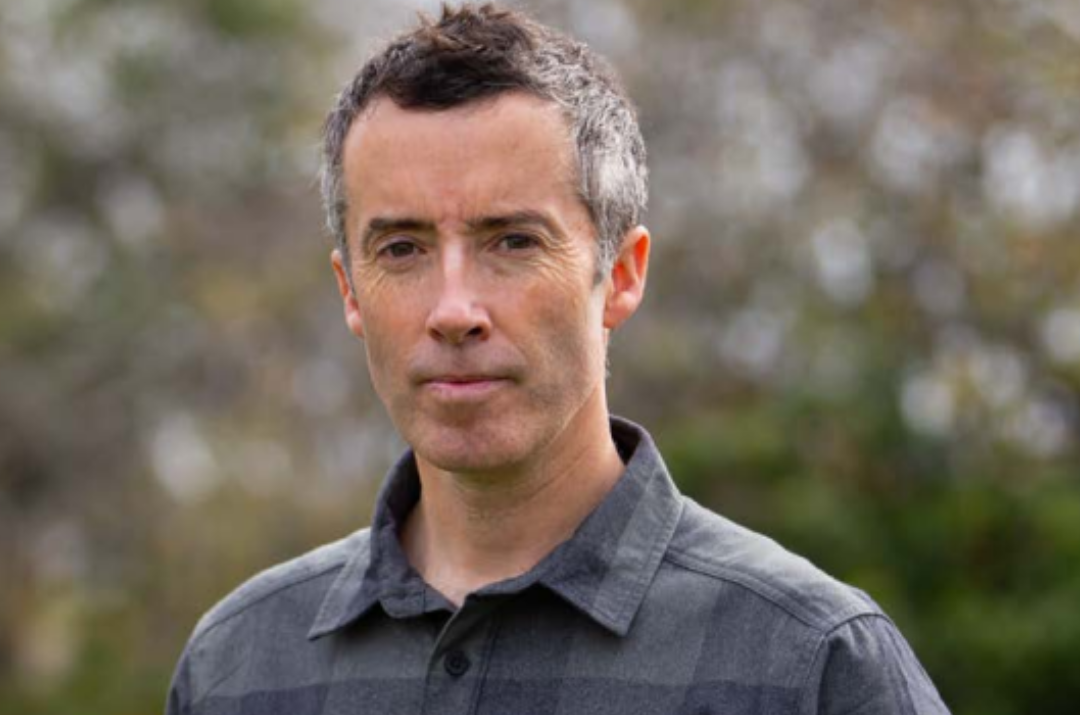
Zion Pilgrim
Zion Pilgrim lived in the Springbank and Gloriavale faith-based communities from birth. As an adult he became concerned about the way that community leaders kept issues, such as sexual abuse in the community, quiet and took no steps to make changes. Zion and his family left Gloriavale in 2020, and he is now actively involved with the Gloriavale Leavers’ Support Trust.
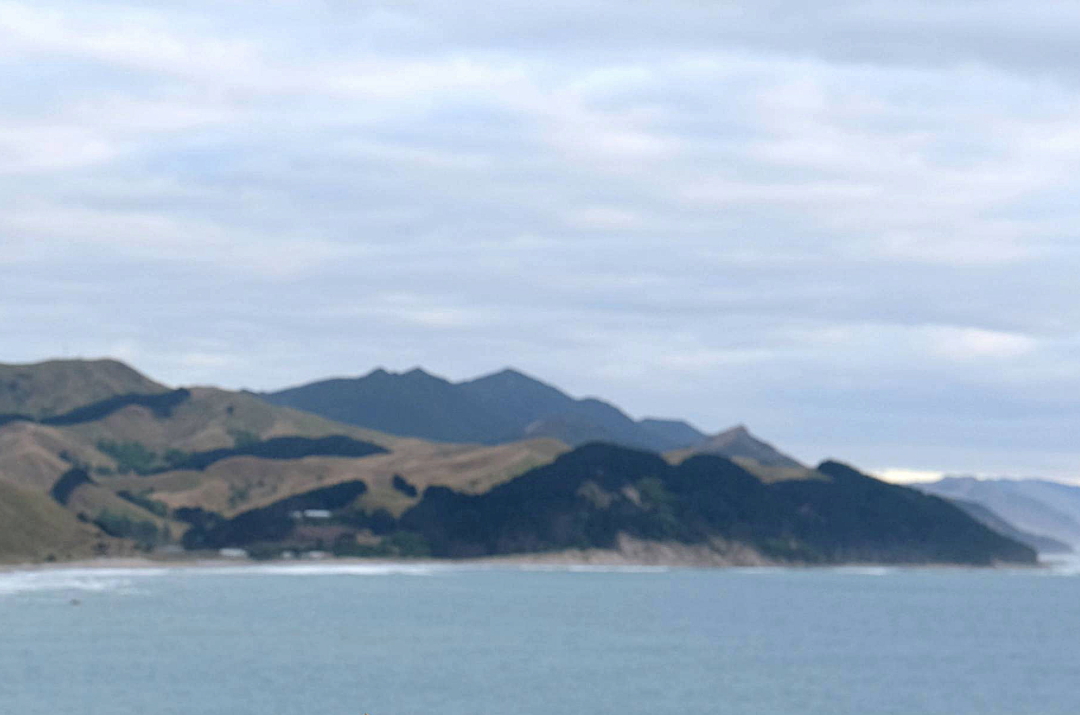
Vincent Reidy
Vincent suffered abuse by former priest, Magnus Murray, at a Christian Brothers High School. In 2003, Murray was convicted of 10 charges involving four complainants for offending that occurred between 1958 and 1972. Murray’s conviction reawakened Vincent’s repressed memories of the abuse. In 2006, Vincent disclosed his abuse to a Parish Priest who arranged for counselling on the condition that Vincent would not sue the Church. Vincent was not advised of the “A Path to Healing” process nor the National Office for Professional Standards. Vincent has suggested improvements to the Catholic Church’s redress process, including listening to survivors, providing counselling and taking responsibility for abuse that occurred by the Church.
Read: Statement of Vincent Reidy for Faith-based redress hearing
